
















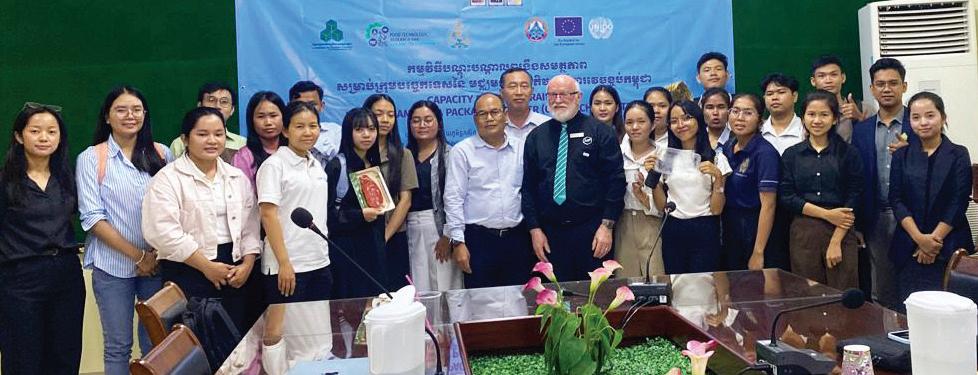
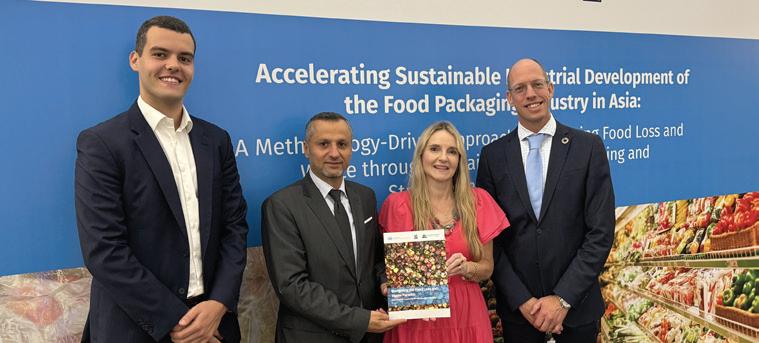
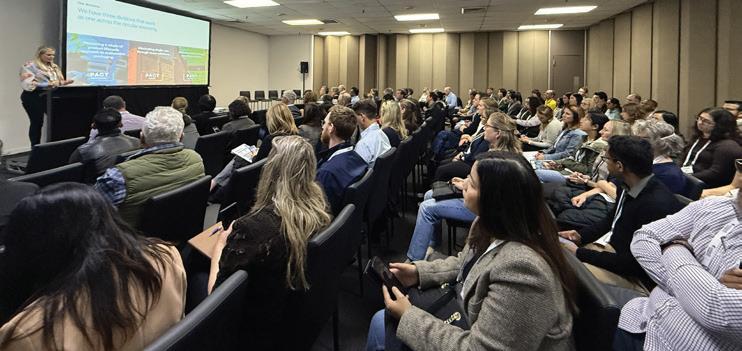


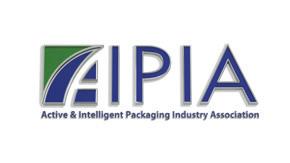


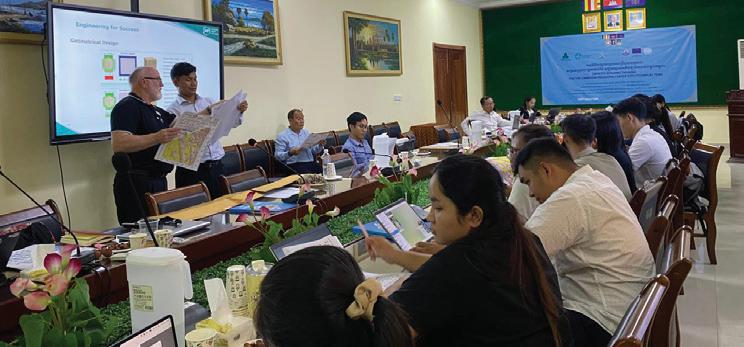

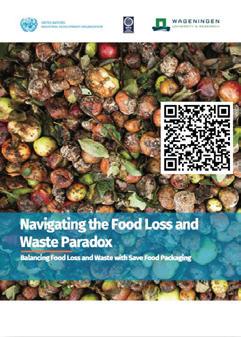
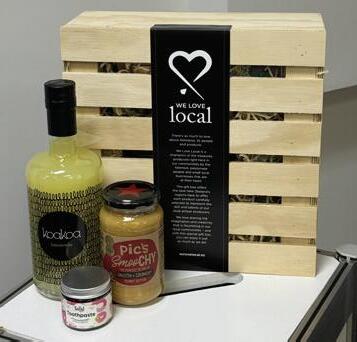
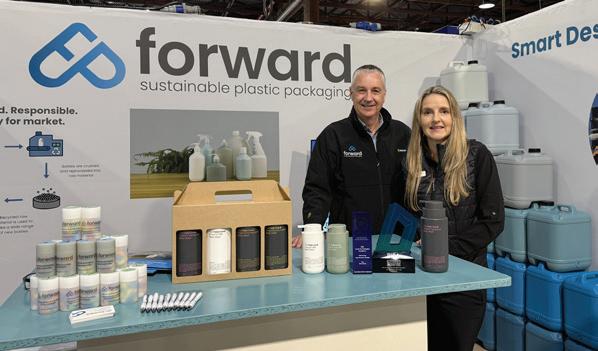
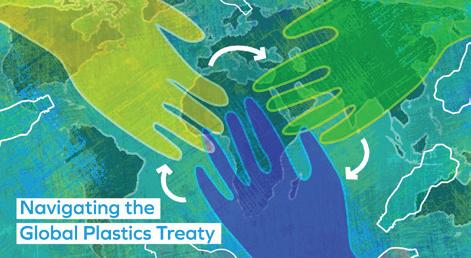

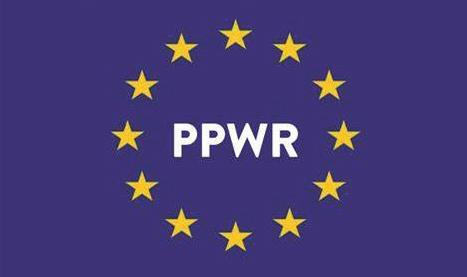




































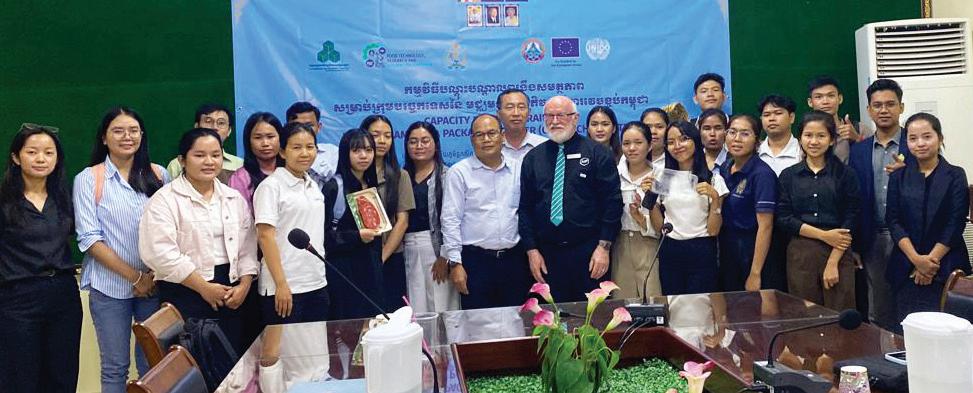
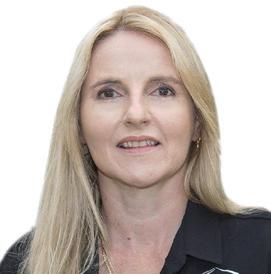
Nerida Kelton FAIP
Executive Director – AIP
Vice President Sustainability - WPO
It is not every day that the Australasian Institute of Packaging (AIP) is invited by the United Nations Industrial Development Organisation (UNIDO) to run an intensive packaging training program in the Kingdom of Cambodia.
The Kingdom of Cambodia
With a population close to 18 million, Cambodia is a sovereign state located in the southern portion of the Indochina peninsula in South West Asia, has an area of 181,035 sq kilometres and is bordered by Thailand, Vietnam and Laos �
Cambodia is one of the fastest growing economies in Asia with an average growth rate of more than 6% in the last 6 years The country exports a wide range of agricultural products with rice, fish, peppercorns, mangoes, cashews being some of the most important, and in 2024 shipped US$26 7 billion worth of exported products In the first 8 months of 2025 nearly 473,000 tonnes of rice was exported, playing a key role in agricultural and economic growth for the country (Tridge and CEIC data)
UNIDO asked the AIP to travel to Cambodia to review the skills of the newly established Cambodian Packaging Centre (CPC) staff, assess and identify the appropriate equipment needed for the research centre, and to develop a plan for future AIP training with SME’s �
Within the framework of the Food Technology Research and Innovation (FTRIP), the Cambodian Packaging Centre (CPC) has been created as a multi-stakeholder collaborative centre that will serve as a knowledge hub, support research and development of packaging and in the future packaging training�
The FTRIP and the CPC have been supported by the CAPFISH-Capture Project which is co-funded by the EU and is UNIDO’s flagship program within the framework of Programme for Country Partnership (PCP) in Cambodia�
The CPC is hosted and located in the Royal University of Agriculture (RUA) in Phnom Penh and aims to have three phases
1 Phase 1: Packaging Knowledge Hub & Networking
2 Phase 2: Packaging Consulting & Networking
3� Phase 3: Packaging Testing Facility & Accreditation
Before heading to Cambodia, the AIP undertook a skills assessment of the staff of the CPC and the topics for the training were borne out of this information�
Based on the results of the survey the AIP education team identified that the staff at the Cambodia Packaging Centre (CPC) had strong academic knowledge but were limited on foundational packaging knowledge, minimal knowledge in the fundamental principles of packaging technology and its application, minimal knowledge working with Startups and SMEs and minimal knowledge on food safety and application�
The AIP strongly recommended that the initial training in country focused on the priority areas of the fundamentals of packaging for the food sector
The AIP created an intensive 3-day training program over 24 hours of classroom lecturing and covered a broad range of topics including:
• The Role of Packaging in Modern Society
• Sustainable Packaging Guidelines
• Packaging Design – Efficiency Touch Points
• Introduction to Packaging Materials
• Introduction to Corrugated Packaging
• Packaging Specifications
• Accessible Packaging Design
• Plastic Applications in Industry
• Packaging Formats Everyone Neglects
• Business Aspects of Packaging
• Packaging technology, design, formats, and materials
• A summary of what the CPC staff learnt during the week
Sending AIP Education Coordinator, Ralph Moyle, FAIP, CPP, who is a 40-year packaging veteran, in country was the only way to ensure that the CPC staff could gain foundational knowledge in the science packaging in a week�
Ralph and his suitcase of samples hit the ground running and headed to Phnom Penh, Cambodia to elevate the skills of the staff of the newly formed Cambodian Packaging Centre (CPC)
Before and after the AIP Training, the CPC staff were asked a series of questions to see if their knowledge improved after the intensive 3-day training
Key outcomes from the AIP training showed a substantial improvement in knowledge across all topics, which is a credit to the skills of Ralph Moyle, FAIP, CPP and his lecturing style and delivery�
Prior to the training, 21�1% of the participants had a high level of confidence in Understanding the role of packaging in modern society , and 0% had a very high level After the AIP training, this increased to 61 5% at a high confidence level and 23 1% at a very high level
Prior to the training, 21 � 1% of the participants had a high level of confidence in their Knowledge of sustainable packaging guidelines , and 0% had a very high level After the AIP training, this increased to 46 1% at a high confidence level and 15 4% at a very high level
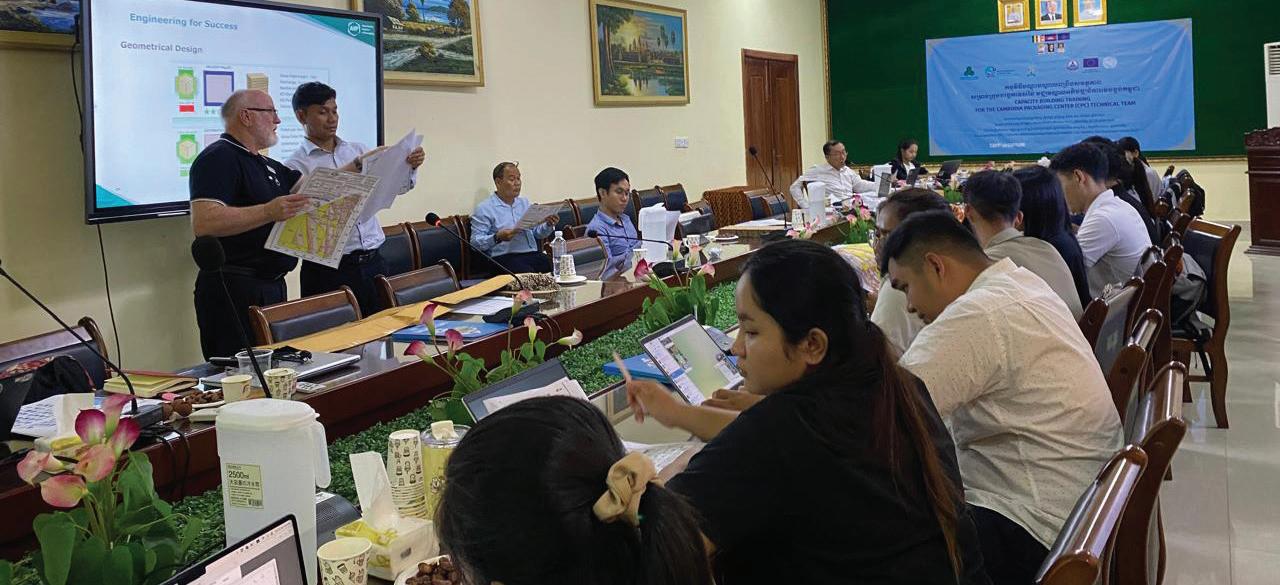
Prior to the training, 15 � 8% of the participants had a high level of confidence in their Understanding of corrugated packaging, and 0% had a very high level� After the AIP training, this increased to 46 � 1% at a high confidence level and 30�8% at a very high level�
Prior to the training, 15 8% of the participants had a high level of confidence in their Understanding of the business aspects of packaging and 0% had a very high level After the AIP training, this increased to 30 8% at a high confidence level and 15 4% at a very high level
Key topics of interest during the 3-day intensive were:
Active & Intelligent Packaging: This is an underutilised area for Cambodia and SME’s and should be considered as a part of the CPC
Sustainable Packaging Design: The training provided detailed guidelines on how to design primary, secondary and tertiary packaging and also best practice examples from across the world�
“A really important part of AIP training is to always invite attendees to bring in examples of packaging they want to discuss. During the training days I was able to speak to the samples and then guide them through what Sustainable Packaging Design really mean for Cambodia. I was also able to provide the attendees with a guide and a toolkit for implementation,” Ralph Moyle FAIP, CPP
Accessible & Inclusive Packaging: Ralph carried his GTRI Accessible gloves all the way from Australia, as well as the Vision Australia glasses to allow the attendees to experience Accessibility in real life�
“Once someone puts the gloves and glasses on, it changes their beliefs of Accessible Packaging. The sensory experience makes such a huge transformational difference in a classroom environment. Using the gloves opens their eyes to how important it is to make packaging easy to open and close so that no one is left behind,” Ralph Moyle FAIP, CPP
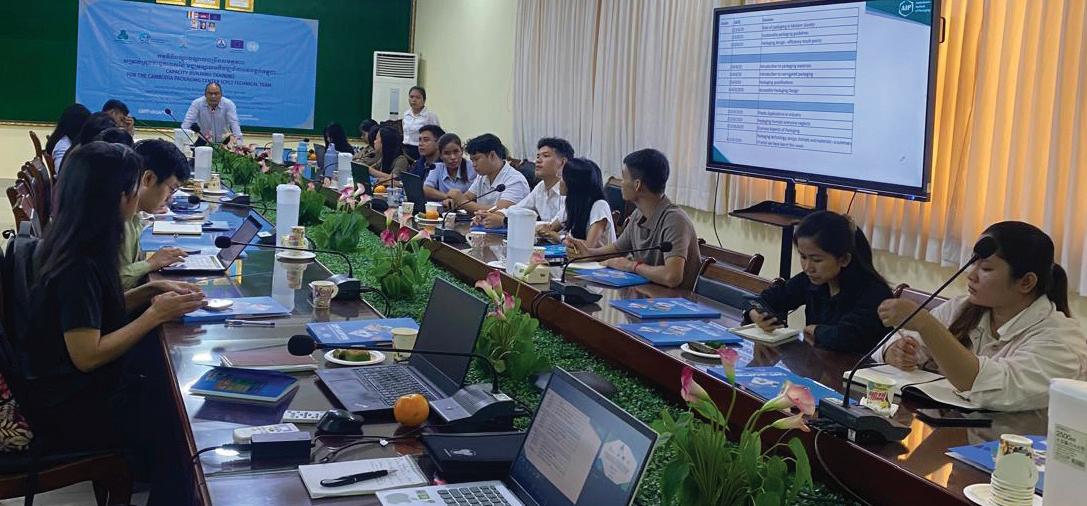
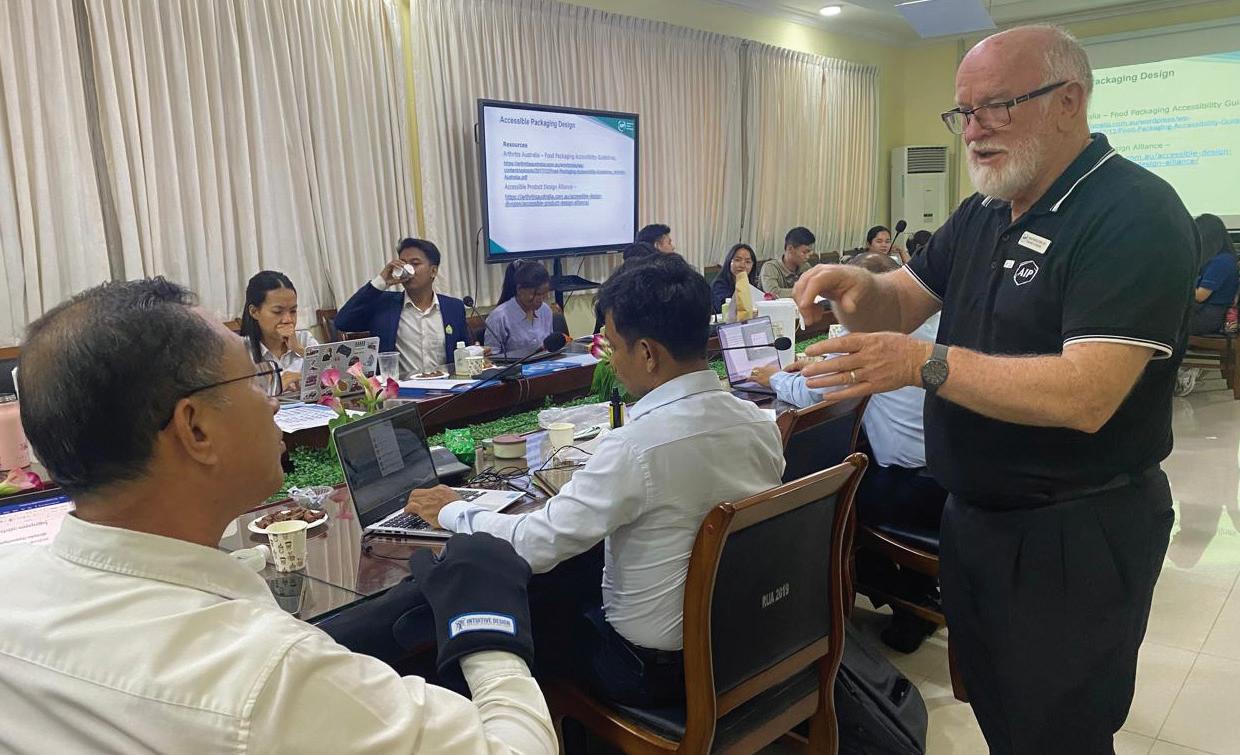
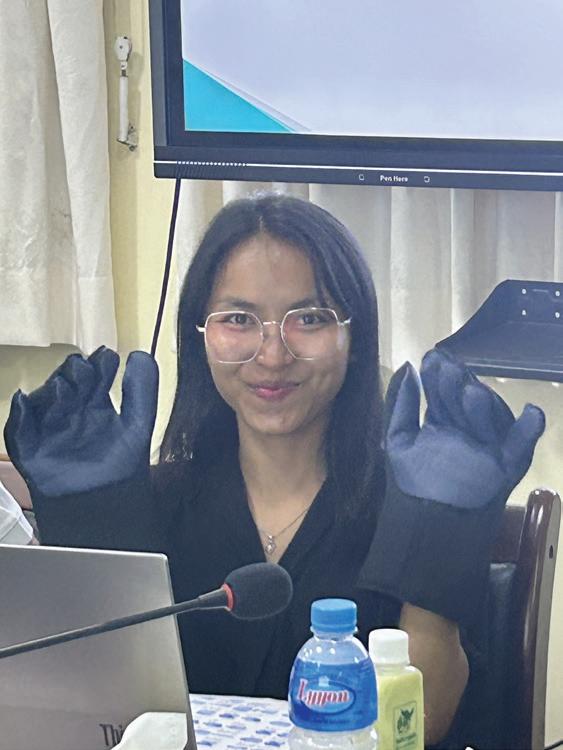
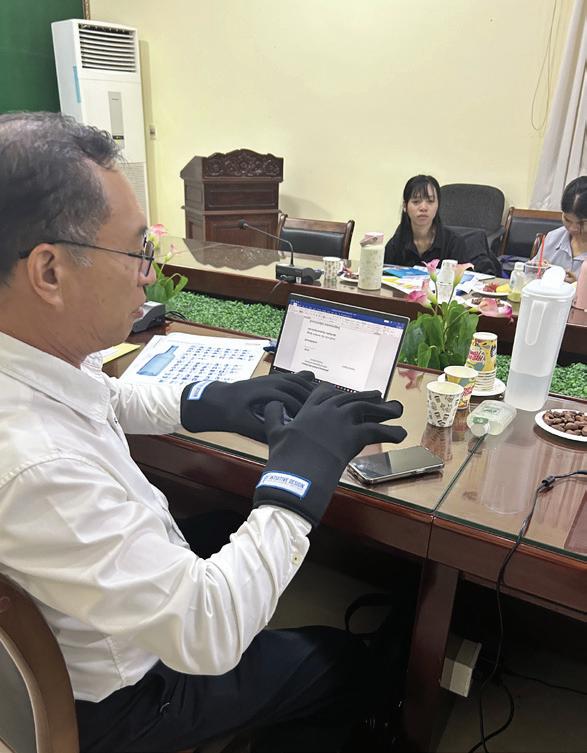
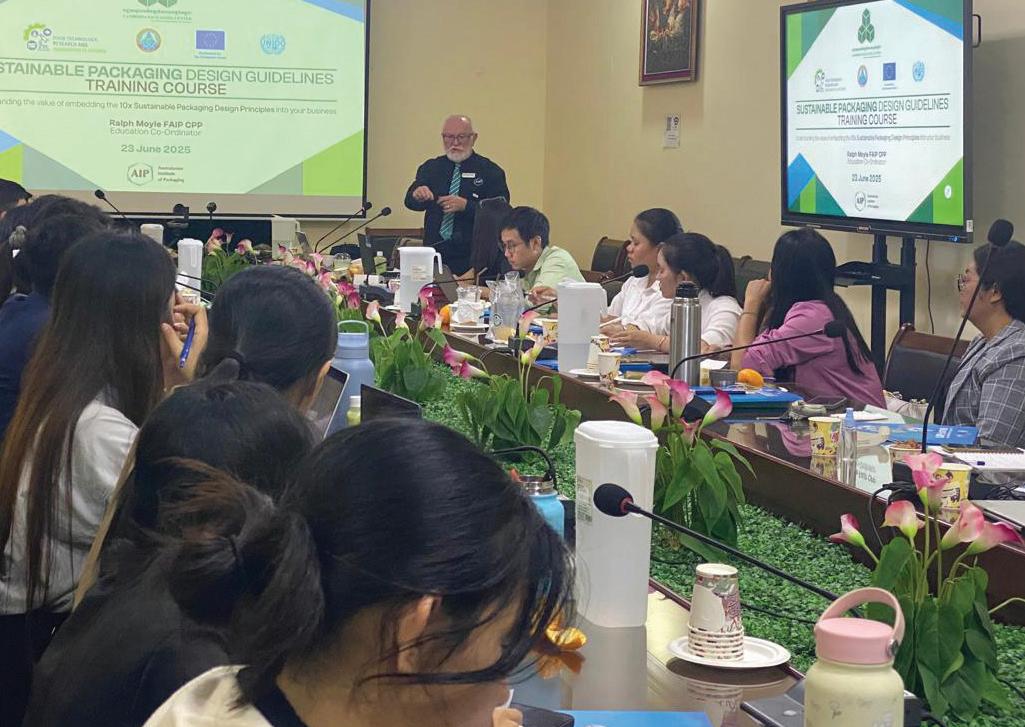
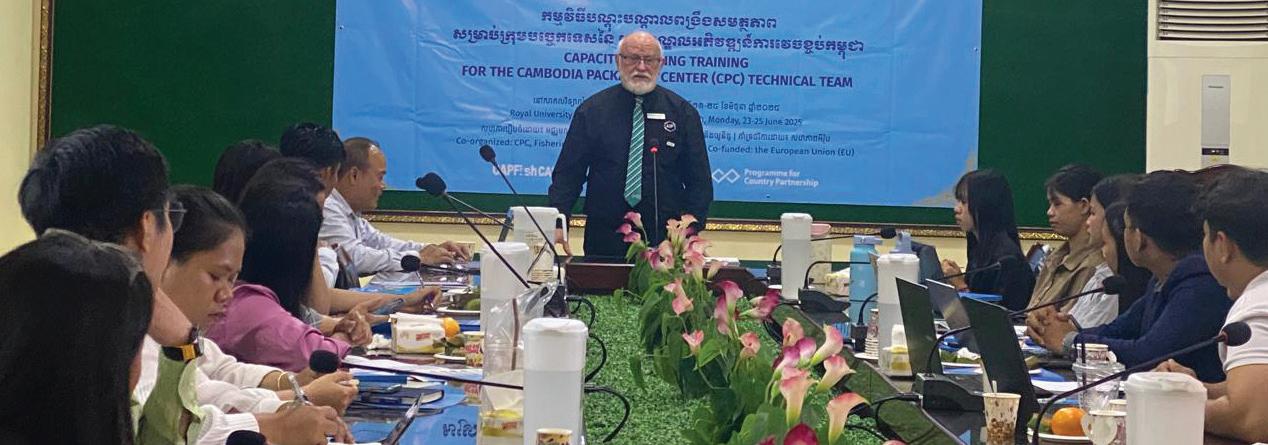
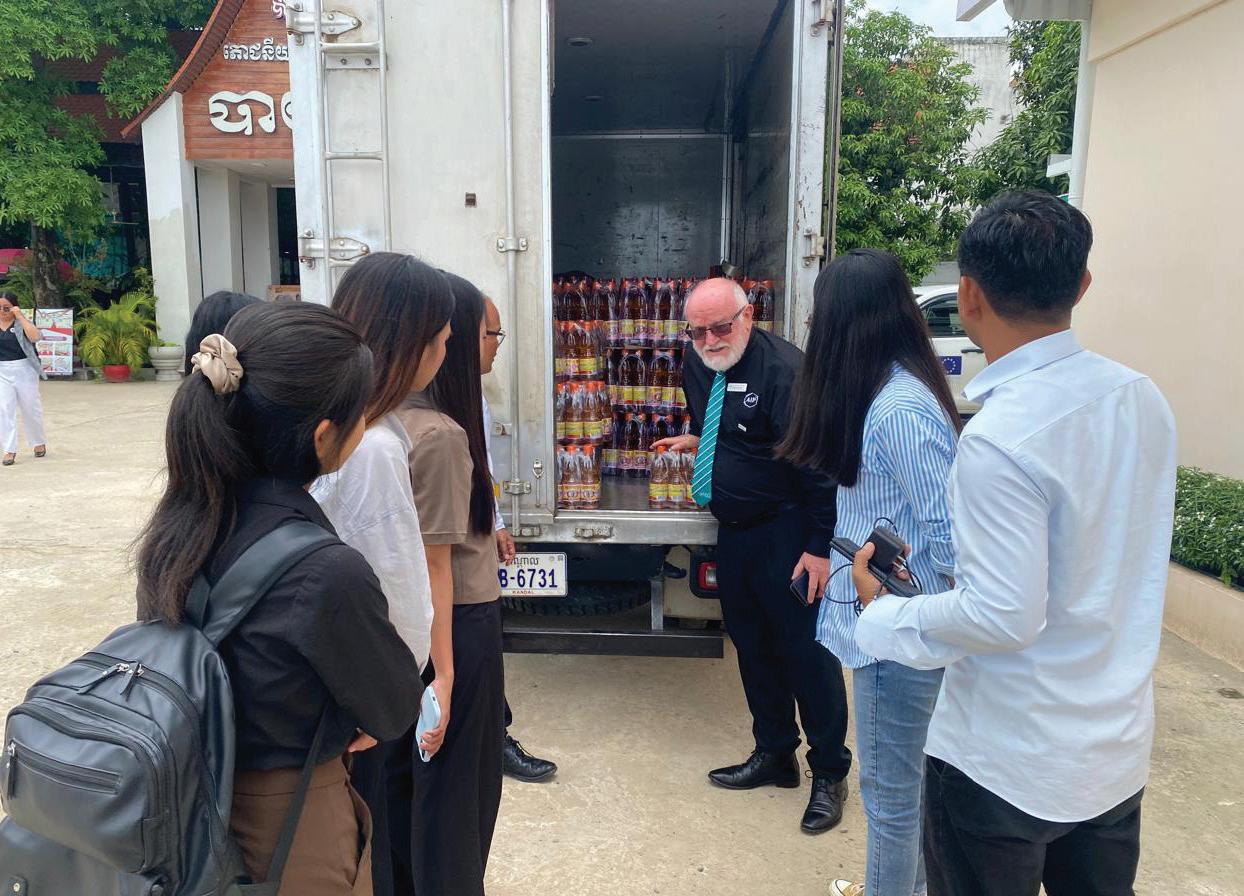
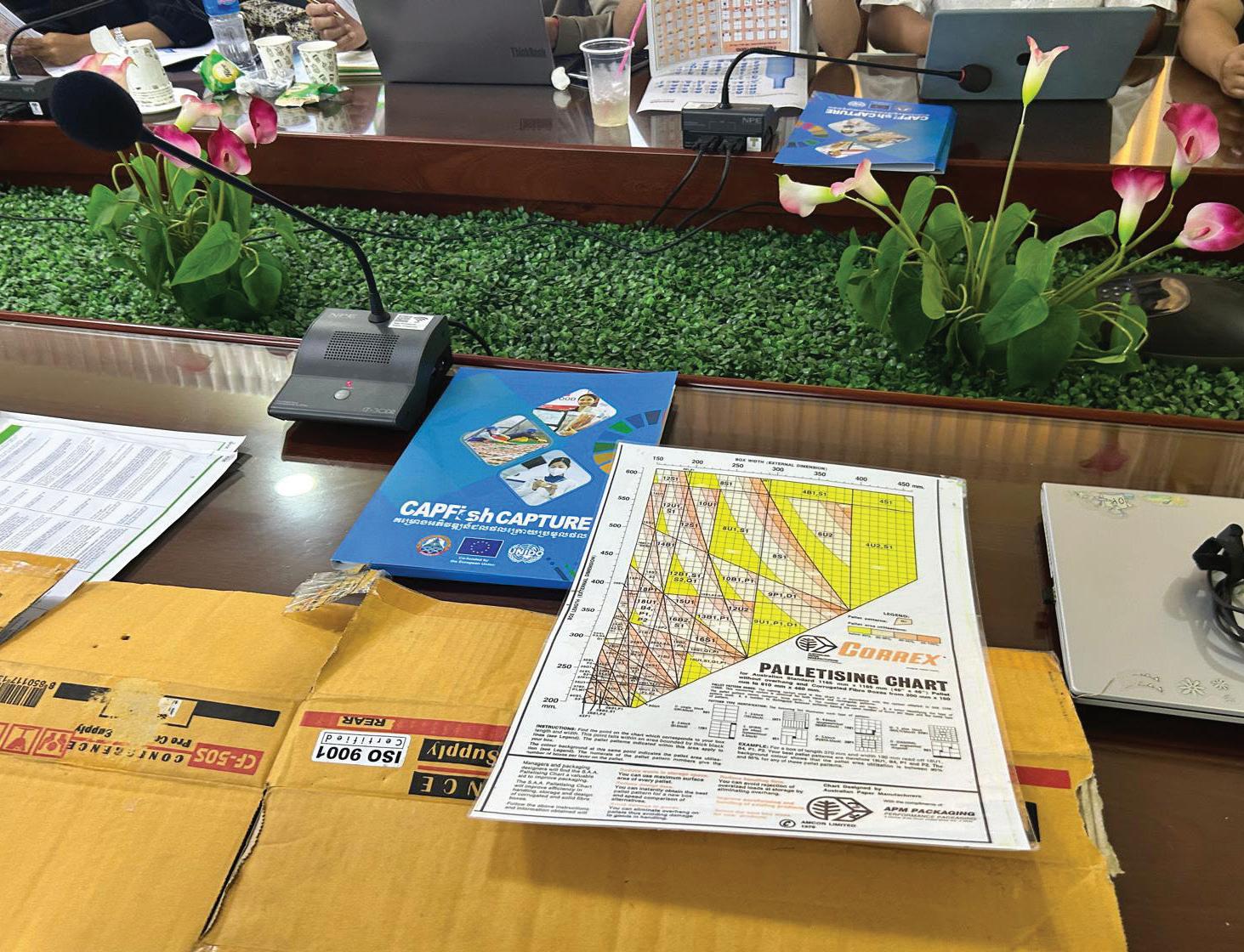

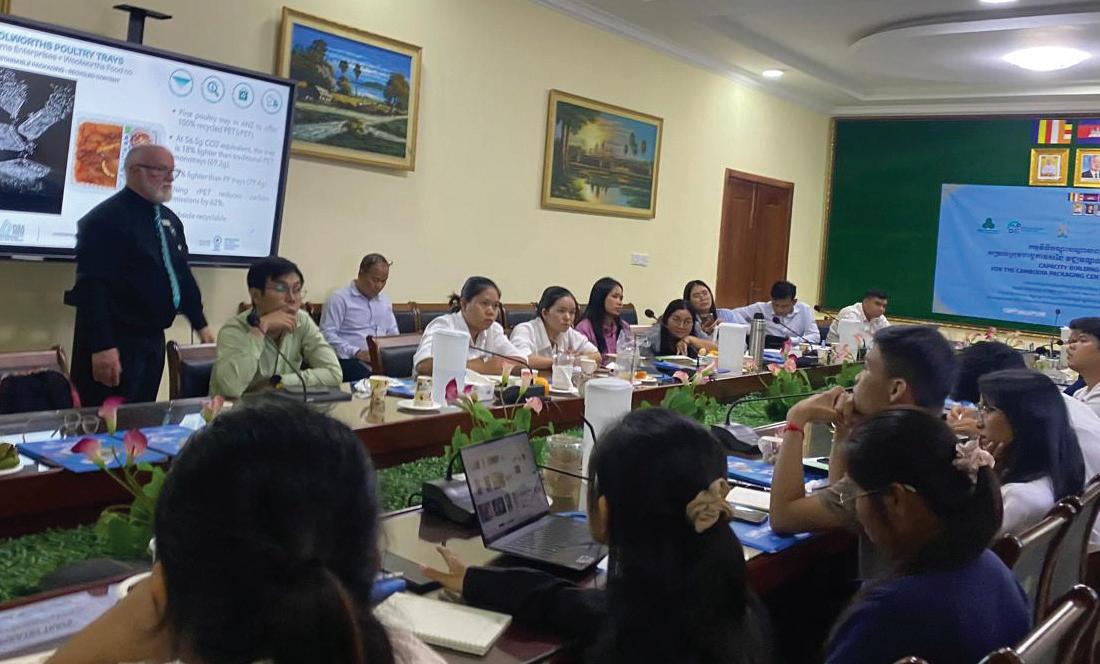
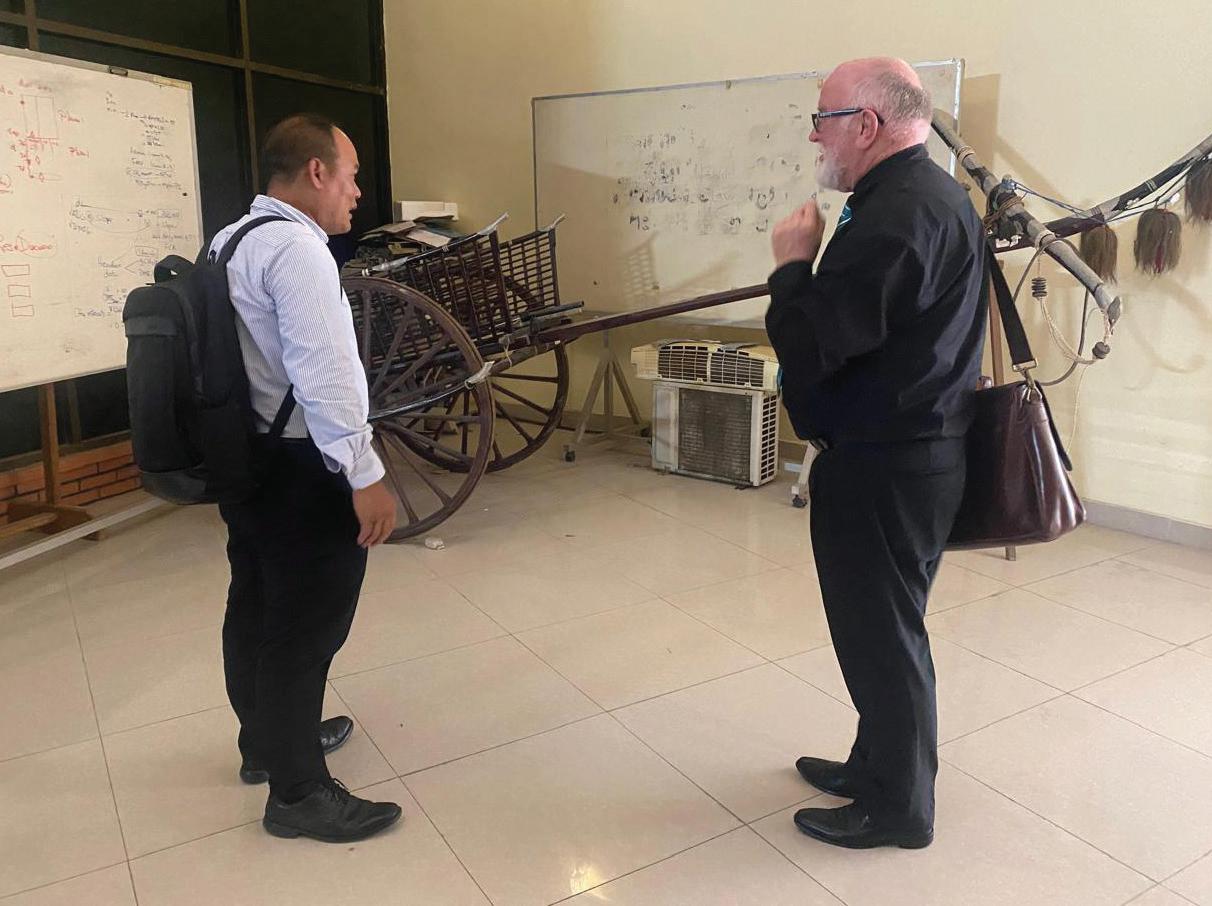
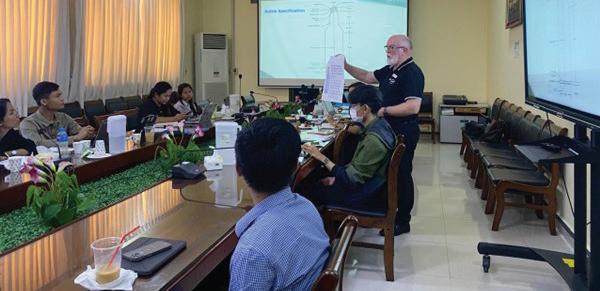
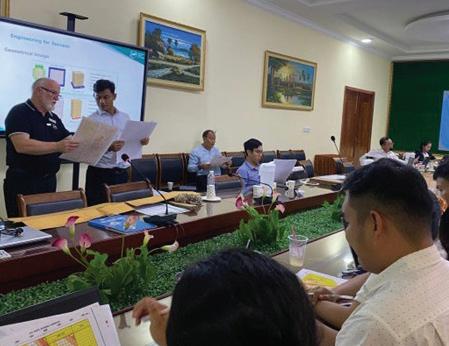
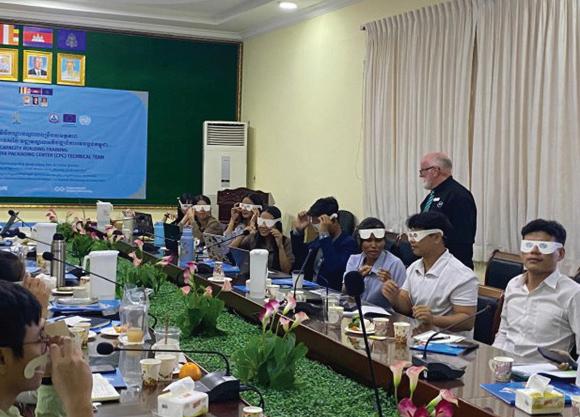
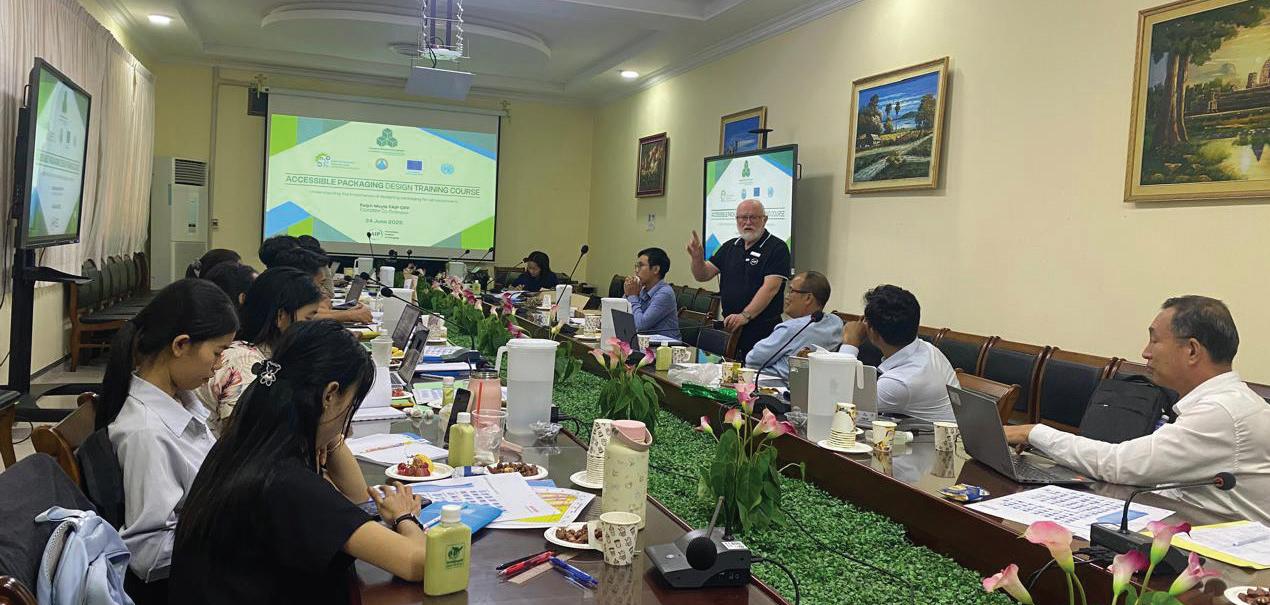

Inaugural PackTalk packaging forum hosted by Cambodian Government
Coinciding with the AIP in-country visit was the first PackTalk packaging forum for SME’s Hosted by the Ministry of Industry, Science, Technology & Innovation (MISTI), in collaboration with key partners such as KE UNIDO, GIZ, the forum was designed to boost Micro, Small, and Medium Enterprises (MSME) growth and market opportunities at the Sokha Hotel, Phnom Penh
According to the 2022 Economic Census, Cambodia has over 753,000 Micro, Small, and Medium Enterprises (MSME), employing nearly 3 million people, about 60% of whom are women.
The sector contributes 63% of the national gross domestic product and remains central to Cambodia’s ambitions to create a more diversified, innovation-driven economy.
PackTalk Cambodia is the country’s first national packaging forum designed to:
• Raise awareness on the importance of packaging for product quality, sustainability, and market access
• Connect industry stakeholders across the packaging value chain, including MSMEs, suppliers, academia, and policymakers
• Identify gaps and opportunities in Cambodia’s packaging ecosystem�
• Promote innovation, local capacity, and policy dialogue in packaging development�
The Ministry’s mission is to build awareness and capability in sustainable and strategic packaging, while our vision is to shape a future-ready ecosystem that empowers Micro, Small, and Medium Enterprises and industries alike
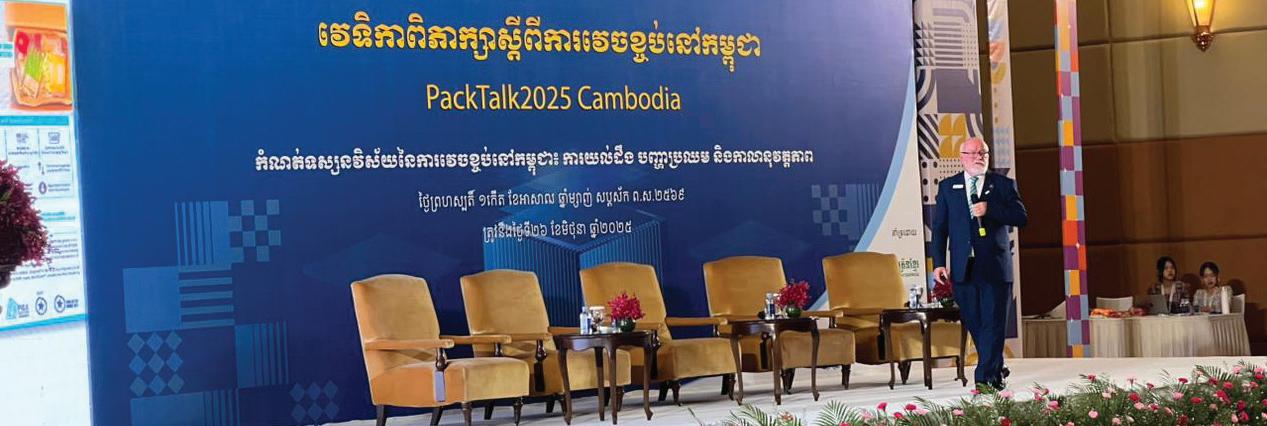
The day aimed to promote Cambodian Micro, Small, and Medium Enterprises (MSME)s, foster innovation, and encourage their integration into regional and international markets
Hearing that Ralph Moyle was in town MISTI reached out to request a keynote presentation address to the conference on the topic ‘Global Packaging Landscape’ and to also join a panel discussion on the ‘Role of Design in Packaging’�
The 2025 forum attracted over 260 participants, including MSME representatives, government officials, international experts, development partners, packaging suppliers & users The event featured panel discussions, industry presentations, exhibitions, and a packaging data gallery�
The details of official dignitaries who attended PackTalk Cambodia 2025:
• Hem Vanndy, Minister of Industry, Science, Technology & Innovation – who delivered the keynote address and officially opened the forum�
• Secretary of State & Under-Secretary of State from MISTI & Ministry of Agriculture, Forestry and Fisheries (MAFF)�
• Representatives from the Ministry of Environment, Ministry of Commerce, Ministry of Economy & Finance, Ministry of Mines and Energy, Ministry of Labour and Vocational Training
• Finance and other relevant line ministries were also in attendance
• The Chief Executive Officer of Khmer Enterprises HE Dr Chhieng Vanmunin�
• The event was supported by representatives from KE, GIZ, UNIDO, development partners, and industry associations�
PackTalk was initially designed as a one-time, nonrecurring event; however, MISTI intends to explore opportunities to institutionalise it as a regular platform�
“The PackTalk packaging forum was extremely wellattended with over 250 people in the audience from some of the most senior levels of government and agencies. Establishing this event for Cambodian SME’s was a clear message from MISTI that they packaging has a significant role to play in the economic development of Cambodia primary industries. Listening to all of the speakers it helped me to better understand that the questions, gaps, challenges and barriers for SME’s really does not differ that much in any corner of the globe.
Everyone has the same concerns, and all want to see better deliverables and outcomes for their business. Cambodia has some fantastic products that they want to export including Rice, Fresh Produce such as mangoes, cassava, corn, bananas, fish, Cashew Nuts, Spices – Pepper and Natural Ingredients. I was honoured to have been invited to participate in the inaugural forum and have the unique opportunity to meet esteemed members of MISTI and also the Australian Ambassador Mr Yip.” Ralph Moyle FAIP, CPP
In his opening address to the PackTalk Forum, Minister Hem Vanndy stressed that packaging is not merely a supporting industry, but rather a strategic pillar of Cambodia’s economic transformation
“Packaging plays a crucial role in the development of Micro, Small, and Medium Enterprises (MSME), the industrial sector, and the economic development of Cambodia,” Minister Vanndy said
“The sector contributes to skills development, job creation, and market resilience, and packaging enhances product quality, durability, and safety; while also supporting economic diversification through localised production solutions,”
“The packaging sector has progressed well in recent years in Cambodia. Over the past seven years, the number of packaging enterprises and factories has grown by 319%, with investment increasing by 131%. This remarkable growth is no coincidence—it is the result of a clear strategy and the efforts of the Royal Government under the visionary leadership of Samdech Thipadei, our Prime Minister.” he said�
“Ralph thank you. Your presence and contributions brought such richness to the PackTalk packaging forum and sparked meaningful conversations around the future of packaging in Cambodia. We were all very captivated by your presentations and truly appreciate how you adapted it to be straight forward and approachable to the audience (especially with the language barrier). The feedback from participants in the inaugural packaging forum have been overwhelmingly positive, and much of that is thanks to your involvement. We hope this will be the first of many opportunities to work together with the AIP as we continue to strengthen Cambodia’s packaging sector.” Rosa N Khemara, Ministry of Industry, Science, Technology & Innovation
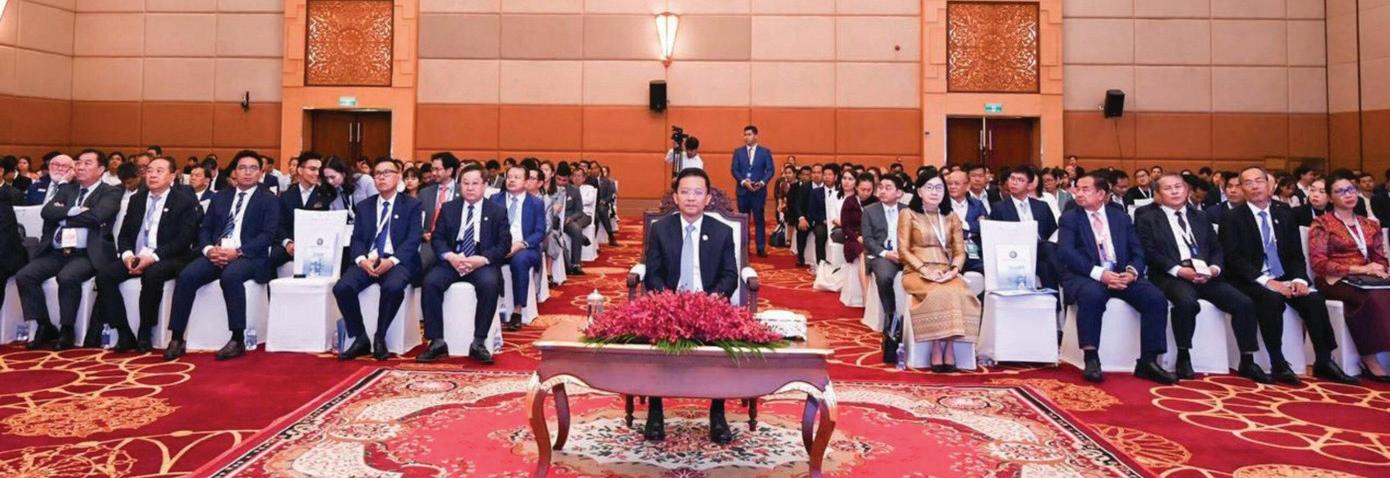

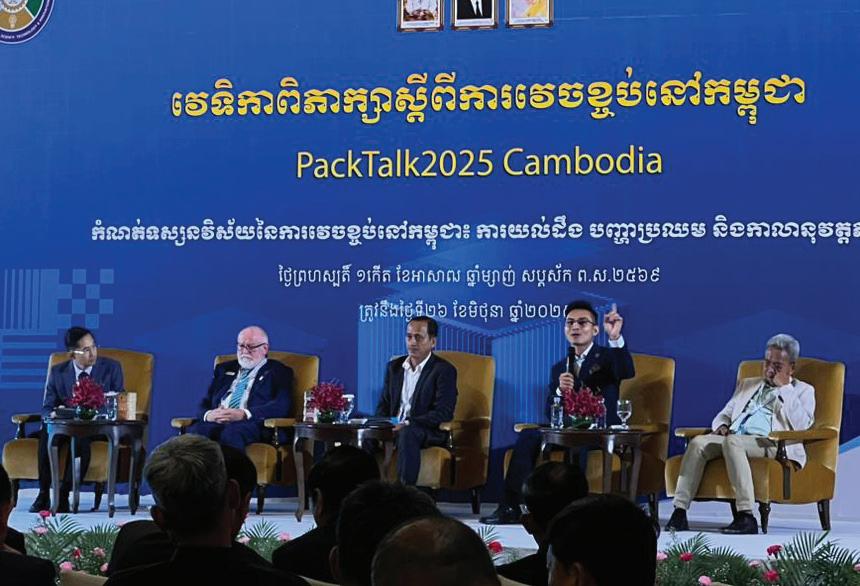

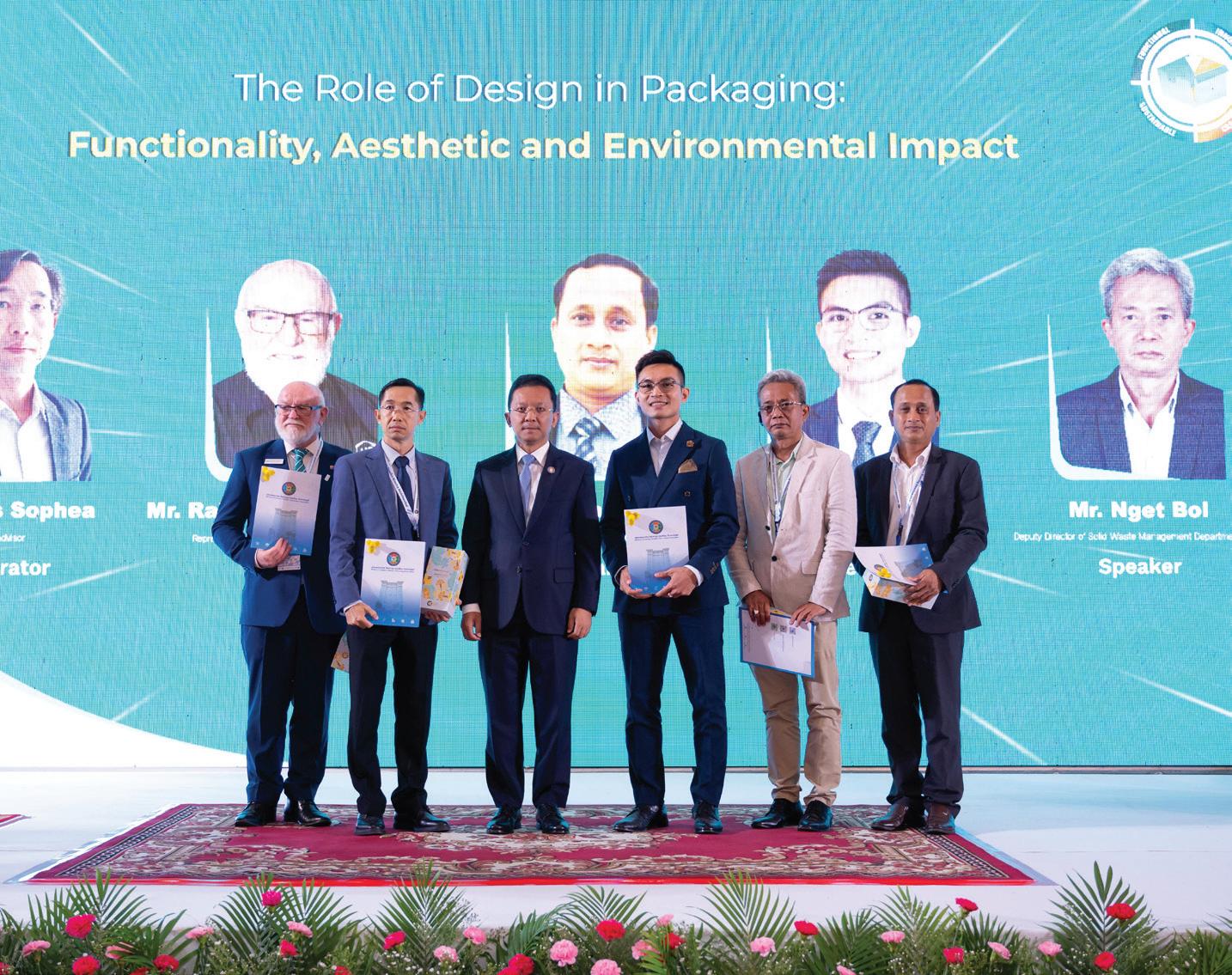


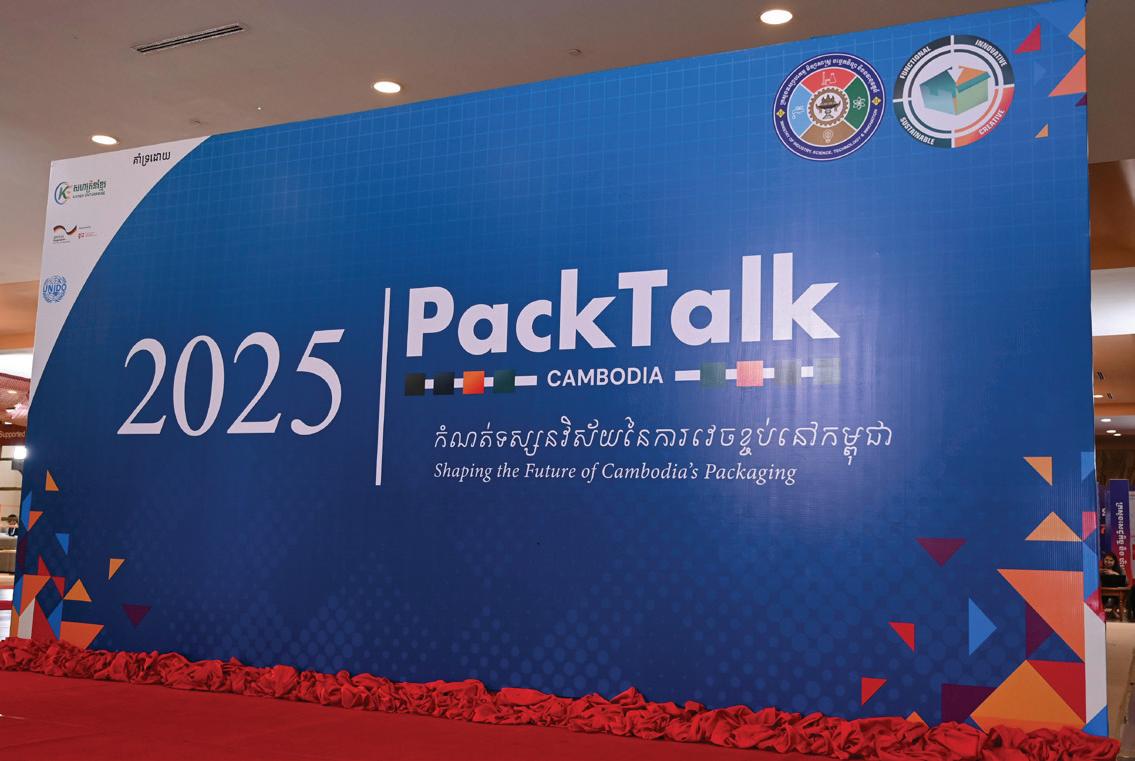
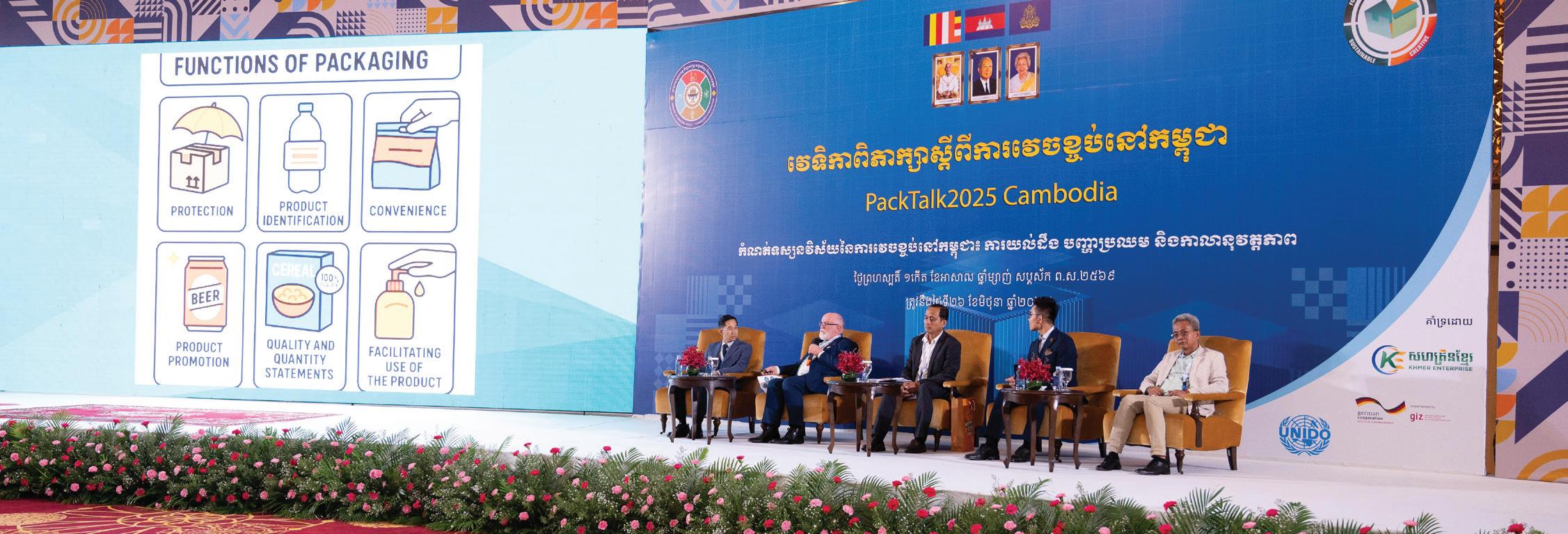
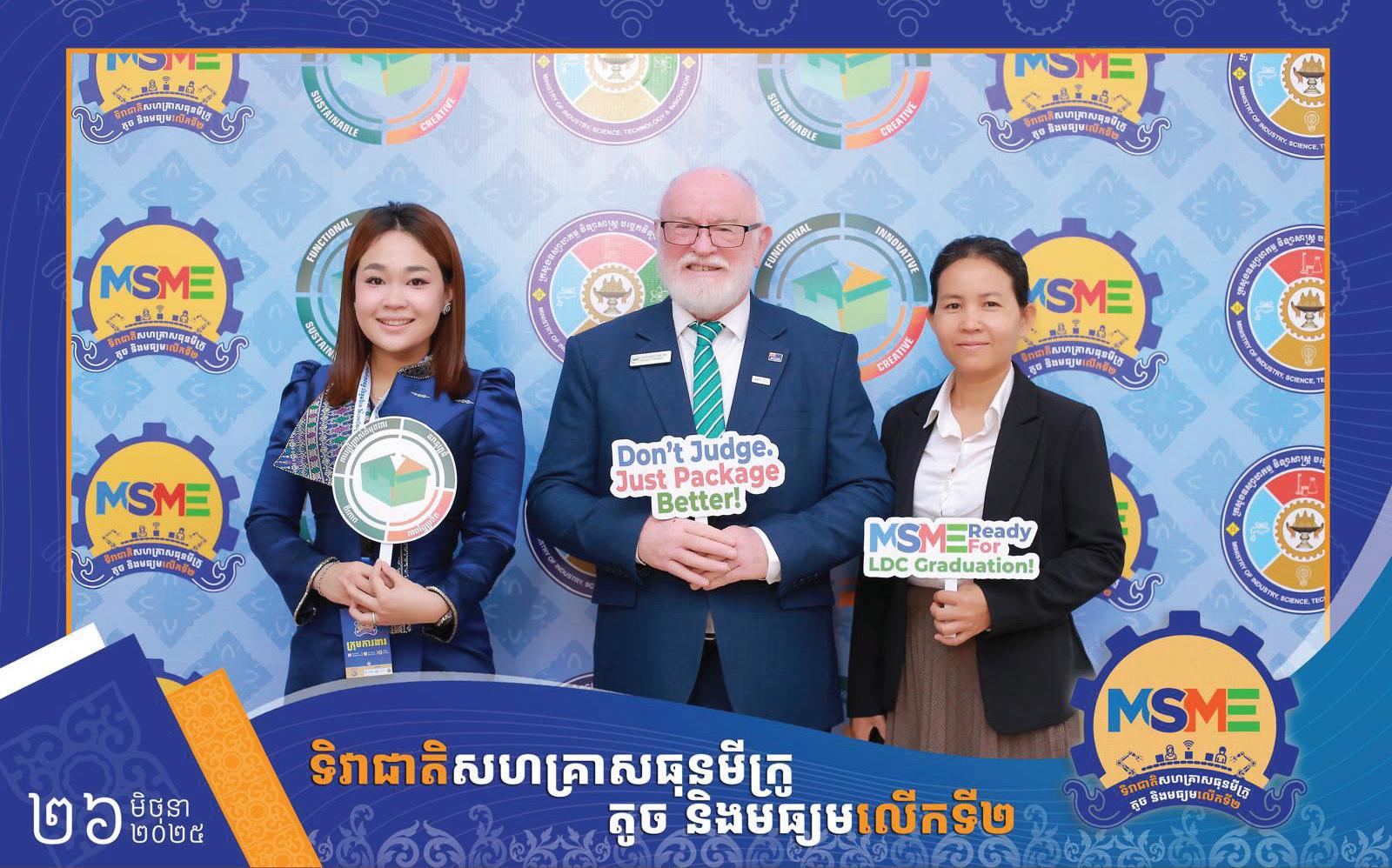
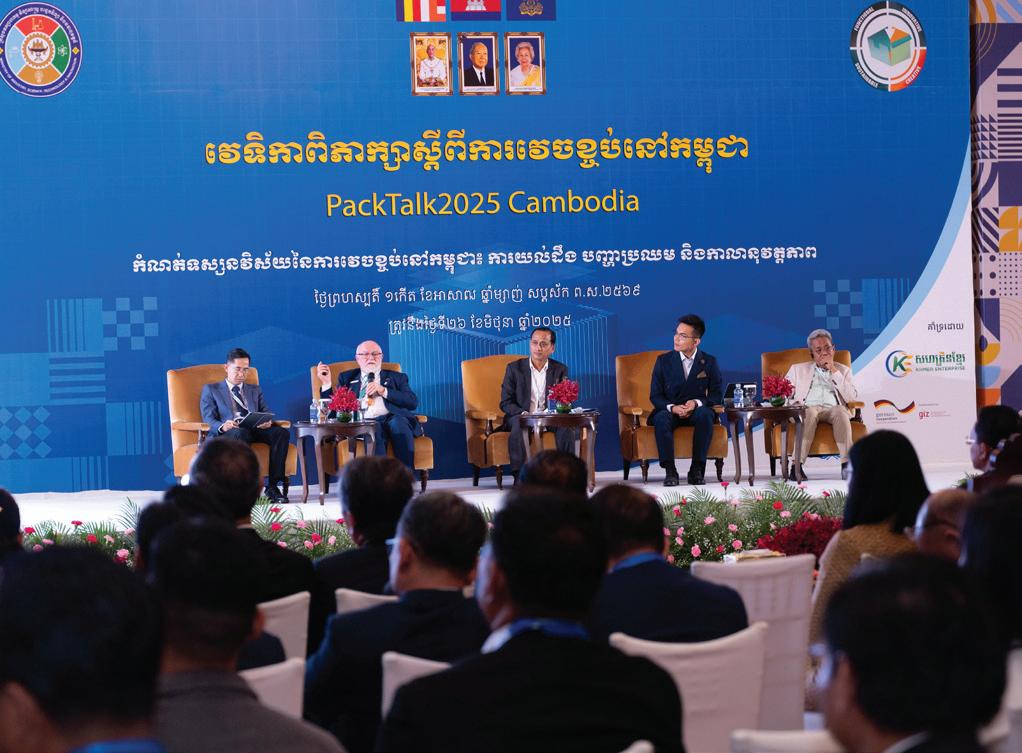
During the week in Cambodia Ralph also had the opportunity to visit some stores, look at retail packs and also attend some important meetings with other key stakeholders in the country� This included meeting the team at CAPRED, the Cambodian Food Manufacture Association, the Cambodian Honey Association and visiting AliPop
CAPRED – Cambodia Australia Partnership for Resilient Economic Development
CAPRED is Australia’s AUD$87 million, 5-year, flagship economic development program in Cambodia It was designed in consultation with the Royal Government of Cambodia (RGC) and the private sector on the best way to help Cambodia’s economy recover after COVID-19 The primary goal is to help Cambodia achieve sustainable, resilient, and inclusive economic growth Cambodia’s food industry is in its early stages, with most produce sold in local markets or to neighbouring countries Modernising agricultural processing is vital for value addition and growth CAPRED will focus on high-value crops that attract global demand and support the establishment of Agri-food Industrial Parks The focus of the CAPRED program is Cambodian Cashew production
During the week Ralph Moyle had the opportunity
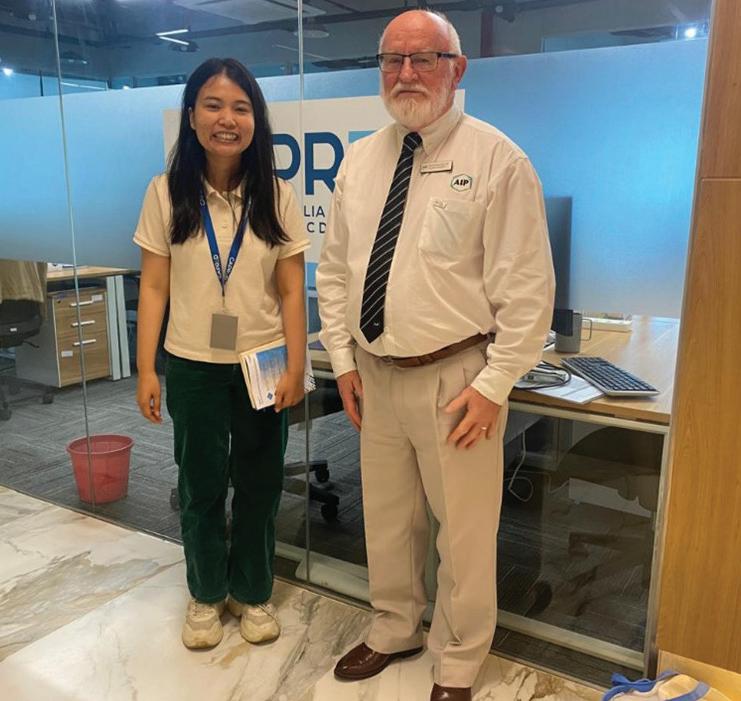
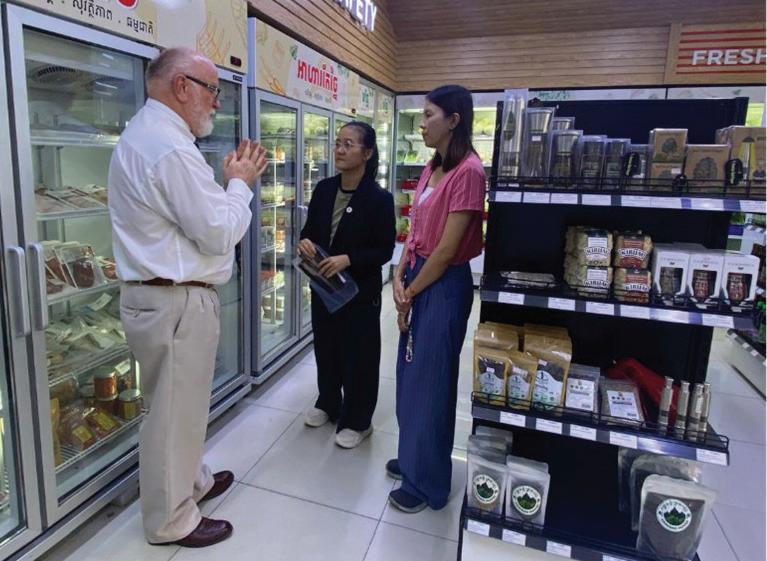
to meet Ms Ponleu Cheu-Trade, Investment and Agri-food Innovation Lead, Ms Sereysothea Sao, Investment and Agri-Food Innovation Coordinator and Mr Sousachak Sim, Trade and Export Promotion Coordinator at CAPRED Headquarters in Phnom Penh
“A wonderful surprise during the visit is that Ms. Sereysothea Sao had previously experienced the Australasian Institute of Packaging (AIP) when she was a student at the University of Adelaide having attended a lecture by myself and Keith Chessell approximately 5 years ago. What a small world it really is! Sereysothea is now keen to enrol in the AIP Diploma in Packaging Technology course, which is a wonderful way to build capacity in Cambodia.” Ralph Moyle, FAIP, CPP
Cambodian Food Manufacture Association (CFMA)
Ralph Moyle also had the opportunity to meet H E Meav Soktry, the President of the Cambodian Food Manufacture Association (CFMA) The CFMA is a Charter member of the Cambodia Packaging Centre (CPC), representing the Food and Agri-Food Processing Sector
The CFMA is an organisation dedicated to improving the quality of food produced in Cambodia, focusing on hygiene, quality, techniques, regulations, finance, and the capacity of food businesses� The association aims to raise confidence in the quality of Cambodian food products and increase their consumption both locally and internationally
Local Visit to AliPop local leading manufacturer and retailer
It was recommended that Ralph visit AliPop a popular Health Food shop that is regarded as a leader in innovative food in Phnom Penh� During this visit Ralph met Ms � Sem Sreytouch who leads the Cambodian Honey Association Discussions focused on packaging options that provided more sustainable outcomes for the products and those which would make them more attractive for export
The AIP would like to take this opportunity to thank UNIDO, the Cambodian Packaging Centre (CPC), the Royal University of Agriculture (RUA), CAPRED, the Ministry of Industry, Science, Technology & Innovation (MISTI), the Cambodian Food Manufacture Association (CFMA), AliPop, the Cambodian Honey Association and everyone that Ralph Moyle met during this incredible week of capacity building and packaging training
Established 62 years ago, the AIP are the leading peak professional body for packaging training and education in Australasia � The AIP already trains in Vietnam, the Philippines, Indonesia, Thailand and now adding Cambodia to the mix and the Institute is just starting a project in Mongolia� The AIP has the extensive educational team of packaging experts that are available to help any country in the region to build capacity training and packaging technical training for SME’s
The Cambodia Project was just the beginning of a longer plan for the country, and the AIP looks forward to starting the second phase shortly� The AIP will continue to work with the Cambodian Packaging Centre (CPC) staff to build their packaging knowledge and fill gaps � The AIP also aims to create a new SME tailored training program for the country, in partnership with the CPC and MISTI to help build industry capacity and to help guide the Cambodian Packaging Centre (CPC) on the most appropriate equipment for the research and testing centre�
“The invitation to be part of this UNIDO and Cambodia Packaging Centre (CPC) project was a highlight of all my AIP training opportunities. The Cambodian people are the most courteous and humorous people I have ever met, in all my travels. I have not laughed as often, or for as long as I did through the whole week, and the credit is all theirs. The success of the week must go out to the local UNIDO team in Cambodia and the Cambodia Packaging Centre (CPC) staff. Two very special people that must be formally acknowledged for taking such great care of me, are Dr Borarin Buntong who heads up the CPC and Davin KIM, the National Project Coordinator for CAPFish. I hope to return to Cambodia as a part of a future AIP project and to help build capacity in such a beautiful country. The Kingdom of Cambodia is at a critical juncture for packaging development, and the AIP are ready to build capacity for the country.”
Ralph Moyle FAIP, CPP
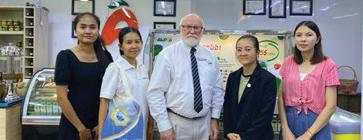
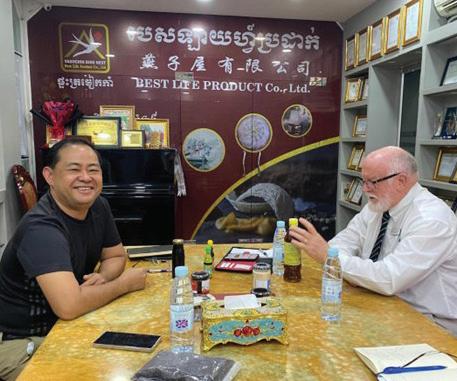
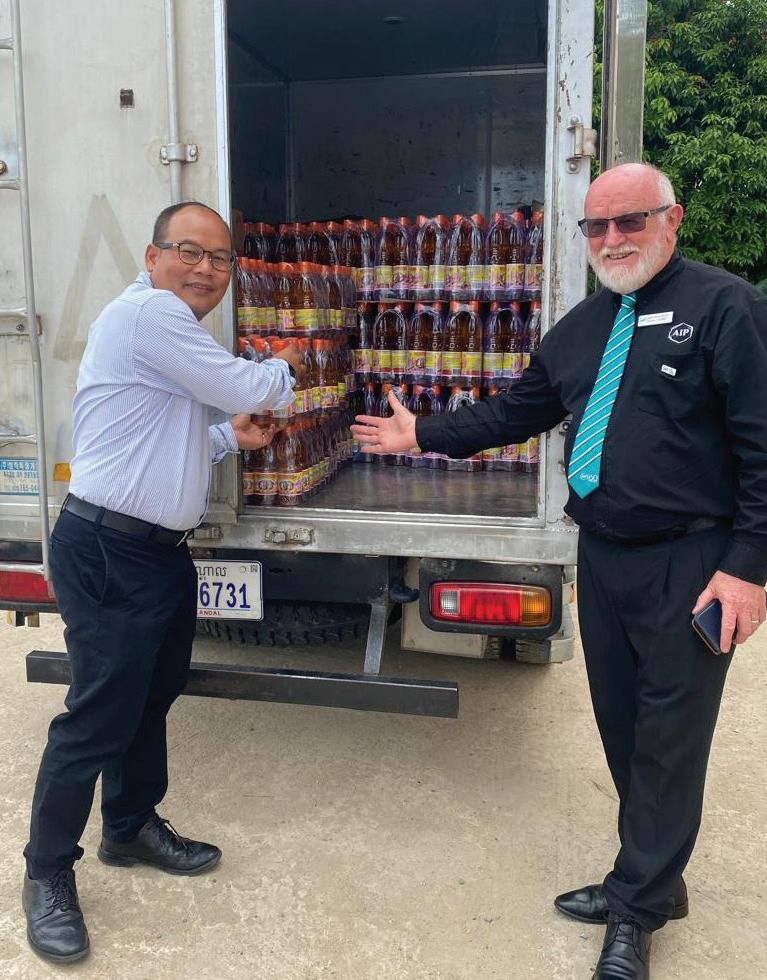
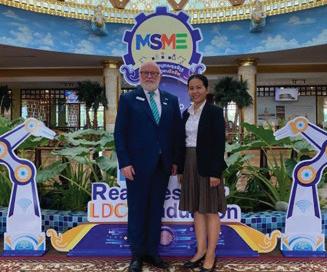

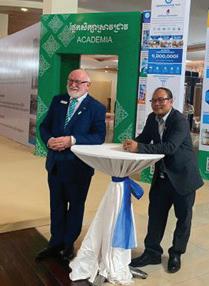
A new international position paper highlights the delicate balance between reducing food loss and waste while meeting packaging sustainability targets – a paradox that demands careful design, innovation and global collaboration.
Around the world, food loss and waste have become a pressing sustainability challenge, with the FAO estimating that more than a third of all food produced never reaches a plate
Alongside the environmental cost – wasted land, water and energy – comes the human cost of food insecurity, especially in developing regions
Packaging, often seen as part of the problem, is in fact a crucial part of the solution� Done right, packaging prevents spoilage, extends shelf life and protects food from damage in transport and handling � Done poorly – or eliminated entirely – it risks compounding the very problem it seeks to solve � This tension lies at the heart of what has become known as the Food & Packaging Waste Paradox
Addressing this issue is the focus of a new global position paper, Navigating the Food Loss & Waste Paradox: Balancing Food Loss & Waste with Save Food Packaging, published collaboratively by the United Nations Industrial Development Organisation (UNIDO), the World Packaging Organisation (WPO) and Wageningen University & Research
The position paper brings together the perspectives of leading specialists in this discussion: Eelke Westra, of Wageningen University & Research, one of Europe’s foremost food and agriculture Institutes; Aleksa Mirkovic, representing UNIDO, which plays a central role in sustainable industrial development globally and Nerida Kelton FAIP, wearing both of her hats as executive director of the Australasian Institute of Packaging (who led the Save Food Packaging design guidelines and criteria research project) and as VP Sustainability & Save Food at the WPO
By combining academic rigour, packaging expertise and policy perspective, the paper provides both technical depth and strategic guidance for governments, industry and civil society�
The paper is clear: the true role of packaging is functionality To protect, preserve, contain and transport food safely from production through to household consumption It is packaging that keeps products hygienic, enables safe distribution, and prevents unnecessary waste But the paper stresses that sustainability targets cannot be achieved at the expense of functionality�
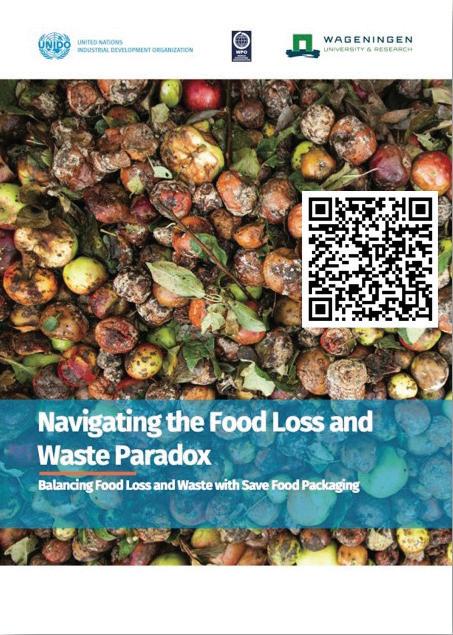
A pack redesigned to reduce its material footprint, but which fails to prevent spoilage or damage, merely shifts the burden from packaging waste to food waste – with far greater environmental consequences �
“Over-packing wastes resources, while underpacking wastes food, Finding the optimum balance requires technical expertise, design innovation and a systems approach.” This is the crux of the paradox.
Policymakers often set ambitious packaging waste targets, while industry and consumers demand sustainable solutions
Packaging technologists must therefore tread a fine line, delivering designs that protect food effectively with the lowest possible environmental impact �
Central to the paper is the concept of Save Food Packaging This refers to packaging specifically designed to minimise or prevent food waste from paddock to plate
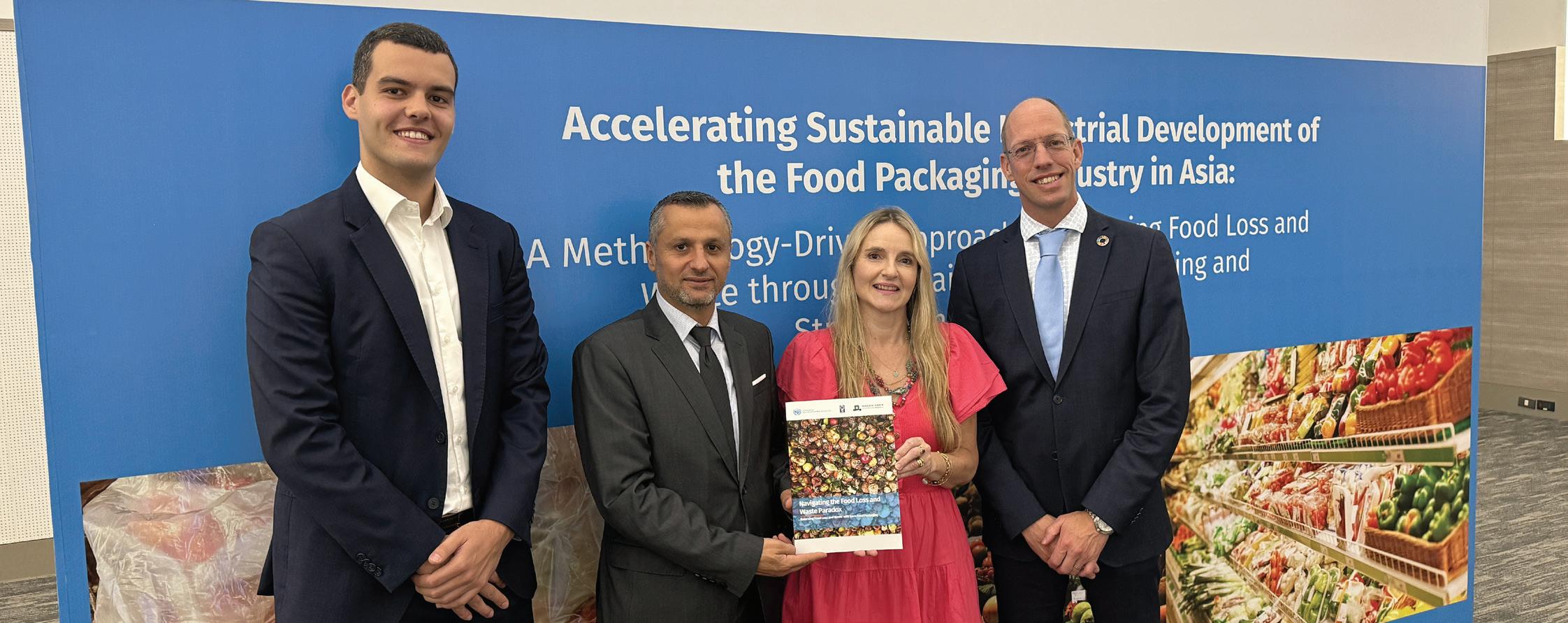
Key features include:
• Containment and protection to ensure product integrity throughout the supply chain;
• Shelf-life extension through barrier properties or modified atmosphere;
• Consumer convenience such as easy opening, resealability and portion control;
• Clear communication of use-by dates, storage instructions and portion sizes; and
• Material efficiency, ensuring that sustainability targets for packaging are also met �
These principles are not theoretical �
The WPO’s annual WorldStar Packaging Awards showcase practical examples where Save Food Packaging is already making measurable impact From resealable meat trays that reduce spoilage, to portion-controlled packs that minimise household waste, the industry is proving that innovation in design can solve multiple challenges at once
The position paper was not written in isolation Alongside its development, UNIDO facilitated a global consultation process, engaging 147 representatives from 53 countries Participants spanned government, industry, NGOs and academia, bringing diverse perspectives on food systems and packaging
The consultation highlighted a consistent theme: food security and sustainability are inseparable �
In many developing regions, where food scarcity is acute, packaging can mean the difference between nourishment and hunger� For these communities, affordable, robust packaging is not an environmental burden but a lifeline
However, the challenge lies in aligning national policies with international frameworks while considering local realities such as collection, recycling and recovery infrastructure
� What works in one region may not be feasible in another This underscores the need for context-specific approaches that reflect local conditions�
The paper outlines several priority areas for building effective, resilient and sustainable food supply chains:
∙ strengthening centres of excellence in packaging, where expertise can be shared and scaled;
• Raising public awareness and education about the dual role of packaging in sustainability and food security;
• Improving data and measurement, enabling a systematic global approach to quantifying both food and packaging waste;
• Fostering partnerships across industry, government and civil society to accelerate progress;
• Expanding global outreach and advocacy, ensuring food and packaging waste remain on the international policy agenda; and
• Supporting national and regional policy development with realistic, evidence-based frameworks
Taken together, these actions provide a roadmap for both immediate and long-term change
For Australia, the paradox is especially relevant
National Packaging Targets push industry towards recyclable, compostable or reusable packaging, while parallel commitments aim to halve food waste by 2030 Achieving both requires nuanced thinking
“It is about balance. Packaging professionals must design with the lowest possible environmental impact, but without losing sight of packaging’s role in protecting the product. If we lean too far towards one objective, we risk undermining the other.”
"If more industry players embrace the Save Food Packaging Design Guidelines, the paradox becomes less intractable."
Save Food Packaging Guidelines give packaging technologists a framework for design choices that achieve both food waste and packaging waste goals.”
Ultimately, the paper calls for a systems approach that views packaging not in isolation but as part of the wider food supply chain This means recognising its role in logistics, consumer behaviour, recycling infrastructure and food safety regulation�
Collaboration is critical – from producers who invest in robust packaging, to retailers who educate consumers, to policymakers who set realistic and harmonised standards The success of any solution depends on all actors moving in the same direction
The Food & Packaging Waste Paradox reminds us that sustainability is rarely simple � It is about tradeoffs, priorities and choices that must be made with a clear understanding of consequences
Packaging, often maligned as a source of waste, is also one of the most powerful tools we have to prevent waste With thoughtful design, innovation and collaboration, packaging can help achieve the dual goals of reducing both food waste and packaging waste
“If packaging professionals, researchers and food organisations across the globe adopt the Save Food Packaging guidelines, we can make real progress. The ability to resolve the paradox – to protect both food and the planet – lies within our reach.”
The full position paper and consultation report are available for download from the World Packaging Organisation�
In very exciting news this position paper will be discussed by the World Packaging Organisation (WPO), UNIDO and FSSC at the United Nations Climate Chain Conference COP30 in late November which will help elevate the important discussion about the true role that packaging plays in minimising food loss and waste�

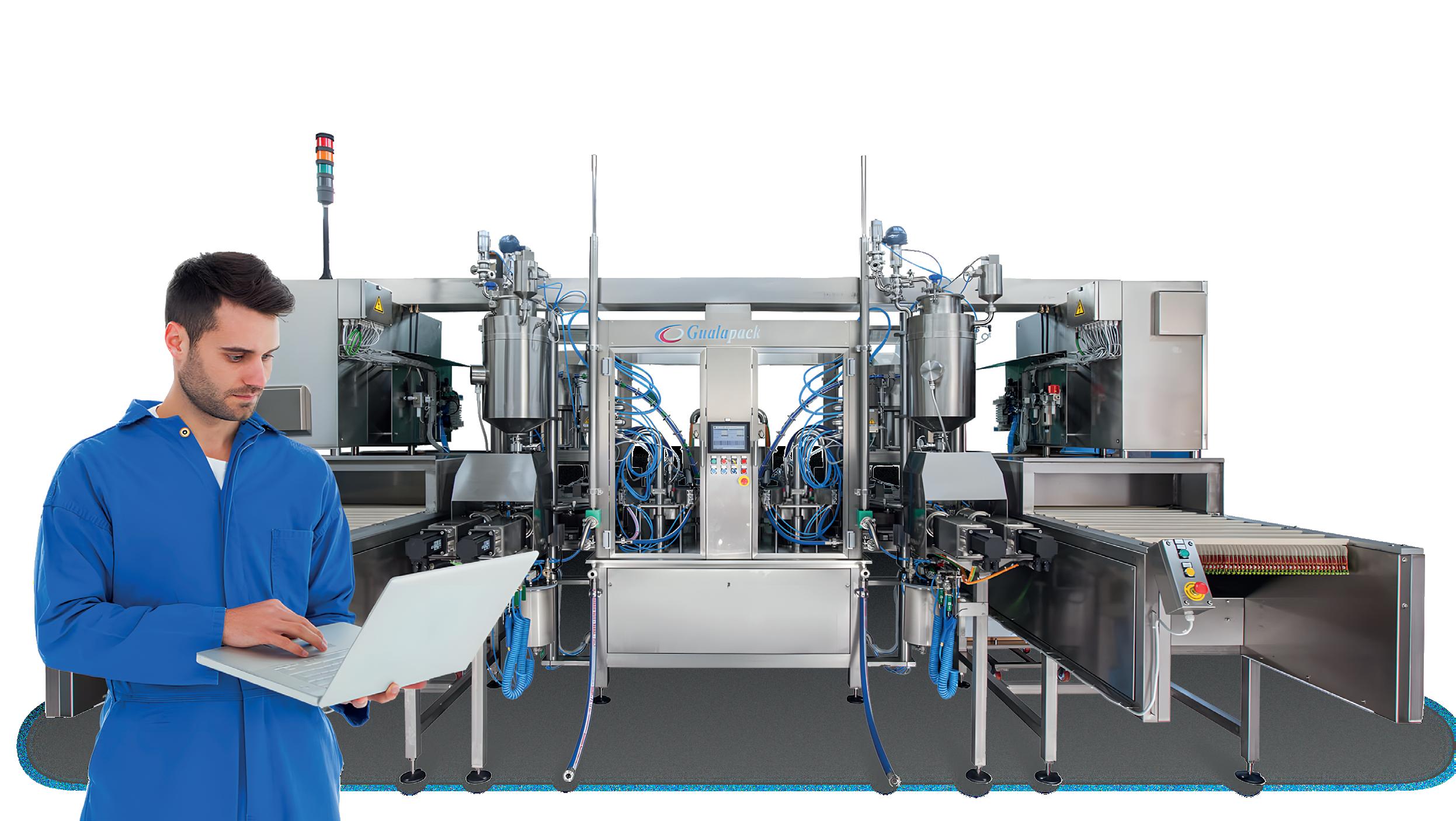
The AIP annual Australasian Packaging Innovation & Design (PIDA) Student Awards UNSW winners have been announced.
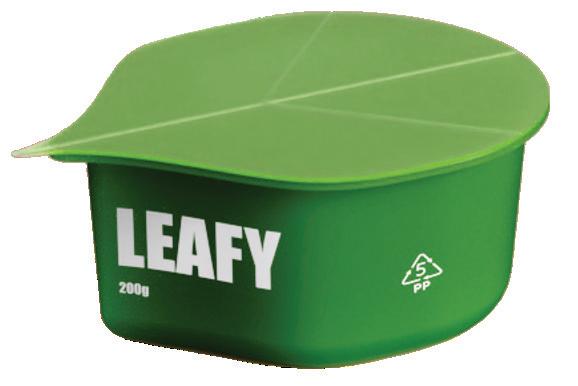

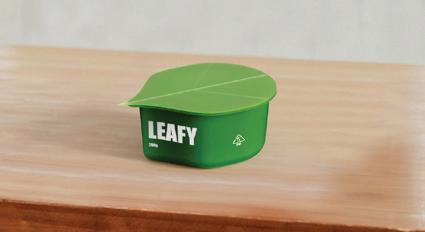
Sustainable yoghurt packaging (Haojie Wang)

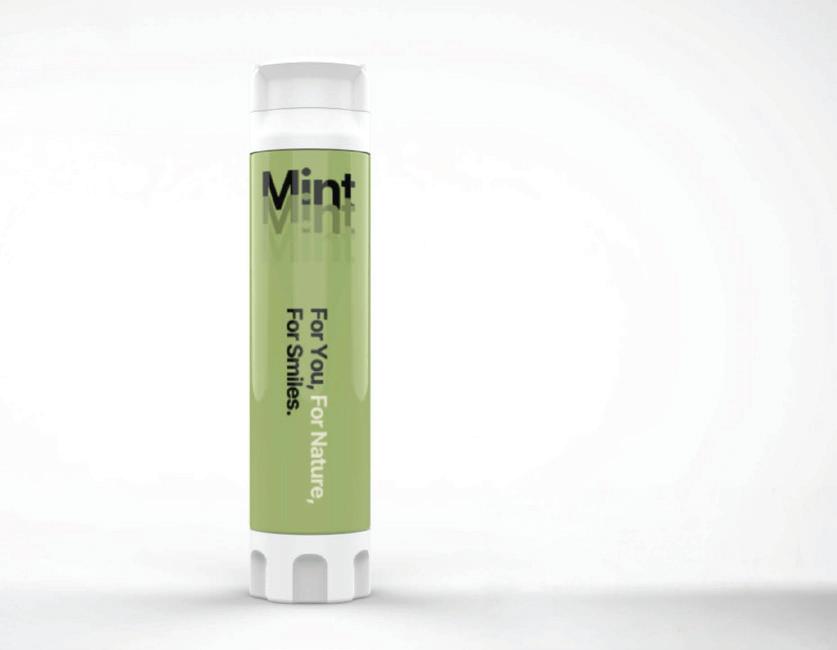

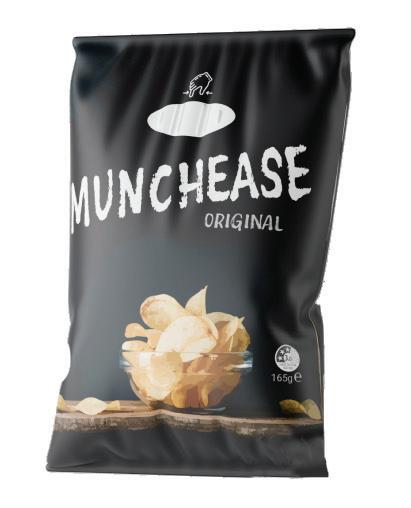
MunchEase (Jie Yang)

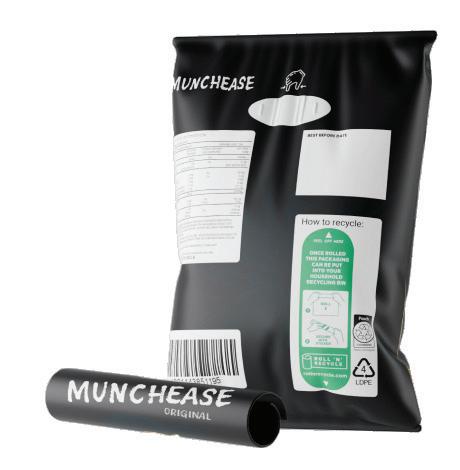
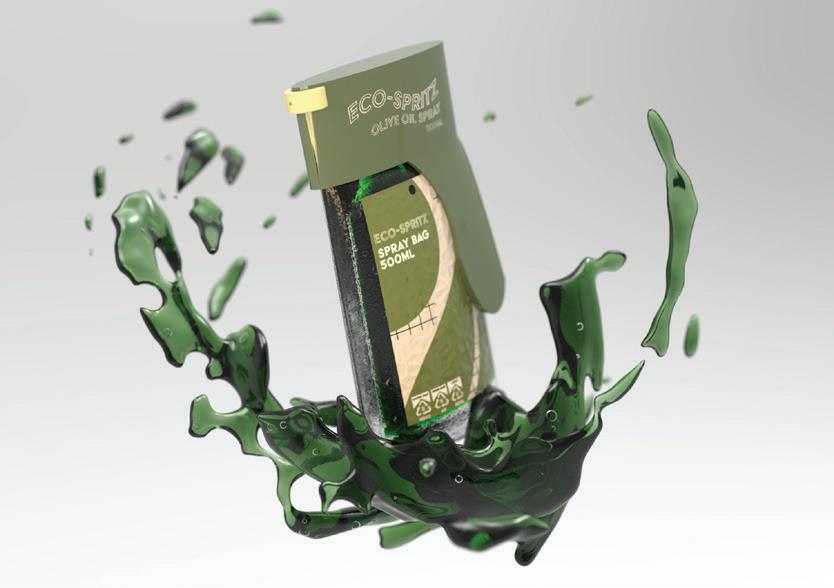

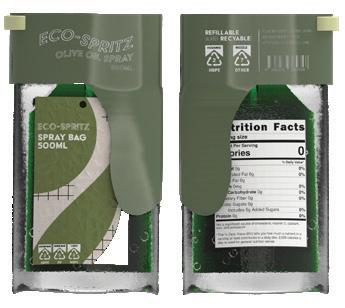
Mint – Recyclable Toothpaste Tube (Robin Luo)
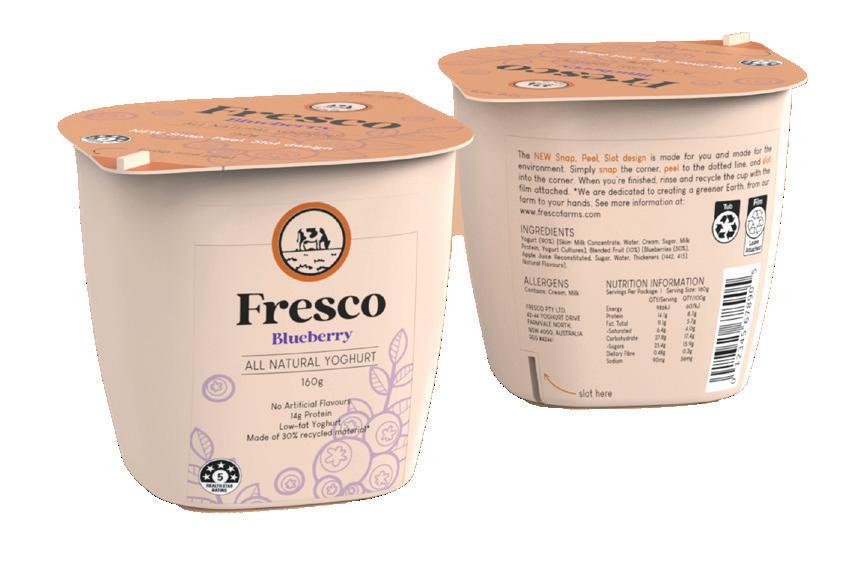
Fresco Yoghurt Cup (Eugenia Cheung)
EcoSpritz Olive Oil Spray (Samuel Thanopoulos)

CERTIFICATE OF
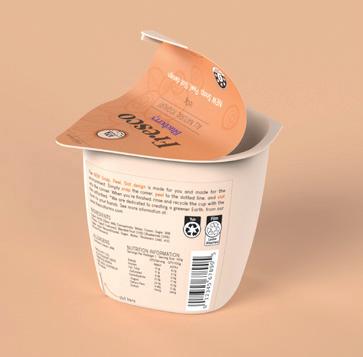
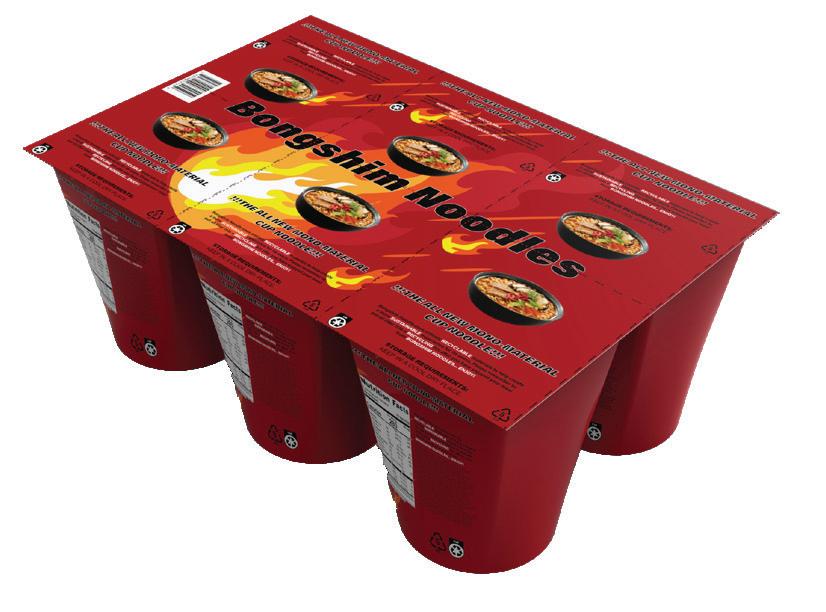

Bongshim Noodles Cup Noodle Packaging (Edison Cheng)
The AIP annual Australasian Packaging Innovation & Design (PIDA) Student Awards UNSW winners have been announced.
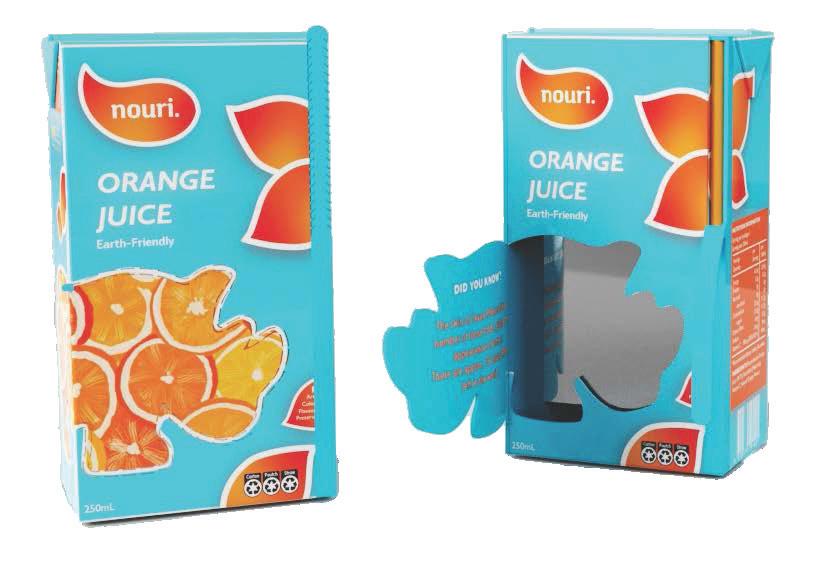

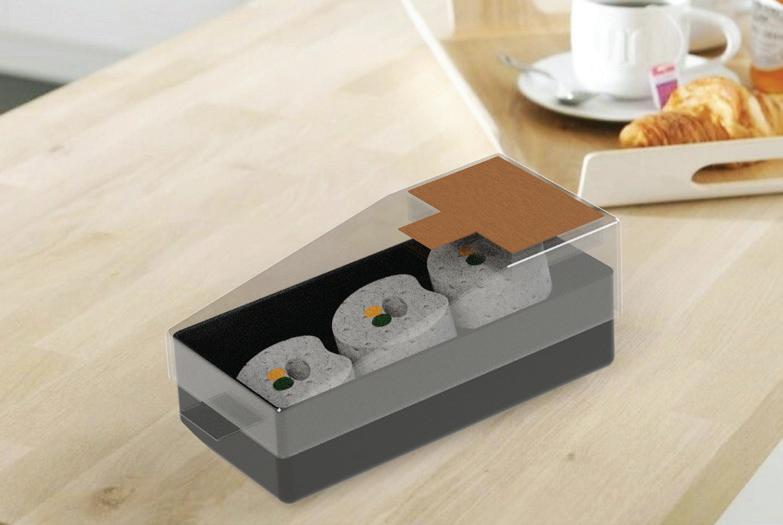

Educational & Recyclable Juice Carton (Melissa Esho)
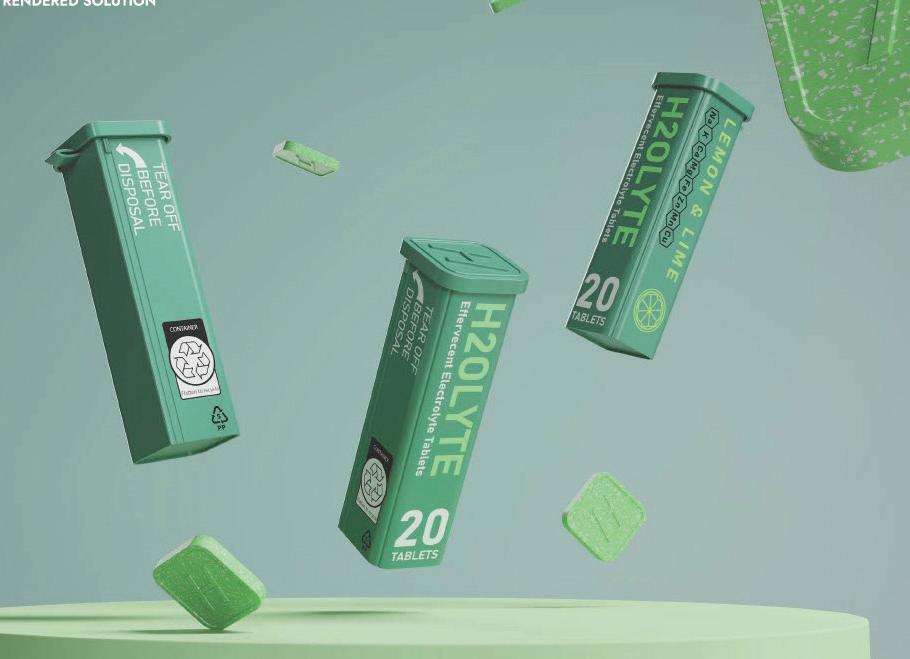

H2OLYTE (Adriano Sturla Gomez)

Sushi Set (Chunyang Wang)
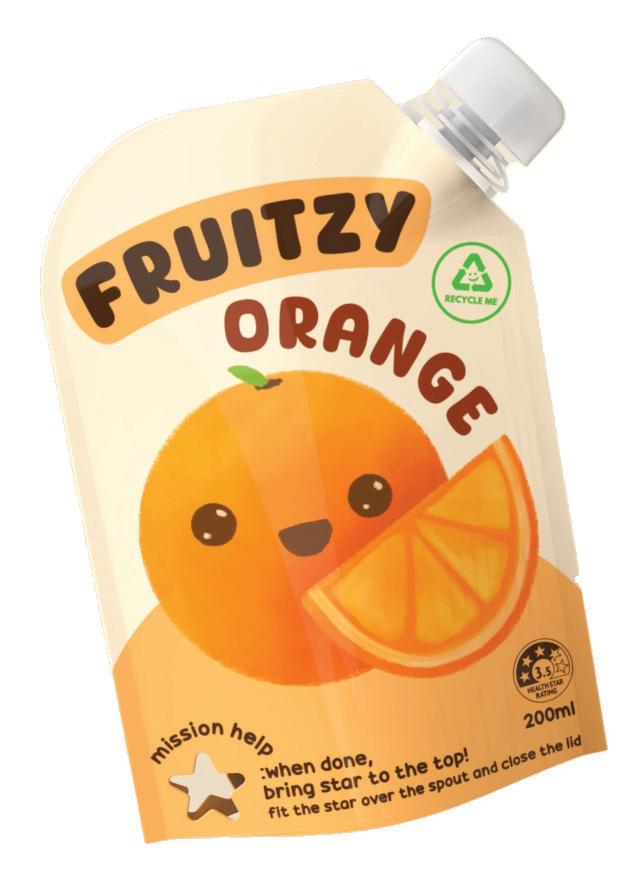
Fruitzy (Audrey Purnomo)
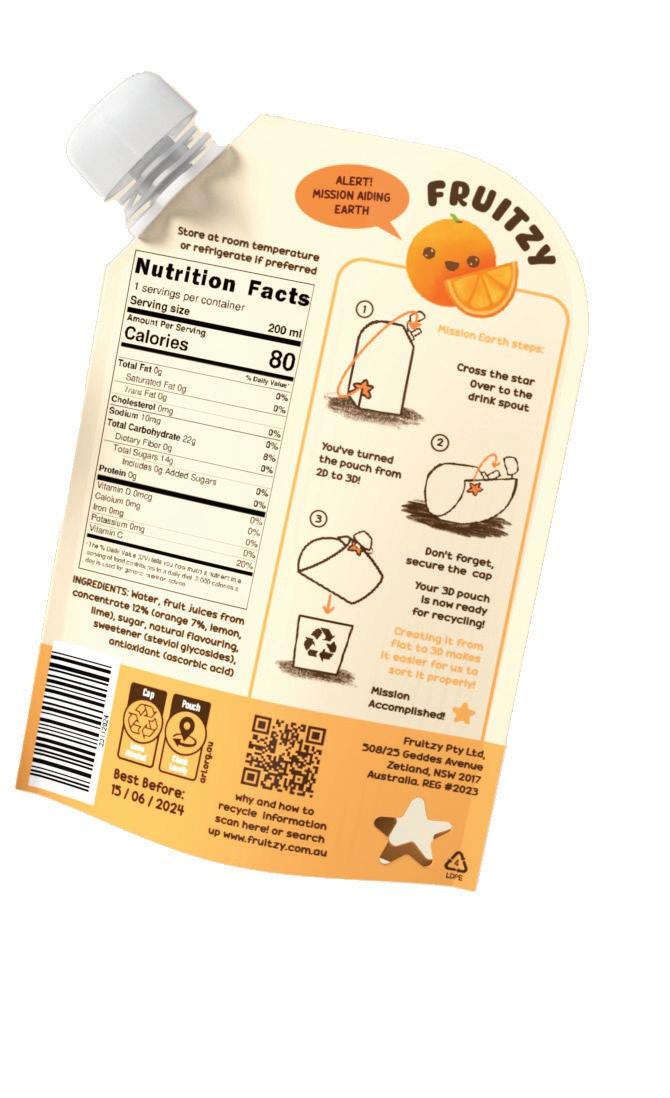

CERTIFICATE

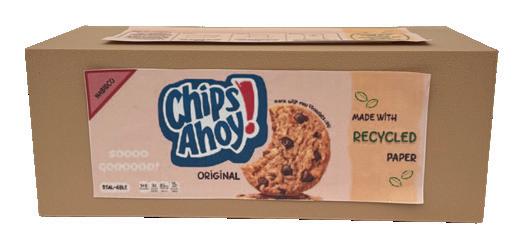
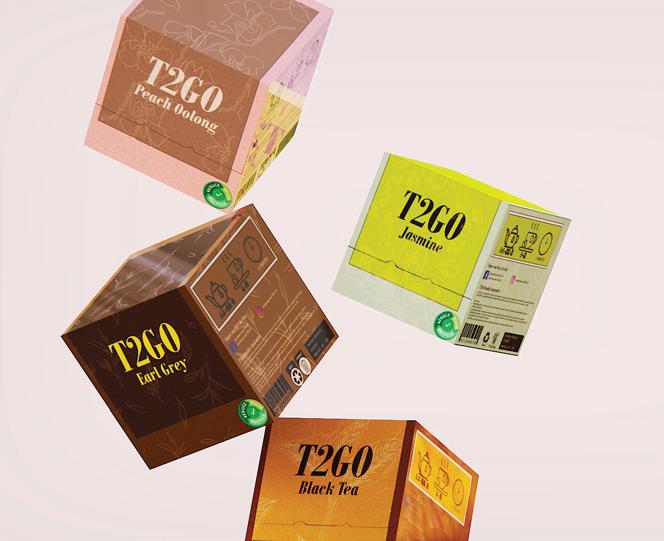
T2GO (Lydia Lei)

Biskeeping (Victoria Plastina) CERTIFICATE
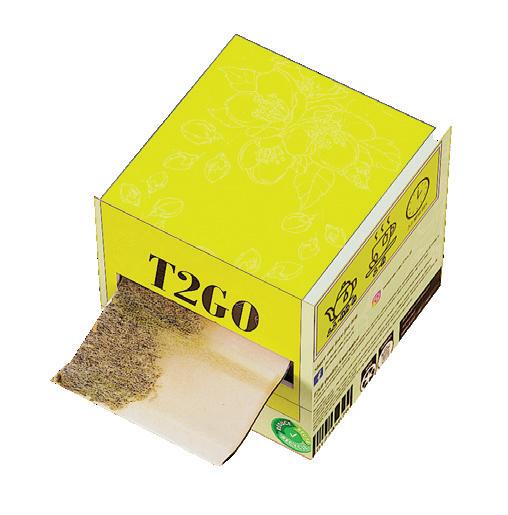
Winning the Gold Award at the 2025 PIDA Student Awards is an immense honour that validates my belief in the power of thoughtful design. It’s not just a personal achievement, but a significant milestone that connects my academic journey to the broader packaging industry.
This recognition fuels my passion to push boundaries and reinforces my commitment to creating packaging solutions that are not only innovative but also responsible and meaningful for our future.


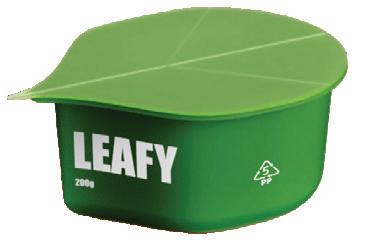
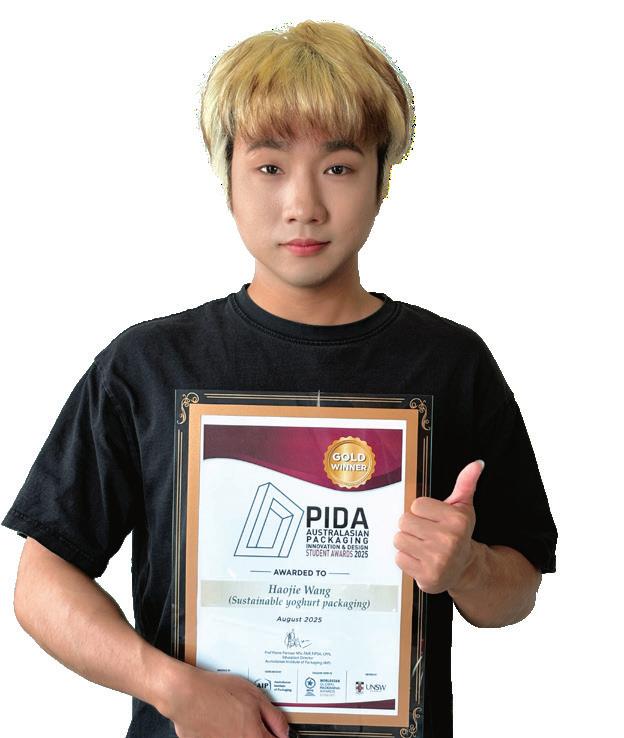

Achieving the 2025 Silver Student PIDA Award is a truly humbling and inspiring experience. It not only validates the countless hours of hard work and dedication I’ve put into my design journey but also motivates me to continue pushing the boundaries of creativity and innovation. This award serves as a reminder that passion and perseverance can lead to meaningful recognition. It’s a moment of celebration, but also a fuel for the future, one that I’ll carry with me as I continue to grow and evolve as a designer.
I am absolutely ecstatic to have received the Silver Award at the Australasian Packaging Innovation & Design Student Awards! Packaging plays a huge role in shaping our environmental future, and I believe strongly in driving innovation towards recyclable solutions as we move closer to a circular economy.
With over four years of experience working in the waste industry, I’ve seen first-hand how much valuable material ends up in landfill such as toothpaste tubes that are unable to be recycled due to their mixed media of foil and LDPE. This award has proven my commitment to sustainable packaging design, something I am extremely passionate about. These awards are an excellent way to promote designing for a circular economy.
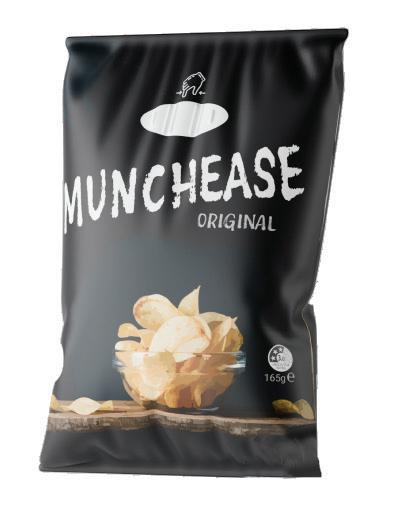
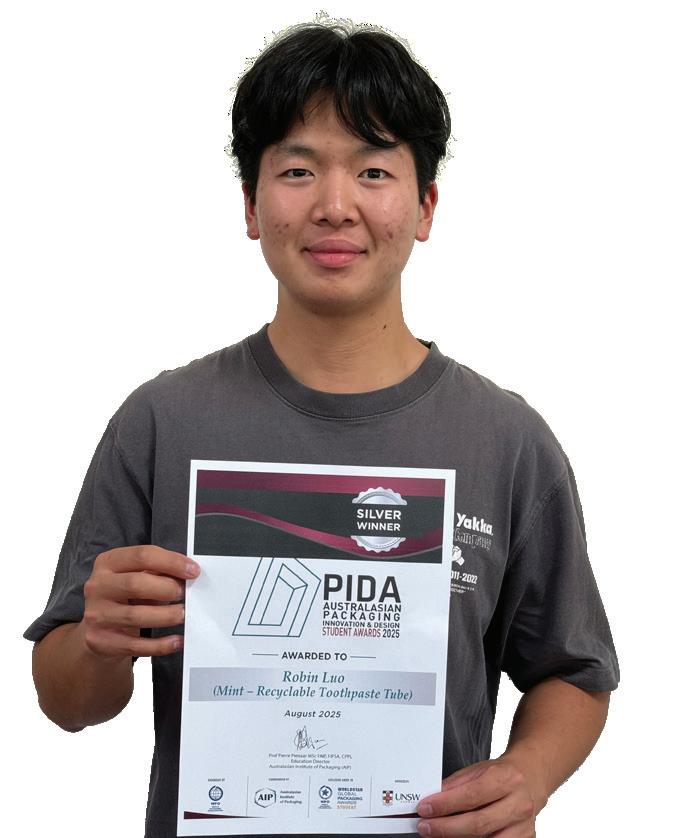

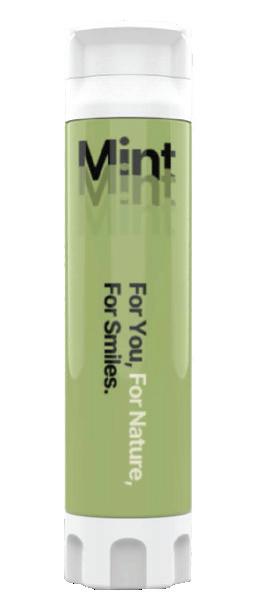
Having my design recognised in the 2025 PIDA Student Awards is an incredible honour and a moment I will cherish in my design career. It reminds me that hard work truly pays off and that my potential is limitless when it comes to creating designs that can make the world a better place. This recognition is not only a proud achievement but also a stepping stone into an exciting future in the design industry.
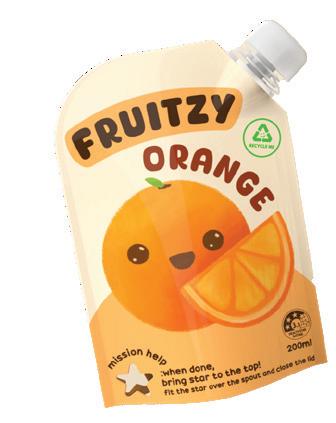

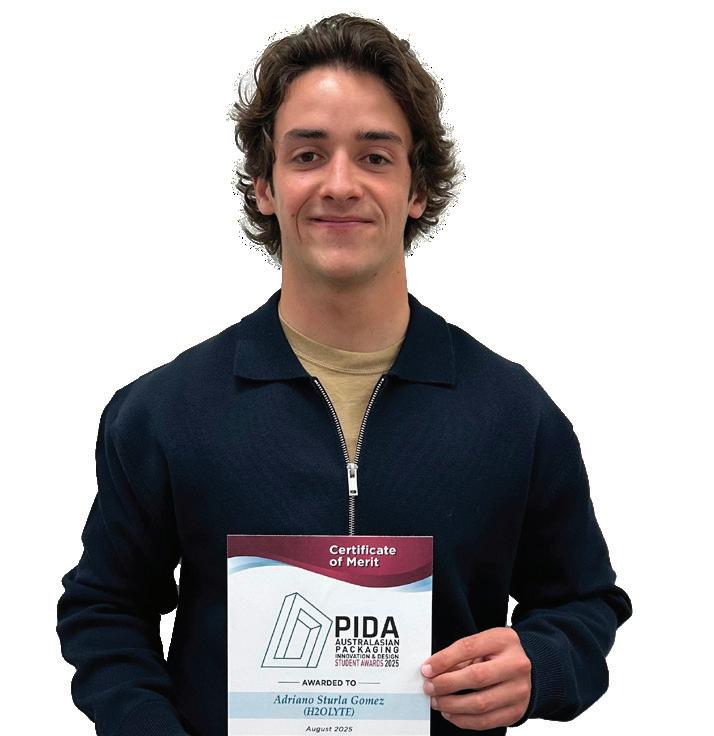

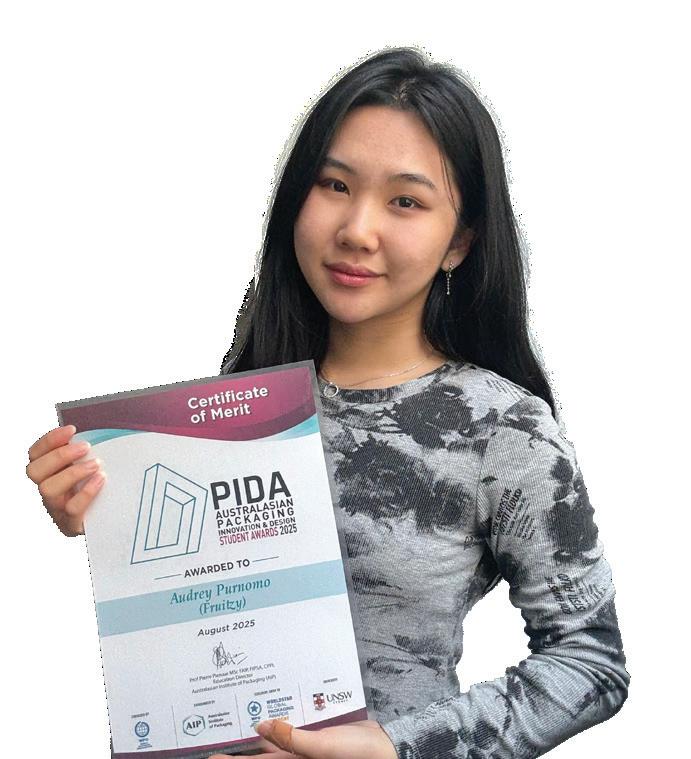
Being awarded a 2025 PIDA Student Award is a valuable recognition of the potential impact that student-led ideas can achieve. The awards highlight that even at this stage of our studies, our work can contribute to addressing real-world challenges. This acknowledgement motivates me to further develop my skills and pursue innovation with purpose.
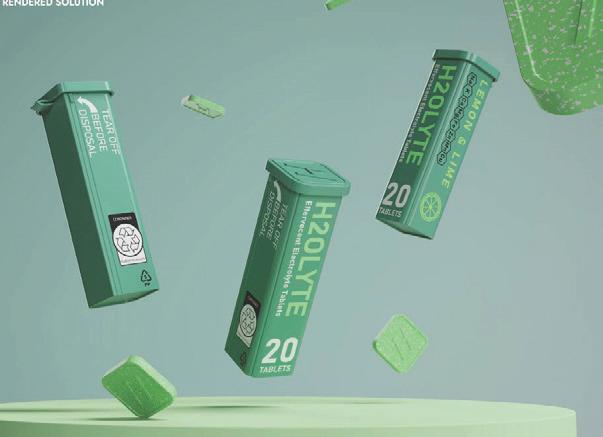
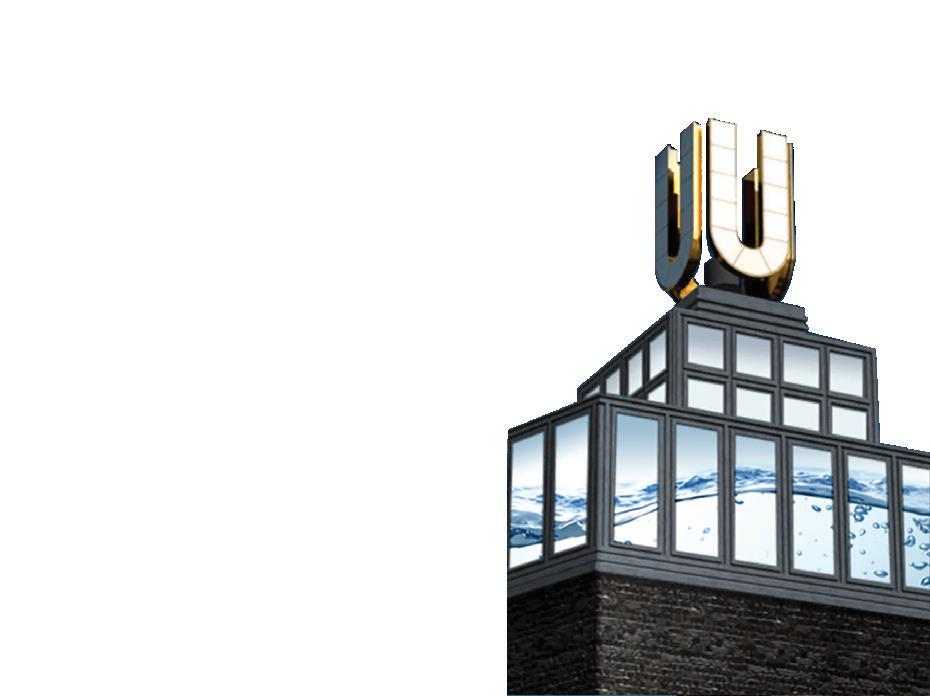

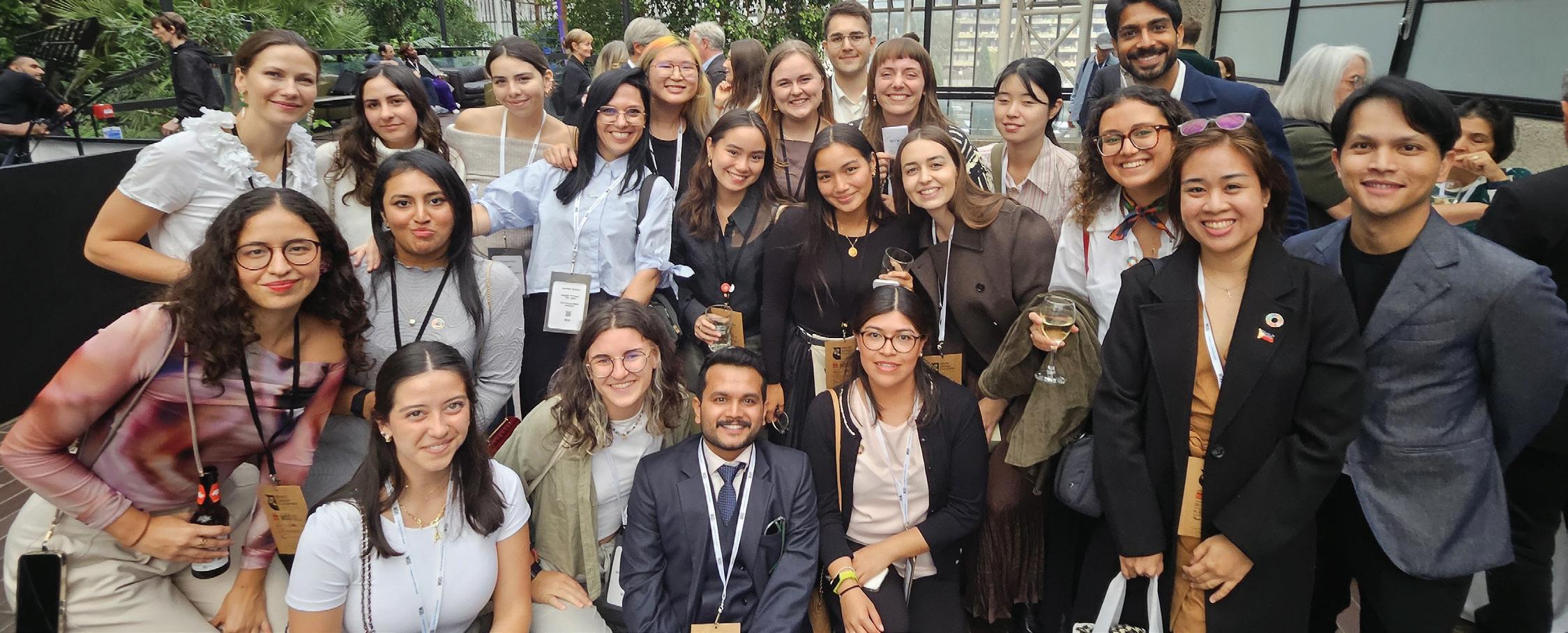

Eunice Joy Ison MBA, AAIP
Design Director and Entrepreneur, Eu�Nik Industrial Design Services Collaborator, WDO-Young Designers Circle 2023-2025
Designing for the planet is designing for human survival.
As the world faces an escalating climate emergency, designers are called to action—to make better decisions, create responsible strategies, and shape futures that sustain life. This year’s World Design Congress 2025, themed 'Design for Planet', gathered designers from across the globe at the Barbican Centre in London for two powerful days from September 9 to 10, 2025. Hosted by the Design Council UK in collaboration with the World Design Organisation (WDO), the event became a convergence of ideas on how design can drive systemic change for people and the planet.
The World Design Organisation is a globally recognised non-governmental organisation that aims to promote and advance the discipline of Industrial Design and its power to enhance economic, social, cultural and environmental quality of life� The WDO has more than 200 member organisations around the world and thousands of individual designers, with a mission to ‘Design for a Better World’
My Role at WDO
I am part of WDO’s Young Designers Circle (YDC) program, an initiative that empowers emerging young design leaders to contribute to the United Nations Sustainable Development Goals (UN SDGs) and WDO’s mission through collaboration, creativity, and leadership� Between 2023 and 2025, the YDC launched several global projects below are three key initiatives�
First , Heritage in Motion – Defining the Future by Design, a three-week online design sprint connecting students from six international universities to collaboratively develop research and strategy-based design solutions
Second , the Next In Line Podcast – a platform by and for young designers that amplifies voices from the next generation of design leaders � This season alone featured 25 guests from 13 countries across 14 episodes, all accessible on WDO’s website and YouTube channel, along with a visual zine titled Podcast Notes�
Third , The Design Oath , a global ethics movement establishing a measurable ethical framework to strengthen integrity, accountability, and social responsibility within the profession The oath’s nine principles aim to guide designers in practicing ethically conscious design across diverse contexts
Within these initiatives, I had the privilege of facilitating student teams for Heritage in Motion, appearing as a featured guest speaker for Next In Line Podcast, and contributing to the research and toolkit development for The Design Oath� Each experience deepened my conviction that design, when grounded in ethics and empathy, can create meaningful impact
As part of the YDC cohort, I was invited at the World Design Congress 2025 in London � The congress encouraged young designers to immerse themselves in keynotes, connect with member organisations, and exchange perspectives with global peers �
The event opened with a heartfelt message from Dr� Jane Goodall, who urged designers to become co-creators with nature � Throughout the sessions, speakers from business, economics, policy, and design disciplines echoed a shared message: design is not just about aesthetics—it is a matter of human survival
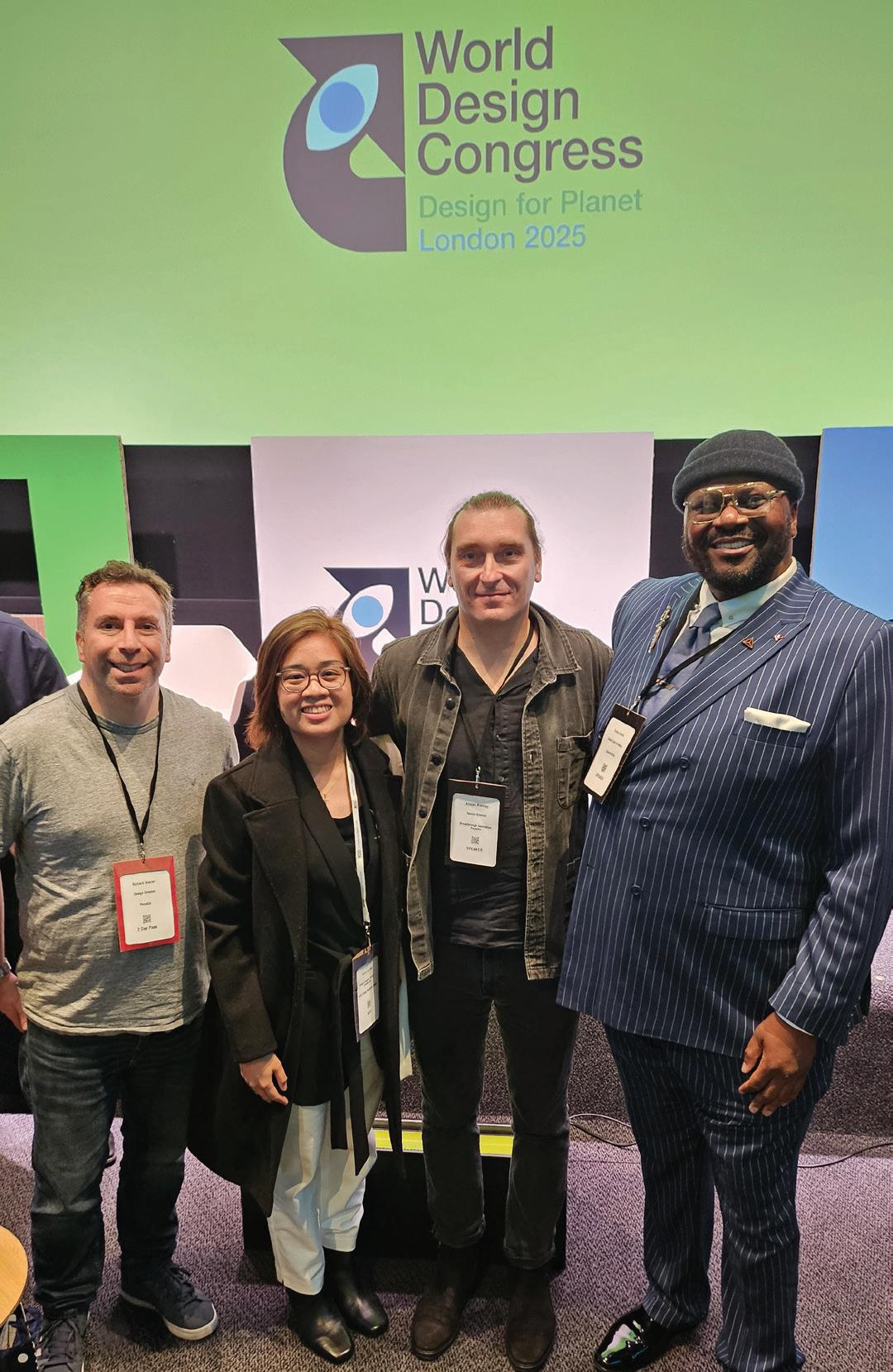
Congress discussions were provocative and enlightening Design leaders from competing industries sat side by side, engaging in conversations about shared accountability Economists and policymakers challenged designers to make responsible choices in materials, systems, and structures that enable a regenerative and sustainable future
Key Takeaways: Lessons from the Congress
From these two days, three key insights stood out for me
1. Sustainability Is Not an Option—It’s a Design Strategy.
Sustainability must be embedded in every stage of the design process Designers bridge the technical aspect of sustainability and the creative � Sustainable design is life-centred �
2. Design Is Systemic.
Good design is not confined to aesthetics; it influences entire systems � From materials and processes to infrastructure, behaviour, and policy—every link in the value chain should reflect systems thinking and purpose-driven innovation
3. Design Connects Relationships.
Designers are facilitators of collaboration Our greatest skill lies not only in creating but in uniting—bridging relationships among communities, organisations, governments, and industries to co-create a better, greener world �
The effects of climate change are no longer distant— they are visible, urgent, and personal � This global crisis demands a collective response, and designers must stand at the forefront of that movement
We must take responsibility in designing for the reality of the emerging future Every product, space, and system designed today influences the world of tomorrow Design holds immense power—and with that power comes an equally immense responsibility to build a regenerative future �
The World Design Congress 2025 was more than an event; it was a reminder that designing for the planet is, ultimately, designing for life
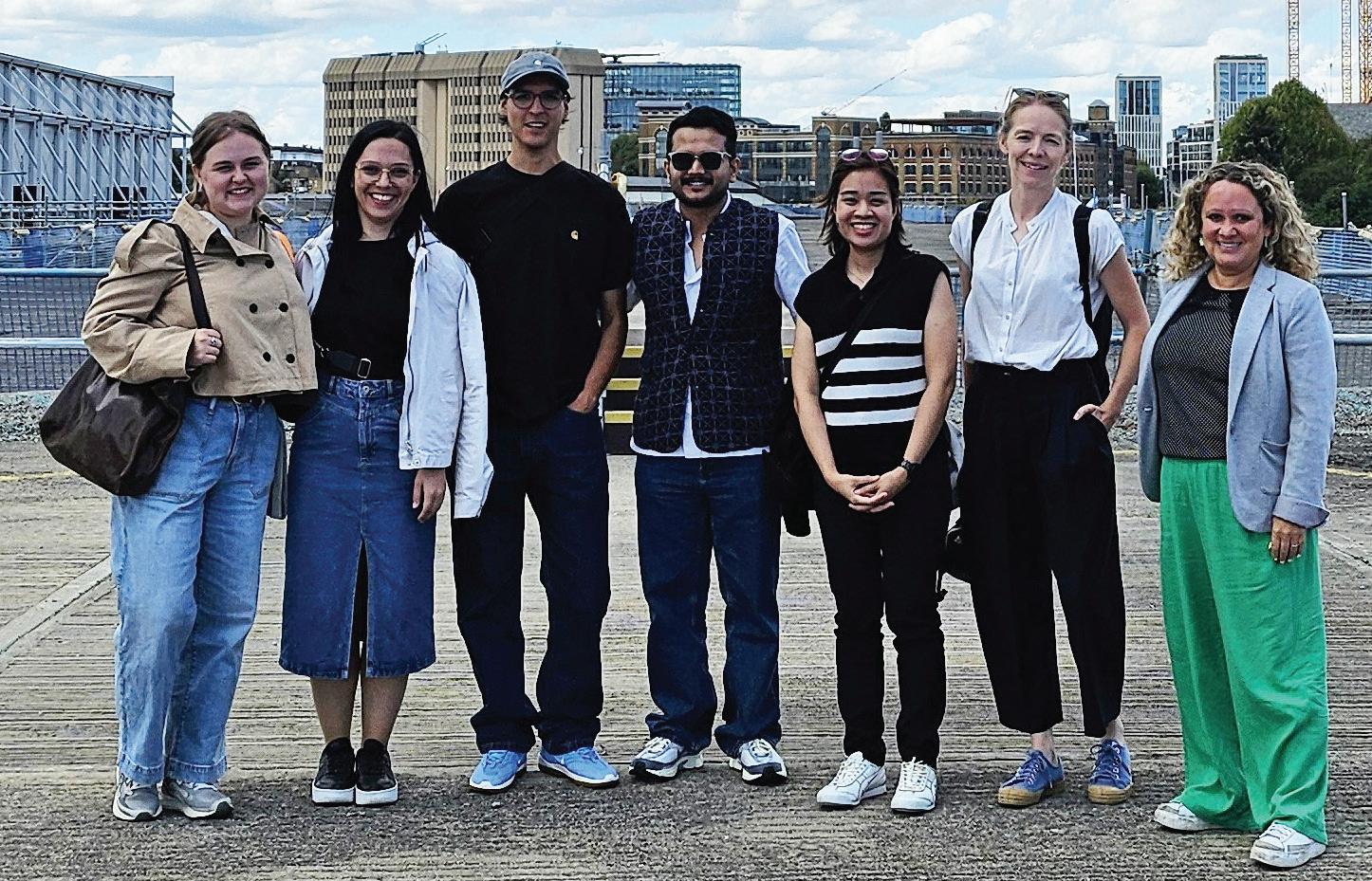
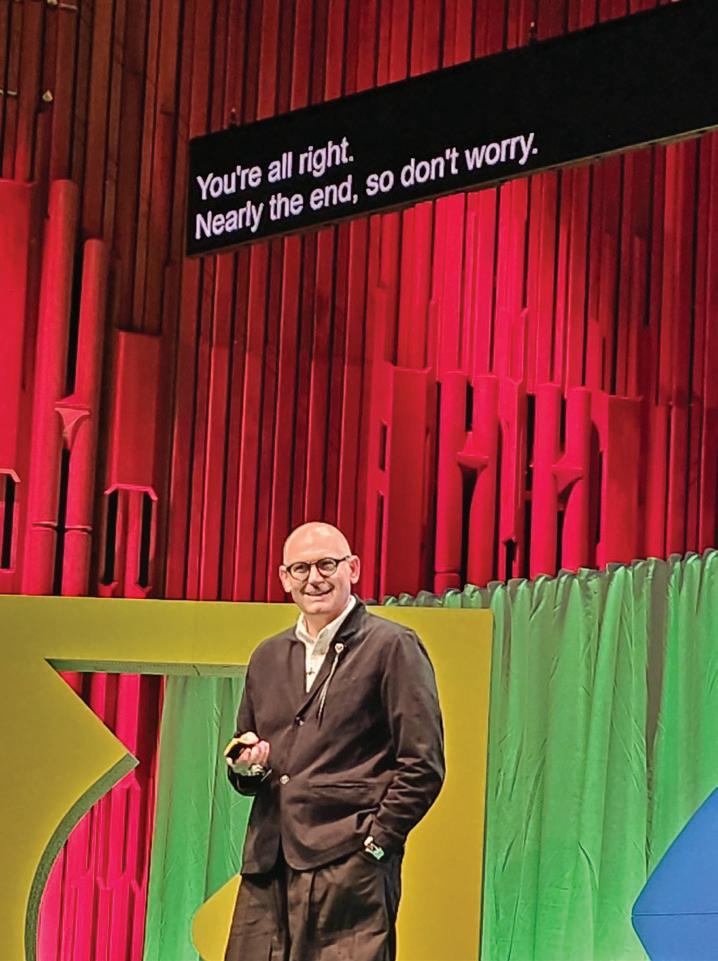
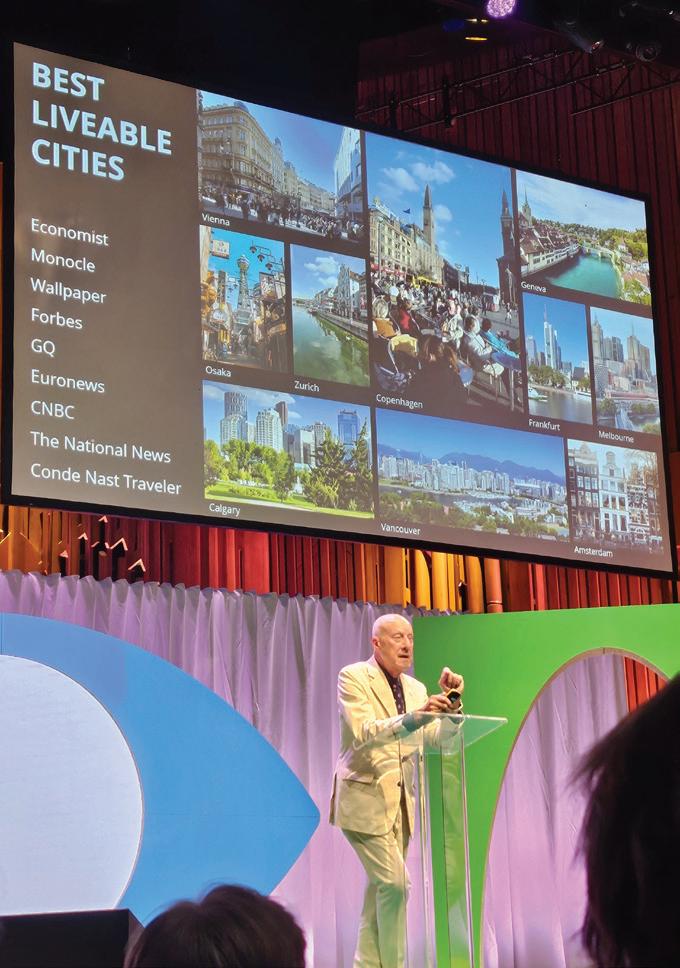
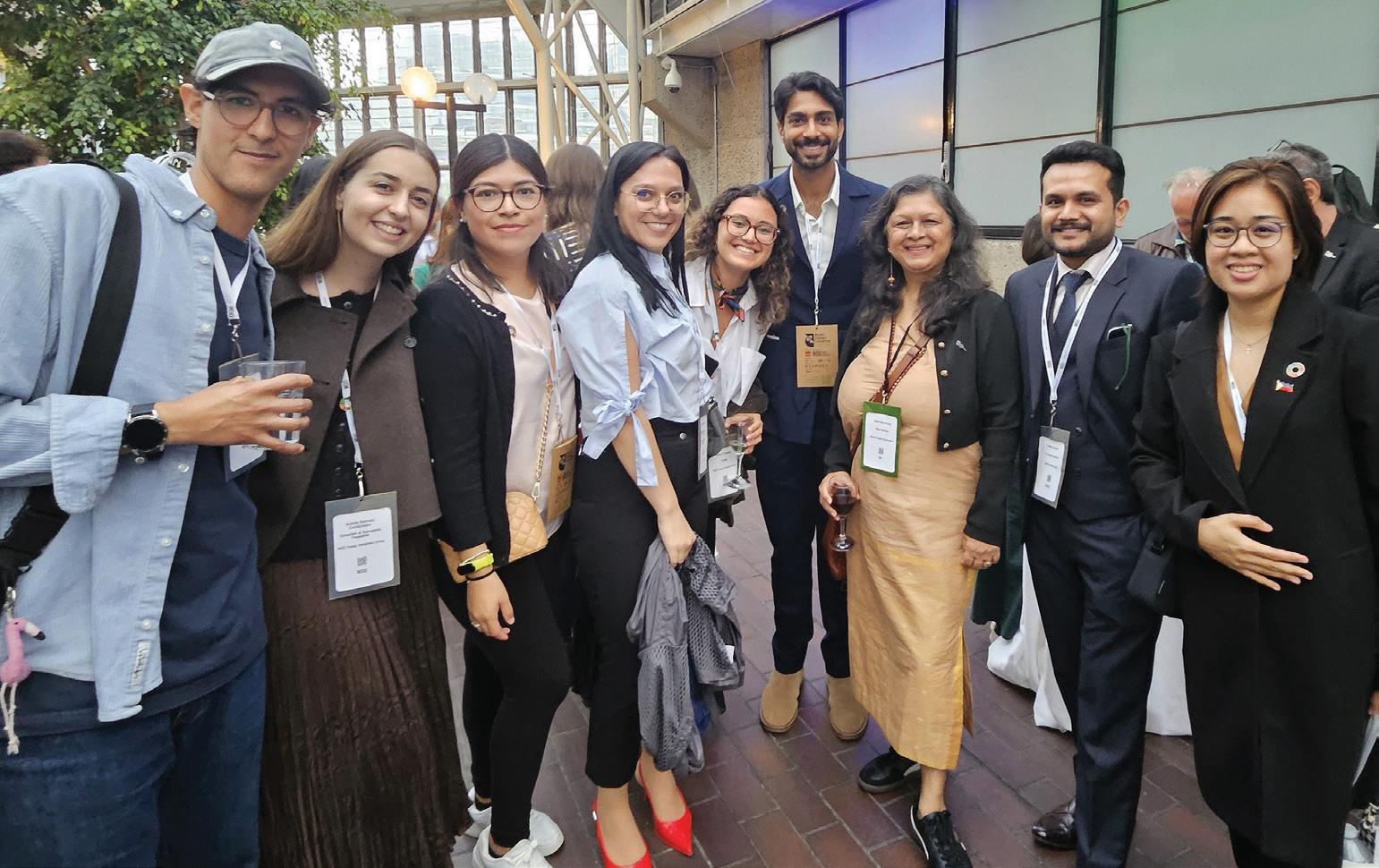
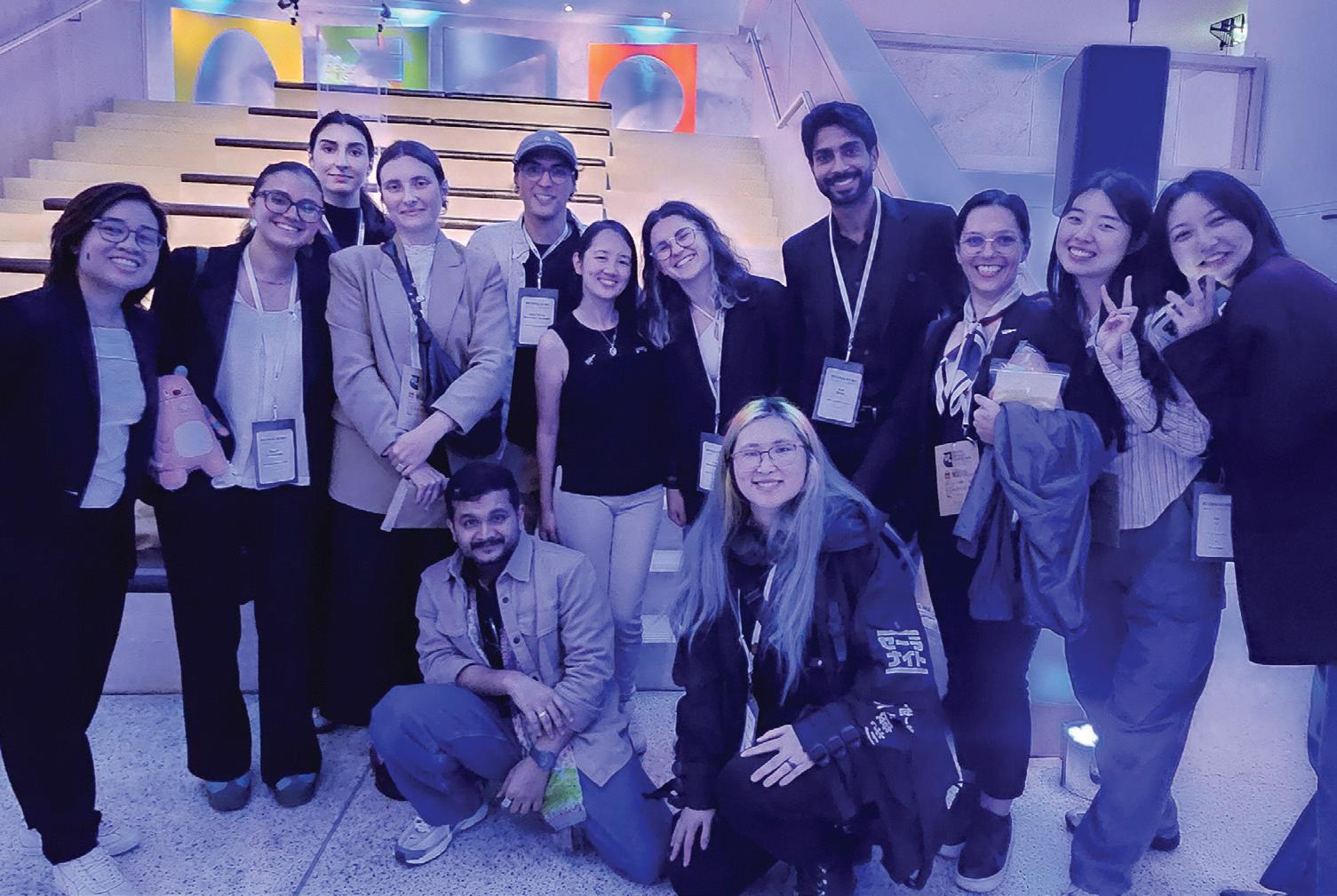
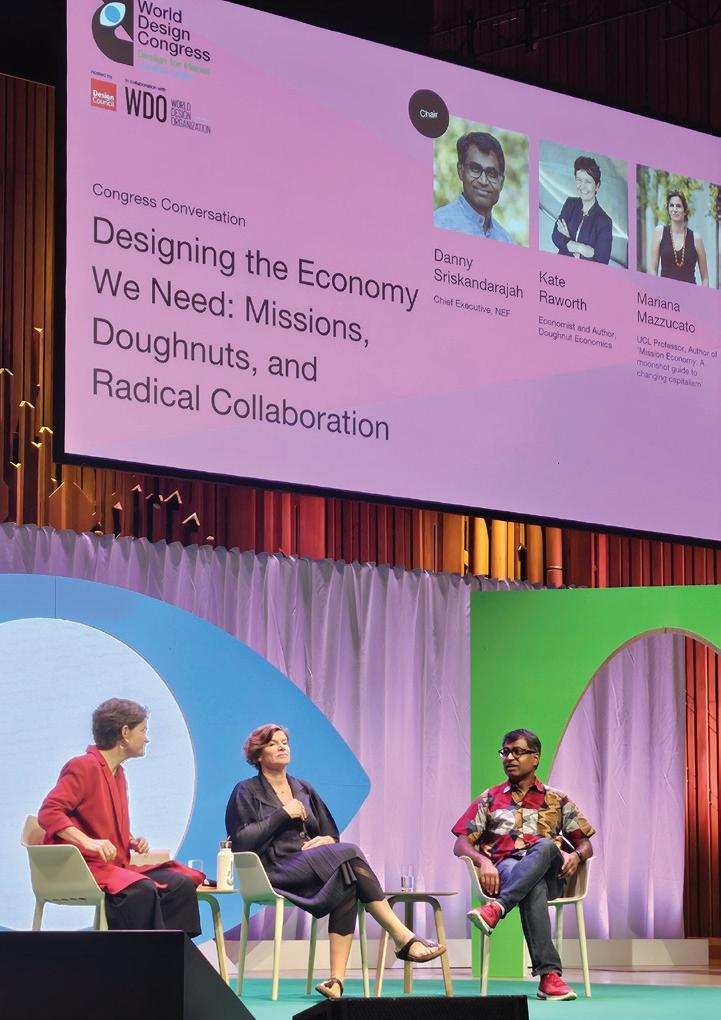

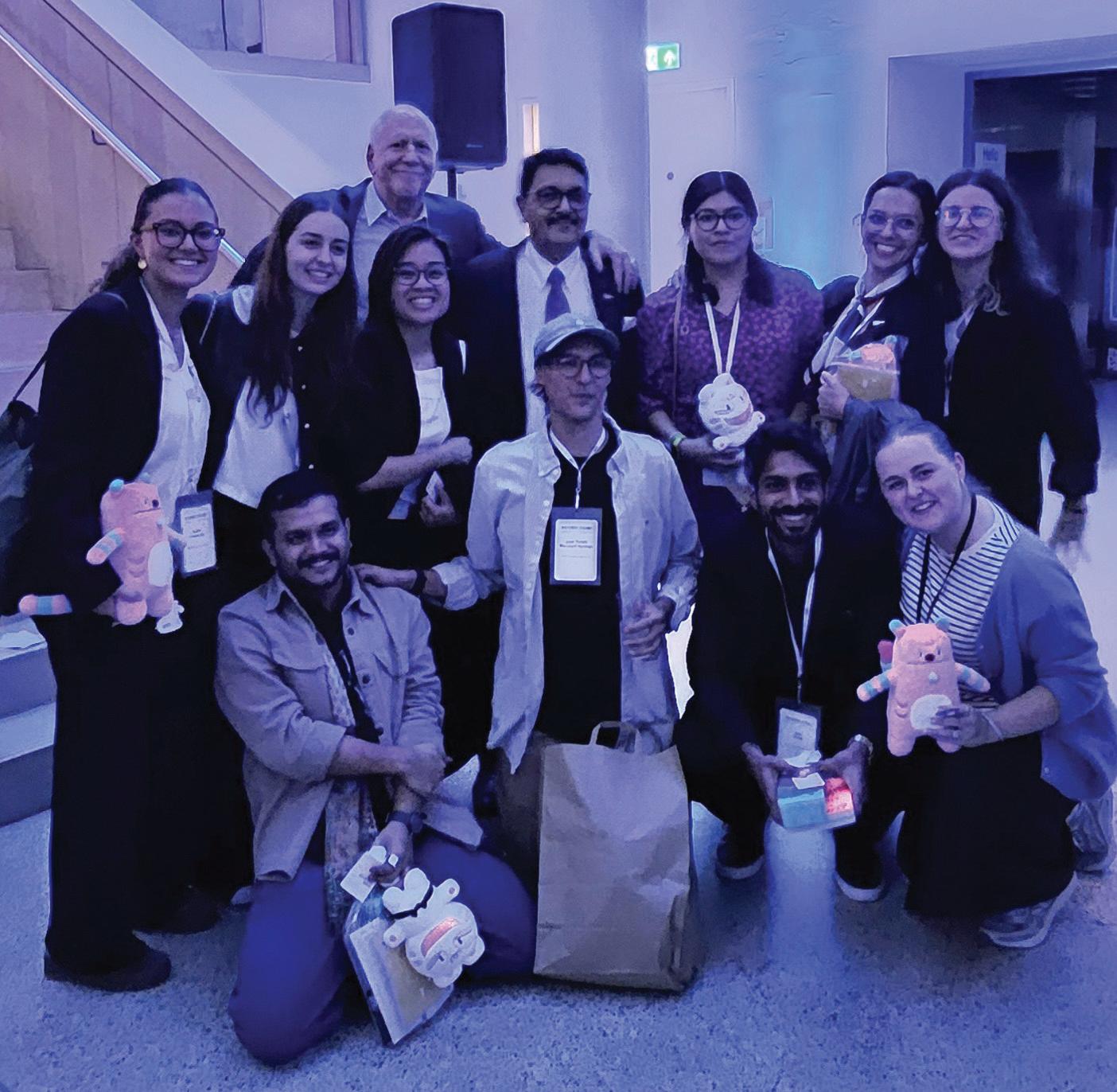
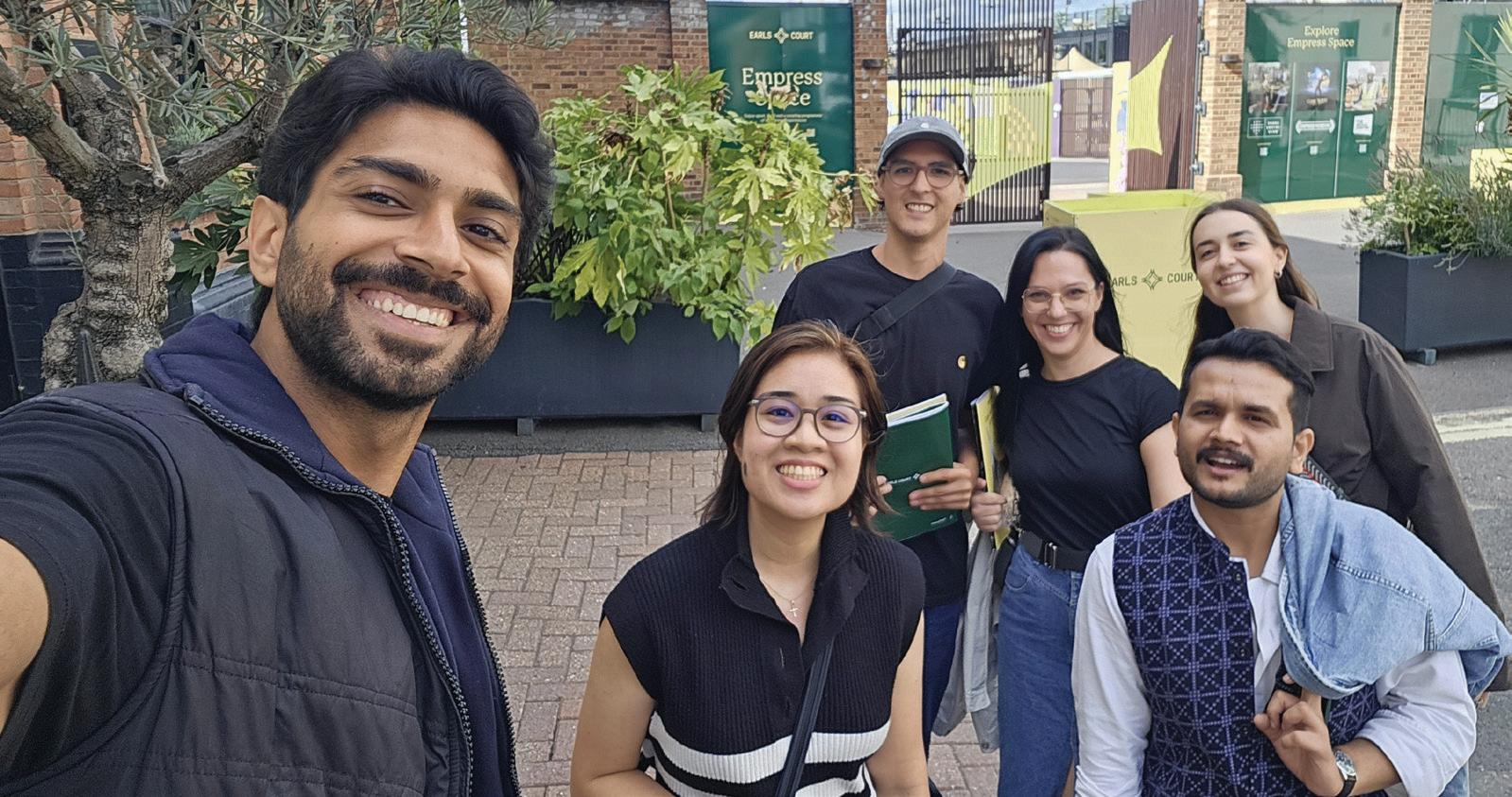
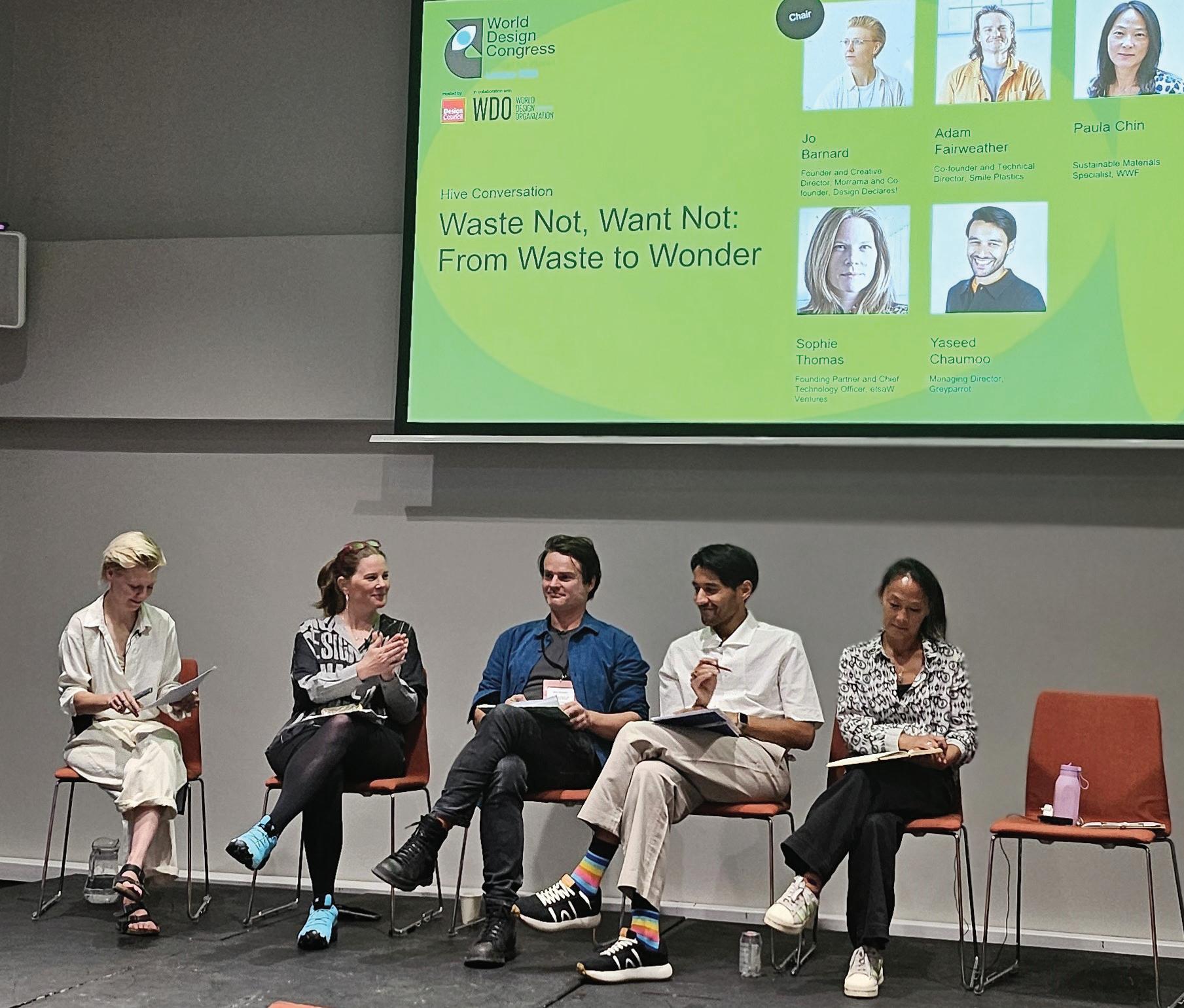
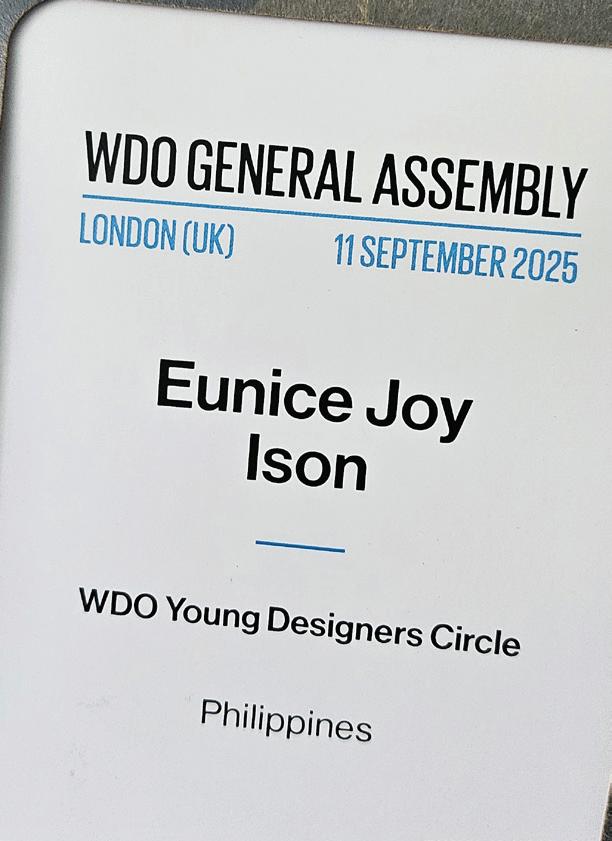
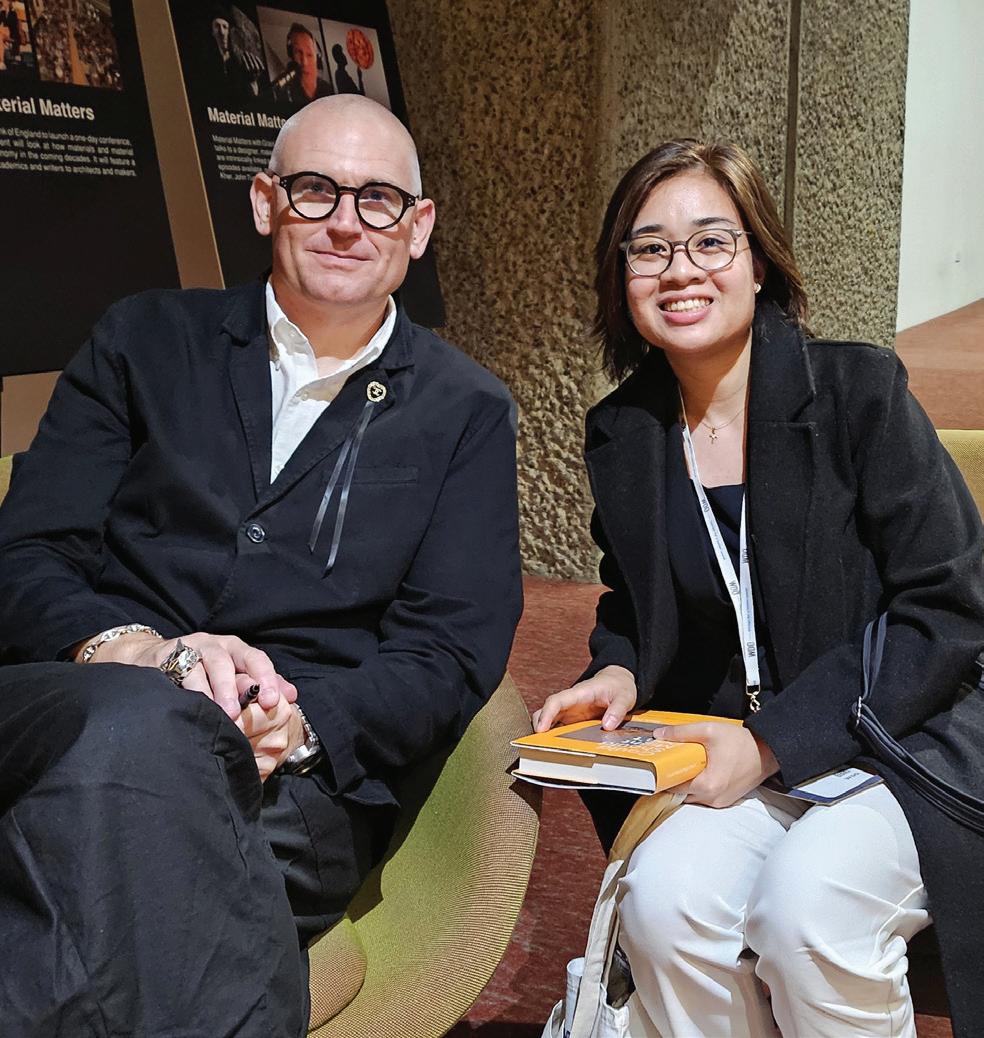
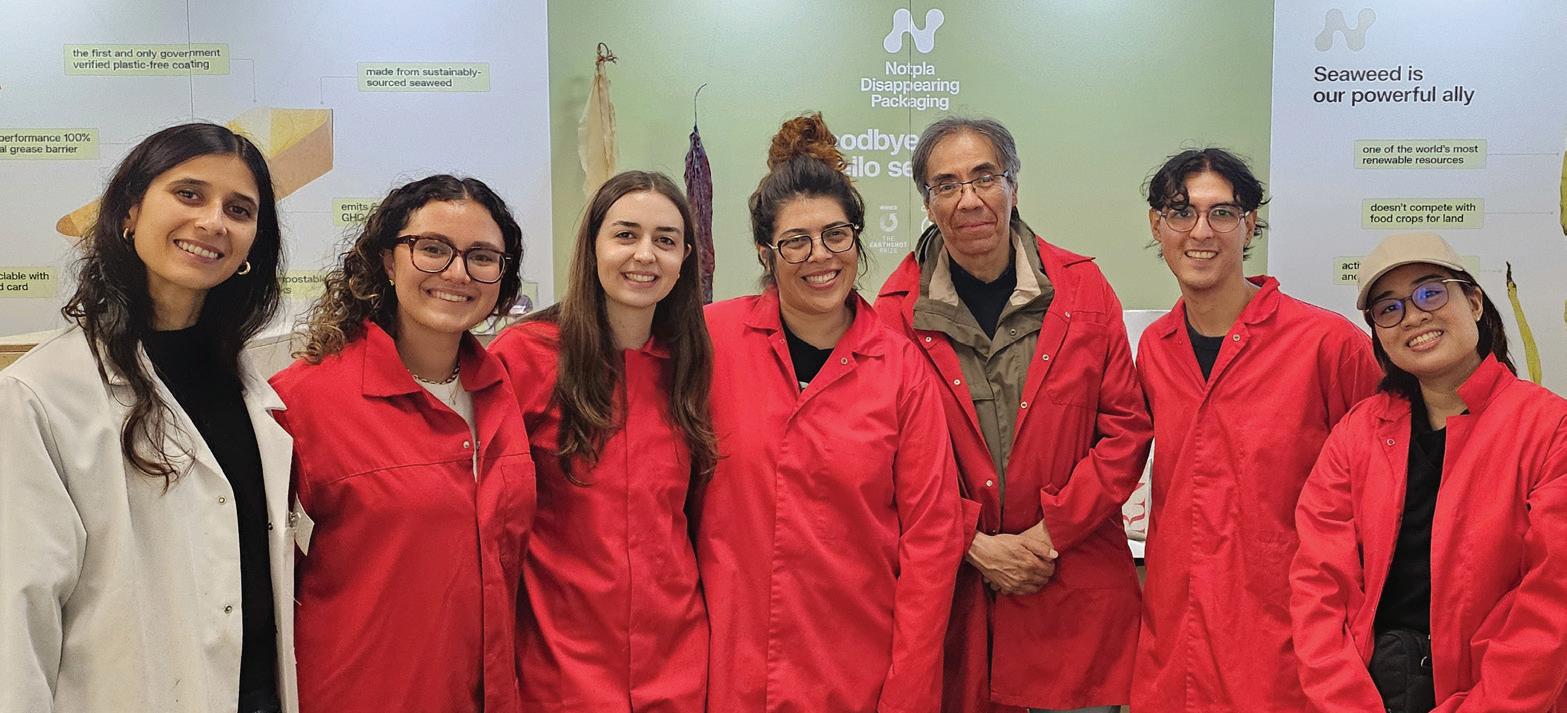
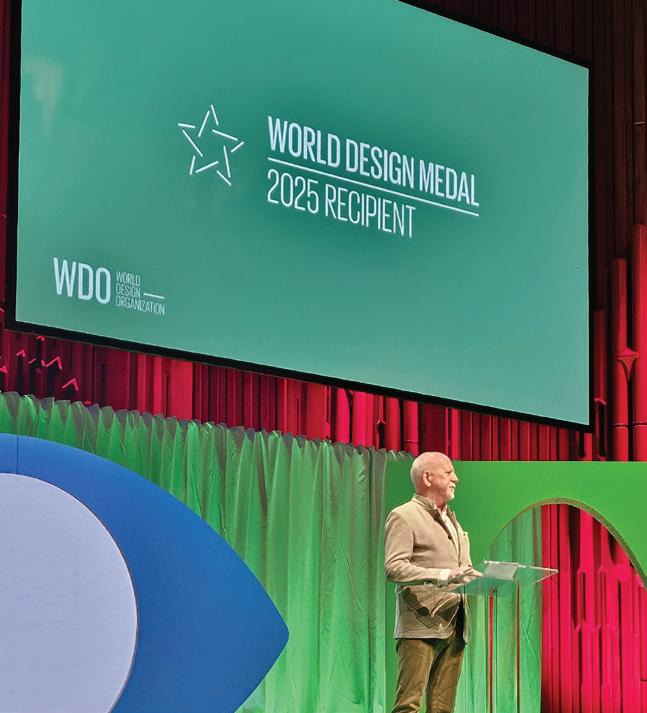
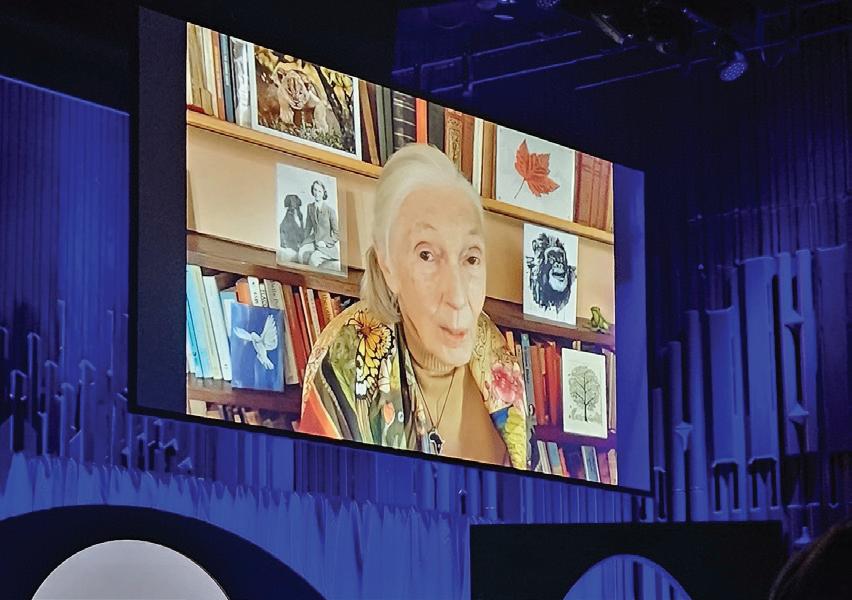

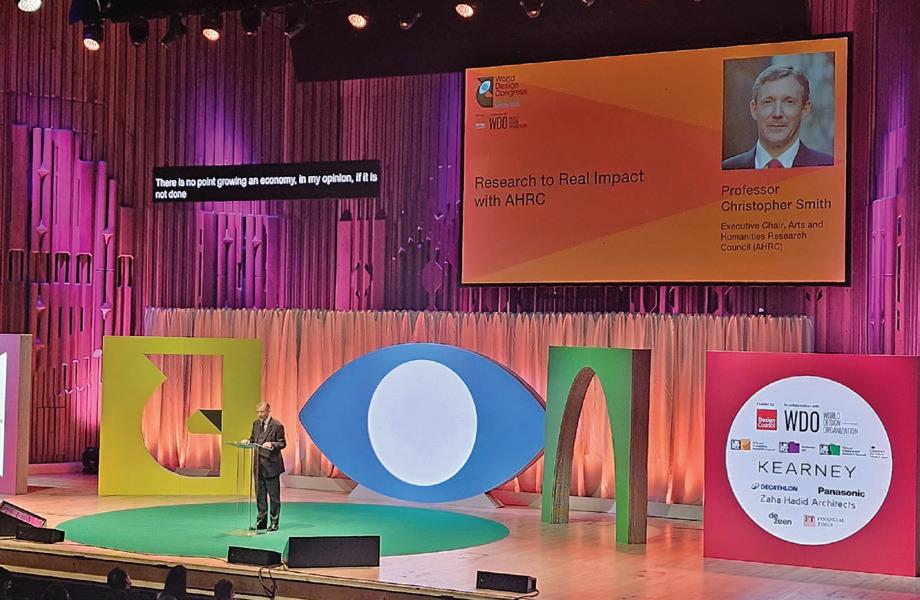

Bunzl Australia & New Zealand Safety Vests @ Foodtech Packtech
The AIP Australasian Institute of Packaging would like to thank the Bunzl Australia & New Zealand team that were at Foodtech Packtech.
Seeing your safety vests every day made the AIP education team realise it was time to refresh and have new ones 'Powered by Bunzl'� We look forward to wearing them and showcasing yet another solution from our fabulous Corporate Partners Bunzl! If you need safety vests you know where to go�
A special thank you to Nasim Aflatoon for making this possible
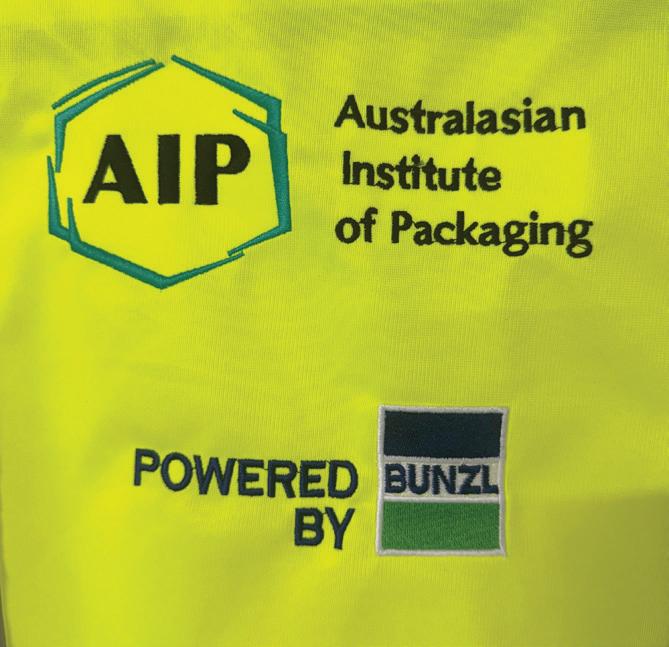
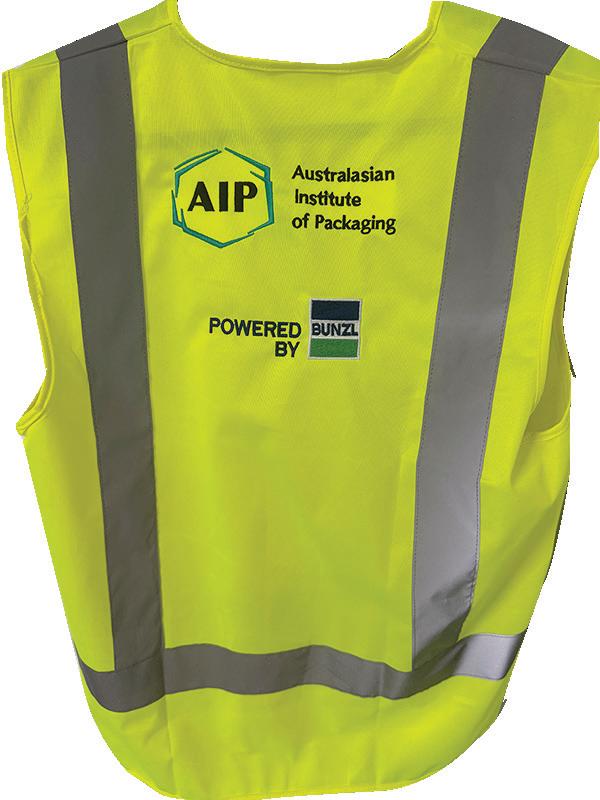

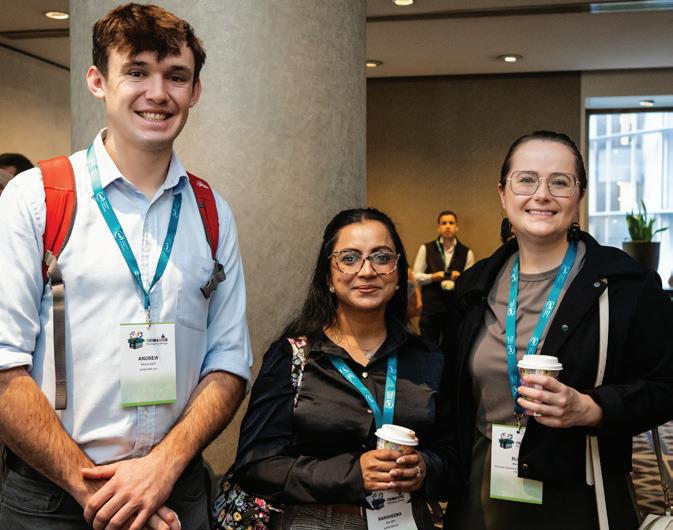
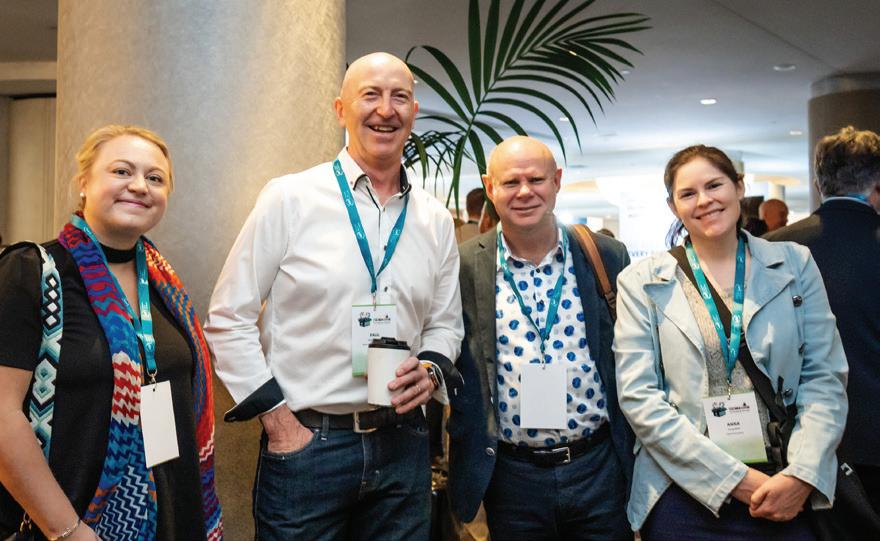
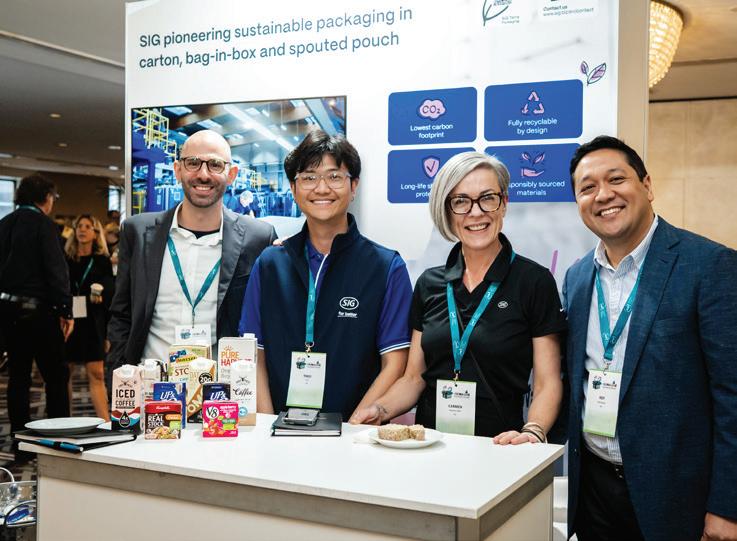
Global Regulatory Alignment
Proven Compliance
Technical Excellence
In pharmaceuticals, packaging is more than a container, it’s a safeguard for product integrity, patient safety, and brand trust. As legislation evolves worldwide, material choice must keep pace with increasingly stringent requirements. Ball & Doggett’s pharmaceutical-ready carton board range is engineered to align with global regulatory expectations.
Our materials are carefully selected, ensuring your packaging not only performs but stands up to scrutiny in every market you serve.
Our cartonboard grades are compliant with Australia’s PFAS restrictions. prohibiting certain chemicals in food and pharmaceutical packaging. just one demonstration of how we anticipate regulatory change so you can stay ahead.
SUMO CELSIUS GC2
• PEFC Certified (PEFC/40-31-7)
• ISO 14001 Environment Management System
• ISO 9001 Quality Management System
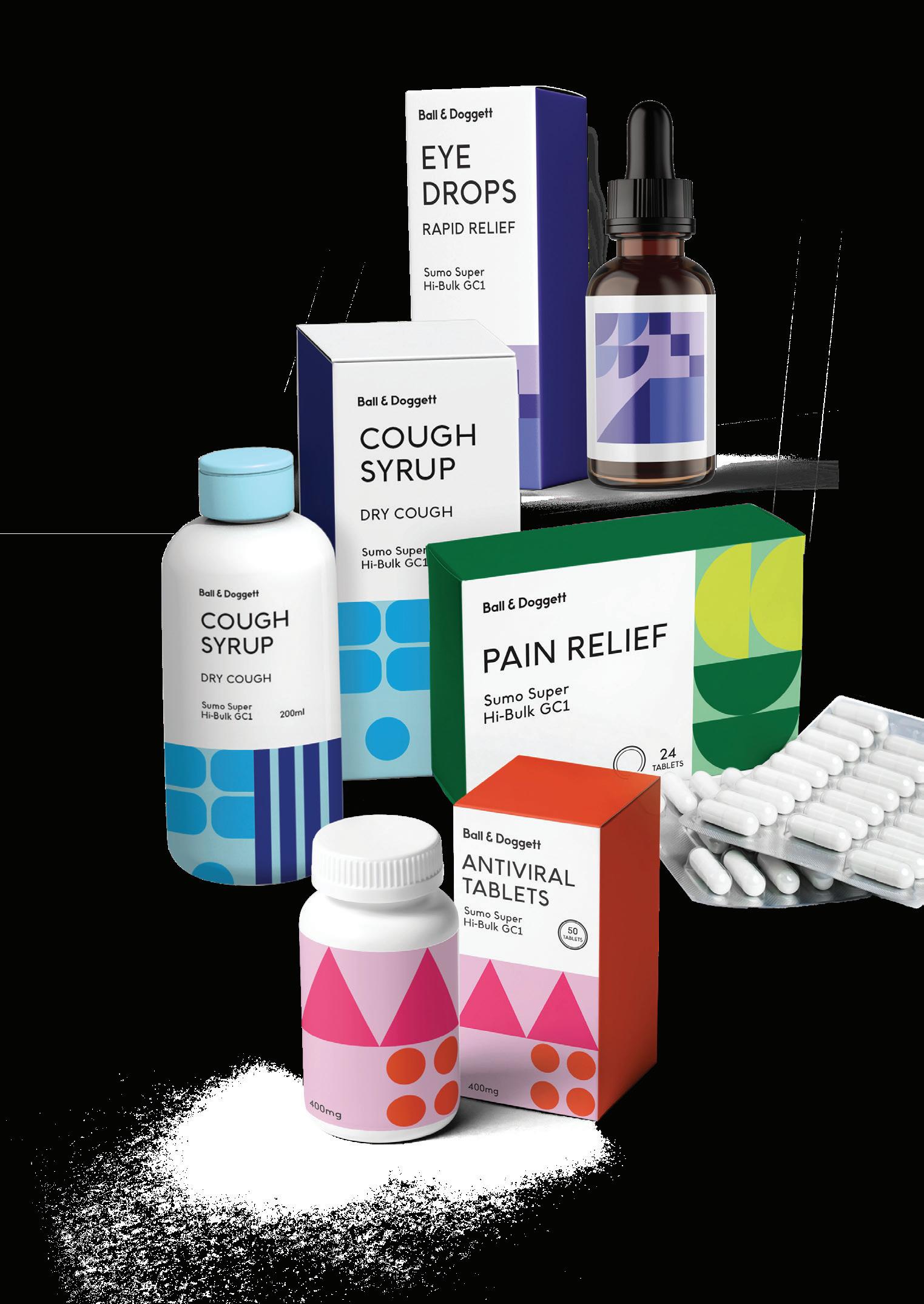
• Engineered for fridge and freezer stability with high stiffness and moisture resistance
• Double-coated surface for precision print quality
SUMO GREYBACK –RECYCLED & REGULATION-READY
• FSC® Certified, over 90% recycled pulp
• Glossy, clay-coated front for superior print; natural grey reverse
• Ideal for pharma cartons and secondary packaging in controlled environments
SUMO PRIMEKRAFT –TRIPLE-COATED VIRGIN FIBRE STRENGTH
• FSC® Certified, FSSC 22000 food safety accredited
• High stiffness, excellent printability, and edge-wicking resistance for chilled distribution
• 100% virgin fibre for strength in critical applications
packaging requirements.
• Proactive Compliance – PFAS legislation readiness is just one example of our forward-planning approach.
• Technical Expertise – Specialist guidance to match the right board to your process, product, and regulatory landscape.
• Sustainable Credentials – FSC® / PEFC certifications, recycled content options, and recyclability options within the range.
Let’s move beyond material supply — and into strategic partnership.
At Ball & Doggett, we work alongside brands, printers, and converters to anticipate market change, navigate compliance challenges, and design packaging that performs in every market.
Tap into our technical expertise, regulatory insight, and global supply strength and make your next pharmaceutical packaging project future-proof. Stay ahead of the curve.
WHEN: 6 November 2025, 11 am CET
WHERE: On-line via Zoom�
WHAT: In preparation for COP30 Brazil, WPO World Packaging Organisation is proud to announce the webinar “Action Plan Towards COP 30”, to be held in partnership with UNIDO and Foundation FSSC� During this online event, WPO President, Luciana Pellegrino, Vice President Sustainability & Save Food, Nerida Kelton FAIP, and General Secretary, Johannes Bergmair, will share their insights on the critical role of packaging in preventing food loss and waste� Together with representatives from UNIDO, Ali Badarneh, and FSSC Foundation, Aldin Hilbrands, they will discuss common goals and outline a joint action plan in the lead-up to COP 30� The webinar will set the stage for the discussions at COP 30, where WPO will be represented by its President on November 12, at the Food Hub Pavilion
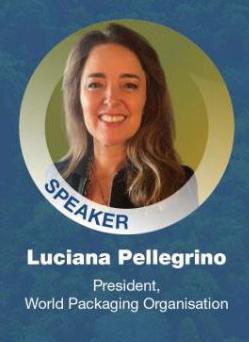
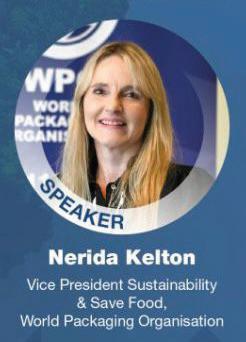

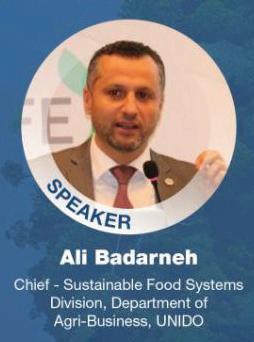
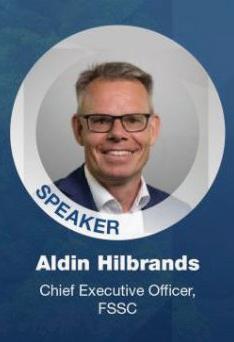

WHEN: 11 November 2025, 2.30 pm, 7.30 am CET
WHERE: On-line via Zoom�
WHAT: As part of its support program for swopShanghai World Of Packaging (November 25–27), organised by Messe Düsseldorf GmbH, WPO World Packaging Organisation is hosting the webinar “Packaging Updates from China” in partnership with its members, the China Packaging Federation and the Packaging Research Institute #CEPI�

The session will explore the latest packaging trends and innovations emerging from the region The five speakers will be moderated by WPO Vice President Sustainability & Save Food, Nerida Kelton FAIP
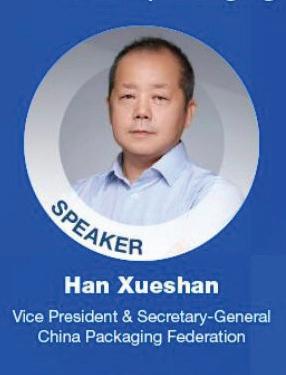

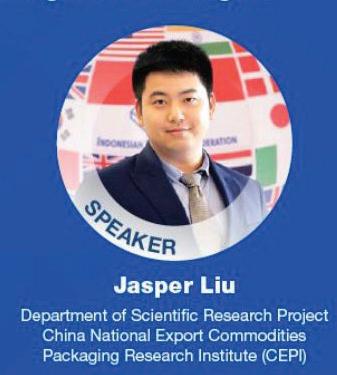
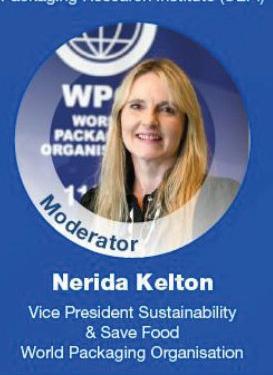


AIP State of Industry Webinar: Global Plastics Pollution Treaty Inc 5.2 and What's
WHEN: 19 November 2025, 10.00 AEDT / 9.00 am AEST
WHERE: On-line via Zoom
WHAT: With global plastic waste expected to reach 1.7 billion metric tonnes by 2060, the United Nations (UN) hosted a series of negotiations to deliver the world’s first treaty to control plastic pollution. The most recent was held in Geneva in August, with the intent being to create the first global and legally binding and historic agreement between over 175 countries. Unfortunately, at INC5.2 there was no resolution as was anticipated.


The development of the Global Plastic Pollution Treaty was designed to address the full lifecycle of plastics � This means not only looking at its disposal and waste management, but starting with plastic design, production and consumption However, this mandate was disputed by many countries and was a major sticking point for many in the INC 5 2 meetings Global targets and initiatives need to be matched with in-country action plans tailored to each country�
This State of Industry webinar will bring together five experts from Switzerland, Australia, Indonesia, New Zealand and the United States of America; who all attended and participated in the INC5 2 meetings During this panel discussion attendees will have the opportunity to find out what positive outcomes have been made in all 5 rounds, the path forward and what countries can still do with, or without a global treaty�
SPEAKERS:










What’s New in Food Technology
Manufacturing magazine and the Food Processing website provide busy food manufacturing, packaging and design professionals with an easy-to-use, readily available source of information that is crucial to gaining valuable industry insight.
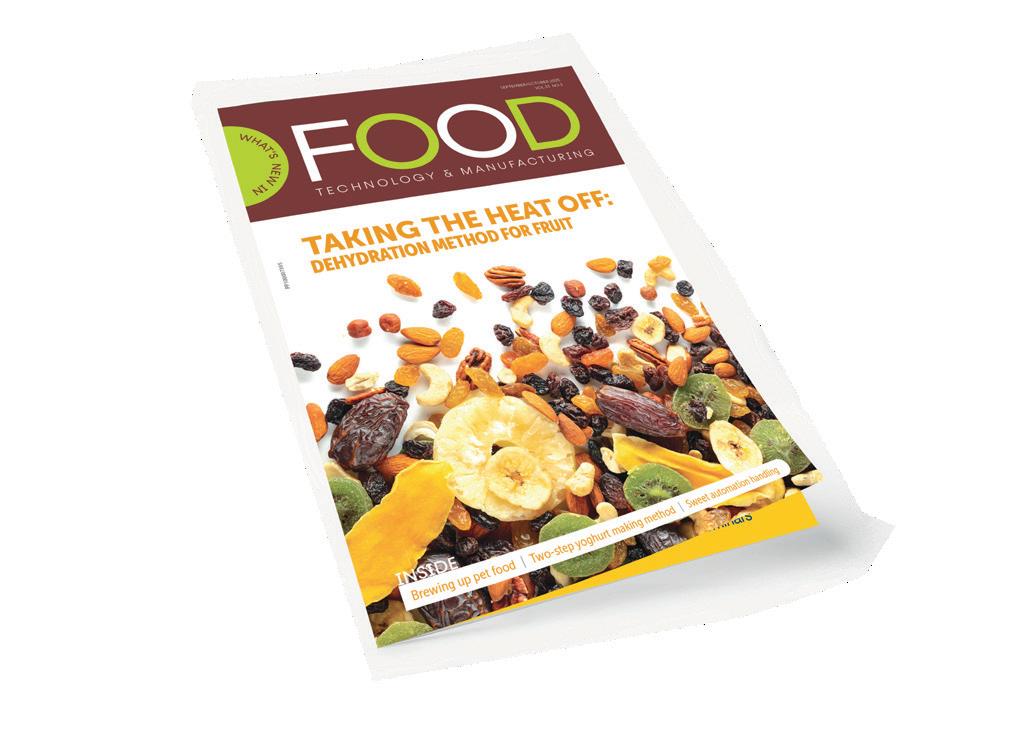
WHEN: 19-22 November 2025
WHERE: Jakarta, Indonesia

WHAT: ProPak Indonesia is the leading international processing and packaging trade event in Indonesia for Processing & Packaging technologies� Powered by ProPak Asia, ProPak Indonesia is part of the event series taking part in the region showcasing a comprehensive array of innovative products to a thriving and expanding local market in Indonesia It is the centerpiece where market trends converge, and industry networking evolve to valuable customer insight ProPak Indonesia is the ‘must-attend’ processing and packaging event in Indonesia delivering an industry-focused platform connecting worldwide suppliers to both local and regional buyers in the food & beverage, consumer & personal goods, and pharmaceutical industrial sectors�

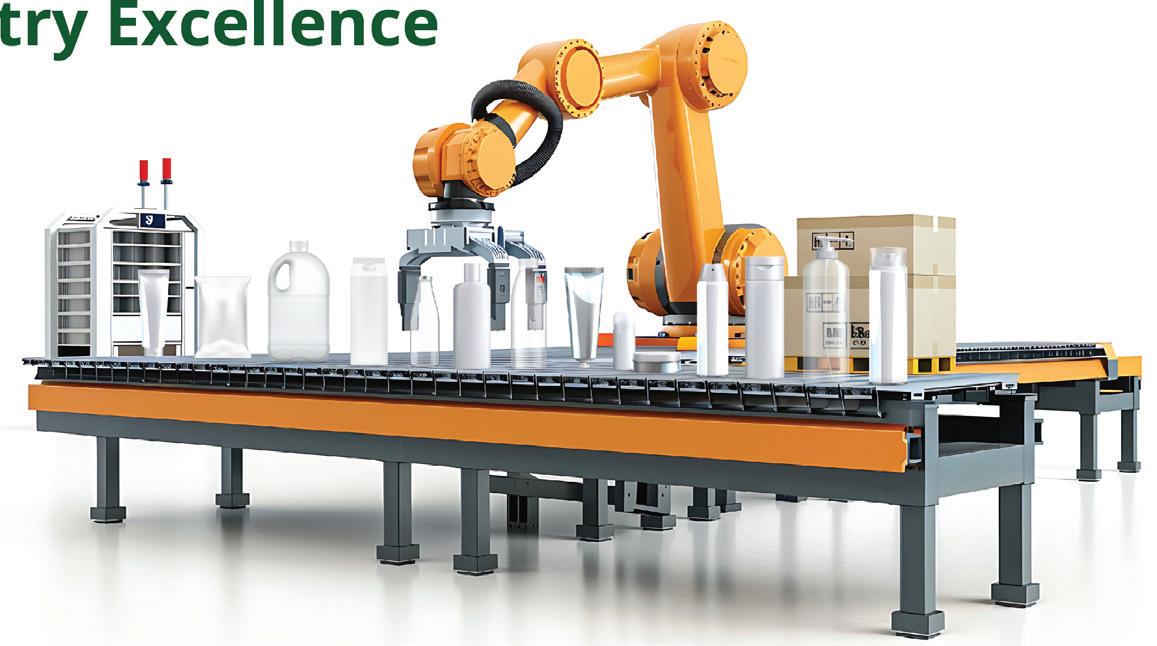
WHEN: 20 November 2025
WHERE: ProPak Indonesia, JIExpo Kemayoran, Jakarta
WHAT: The AIP will be running the 2nd Indonesian Packaging Forum in partnership with Pamerindo over two days This forum will bring together global and local speakers to discuss a wide range of packaging topics�
































































































DAY 2: THURSDAY 20th NOVEMBER
DAY 4: SATURDAY 22nd NOVEMBER

Lilik Triyanto International Expert in Agrifood UNIDO

Puvaneswaran Jsu Strategic Account Manager South APAC X-Rite Pantone

Ralph Moyle FAIP, CPP Education Coordinator Australasian Institute of Packaging (AIP)


Pearl Chan Sustainability Director Reloop by Nature’s Lab

Eki Setijadi Co-Founder & Chief Operating Officer Jangjo

Ragita Wirastri Promotion, Marketing & Communication Manager Indonesian Forestry Certification Cooperative (IFFCC)

Hendra Wijaya Sales Director Tetra Pak Indonesia

Rocky Pairunan NPAP Manager/Ocean & Plastic Waste Manager World Resources Institute (WRI) Indonesia
Huangyi Chen Sustainability Manager, APAC South SIG Group

Lillian Kallman Director Acubetic

Hiroyuki Otsuka Technical Manager Toppan Plasindo Lestari

Ovy Sabrina Co-Founder & Chief Operating Officer Rebricks Indonesia

Jayant R. Kadu Manager (Marketing) Functional Materials Division Mitsui Chemicals

William Sukiban Sales Manager Indonesia UPM Raflatac Indonesia

Devaki Rajendran APAC Sustainability Manager MCC Label

LTC Joseph Ross Jocson President Asian Packaging Federation (APF)







19-22 Nov 2025
JIEXPO Kemayoran Jakarta, Indonesia
Opening hours: 19-21 Nov (Wed-Fri) 10AM-06PM I 22 Nov (Sat) 10AM-05PM
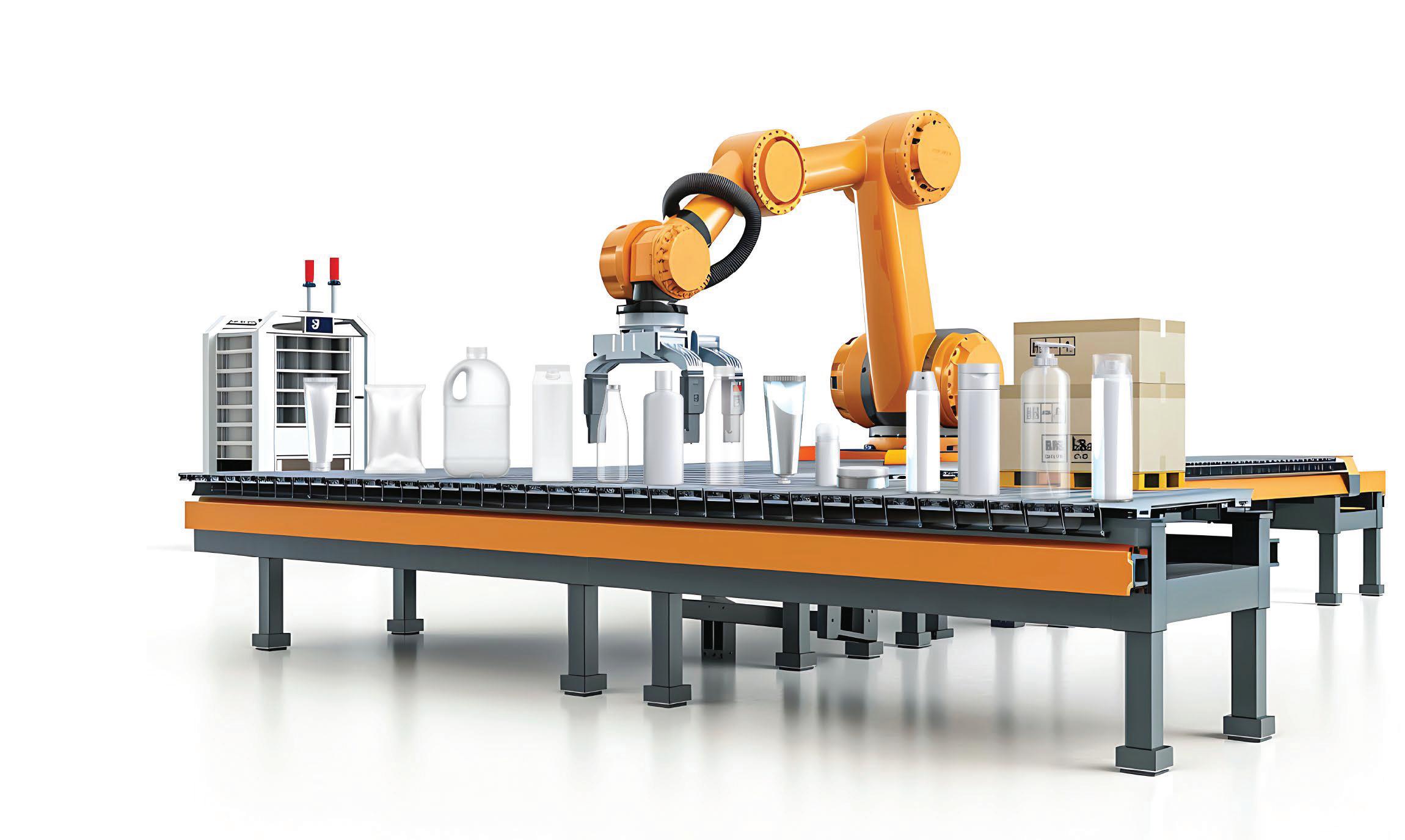



WHEN: 25-27 November 2025
WHERE: Shanghai New International Expo Centre (SNIEC), China
WHAT: Messe Düsseldorf (Shanghai) Co., Ltd. and Adsale Exhibition Services Ltd. will join hands to present the Shanghai World of Packaging (swop) from 25th to 27th November 2025 at Shanghai New International Expo Centre (SNlEC). In 2025, swop will celebrate its 10th anniversary milestone.
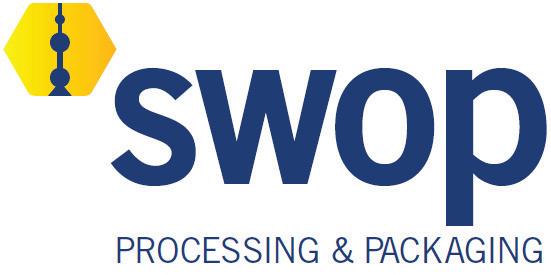

As a member of the interpack alliance, swop deeply explores cutting-edge fields such as artificial intelligence, intelligent automated/digital packaging, sustainable/ personalised/lightweight packaging, processing and packaging machinery, innovative materials and products, components, printed labels, and packaging design� With a scale of over 70,000 square meters, swop 2025 will present innovative products and technologies from approximately 950+ global leading enterprises in a one-stop platform� It is expected to bring together over 40,000 professional visitors from home and abroad, jointly driving the packaging industry toward an efficient, green, and intelligent future!
WHEN: 28 November 2025
WHERE: Hilton Hotel Sydney & Live On-line
WHAT: The AIP brings its expertise on packaging reform, innovation, and sustainability to the Food Regulation Symposium Members and associates of the AIP receive a special discount of 30% off the full price of the conference, with promotion code 25AIP30 Hear from Keith Chessell of the AIP Education Team as he explores proposed government packaging design mandates, soft plastic recycling initiatives, chemical concerns such as PFAS, packaging’s role in reducing food waste, and the latest advances in sustainable packaging
Click here to view more information:
https://hubs�ly/Q03KXn650
PRESENTER:

Keith Chessell FAIP (Life) Education Team
Australasian Institute of Packaging (AIP)
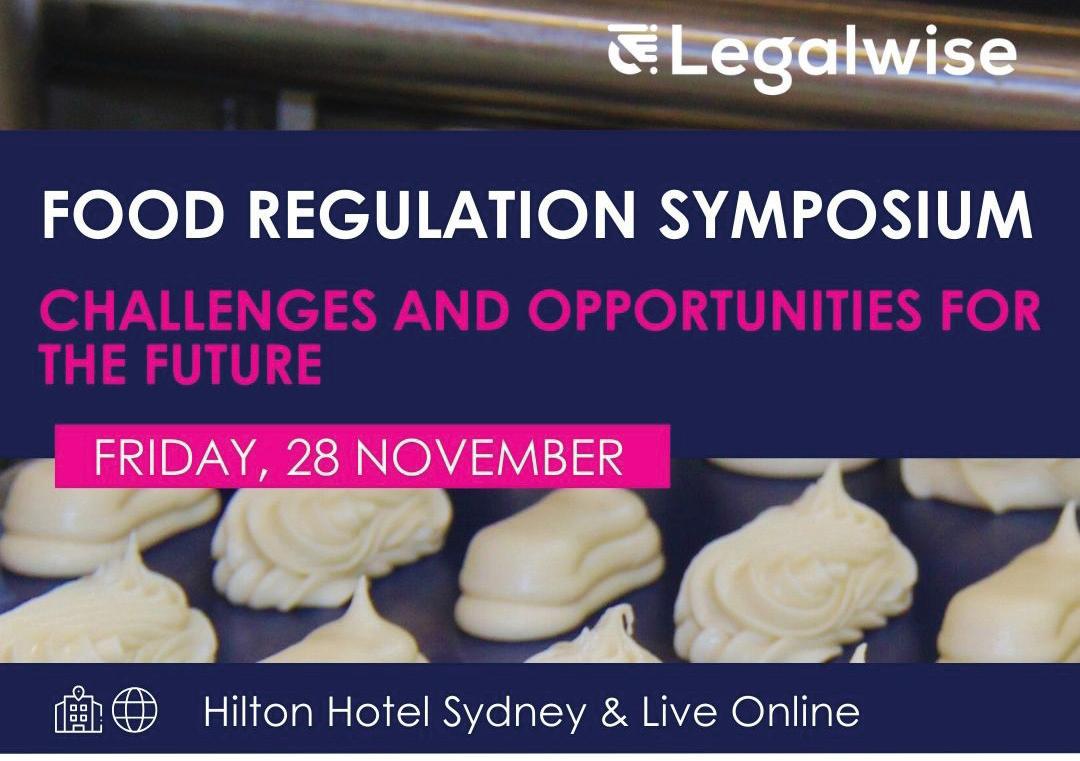
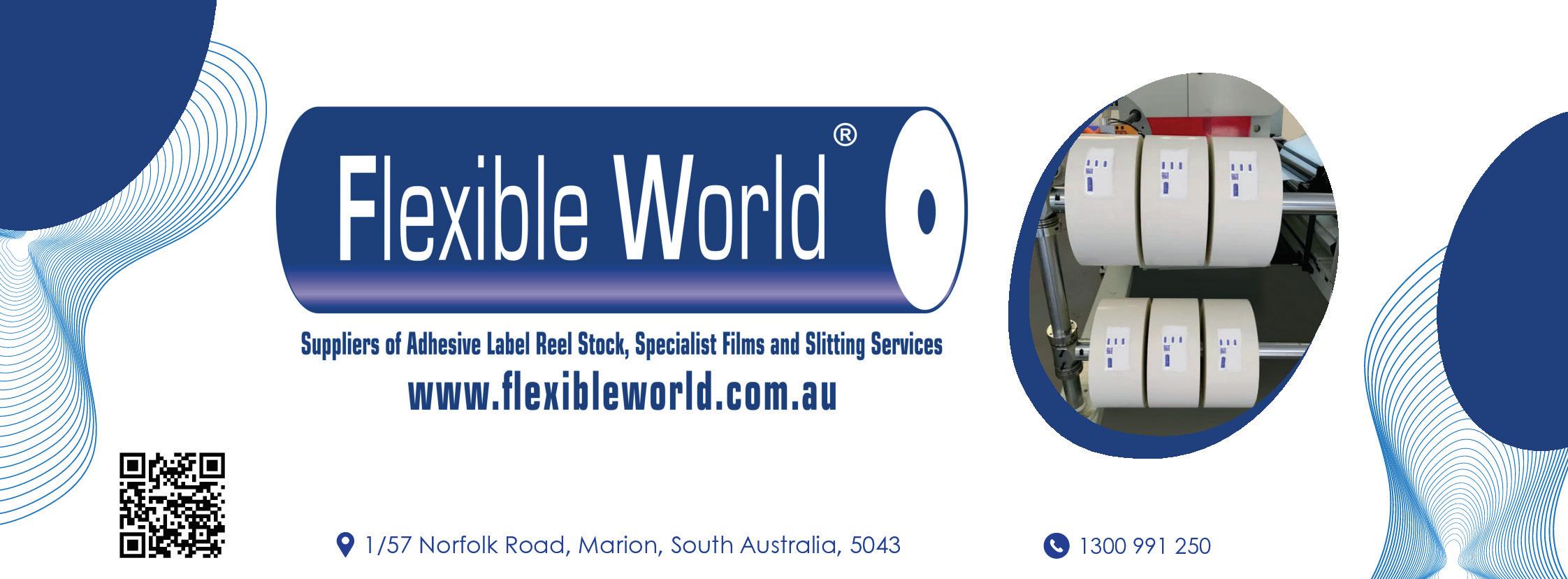
WHEN: 9-11 December 2025
WHERE: Egypt International Exhibition Centre, Cairo, Egypt
WHAT: The International Exhibition for Processing & Packaging in the Middle East and Africa

• Addresses the requirements of the food, beverages, confectionery, bakery, pharmaceuticals, cosmetics, non-food, and industrial goods sectors in the Middle East and Africa region
• Brings together local and international industry stakeholders from across the entire value chain
• Capitalises on mega opportunities in one of the major economic hubs in North Africa; also serving as the gateway to regional markets
Packaging & Packaging Waste Regulation (PPWR) Part 2:
Implementation & Operational Details
WHEN: 10 December 2025, 10.00 AEDT / 9.00 am AEST
WHERE: On-line via Zoom
WHAT: Following on from the recent AIP State of Industry webinar that discussed the Basic Toolkit for Understanding the Packaging & Packaging Waste Regulation in Europe the second webinar in this three part series will be discussing Implementation & Operation Details.
In this session, Charlotte and Lina will take a practical look at what companies need to do to comply with the new European Packaging and Packaging Waste Regulation (PPWR) The webinar will outline the key implementation steps required, with a particular focus on the conformity assessment process � The webinar will explain how this assessment must be carried out, especially from the perspective of importers, and provide clear guidance on operational details to help organisations prepare for compliance
The webinar will help attendees to better understand key actions required for brands, suppliers, and manufacturers and how to navigate reporting requirements

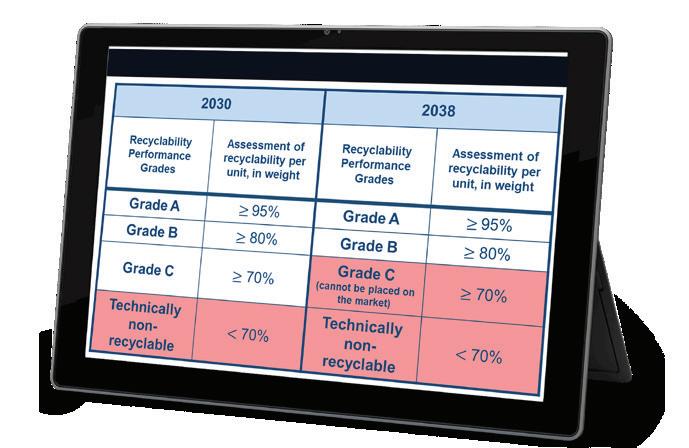
The third and final webinar of the series will be discussing PPWR & Data Management and Digitalisation� SPEAKERS:

Lina Wimmer Senior Consultant Circular Analytics
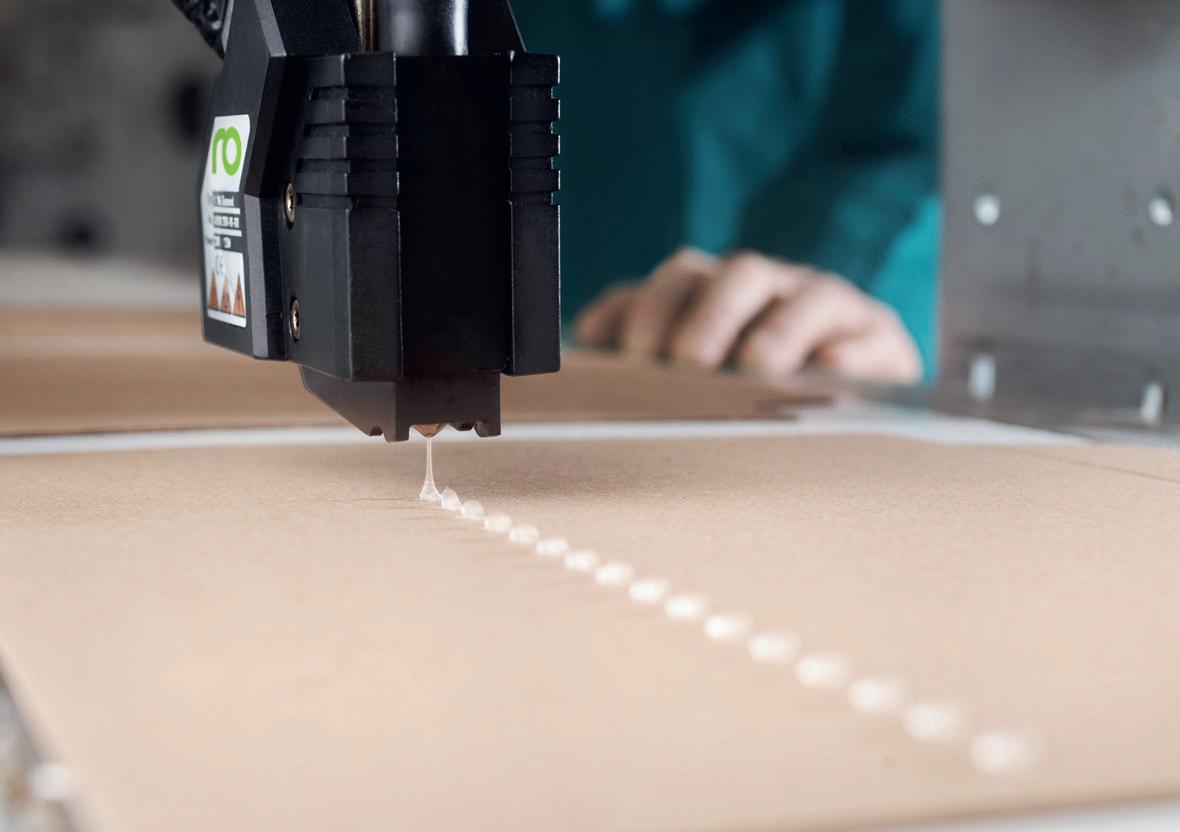

Charlotte Neumair Team Lead Circularity Circular Analytics
Personalized advice, fast service, and deep process know-how for the Australian packaging market.
Robatech Australia Pty. Ltd. I Unit 9/8 Millennium Court Silverwater NSW 2128 I Australia +61 2 9748 4559 I infodesk@robatech.com.au I www.robatech.ch
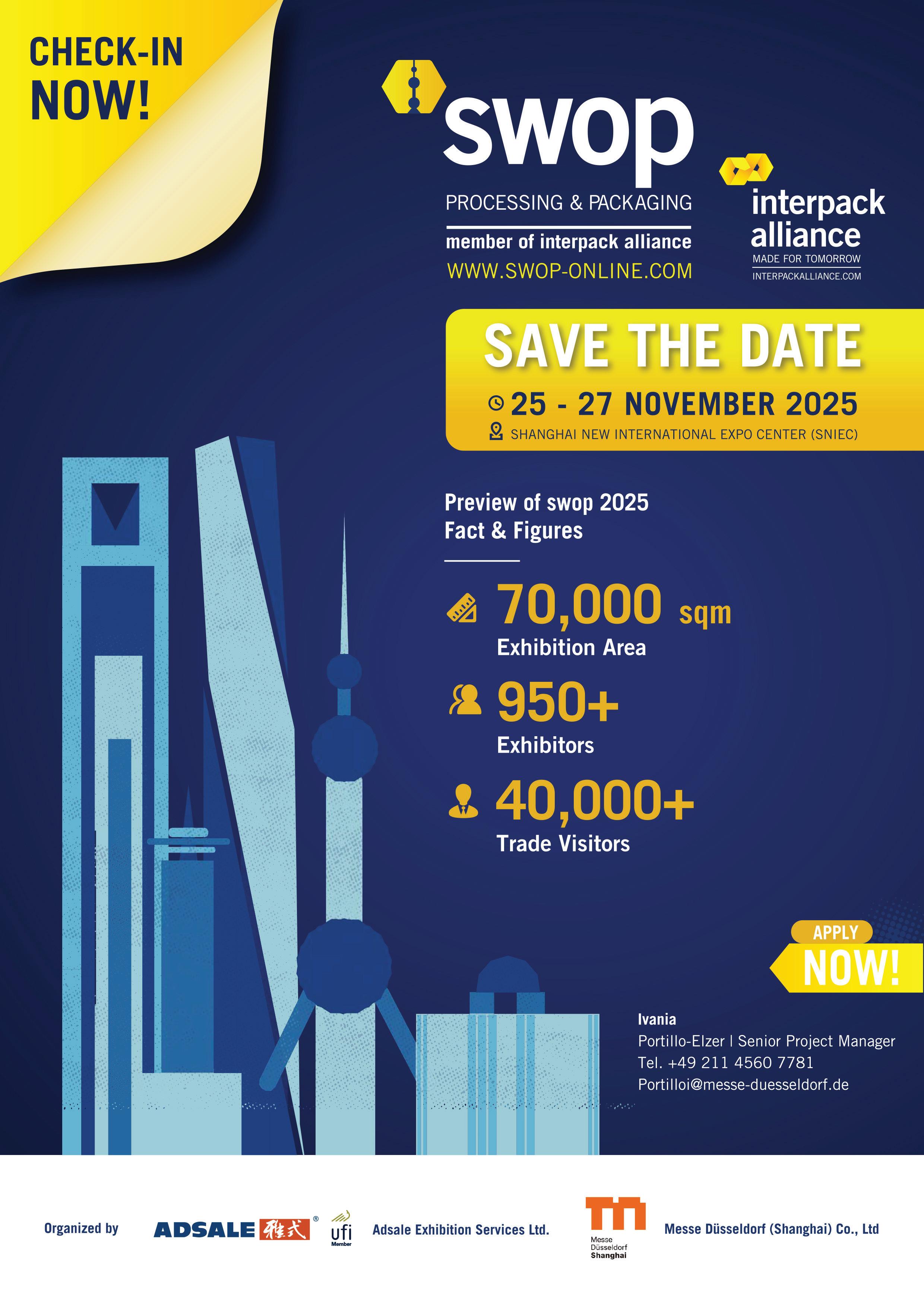
WHEN: 4-6 February 2026
WHERE: World Trade Centre Metro Manila, Pasay City
WHAT: ProPak Philippines is the leading international processing and packaging trade event for the Philippines� It is the perfect platform for market trends, investments and industry networking through product exchange and a variety of conferences, seminars and technical workshops offering sustainable solutions for the country’s enterprises The event provides various industries with access to the latest development in packaging and processing machines and technology from leading companies across the globe The exhibition delivers a brilliant industry-focused event connecting international suppliers to local and regional buyers in food, drink and pharmaceutical manufacturing industries With supportive governance, the Philippines has forecasted strong and dynamic growth across its industries with the backdrop of rising incomes, expanding & changing consumer demands, and increasing export potential�


WHEN: 31 March - 2 April 2026
WHERE: Saigon Exhibition & Convention Centre (SECC) Ho Chi Minh City, Vietnam
WHAT: ProPak Vietnam is poised to showcase the latest advancements in the Processing, Packaging, and Packaging Technology sectors, solidifying its status as the 18th International Exhibition and Conference dedicated to these industries in Vietnam� Organised by Informa Markets - Vietnam, this tradeshow will take place at the Saigon Exhibition and Convention Center, a prominent venue located in Ho Chi Minh City The exhibition is not just a display of technology but an engaging platform for industry professionals to explore cutting-edge solutions tailored to enhance operational efficiency and product quality in the manufacturing and processing sectors

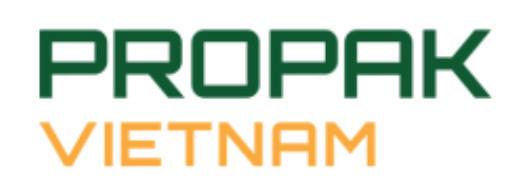
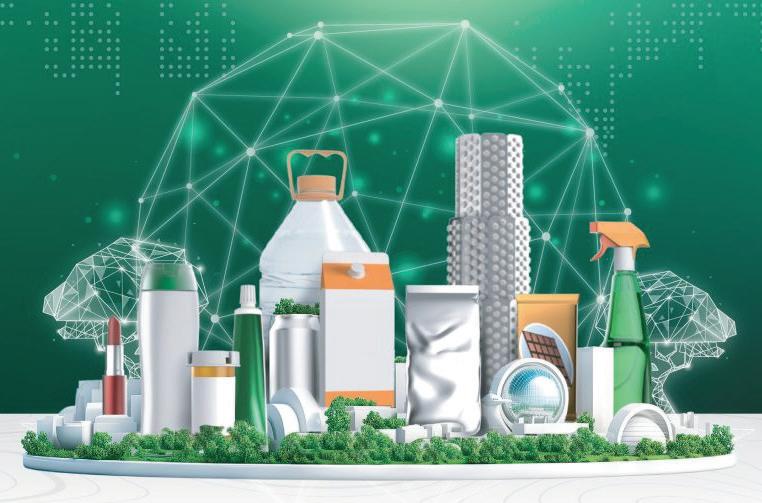
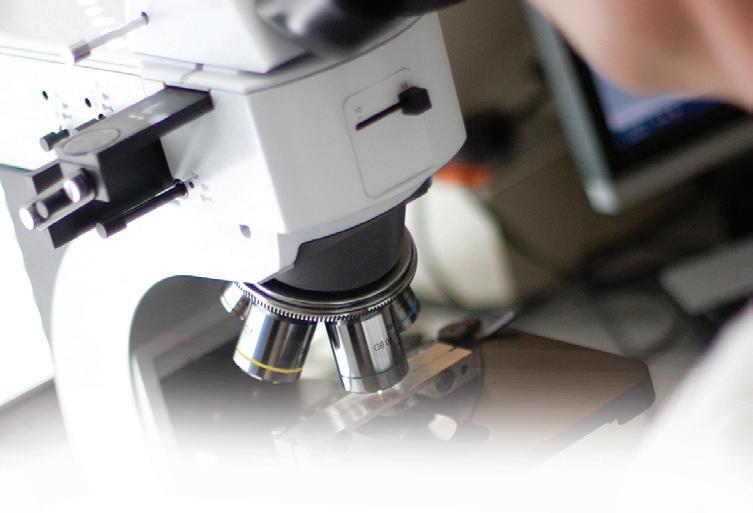

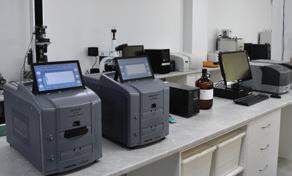

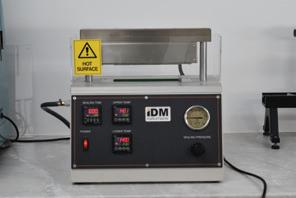
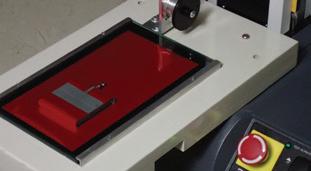

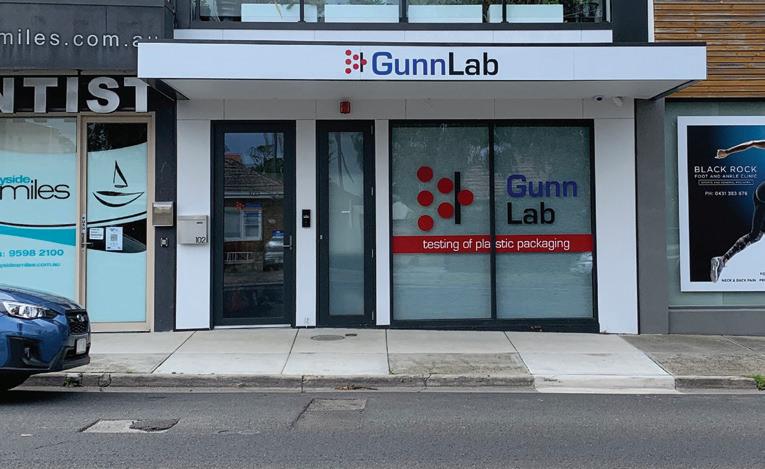
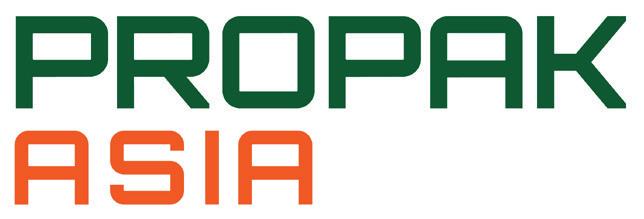
ProPak Asia 2024 Post Show Fact Sheet
Show Title: ProPak Asia – The 31st International Processing and Packaging Exhibition for Asia
Date & Time: 12-15 June 2024
Venue: BITEC, Bangkok, Thailand
Exhibit Area: 55,000 Sq.m.
Participants: 2,000 Exhibitor Brands from 42 Countries
International Pavilions: 14 International Pavilions from 12 Countries and Regions
Australia, Bavaria, China, France, Italy, Japan, Malaysia, North America, Singapore, South Korea, Switzerland, and Taiwan ROC
Trade Attendees: 68,218 Attendees from 83 Countries and Regions
JUNE 2026
ProPak Asia 2026
Top 10 International Visitor Countries:
WHEN: 10 - 13 June 2026
WHERE: Bangkok, Thailand

Afghanistan, Africa, Australia, Austria, Bangladesh, Belgium, Bhutan, Brazil, Brunei, Cambodia, Canada, Chile, China, Costa Rica, Czech Republic, Denmark, Egypt, Fiji, Finland, France, Georgia, Germany, Ghana, Holland, Hong Kong S.A.R., Hungary, India, Indonesia, Iran, Iraq, Ireland, Israel, Italy, Japan, Jordan, Kenya, Kuwait, Kyrgyzstan, Laos, Lebanon, Lithuania, Luxembourg, Macau S.A.R., Malaysia, Maldives, Mauritius, Mexico, Mongolia, Morocco, Myanmar, Nepal, Netherlands, New Zealand, Nigeria, Oman, Pakistan, Palestine, Papua New Guinea, Peru, Philippines, Poland, Portugal, Romania, Russia, Saudi Arabia, Singapore, Slovakia, South Africa, South Korea, Spain, Sri Lanka, Sweden, Switzerland, Taiwan ROC, Tanzania, Thailand, Tonga, Turkiye, UK, United Arab Emirates, The USA, Vietnam, Yemen
AIP to Partner - Global Packaging Forum, Training Courses, Workshops, PIDA showcase & Stand
Philippines, Malaysia, China, Japan, Cambodia, Indonesia, Vietnam, Singapore, Myanmar, India

WHAT: ProPak Asia is Asia's Number One international trade event for Processing & Packaging Technology� ProPak Asia truly is the 'Must-Attend' industry event in Asia for Asia, as quality and variety of products increase and expand, and productivity of operations and manufacturing standards are driven higher by consumer demands and new automation and technological advances, which will be presented at the show







VISIT OUR WEBSITE WWW.PROPAKASIA.COM
TO REGISTER YOUR INTEREST, PLEASE EMAIL US AT INFO@AIPACK.COM.AU
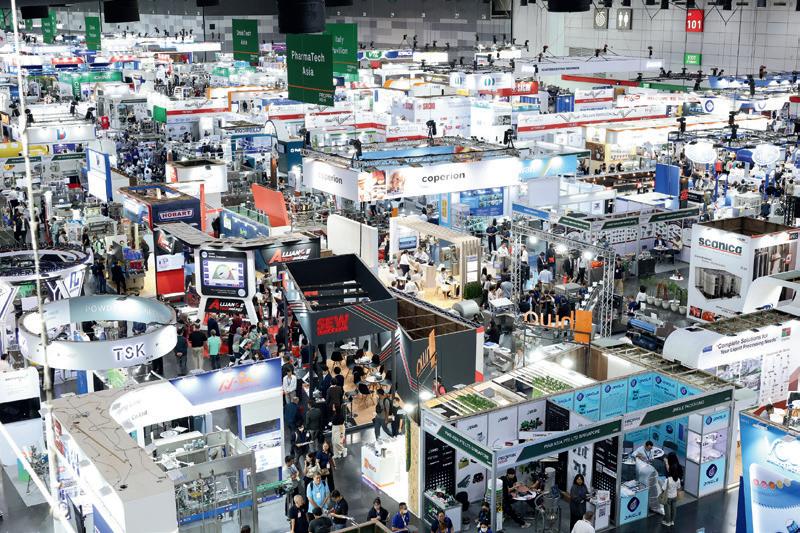
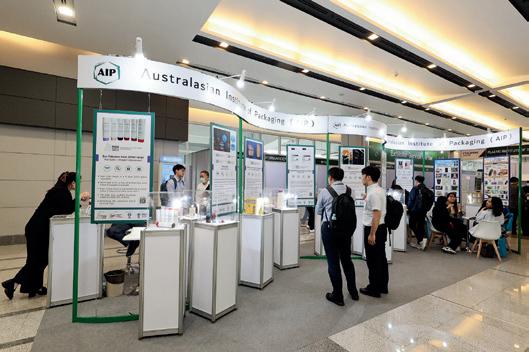
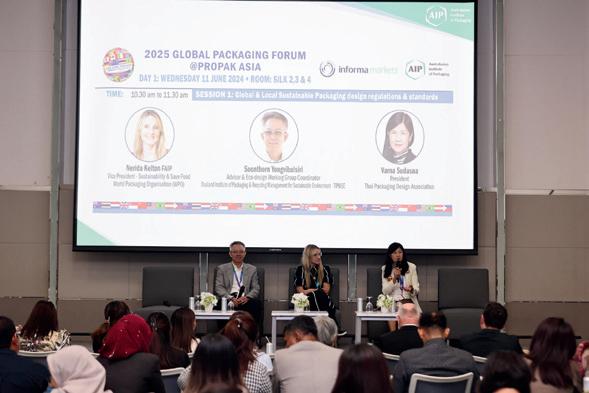
EXPERIENCE A WEEK OF UNPARALLELED OPPORTUNITIES

nnual Global Packaging Forum: Gain insights from industry leaders.

Exclusive Training Courses: Enhance your skills and knowledge.

Interactive Workshops: Collaborate and innovate.


Showcase Display: Witness cutting-edge packaging solutions.























AUSTRALASIAN INSTITUTE OF PACKAGING (AIP) IS THRILLED TO INVITE AUSTRALIAN AND NEW ZEALAND PROCESSING AND PACKAGING BUSINESSES TO JOIN OUR DEDICATED GROUP DELEGATION AT PROPAK ASIA 2026 DURING 10 – 13 JUNE IN BANGKOK!
JOIN THE AUSTRALASIAN INSTITUTE OF PACKAGING (AIP) GROUP DELEGATION AND GAIN
Access to leading suppliers across Food & Beverage, Pharmaceutical, Cosmetics, and related industries. Exclusive networking with key industry decision-makers. Benefit from complimentary airport pick-up and drop-off services, as well as a shuttle bus service between the hotel and the venue during your stay. Delegates may be eligible for complimentary accommodation for a seamless experience. Enquire today!



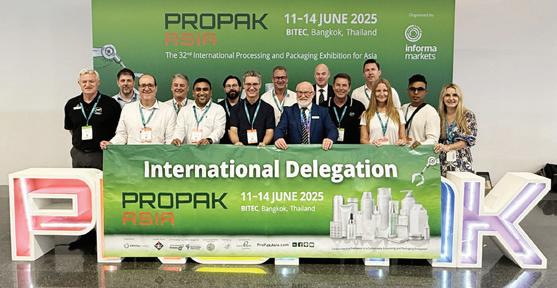
“It was great to be part of the first Australasian Delegation, hosted by the Australasian Institute of Packaging, at ProPak Asia 2025. ProPak Asia is thriving, with strong industry engagement and many returning exhibitors. AIP’s training sessions and workshops drew strong interest, and the AIP PIDA showcase was a standout.”
“Thank you so much AIP for organising the first-ever Australian Delegation and for the invitation for us to attend. Propak Asia was such a great show, fantastic exhibitors, very well run, the AIP stand featuring all the PIDA winners was amazing, and the organisation of the delegation, dinners, and getting in and out of the show was seamless. Can’t wait to do it all again. Many thanks.”
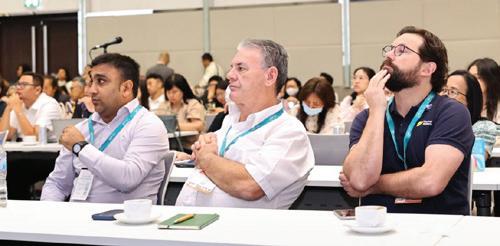
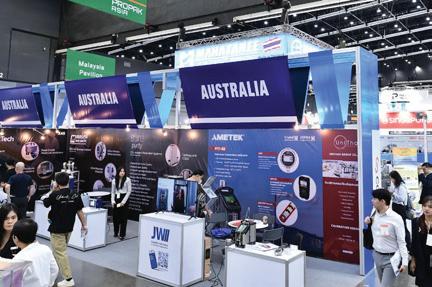

“Another year at ProPak Asia but this time around I was there as AIP Australasian delegate. Thank you to the AIP for the continuous support for those AIP Members outside of Australia. Your continuous effort in organising events and upskilling packaging professionals around Asia is commendable. I was also very lucky to gain knowledge from Ralph Moyle and Prof Pierre Pienaar during the four days. Their experience and efforts to share knowledge to people of all different levels is quite remarkable.”
WHEN: 26 - 29 July 2026
WHERE: Melbourne Convention and Exhibition Centre
WHAT: Australia's Leading Trade Event for Food Processing, Packaging and Innovation


The manufacturing sector is vitally important for our economic future, with food and beverage processing being Australia’s largest manufacturing industry.
For over 50 years, foodpro has gathered the industry to celebrate the contribution of Australian food producers, distributors and manufacturers foodpro connects professionals across the food and beverage value chain seeking cutting-edge solutions in processing, packaging, beverage equipment, digital technologies, logistics, and sustainability to drive efficiency, compliance, and growth�
Foodpro returns in 2026 to the MCEC as Australia’s leading event for the food processing and manufacturing industry
The AIP will be once-again partnering with foodpro with an exhibition stand, some packaging sessions and training courses� Stay tuned for more information�
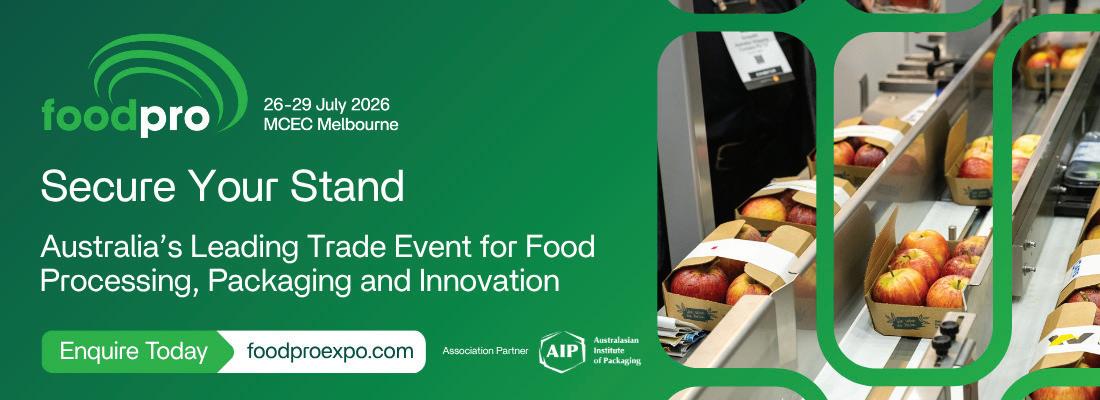
WHEN: 16 - 18 November 2026
WHERE: Shanghai New International Expo Centre (SNIEC), China
WHAT: swop is the essential event for the food, beverage, confectionery, bakery, pharmaceutical, cosmetics, non-food and industrial goods sectors No other trade fair in China represents the entire supply chain And at no other trade fair in China does the packaging industry provide all industry sectors with tailored solutions and innovative designs based on such a variety of materials
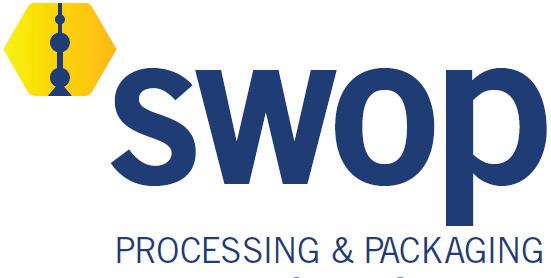



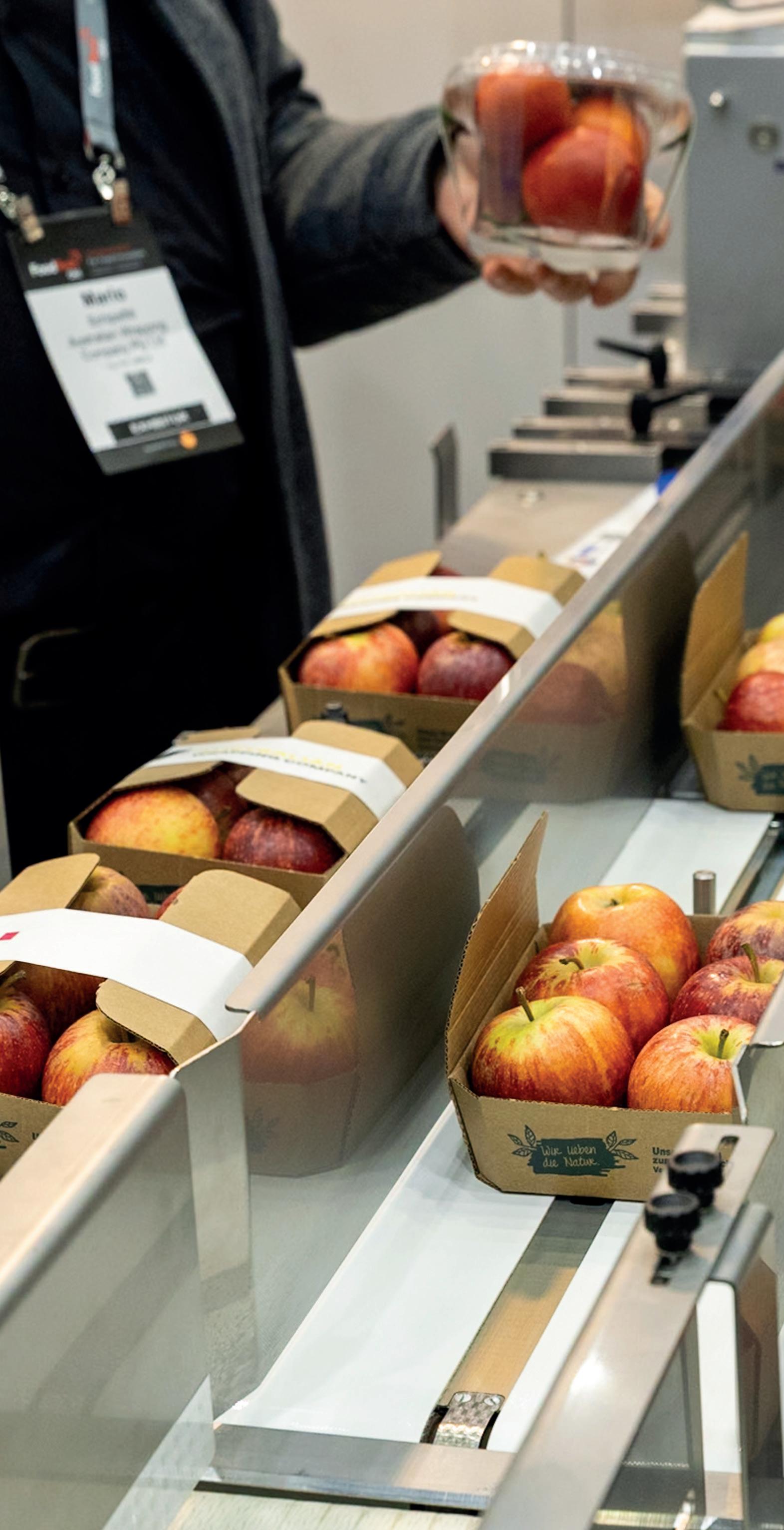

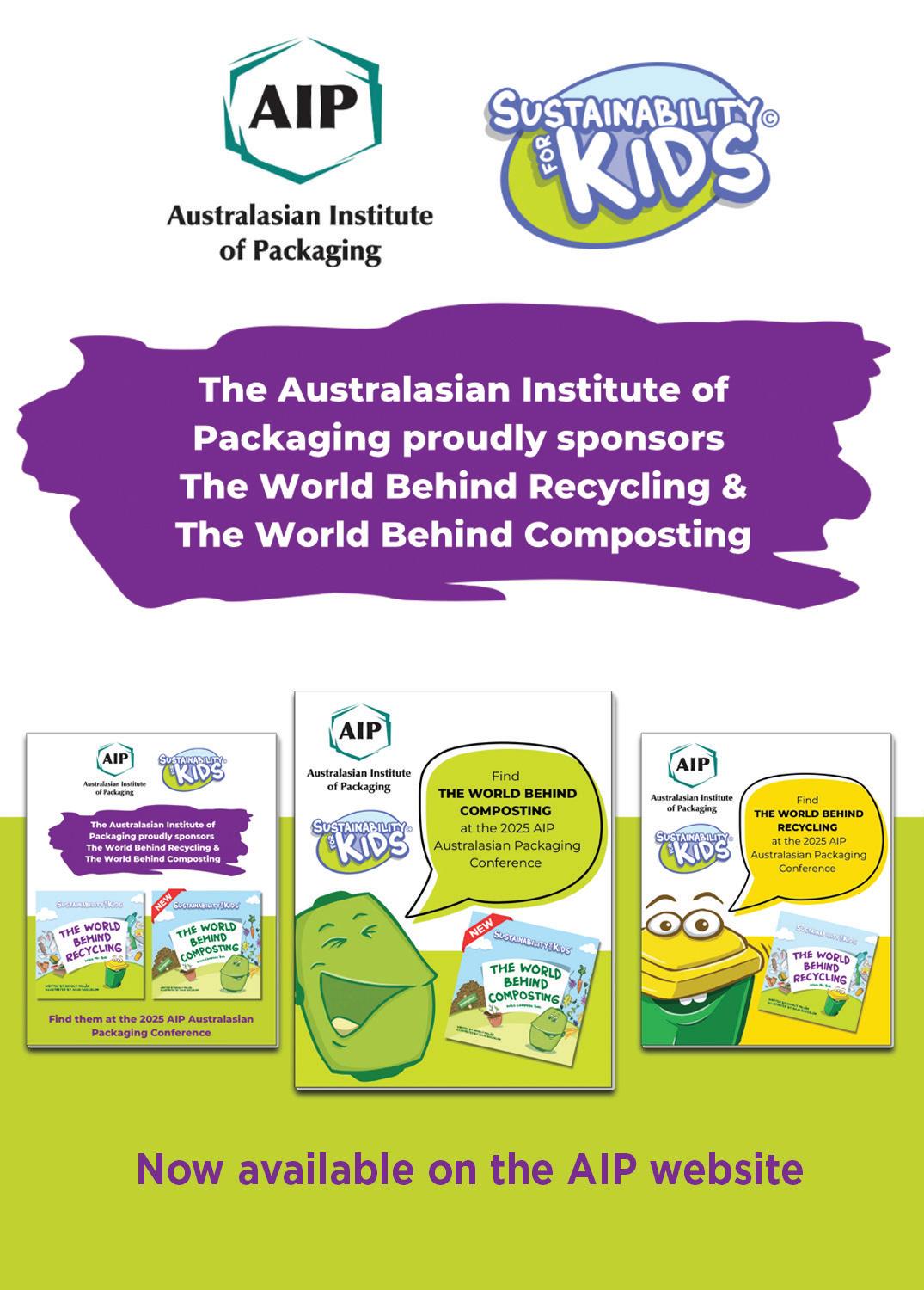
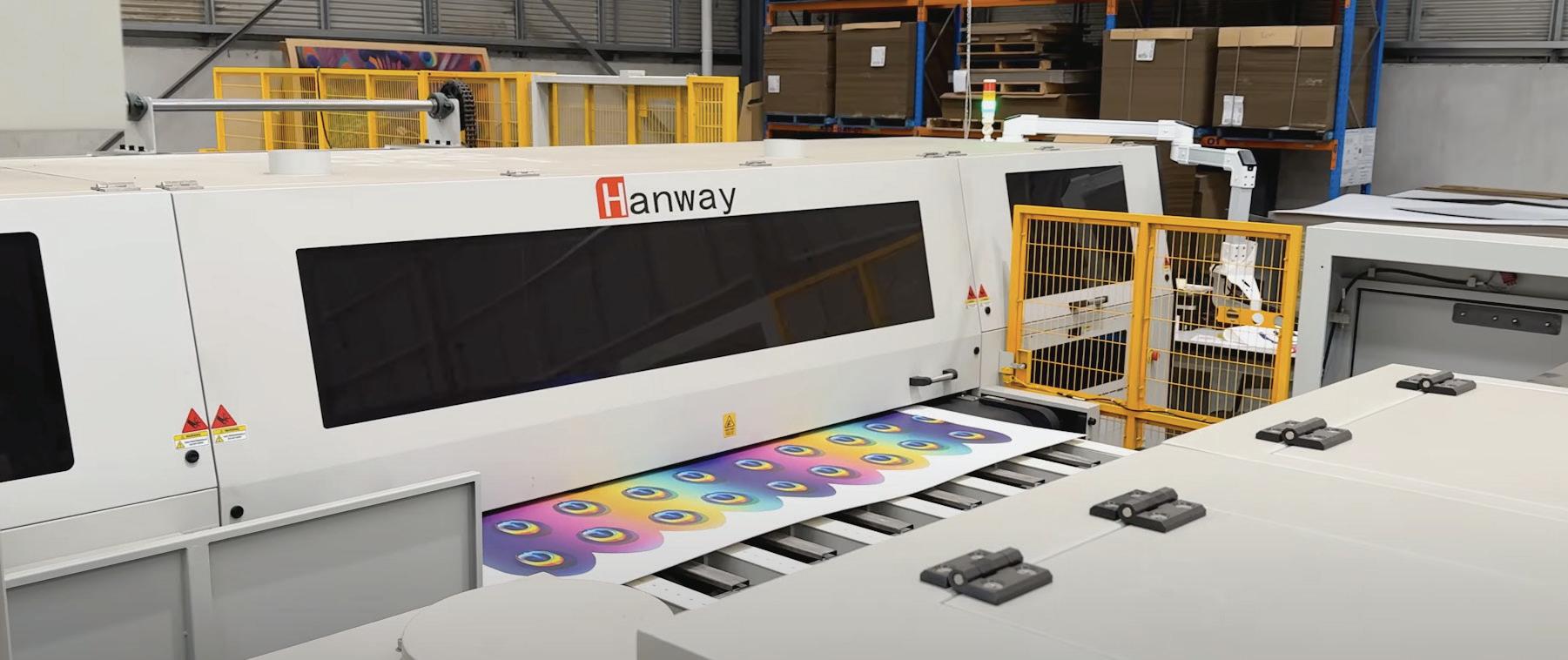
Kissel+Wolf Australia is now delivering world class digital packaging solutions for the corrugated and carton board market. They are providing fully integrated systems, workflows and service across the Australian and New Zealand markets. Whether it be short, medium or high-volume requirements their portfolio options can be tailored to meet your needs both today and for future growth.
Kissel+Wolf's recent partnership with the OPAL ANZ Group, a global leader and innovator across the fibrebased packaging segment, has changed the landscape in terms of 'customer service delivery' and once again demonstrates OPAL’s ongoing commitment finding technology solutions to support their customer needs
Kissel and Wolf’s sales manager Bruce Caldwell commented “OPAL have always been at the forefront of investing in the key area of time to market, on demand print and quality of service and product”.
Opals reputation and focus on customer satisfaction is even further advanced with the installation of multiple digital print systems from Kissel and Wolf Their ability to deliver quality print, at speed, and deliver fully completed campaigns from multiple cities and locations is second to none Bringing design, print, cutting, gluing with full automation as a one stop end to end process enables flexibility, productivity and real advantages for both customers and sales resources
Partnering with world-leading technology providers, Kissel+Wolf brings a dynamic portfolio of equipment and expertise to customers looking to modernise and innovate their packaging production
Caldwell suggested “Our focus when sourcing our partners is not just about the quality of the product, it is also around the value and investment strategy. We take a consultative approach when listening to our customers. Return on investment, the total cost of ownership and 'the right fit' for expansion and growth are equally as important. Sustainability, environment and general market awareness around trends and brand direction should always be considered”. Kissel and Wolf are proud to showcase a customer testimonial video with Opal Packaging, demonstrating the tangible benefits of their packaging system solutions�
• Hanway digital inkjet corrugated press that delivers high-quality, short- to medium-run printing with exceptional speed and flexibility, ideal for customised, impactful packaging solutions
• IECHO digital cutting tables deliver precision, speed, and versatility, providing fully automated finishing solutions for a wide variety of packaging and display applications
• ESKO Automation Engine, seamlessly connects the entire production process by automating file preparation and workflow management, ensuring fast, accurate, and consistent packaging output across every stage�
This array of solutions and adaptations are now installed and operational across several separate Opal Specialty sites across Australia and New Zealand� A new wave of production capability that is expanding their output and bringing creativity, flexibility and versatility back to brands and customers The outcome – They can now get custom corrugated packaging in record time, with no creative or time limits
The testimonial gives an unfiltered look at how these technologies work together in a live environment demonstrating the many possibilities and opportunities generated from this holistic solution Full-Workflow Solutions: What Kissel+Wolf Brings to the Table
• Digital Printing (Hanway)
o Enables high-quality, full-colour output at short to medium runs It delivers flexibility for custom designs and fast turnarounds—perfect for trenddriven or seasonal work�
• Automated Cutting (iECHO Systems)
o Precision cutting of complex shapes and designs with minimal setup time� Enhances efficiency and reduces waste in finishing operations�
• Workflow Integration & Support
o Including prepress services, automation engines, colour management, and ongoing service support Ensures that each stage—from design file to final output—flows smoothly
• Scalability & Consistency Across Sites
o Kissel+Wolf’s solutions have been rolled out across multiple Opal facilities, ensuring consistent results whether the client is serviced locally in New Zealand or in multiple states of Australia
In the testimonial video, representatives from Opal share concrete results and observations from working with the full Kissel+Wolf solution:
• Faster development of prototype and short-run packaging, with less rework
• Cleaner, more vibrant colour reproduction thanks to digital printing and colour management
• Reduced turnaround times and improved consistency across different locations
• Greater ability to respond to customer demands for customisation without compromising production efficiency or quality�
In today’s competitive market, brand owners expect more: more speed, more variety, more visual impact, and more customisation� But the pressures of cost, waste, and lead time are always there� That’s where a fully integrated solution becomes a genuine consideration
Kissel+Wolf specialises in providing a full spectrum of digital packaging solutions - from design tools to printing, finishing, workflow automation all complimented by a national service, training and support team
With installations across industry-leading companies and organisations, Kissel+Wolf delivers not just machines, but end-to-end capability and proven print industry solutions
Caldwell closed by saying, “We highly value our customer relationships and partnerships. They are hard earned, and their success is paramount to us. We take a consultative approach to ensure the system’s we recommend meet their needs and goals both now and into the future.”
“Success breeds success”.
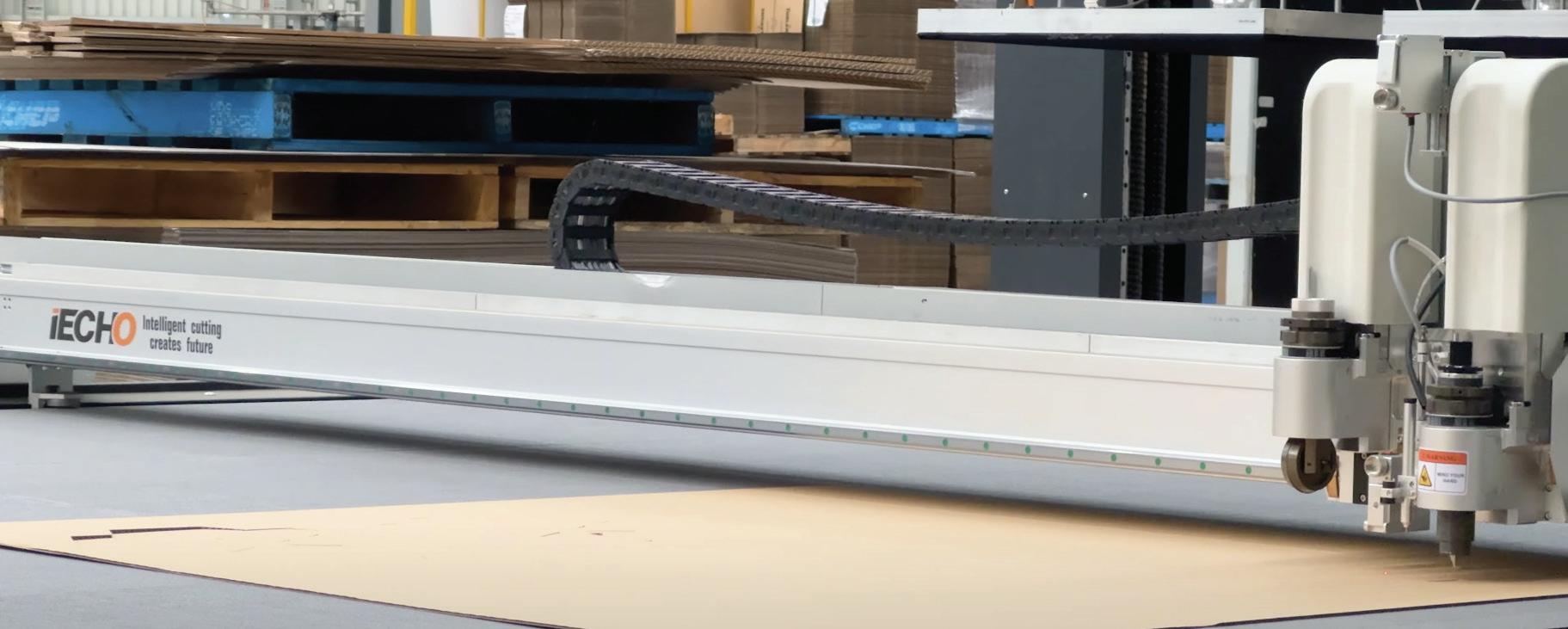
Deliver faster turnarounds, Increased Creative Capability, Increase Agility, and Lower Costs with Kissel+Wolf’s advanced digital packaging solutions.
Opal Specialty Packaging has already transformed corrugated and carton board production across several locations in Australia and New Zealand with our fully integrated digital work ow.
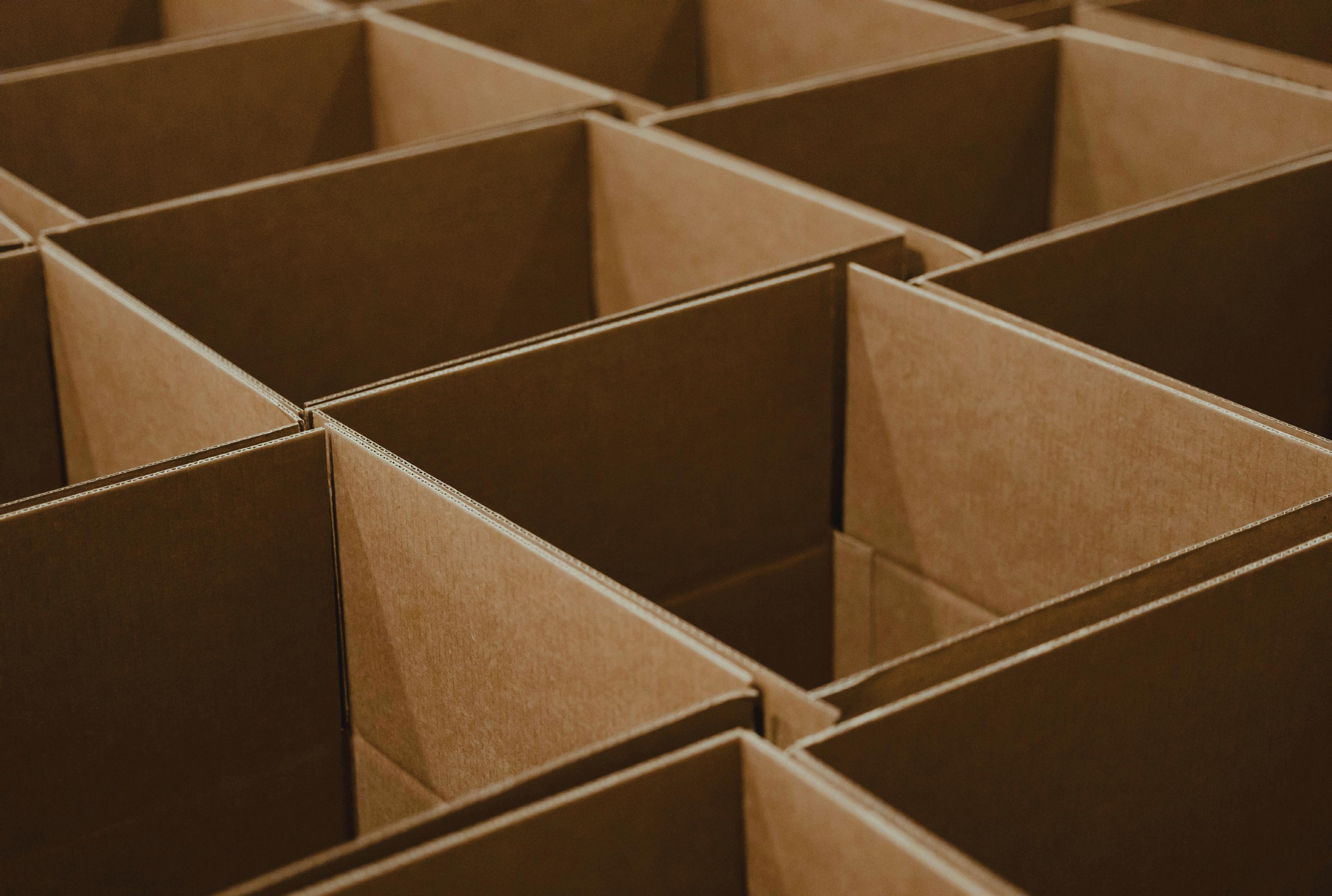

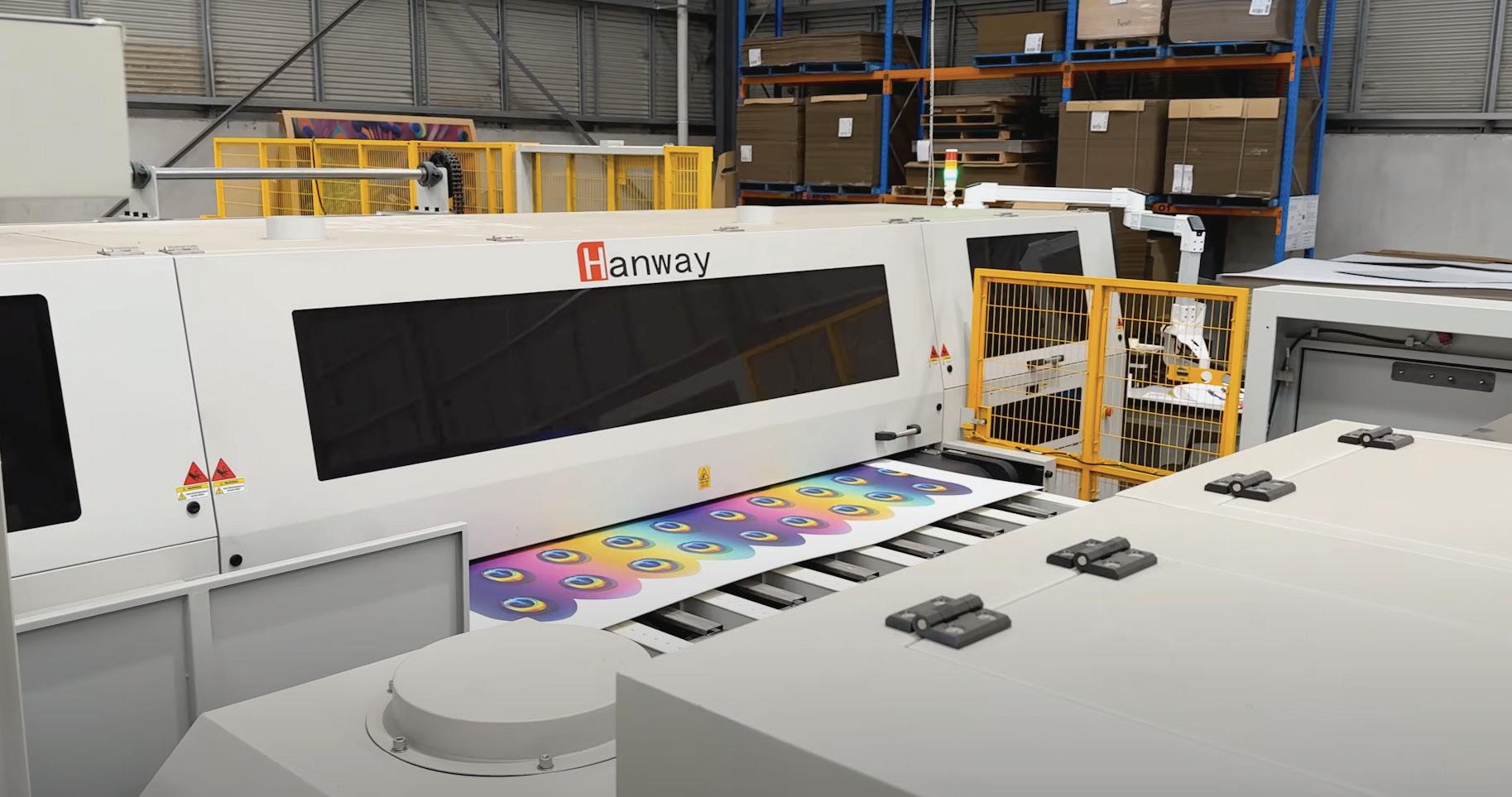
PAY I T FO R WAR D R E T U R N P R OG R A M
Do you have any old textbooks that you no longer use?
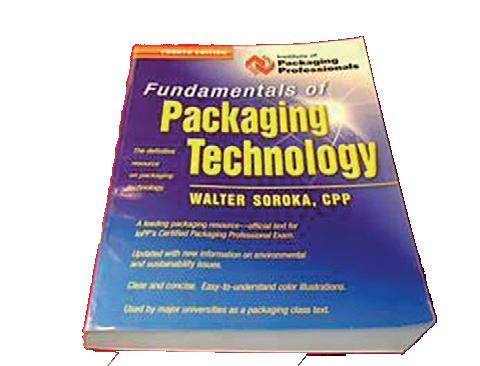
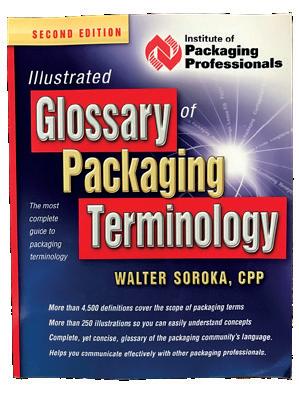
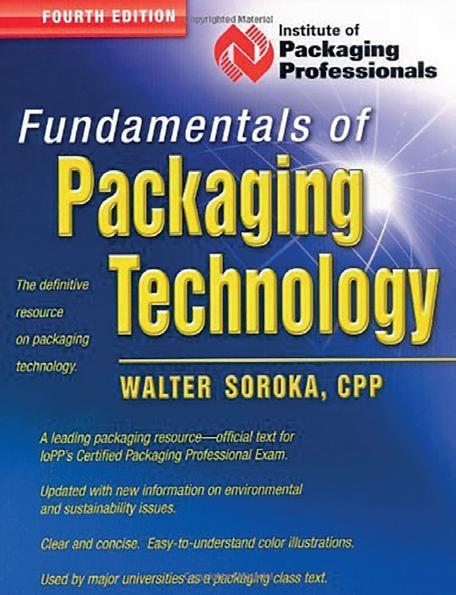
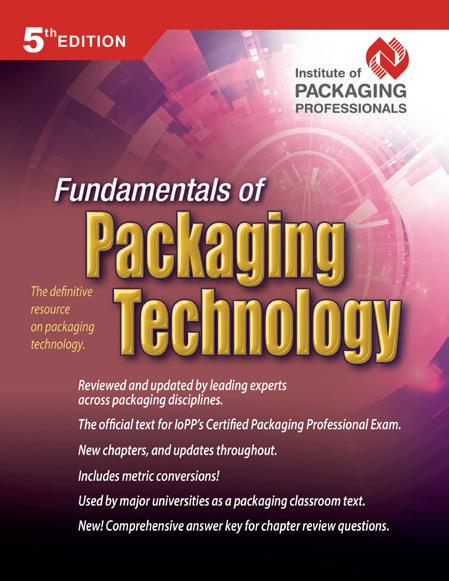
If you have one or these tex tbooks lying around gathering dust please send them to:
PO BOX 400 Mount Ommaney 4074 Queensland, Australia up - coming events.
The AIP is look ing to REUSE 3rd, 4th and 5th editions of the FPT tex tbook and share them with our overseas Members & these tex tbooks.
Please make sure you let us know who you are so that we can take a photograph of the lucky recipient with your book. Prof. Pierre Piennar kindly donated his 5th edition
AIP APPRECIATES
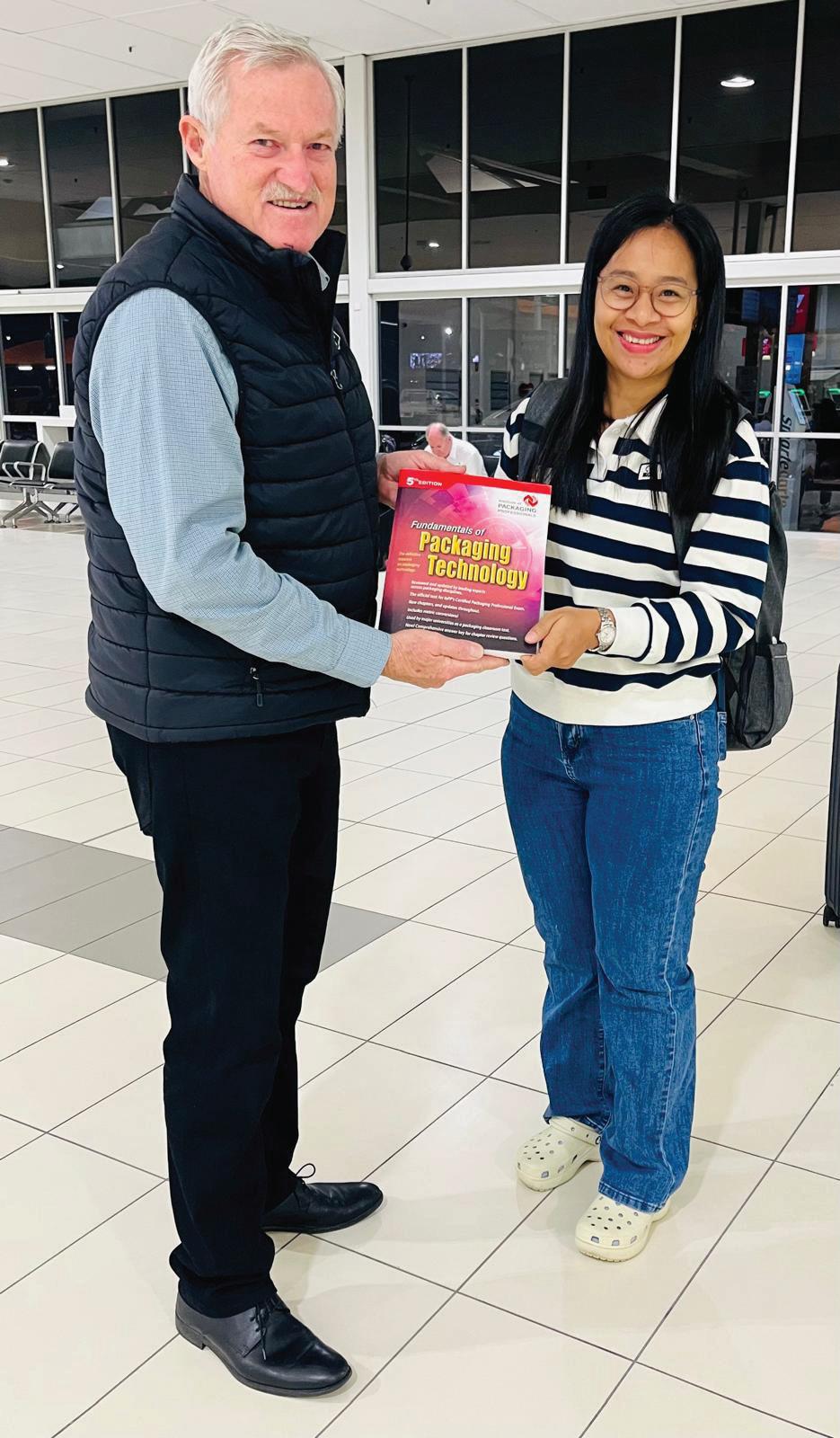



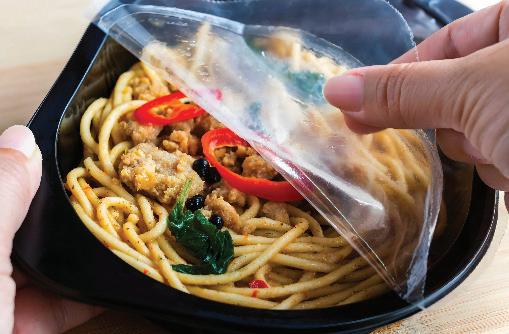

Global sourcing is a people business People with a worldwide network connecting you to the best global resources for local manufacture
People who know your business, understand your needs and will deliver the best results to you.
People with the supply chain systems experience and expertise to make sure you get what you want, when you want it.
For more than 35 years, National Resources has been connecting people to the best global resources for local manufacturing.
To find out more, contact us today.
In our August newsletter, we were excited to announce our new partnership with LOG Pharma� LOG specialises in creating and manufacturing high-performance barrier packaging that safeguards both innovative and generic medications from moisture and oxygen, thereby ensuring an extended shelf life� With over 50 years of expertise in primary pharmaceutical packaging, LOG Pharma Packaging is leading the charge toward sustainable innovation - setting new benchmarks for environmental responsibility in a sector traditionally reliant on plastic-based materials
LOG’s sustainability strategy is rooted in circular economy principles, with a focus on:
• Eco-conscious product design that minimises waste and maximises recyclability
• Responsible manufacturing practices that reduce resource consumption
• Stakeholder collaboration to drive systemic change across the value chain�
Redefining Pharmaceutical Packaging: LOG’s Circular Economy Vision
LOG is advancing two ambitious and important goals being;
• Achieving 100% recyclable pharmaceutical packaging by 2035 and,
• Net zero carbon emissions across operations and products by 2035�
LOG Pharma continues to assess supply chain impacts and explore new opportunities for sustainable leadership From barrier technologies to smart packaging solutions, the company is investing in scalable innovations that meet regulatory demands and environmental expectations Contact National Resources for more information about how LOG Pharma products can work for your business

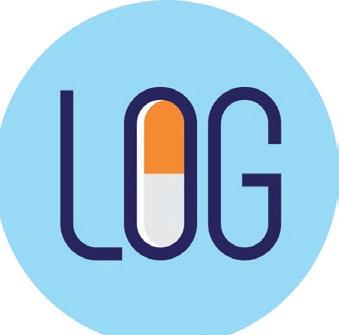
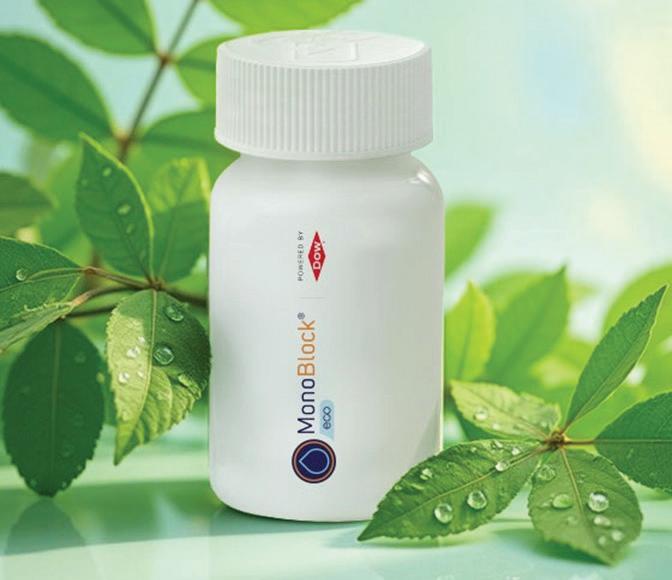
The LOG Pharma team has recently successfully worked to address a critical stability issue for a pharmaceutical company in India, whose new oral tablet formulation was failing long-term stability tests due to extreme sensitivity to moisture and oxygen�
The formulation’s hygroscopic nature and oxygen sensitivity posed significant hurdles Initial packaging attempts using standard 60mL HDPE bottles required excessive active component - up to 6 grams of desiccant and 200 cc of oxygen scavenger - resulting in high costs and inefficient packaging�
LOG proposed its advanced 150mL MultiBlock barrier bottle, designed to deliver:
• 100 x lower oxygen transmission rate (OTR) than standard HDPE
• 4 x lower moisture vapor transmission rate (MVTR)� This multilayer bottle provided a passive barrier solution, dramatically reducing the need for active stabilisers By switching to LOG’s MultiBlock packaging, the customer achieved formulation stability using just 1 gram of desiccant and 20cc of oxygen scavenger
The solution met all regulatory stability criteria and enabled the product’s successful commercial launch using the MultiBlock bottle as its primary packaging� This customer success underscores LOG’s commitment to solving complex pharmaceutical packaging challenges with innovative, efficient and sustainable solutions Contact National Resources to find out more about the MultiBlock solution
SIG launches world’s-first alu layer-free full barrier solution for multi-serve aseptic cartons, further reducing carbon footprint by up to 61%
• World’s first alu-layer-free full-barrier packaging material for multi-serve aseptic cartons.
• CO2 reduction by up to 61%1.
• Full shelf life of up to 12 months.
• 'Plug-in' solution running on installed SIG filler base.
• Full performance of up to 15,000 packs per hour for multi-serve cartons.
• Available at scale to customers around the world.
SIG, the pioneer of aseptic carton packaging without aluminum layer, announces the commercial launch of another industry-first: SIG Terra Alu-free + Full barrier for multi-serve aseptic cartons Building on the success of this groundbreaking packaging material innovation in the field of single-serve cartons – with over 300 million packs sold in China since 2023 – SIG is scaling up the world’s first, aluminum-layer-free full-barrier packaging material to multi-serve aseptic cartons and ready to provide it at scale to customers around the globe �
The groundbreaking packaging structure for multiserve cartons with no aluminum layer cuts the carbon footprint of SIG’s standard aseptic cartons by up to 61%1 when combined with forest-based polymers2 Made of more than 80% paper, the material simplifies the packaging structure to only two main raw materials, that can all be linked to renewable sources �
The packaging material offers the same full barrier protection as standard aseptic cartons and the same full shelf life of up to 12 months It can seamlessly run on existing SIG carton filling lines with full performance including high-speed of up to 24,000 packs per hour on SIG filling lines for small-size cartons and up to 15,000 packs per hour on filling lines for multi-serve cartons with only minor, low-cost adaptations The plug-and-play solution is enabling SIG customers worldwide to make use of the additional environmental benefits that come with the alu layer-free full barrier packaging material suitable for a wide range of beverages without compromising product quality or production performance �
“At SIG, we are leading the industry transition to alulayer-free aseptic carton packaging materials. With our full barrier material with no aluminum layer, we are offering a powerful differentiator and embodiment of sustainability in aseptic carton packaging, unlocking new opportunities for packaging sensitive product categories such as plant-based products, juices, and nutritional beverages. As a result, our SIG Terra portfolio now offers an aseptic carton solution without aluminum layer for all product categories we serve, without compromising on shelf life” , said Christoph Wegener, Chief Markets Officer at SIG
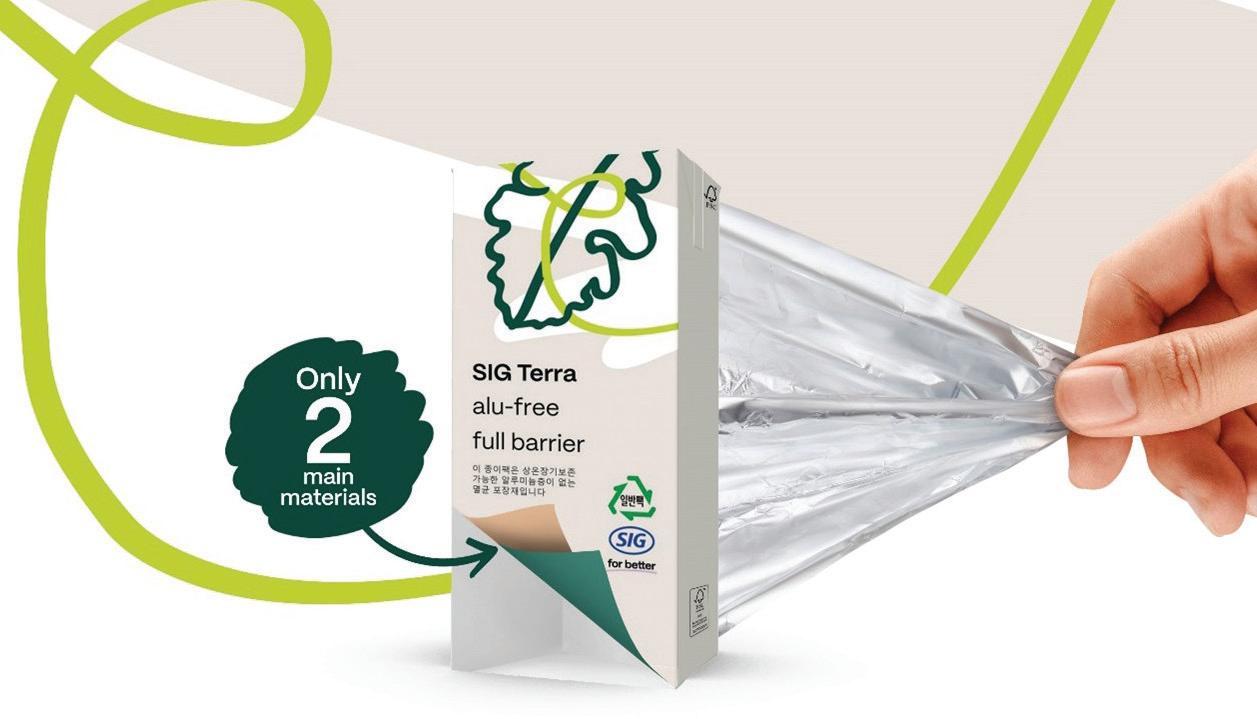
SIG, the pioneer of aseptic carton packaging without aluminum layer, announces the commercial launch of another industry-first: SIG Terra Alu-free + Full barrier for multiserve aseptic cartons. Building on the success of this groundbreaking packaging material innovation in the field of single-serve cartons – with over 300 million packs sold in China since 2023 – SIG is scaling up the world’s first, aluminum-layer-free full-barrier packaging material to multi-serve aseptic cartons and ready to provide it at scale to customers around the globe.
Decarbonising the food and beverage industry is more important than ever In aseptic cartons, an aluminum layer is traditionally used to protect food and beverage products from oxygen and light Although aluminum accounts for just around 5% of a standard aseptic carton, it accounts for up to 25% of its carbon footprint in a full-barrier package Removing the aluminum layer is a significant step in reducing the already low carbon footprint of standard SIG aseptic cartons even further and simplifies the packaging structure from 3 to just 2 main raw materials, thereby increasing the share of paper to over 80% �
SIG is the pioneer in its industry and introduced a packaging material without an aluminum layer for aseptic cartons in 2010: SIG Terra Alu-free –developed for plain liquid dairy products Drawing on its extensive knowledge and experience with alu-layer-free structures and building on the success of SIG Terra Alu-free, the company has continued to grow its aluminum-layer-free aseptic carton portfolio – with every solution reducing the already low carbon footprint of standard SIG aseptic cartons even further� With SIG Terra Alu-free + Full barrier SIG expanded the alu layer-free options for wider use with oxygen-sensitive products such as fruit juices, nectars, flavoured milk or plant-based beverages SIG aims to roll out SIG Terra Alu-free + Full barrier to all flagship aseptic carton formats, both small-size and multi-serve, suitable for all beverage and dairy categories step by step �
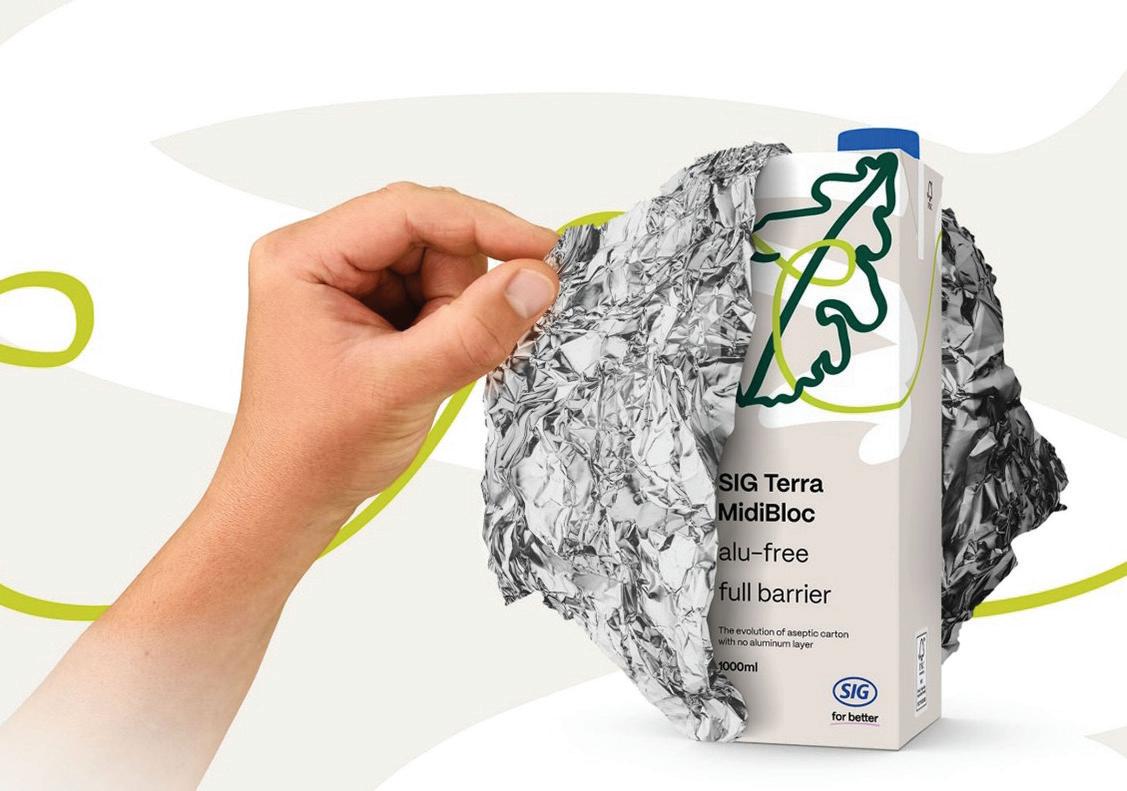
Since launching the first alu-layer-free aseptic carton in 2010, SIG has sold over 4 billion packs featuring no aluminum layer, including 300 million alu-free full-barrier cartons� These milestones reinforce SIG’s leadership in sustainable aseptic packaging �
Gavin Steiner, Chief Technology Officer at SIG: “Sustainability is integral to our business, and we strive to create a regenerative food packaging system. Looking ahead, SIG plans to raise the paper content in its aseptic cartons to at least 90% including closures by 2030, with an interim target of 85% without closure this year – further boosting renewability, lowering carbon footprints, and with the potential to streamline the recycling process for aseptic cartons, only requiring the separation of paperboard and polymers."
SIG is a leading solutions provider of packaging for better – better for our customers, for consumers, and for the world � With our unique portfolio of aseptic carton, bag-in-box, and spouted pouch, we work in partnership with our customers to bring food and beverage products to consumers around the world in a safe, sustainable, and affordable way Our technology and outstanding innovation capabilities enable us to provide our customers with end-toend solutions for differentiated products, smarter factories, and connected packs, all to address the ever-changing needs of consumers Sustainability is integral to our business, and we strive to create a regenerative food packaging system �
Founded in 1853, SIG is headquartered in Neuhausen, Switzerland, and listed at the SIX Swiss Exchange � The skills and experience of our approximately 9,600 employees worldwide enable us to respond quickly and effectively to the needs of our customers in over 100 countries In 2024, SIG produced 57 billion packs and generated €3 3 billion in revenue SIG also has an AAA ESG rating by MSCI, a Platinum CSR rating by EcoVadis, and is included in the FTSE4Good Index For more information, visit www sig biz
1 based on an independent ISO-compliant life-cycle assessment: https://api sig biz/media/0dhjrkj1/lca_sig-terra-alu-free-plus-full-barrier-andsig-terra-alu-free-plus-full-barrier-plus-forest-based-polymers-for-sig-midibloc-and-sig-midifit pdf 2 via a certified mass-balance system
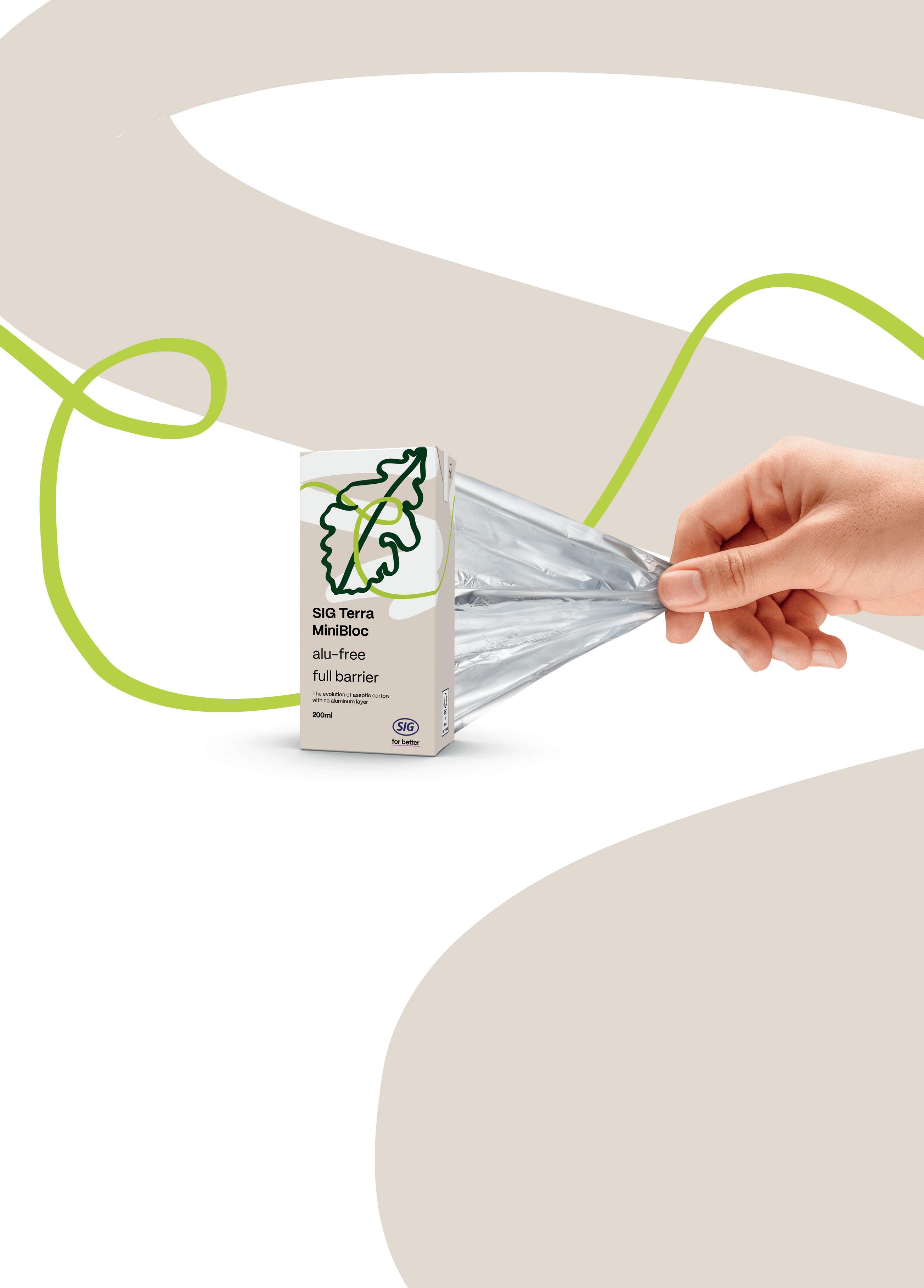
Meet SIG Terra Alu-free + Full barrier, the world’s first aseptic carton without an aluminum layer.
Learn about its design to simplify recycling, how it cuts carbon by up to 61% and runs on standard SIG filling lines. Find out what makes the alu-layer-free structure suitable for a variety of products and request a no-commitment talk with SIG experts.
Discover more Or contact anz@sig.biz
Leverage PEFC in Your Sustainability Reporting
Are you leveraging your PEFC certification to its full potential in your sustainability reporting?
The new PEFC Reporting Guide provides practical guidance on how companies can reference their PEFC certification or sourcing of PEFC-certified materials when reporting under leading ESG frameworks such as GRI, IFRS, CSRD, TNFD, and CDP�
Download the Reporting Guide to learn how you can:
• Use PEFC to strengthen your ESG and non-financial disclosures
• Identify where your PEFC-certified sourcing supports disclosure requirements across key sustainability topics
• Enhance your ESG reporting using recognised certification and responsible sourcing practices
Turn your PEFC actions into powerful reporting outcomes.
Download the guide now




Moving knowledge: DHL invests in over 61 hours of training on the CHEP Learning Hub
DHL is a global leader in the logistics industry, specialising in international shipping, courier services and transportation. Recently, 15 of their team members successfully completed the Equipment Control Program as part of the Fundamentals of Equipment Management Training on the CHEP Learning Hub. In total, the team which included a cohort that ranged in experience from just starting out to team members with years of experience, collectively invested over 61 hours in completing this training.
All of these team members who are either specialists or are managers are now empowered with the skills and knowledge to master equipment management, improve business outcomes, and streamline operations
Speaking about her experience, Belinda Collins who has over 20 years of experience in equipment management shared, “This CHEP training is fantastic and important for those involved in equipment management, as it can be a complex area. It is easy to navigate, clear and offers valuable insights into best practices in equipment management.
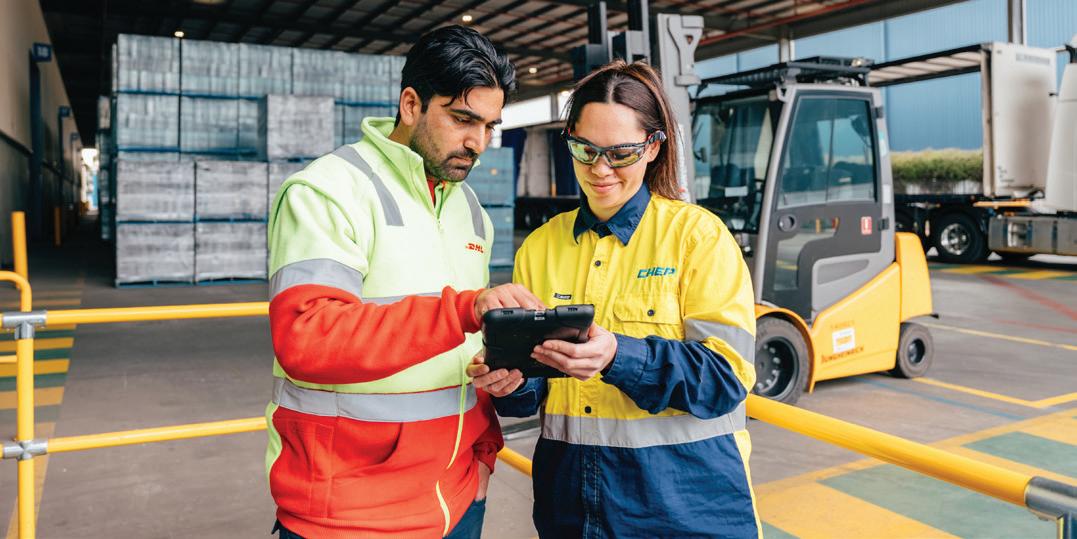
At DHL, we are encouraging participation in this training and have included it in our induction program for new pallet controllers. The CHEP Learning Hub has useful content that we believe can benefit everyone in our supply chain."
The CHEP Learning Hub is an online learning platform to equip customers with the knowledge and tools to master equipment management
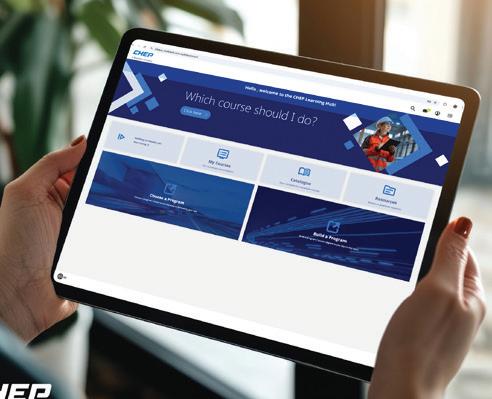
The ’Fundamentals of Equipment Management’ program is now live� You can login and experience this today using your personalised myCHEP credentials


• Regularly advertise products in newsletter.
• Logo recognition on AIP emails.
• Logo on AIP website.
• Regularly share product launches and staff updates in newsletter.
• Elevate your brand, products & services in front of the AIP community.
• Dedicated packaging audience across Australasia.
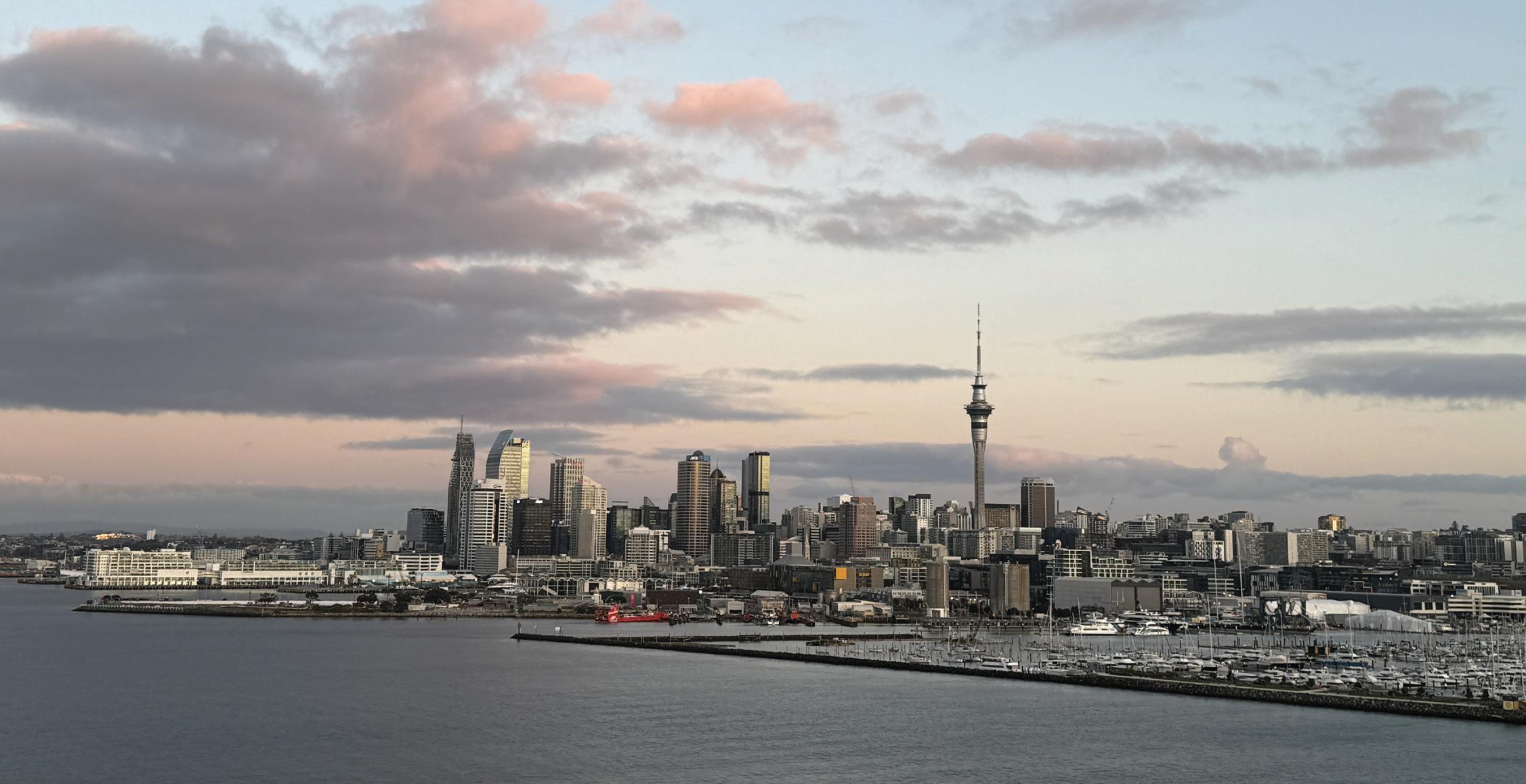
Roaming the halls of a tradeshow is always one of my favourite things to do as you get the opportunity to see what is new and innovative in the world of packaging.
I recently attended the biennial Foodtech Packtech tradeshow in Auckland, New Zealand, which was sold-out, and saw participation from 240 exhibitors. Wandering the halls I not only discovered some stand out packs but soon realised that many of the solutions were either made by local small businesses in New Zealand, or in Australia especially for Aotearoa. It was refreshing to see custom-made solutions designed for the New Zealand markets.
New Zealand’s first 100% recycled content pallet wrap: Rewrapt
New Zealand owned business Stretchwrap launched the new Rewrapt 100% recycled content pallet wrap at Foodtech Packtech
Rewrapt is the first pallet wrap in New Zealand to incorporate recycled content and also maintain highstretch and strong puncture resistance so that the goods are not compromised

Nerida Kelton FAIP Executive Director – AIP
Vice
President
Sustainability - WPO
By incorporating recycled content, Rewrapt enables customers to lower their environmental footprint and reduce the amount of single use plastic wrap used in their facilities� Winning the People’s Choice Award at the inaugural Sustainability Spotlight Awards held at FoodTech PackTech 2025, Rewrapt is a more sustainable solution for the New Zealand market�
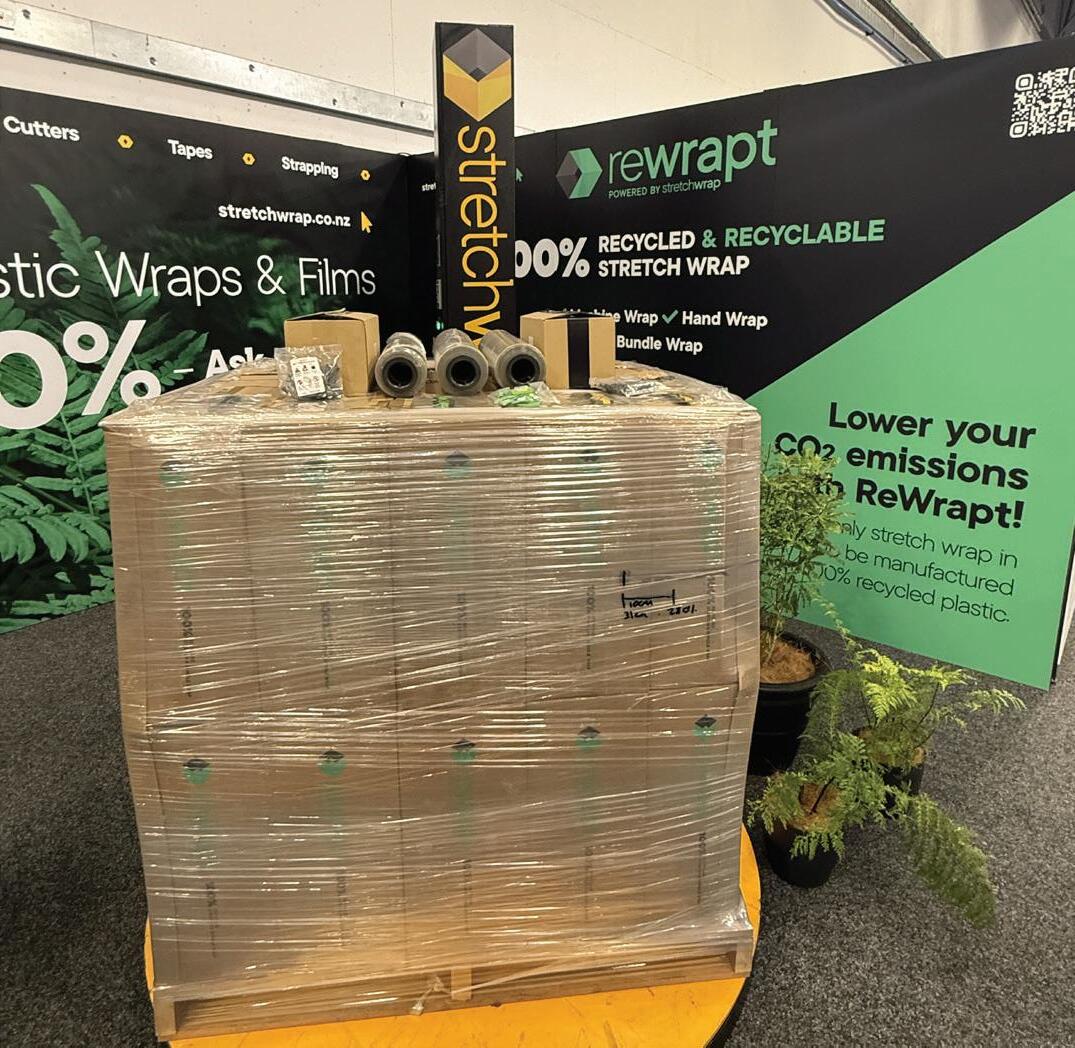
Award-winning Packaging, engineered in New Zealand: Forward Plastics
Sometimes when you walk down an aisle something will grab your attention and make you stop Usually for me it is a robot, or a moving machine or a really cool packaging format In this instance it was two gorgeous trophies; an Australasian Packaging Innovation & Design (PIDA) trophy and an equally attractive blue WorldStar Packaging Award trophy The trophies were on the Forward Plastics stand, as they were the business behind the material that formulated the only WorldStar award winning pack for 2025 in New Zealand for Apex Brands Only Good range of personal care products
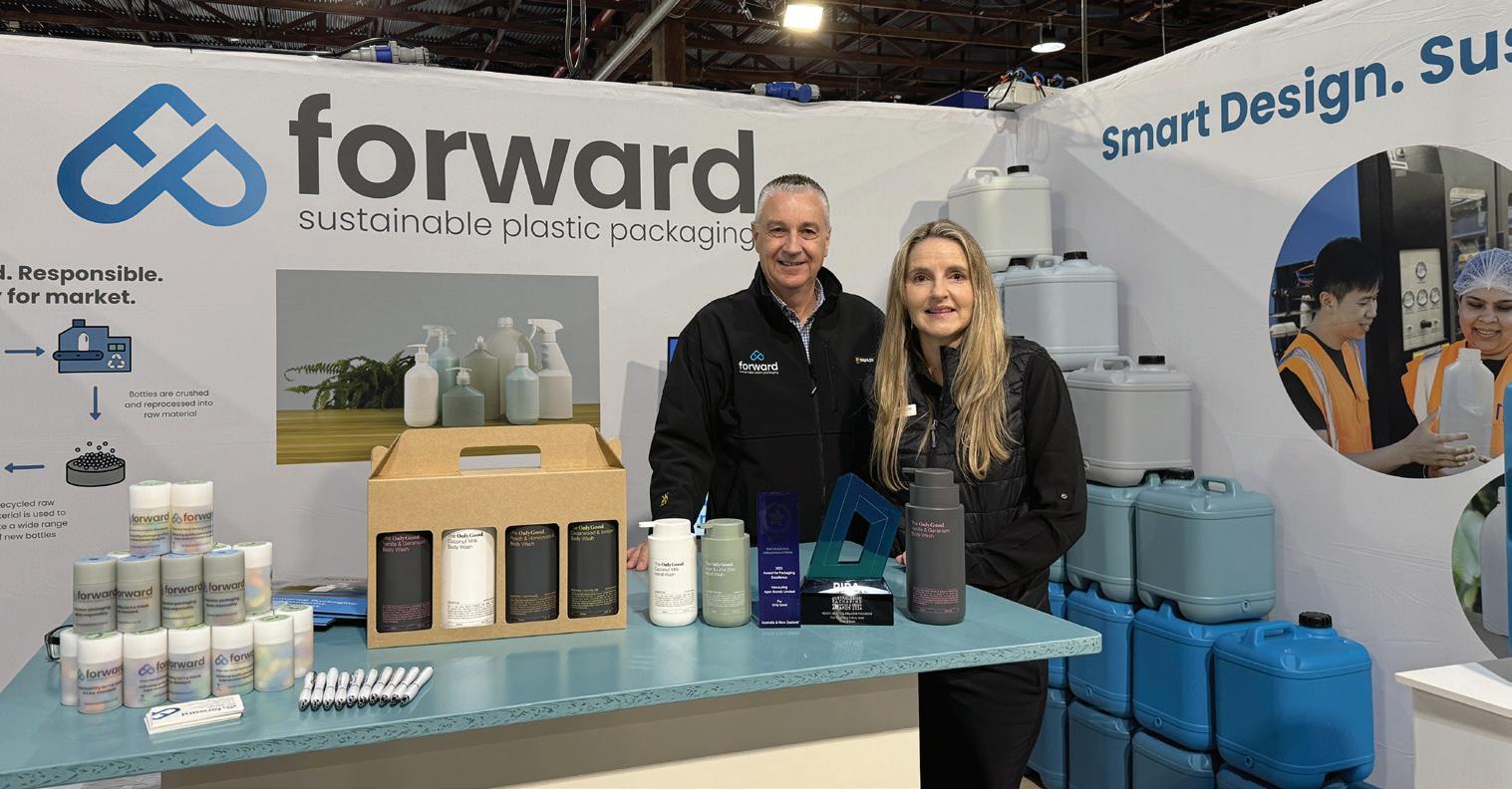
Fibre based thermal insulator & shock protectant: Visycell
Forward Plastics worked with the team at Apex Brands to create a recyclable, refillable and reusable bottle that is made with a blend of sugar cane and recyclable plastic that has been domestically sourced in New Zealand
Bottle design, material and finish were carefully considered utilising a range of different HDPE options, such as Sugar Cane HDPE and Recycled HDPE across all products
I spent some time on the stand also looking at some of the other sustainable solutions that are offered by Forward Plastics, and I was really excited to see the creativity and innovation from so many small businesses in New Zealand�
Forward Plastics is a New Zealand -owned company based in Auckland and since 2018 the business has repurposed over 1 � 2 million kilograms of New Zealand kerbside recycled milk bottles into highquality packaging�
They are experts in recycled and bio-based plastics, post-consumer recycled HDPE and PP and renewable bio-resins and they will work with your business, just like they did with Apex Brands to create Award-winning sustainable packaging
I had heard about Visycell previously, but I had never seen a sample in real life � Visycell is an Australian-designed fibre-based thermal insulated, shock protectant pack that eliminates the need to use Expanded Polystyrene (EPS) boxes ever again�
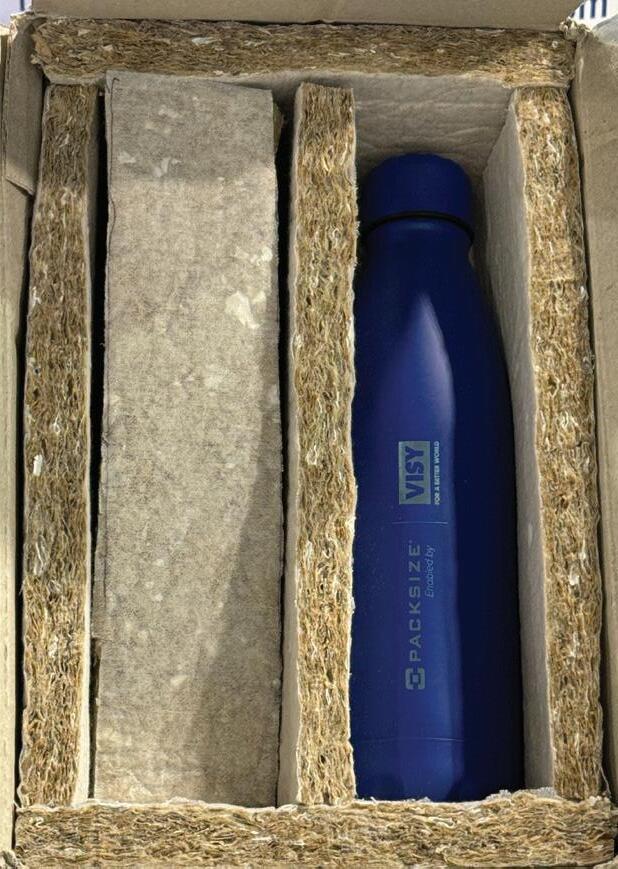
What makes this pack stand out for me is that it is a kerbside recyclable solution, using recycled content and has been designed to withstand harsh cold chain environments in our region�
Interestingly a Lifecycle Assessment was undertaken on Visycell comparatively against a traditional EPS carton Visycell offers a lower environmental impact across greenhouse gas emissions, lower water usage, and less burden on the aquatic environment should it be littered or end up in the waterways
Suitable for wet environments the solution comes in a wide range of thicknesses making it flexible and adaptable to suit anything from fresh produce to seafood, wine to pharmaceutical, personal care to meat Visycell ticks all of the boxes for ecommerce and home-delivery
NZ Kerbside Compliant Paper Rewind Solution: ADM & Detpak
I always love visit Detpak stands to see what new fibre-based, suitable solution they have for fresh produce and the samples I saw did not disappoint I was especially interested in the Perfection Fresh fibrebased, kerbside recyclable punnets for tomatoes and strawberries
The standout solution on the Detpak stand was a moving ADM piece of equipment that had a kerbside recyclable fibre-based potato bag being showcased in real-time

Officially launched for the first-time at Foodtech Packtech 2025 Detpak introduced a commercially viable paper rewind solution that is 100% New Zealand Kerbside Compliant The new paper rewind solution is ideally suited for products that do not require extended shelf life, or where the contents are already pre-packaged, such as fresh produce such as potatoes, carrots, and onions, as well as confectionery items like wrapped sweets, crisps, and biscuit multipacks
The Detpak & ADM solution really stood out to me because it showed how the kerbside recyclable fibrebased potato packaging intersects with the ADM system to offer more sustainable systems-approached solutions� The new solution has also been designed to eliminate the need for any barrier or lining to achieve heat sealability�
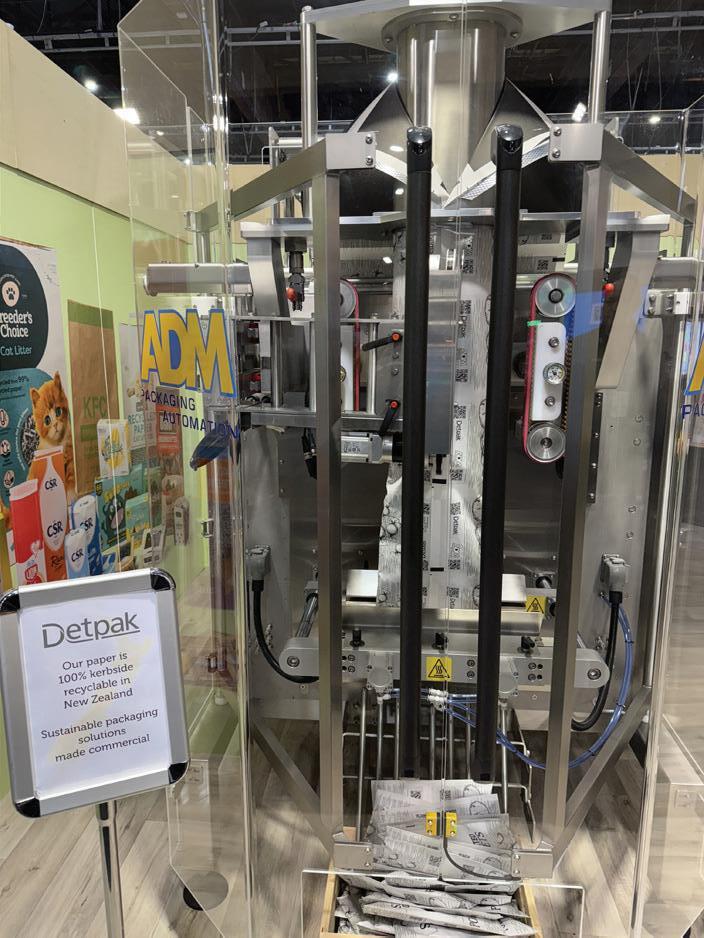
The intuitive packaging system not only streamlines adoption and implementation for any company looking for a more sustainable kerbside recyclable alternative to say traditional potato packaging, but for fresh produce and confectionary�
Walking the Foodtech Packtech halls was a great opportunity to see what is happening in New Zealand and I have to say there were a lot of exceptional packs that should be entered in the Australasian Packaging Innovation &Design (PIDA) awards for the 2026 round I would love to see more New Zealand companies, and people entering the PIDA awards as they deserve the recognition for all their hard work
SUSTAINABILITY MATTERS magazine and website provide sustainability-focused professionals with an easy-to-use, readily available source of the latest information that is crucial to help you reach your environmental, social and corporate governance (ESG) goals.
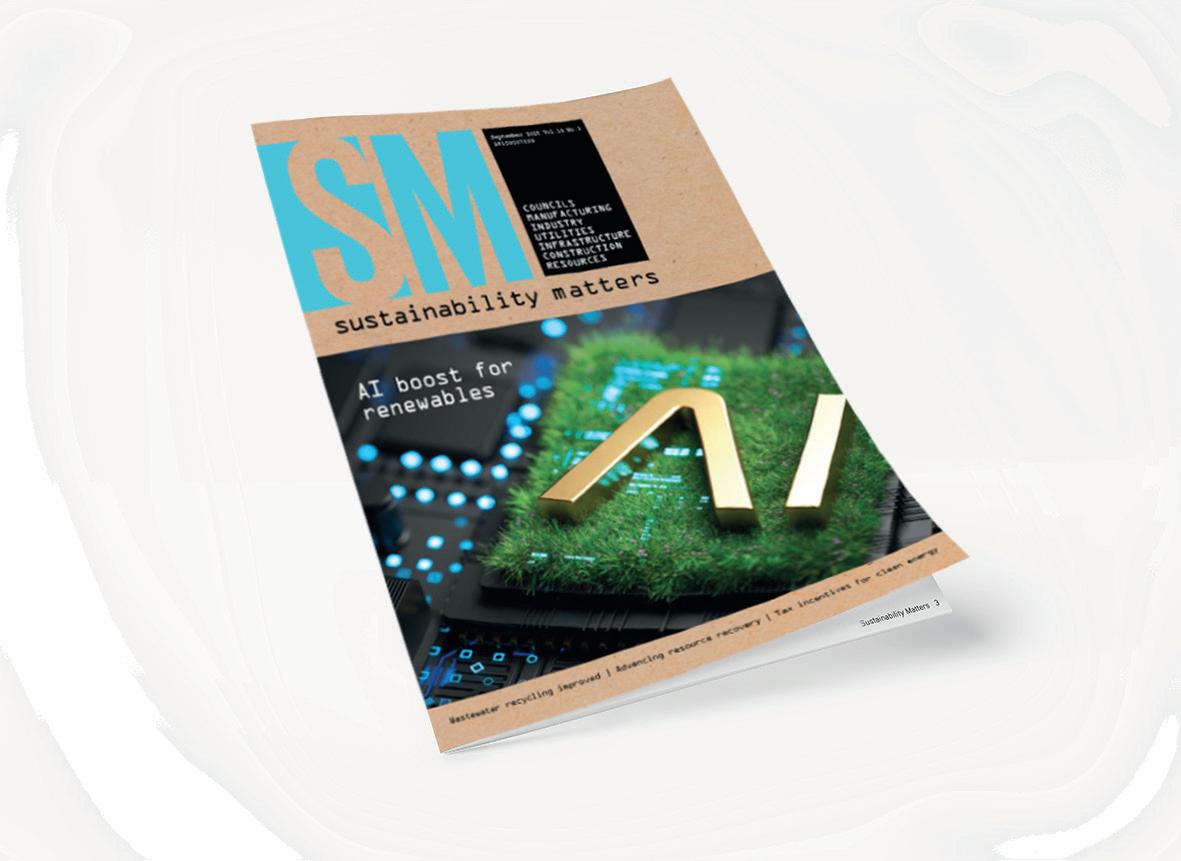
Bunzl operates across more than 30 countries, collaborating with a diverse network of global suppliers. Sustainability is at the core of our operations, reflected in our leadership, ethical supply chain auditing, our carbon-efficient consolidation model, and our broad range of alternative packaging products. Together, we drive the transition toward a more sustainable and circular economy.

Embedding ethical supply chains
• Social audits
• Social procurement
• Supplier engagement
• Eliminating modern slavery
Accelerating climate action
• Facility energy efficiency and renewables
• Fleet electrification
• Scope 3 emissions reduction
• Nature-related decision-making
Recent Awards
Read about Bunzl’s Sustainability Strategy: Embedding
2022 WINNER APCO Industry Engagement
2023 FINALIST Banksia Foundation Business Transformation
2023 WINNER Packaging Innovation and Design Award (PIDA)
2024 WINNER WorldStar Packaging
2024 WINNER Packaging Innovation and Design Award (PIDA)
2024 FINALIST APCO Sustainable Packaging
2025 FINALIST Packaging Innovation and Design Award (PIDA)
We’ve created our ‘We Believe in Better’ Sustainability Strategy to deliver world-class, sustainable supply-chain solutions while holding ourselves accountable.
Our Asia Pacific Sustainability Strategy focuses on four pillars with specific targets that drive meaningful impact and allows us to reflect on our commitment to a sustainable future.
Ensuring everyone counts
• Māori community engagement plan (NZ)
• Community support program
• Reconciliation Action Plan (AU)
• Employee health, safety and wellbeing
• Inspiring Women in Bunzl
Transitioning to circularity
• Packaging sustainability
• Product innovation and stewardship
• On-site waste reduction
• Sustainability Ambassadors

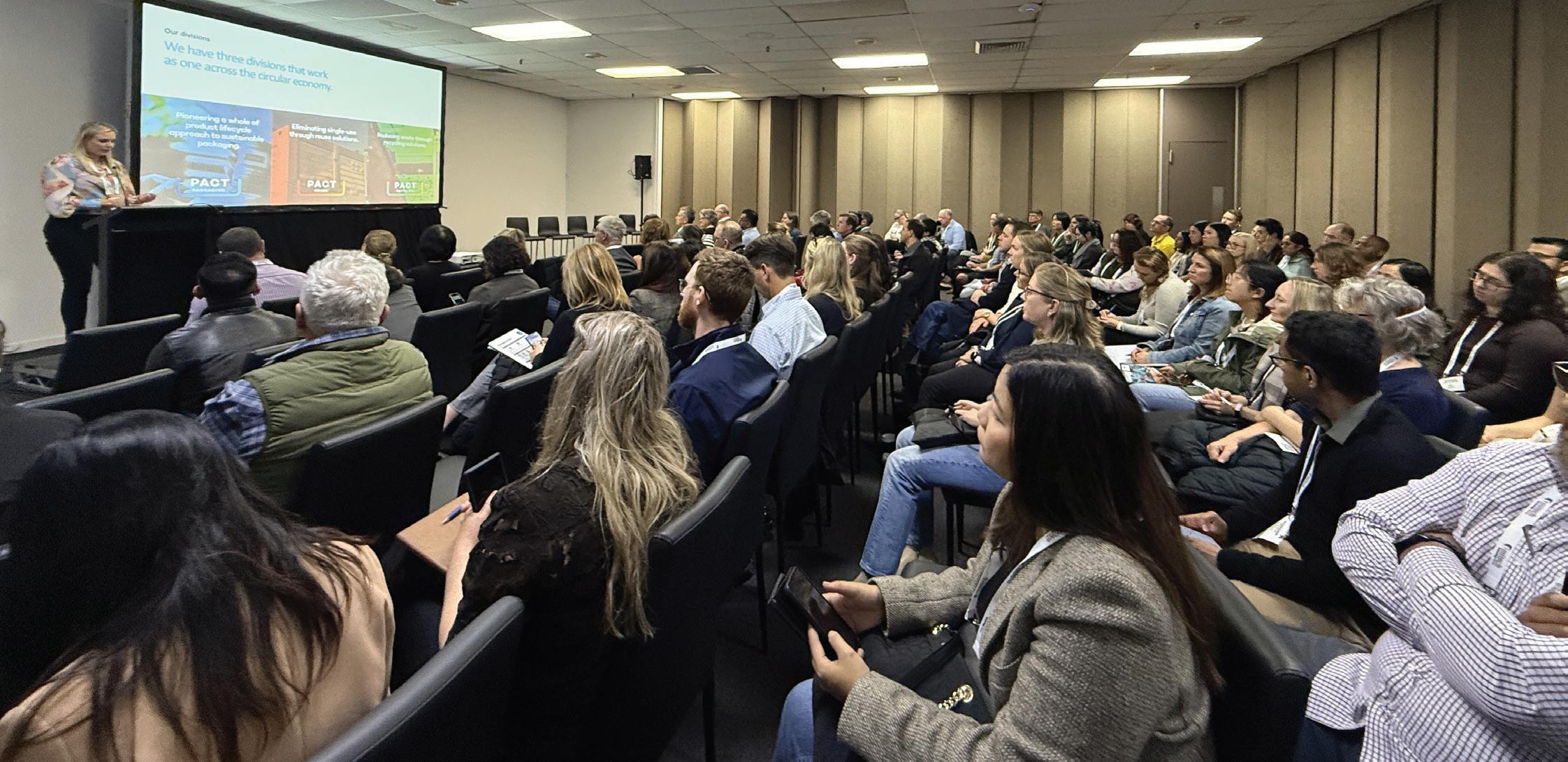
New Zealand packaging industry shows up for Foodtech Packtech

Nerida Kelton FAIP Executive Director – AIP Vice President Sustainability - WPO
The anticipation leading into the biennial Foodtech Packtech tradeshow is always palpable and this year’s show did not disappoint. From a sold-out exhibition space, through to high numbers attending the educational programs, the three-day show is a must-attend for everyone in the New Zealand food and packaging industries.
Kai commit
Supported by the Ministry of Environment New Zealand, the New Zealand Food & Grocery Council, the Packaging Forum, Plastic New Zealand and Kai Commitment, the New Zealand Packaging Forum is a true testament to the collaboration occurring in the country, and cross-Tasman� As someone who travelled ‘over the ditch’, I could see how much hard work and effort has been undertaken in the last two years by many of the key organisations that were in the room
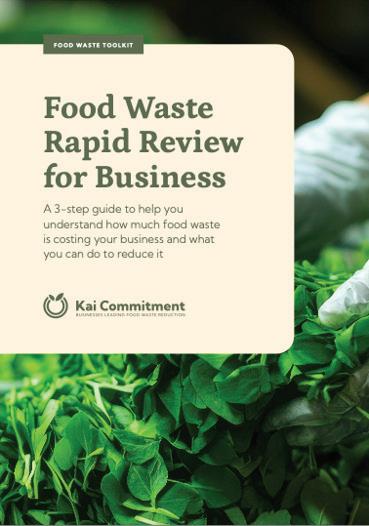
So much has happened since I was in New Zealand last and the industry is taking great strides towards improving packaging design at the start, increasing the use of domestic recycled content for packaging, developing take-back and drop-off programs for materials that cannot be collected through traditional Materials Recovery Facilities, improving access to collection, recycling and reprocessing and trying to create a more circular economy for packaging
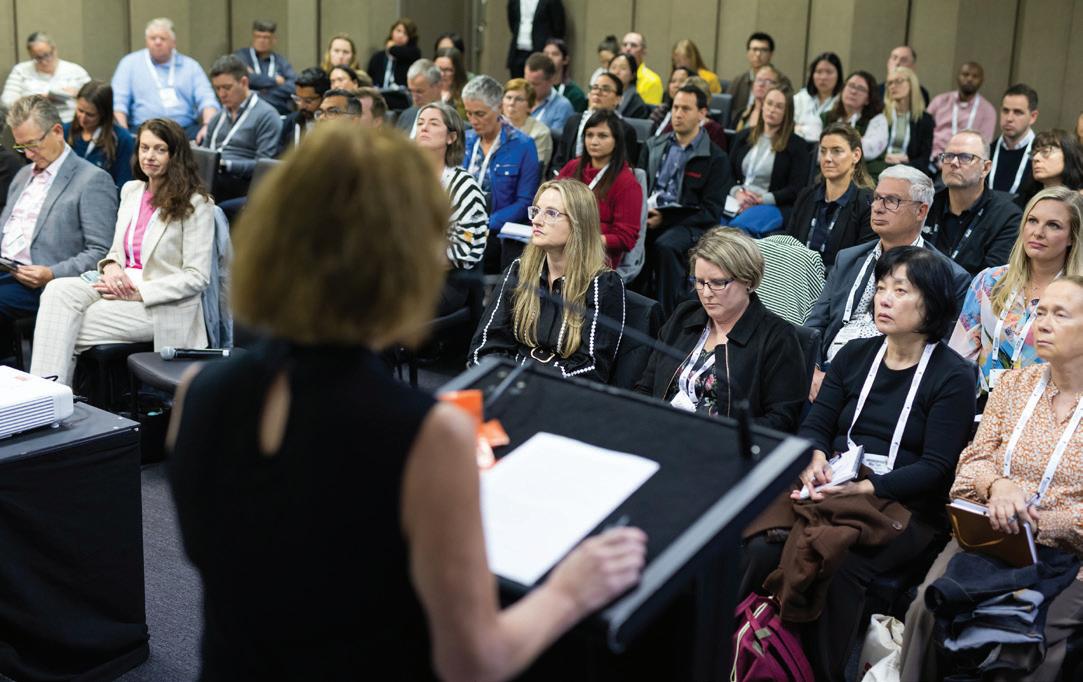
Whilst the programs are a mix of voluntary and mandated product stewardship and extended producer responsibility programs, what is clear is that the industry is working together to achieve realistic outcomes for the country�
There were so many learnings from the New Zealand Packaging Forum that it is difficult to summarise all of them�
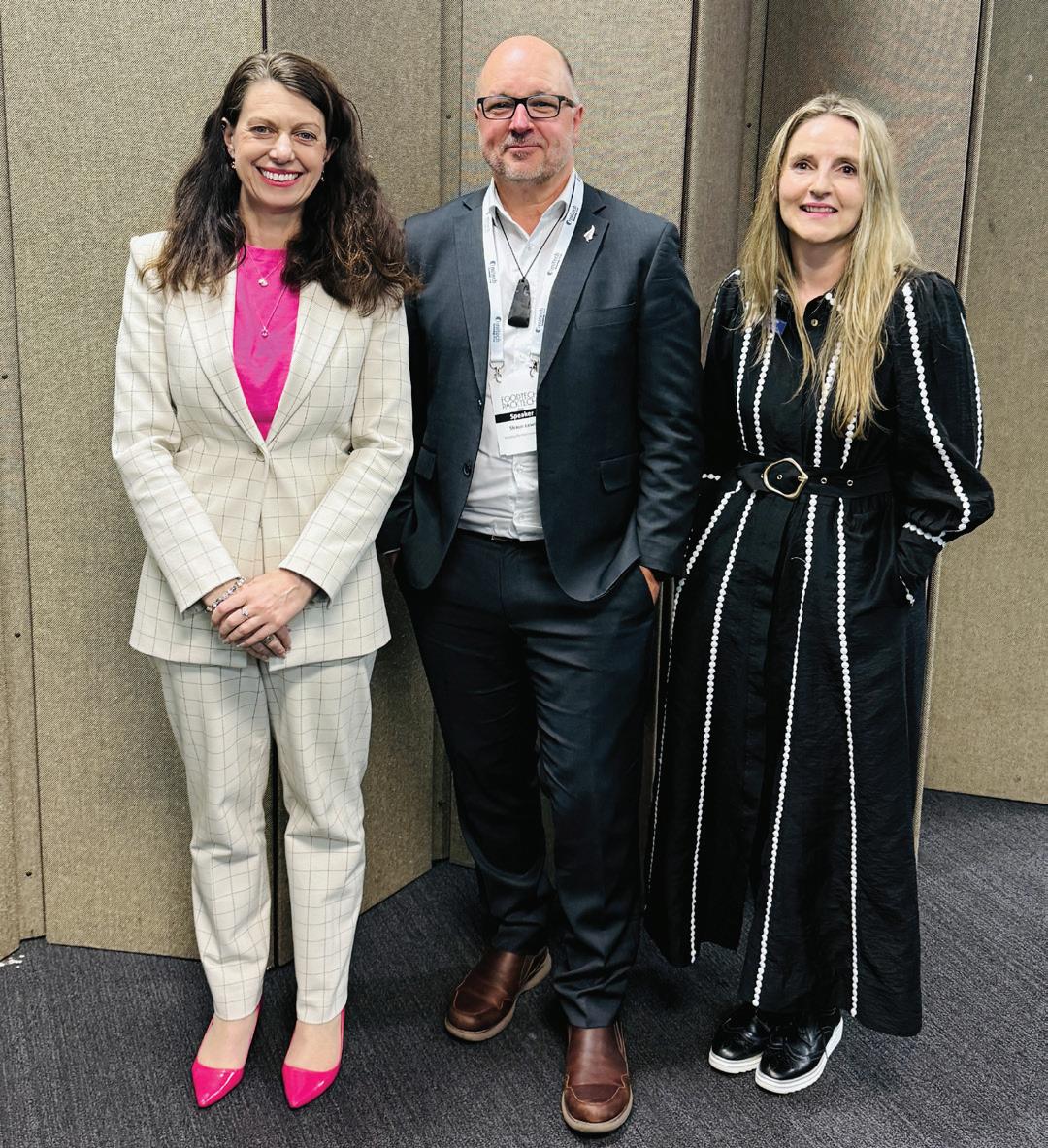
The Kerbside Standardisation regulations for New Zealand are continuing to be reviewed, and the government website provides a list of accepted materials for kerbside collection The list specifies currently accepted, discretionary and excluded materials and applies to all council that manage kerbside collections of recycling, food scraps, and combined food and garden organics� The regulations aim to improve recycling rates, reduce contamination and simplify recycling for all residents
� The MfE is currently trialling materials in kerbside that are not standard materials, such as soft plastics trials �
The MfE also mentioned that they are discussing proposed amendments to waste legislation including to the Waste Minimisation Act 2008 and the Litter Act 1979 They are also focusing on extended producer responsibility, waste levy allocation and use, compliance, and clarifying roles and responsibilities, with the Minister seeking Cabinet approval later this year�
The Recycling Leadership Forum (RLF) was established in May 2024 and brings together brand owners and representatives from the retail, packaging, food and grocery, recycling, and local government sectors
�
The purpose of the RLF is to improve the recyclability and recovery of packaging materials in New Zealand’s resource recovery system � The RLF also provides expert advice to the MfE on improving the recyclability and recovery of packaging materials
The RLF shares specialist knowledge on packaging and recycling issues for key products and materials, assesses how to address obstacles to recycling and provides a platform for packaging and recycling representatives, including brand owners, stakeholders from the packaging, retail industry and recycling industries, and councils to all work together
What is great to see is that the RLF is designed to bring all key stakeholders from across the entire value chain to the same table for open dialogue and to develop deliverable outcomes for the industry that can be achieved collaboratively and not in silos�
The RLF are also working on new projects such as an industry roadmap, a Battery Collection Working Group, a battery-sector review, and Material report recommendations for Caps and lids and secondary material thresholds for complex fibre and aerosols
RLF now manages the Australasian Recycling Labelling (ARL) program for New Zealand
Something interesting to note is that the RLF have taken over the coordination role for the roll out of the Australasian Recycling Labelling (ARL) program for New Zealand � This is a positive step to bring all of industry together to ensure that it is fit-for-purpose for New Zealand�
The RLF working group are working on on-pack recycling labelling, including the Australasian Recycling Label (ARL) and disposal instructions on all product packaging�
It is important that the ARL logos are tailored to suit the collection, sorting, recycling and reprocessing for New Zealand so that the logos on pack are accurate� A great example of this is Australia uses Check Locally for soft plastics whereas New Zealand can use the NZ Soft Plastic Recycling logo, as they have a return to store program in over 80% of the country I also saw another example where the ARL logos were different for aerosol cans The ARL system needs to be flexible enough to be nuanced to suit New Zealand requirements�
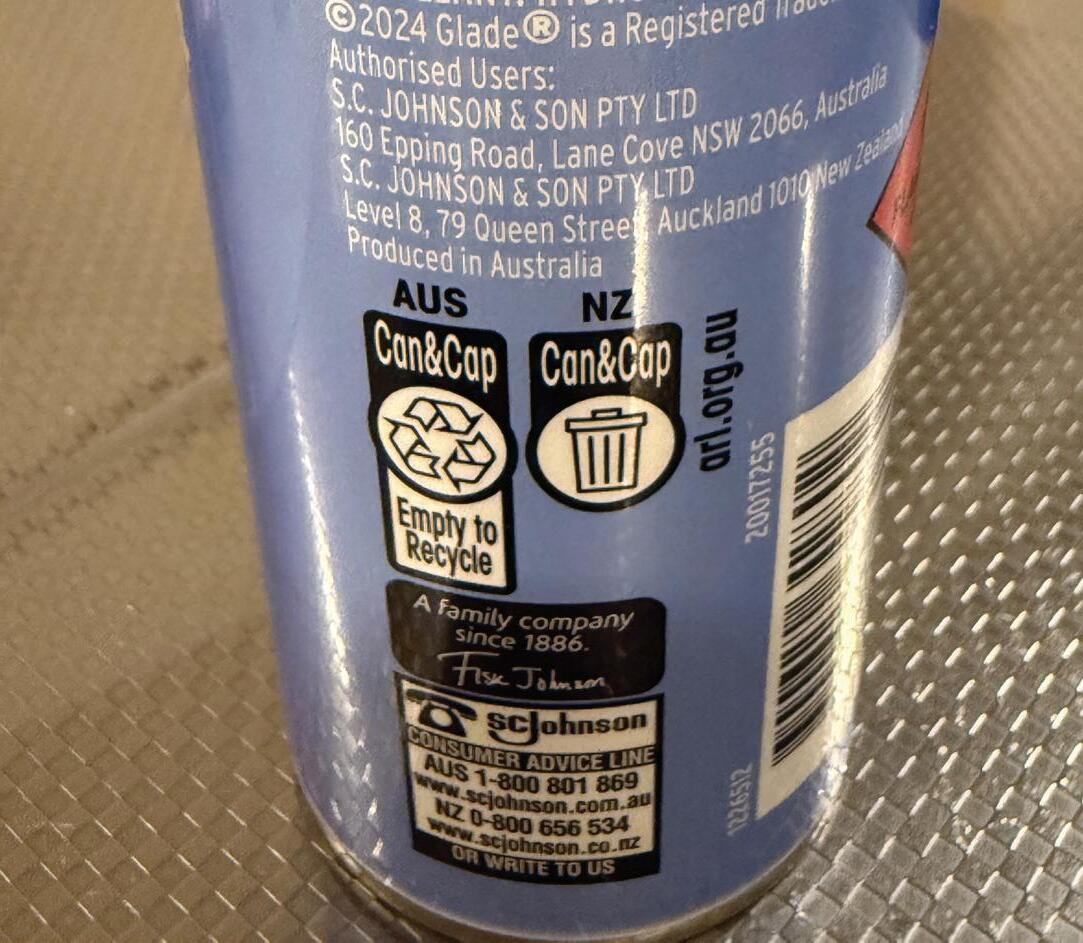
The Plastic Packaging Product Stewardship Scheme (PPPS) aims to create a producer-led system to manage and reduce the environmental impact of plastics packaging The group aims to create a local circular economy where plastic packaging in New Zealand is more sustainably collected and recycled by investing in better infrastructure and advanced recycling technologies The stakeholders aim to design a plastic packaging stewardship scheme through which producers pay for the plastic they use in New Zealand; including the cost of recycling�
The Plastic Packaging Product Stewardship scheme report, which outlines a proposed producer-led system to manage and reduce the environmental impact of plastic packaging, is now available at the PPPS website� The report has been officially submitted to the Ministry for the Environment and outlines a proposed product stewardship scheme for plastic packaging in New Zealand including:
• The scheme is designed to achieve a 50% recovery of plastic packaging within 10 years
• The report recommends that a PPPS scheme would operate more effectively and efficiently under an EPR framework inclusive of all packaging materials
• Suggests further research may be required; the Ministry is working with the sector on next steps�
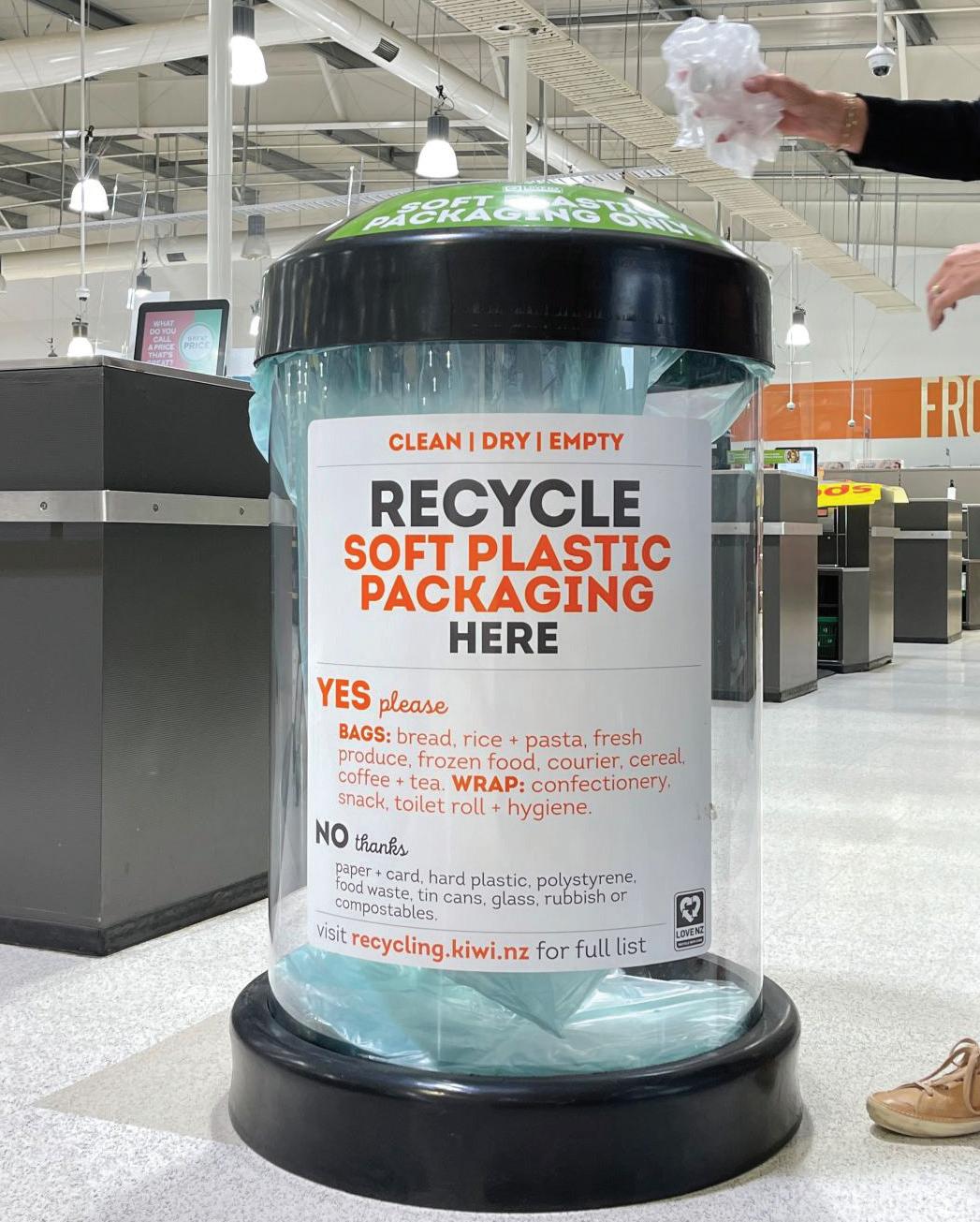
The Soft Plastics Recycling program in New Zealand is a voluntary Product Stewardship Program that now has 200 members paying fees to fund collection, baling, transportation and gate fees to reprocess post-consumer soft plastics�
There are now drop-off bins at over 320 locations, including retail stores and councils, which equates to 87% of the New Zealand population now having access to the scheme� There are over 100 collection points between scheme members and councils
One of the speakers reminded the attendees that recycling requires re-processors and she asked the poignant question ‘ Are you really recycling if you don’t buy recycled? ’ To grow collection volumes the scheme needs increased demand for Future Post and saveBOARD products and systems change is necessary to put in place effective recycling and reprocessing systems in New Zealand
A lot of the soft plastics that is currently collected in the country is sent to Future Post which is a locally owned company with a goal to divert as much plastic as possible from New Zealand’s landfills and recycle the resource into enduring, sustainable, and environmentally beneficial fence post products � Made from 100% recycled waste plastic, Future Posts are as strong as timber, they won’t split, rot or crack and can withstand the harsh climates in our region �
saveBOARD has been developed to build a circular economy for composite packaging but recovering the packs and turning the material back into products that re-enter the local supply chain eliminating future waste � By collecting the composite packaging, saveBOARD ensures that approximately 500 used beverage cartons are rescued before they end up in landfill for every board made � saveBOARD have built two plants; one in Hamilton, New Zealand and one in Western Sydney, Australia They also manufacture affordable, high performance building materials from both factories�

Many people in New Zealand are also keen to see kerbside collection at the household as the next stage of soft plastics collection This step will ultimately make it easier for all households to recycle; especially those in regional areas that have no access to drop-off locations Nelson is the first location to undertake the trial of soft plastics via the kerbside bins, with the aim that more than 1000 households will take part in the trial - which is being funded by The Packaging Forum The trial will run for six months, to determine if this collection model is economically viable and could potentially be rolled out across the country� With Australia and the United Kingdom also running pilots and trials, the data and learnings can be shared amongst the global network�
In February 2024, the New Zealand Government banned the recycling of caps & lids through kerbside collection � (Standard Materials for Kerbside Collections Notice 2023 (Notice No � 1) – 2023-go4222New Zealand Gazette , section 8) because of the standardised collection of materials announced by the Ministry for the Environment in 2023� As the materials of caps and lids are valuable the industry worked together to create the Caps & Lids recycling programme, which was launched in September 2024
In fact, one of the first meetings to discuss the notion of the new scheme was held at Foodtech Packtech in 2023 � I remember sitting in the back of the room learning about the start of the scheme
Fast forward two years and the Caps & Lids product stewardship program has been designed to ensure as many metal and plastic caps & lids as possible do not end up in landfill� An additional aim is to ensure that are also not littered in the environment and instead are recycled into new products�
The scheme is funded by organisations that are members of the programme, and is run by The Packaging Forum, which also operates the Soft Plastic Recycling Scheme, the Food and Beverage Container Recycling Scheme and the Glass Packaging Forum Scheme�
Other organisations involved in the programme include industry groups such as NZ Food and Grocery Council, Plastics NZ, NZ Association of Metal Recyclers�
The Packaging Forum is a true force in developing successful product stewardship programs and often goes unnoticed globally for their work � I often say that some of the best product stewardship programs are run in New Zealand�
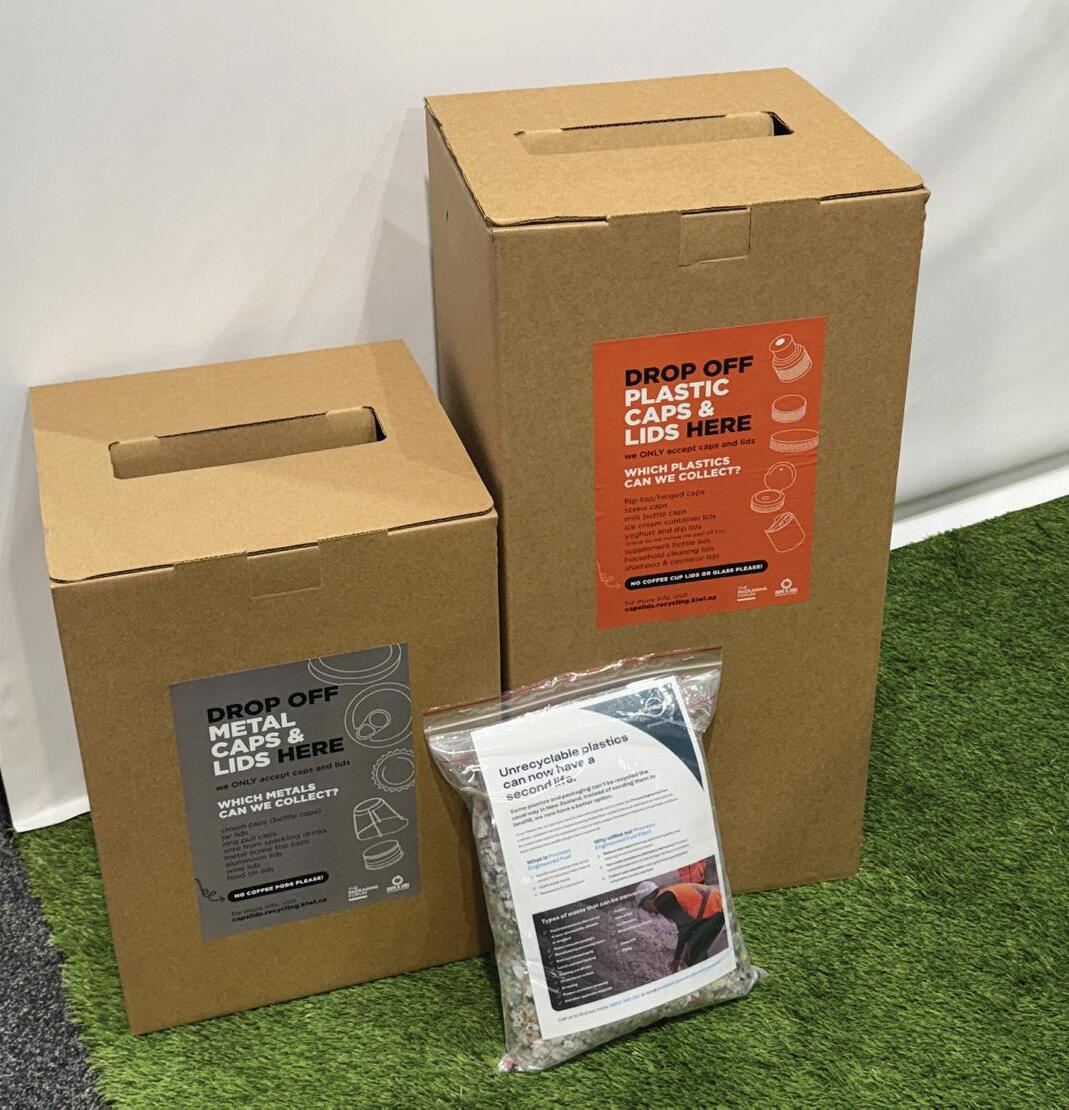
Food & Beverage Carton Recycling Scheme
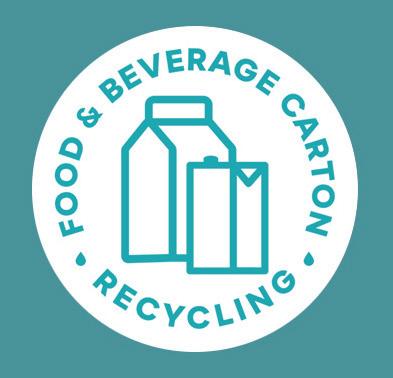
The Food and Beverage Carton Recycling Scheme (FBCRS) is the latest voluntary product stewardship programme operated by The Packaging Forum It was launched in January 2024 by the Forum and is 100% funded by members and provides sustainable, end of life solutions for food and beverage cartons
The Food and Beverage Carton recycling scheme is a voluntary, member-funded product stewardship scheme run by The Packaging Forum The aim of the scheme is to keep as many food and beverage cartons out of landfill, and for them to be recycled into new products – such as building supplies, in New Zealand
This new Scheme is another real example of how industry can voluntarily collaborate and succeed in its responsibility to deal with the end-of-life recovery for packaging What started life as a UHT milk carton (for example), could end up as a sheet of building material; and, as processing and recycling technology continues to develop, who knows what is next for the recovery and reprocessing of food and beverage cartons that cannot be collected in traditional material recovery facilities�
Currently the majority of the material collected is sent to saveBOARD in Kirikiriroa Hamiton; however, a small proportion is sent to pulp mills offshore to recover the Fibre, Polyethylene and Aluminium

The scheme is also working with a new start up recycler in Tamaki Makaurau, Auckland which is experimenting with a new product
The Food and Beverage Carton recycling scheme has just reached a 100 collection point milestone spanning from Northland to Scott Base
One of my favourite sessions of the New Zealand Packaging Forum was showcasing innovative Small and medium sized business such as Goldies Wholefoods, Only Good, Apex Brands and We love Local.
We Love Local: New Zealand gift boxes with a difference
We Love Local is a creative small business that curates gift boxes for personal and corporate gifting that only feature New Zealand-made products The products in the gift crates are primarily small businesses, which is a fantastic way to not only showcase their products, but also supports the growth of these businesses The gift crates can be also tailored to only showcase specific regional areas of New Zealand; making each pack truly unique
The K piti Goodies Gift Box was the example used, and only showcases local products from Paek k riki, Raumati, Paraparaumu, Waikanae, and taki�
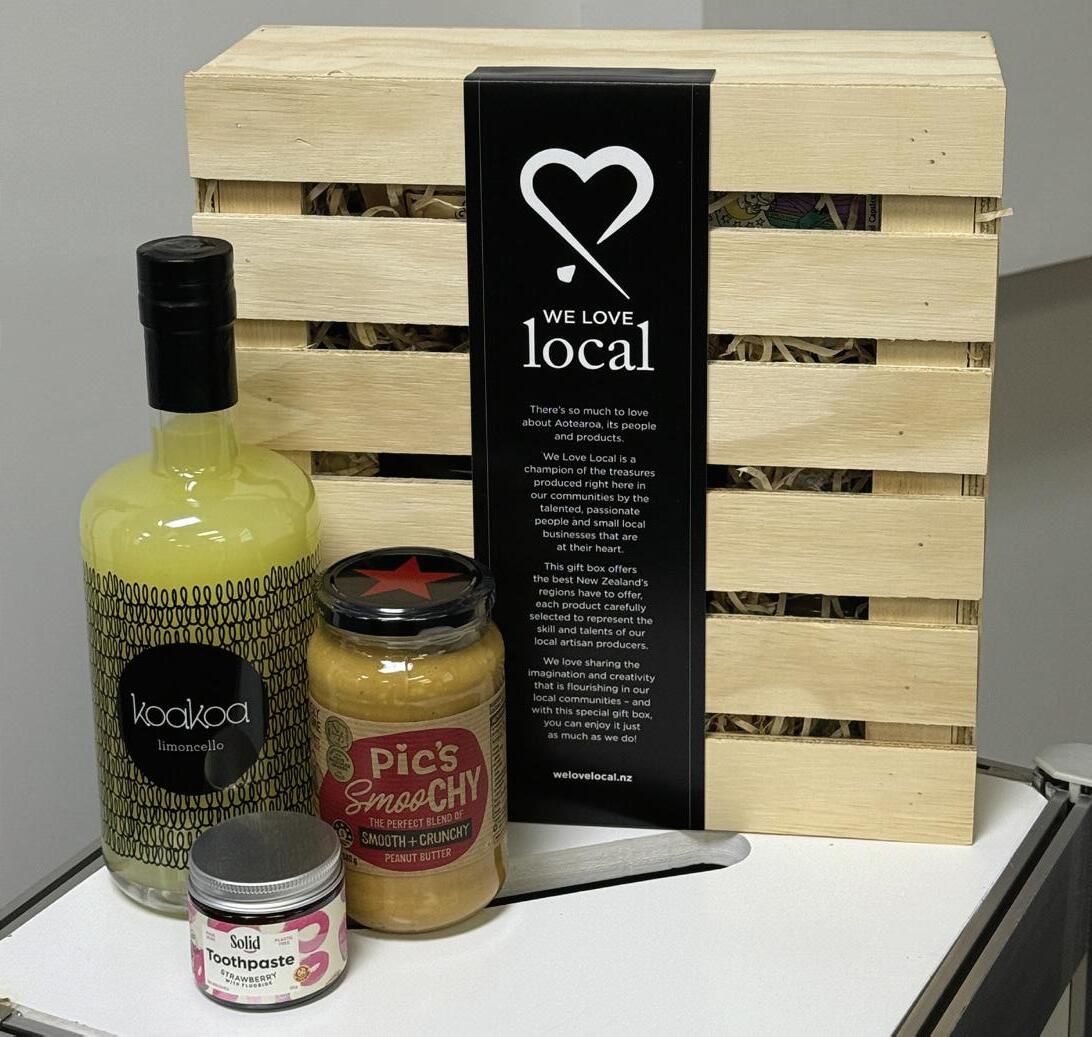
All K piti gift boxes come in a reusable wooden box filled with natural wood wool and no cellophane or plastics are used�
The gift crates are made by the Shed Project which is a disabilities support and services organisation in Paraparamu and customers can choose to keep and reuse the crate or send it back to be reused The owners of We Love Local also set aside 1% from every sale and donate to New Zealand charities such as K piti Kindness Trust or Kaibosh Food Rescue
Some of the many products that can be sold in the K piti Goodies Gift Box include K piti Candy, Goldies Wholefoods Porridge, Koakoa Limoncello (Paraparaumu Beach) and the Bond Store Kawakawa Gin (Paraparaumu Beach)�
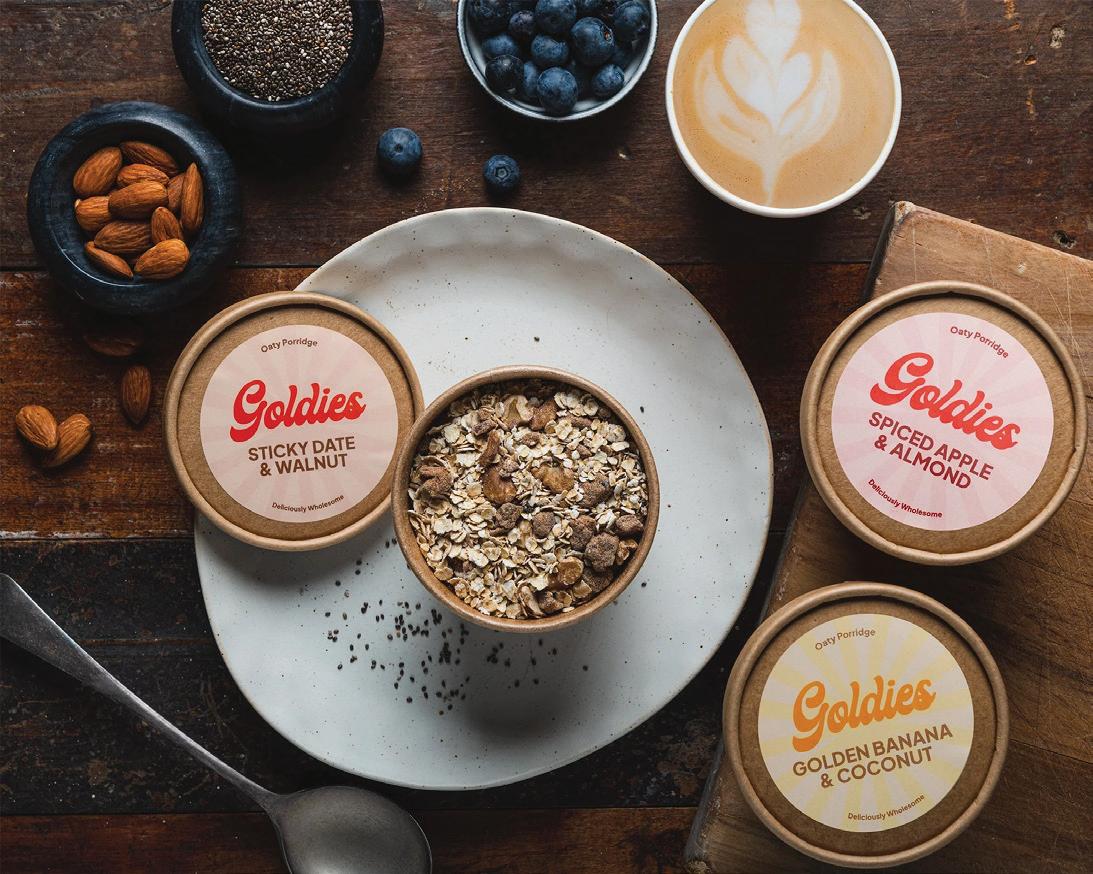
A special shout out to Goldies Wholefoods as one of our New Zealand AIP Members has taken over this small business. The Goldies Wholefoods range is low-carb keto porridge, coeliac New Zealand certified gluten-free, with nutrient-rich chia seeds, coconut, nuts and freezedried fruit for a deliciously healthy, ketogenicfriendly breakfast.
One of the examples was the Koakoa Limoncello, (which I may have brought home with me to try), which is crafted on the K piti Coast using the finest New Zealand lemons � Bursting with bright citrus flavour, this gluten-free liqueur strikes the perfect balance of tangy and sweet The Bond Store have also created a returnable system for their customers so that all bottles can be returned to participating liquor stores or to the distillery in Paraparaumu � With support from K piti Coast District Council, they also offer a location for other small, local businesses to drop cartons, stretch wrap and other materials for recycling
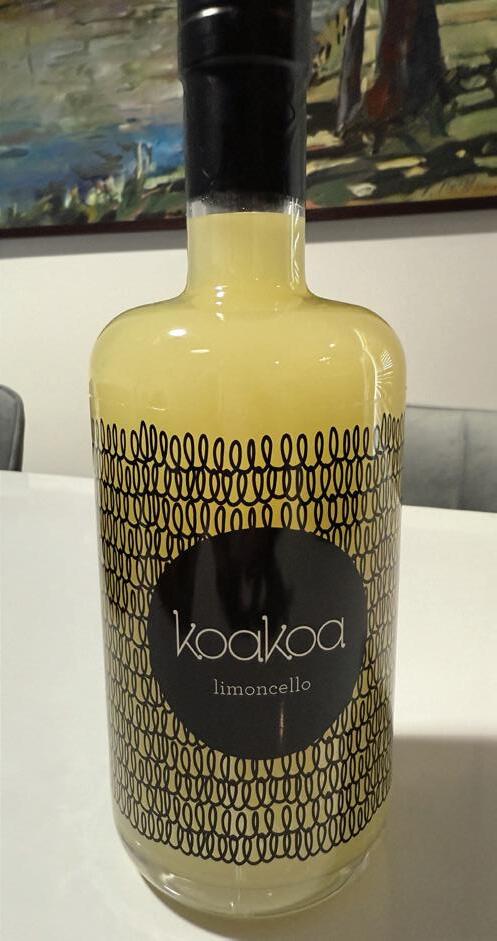
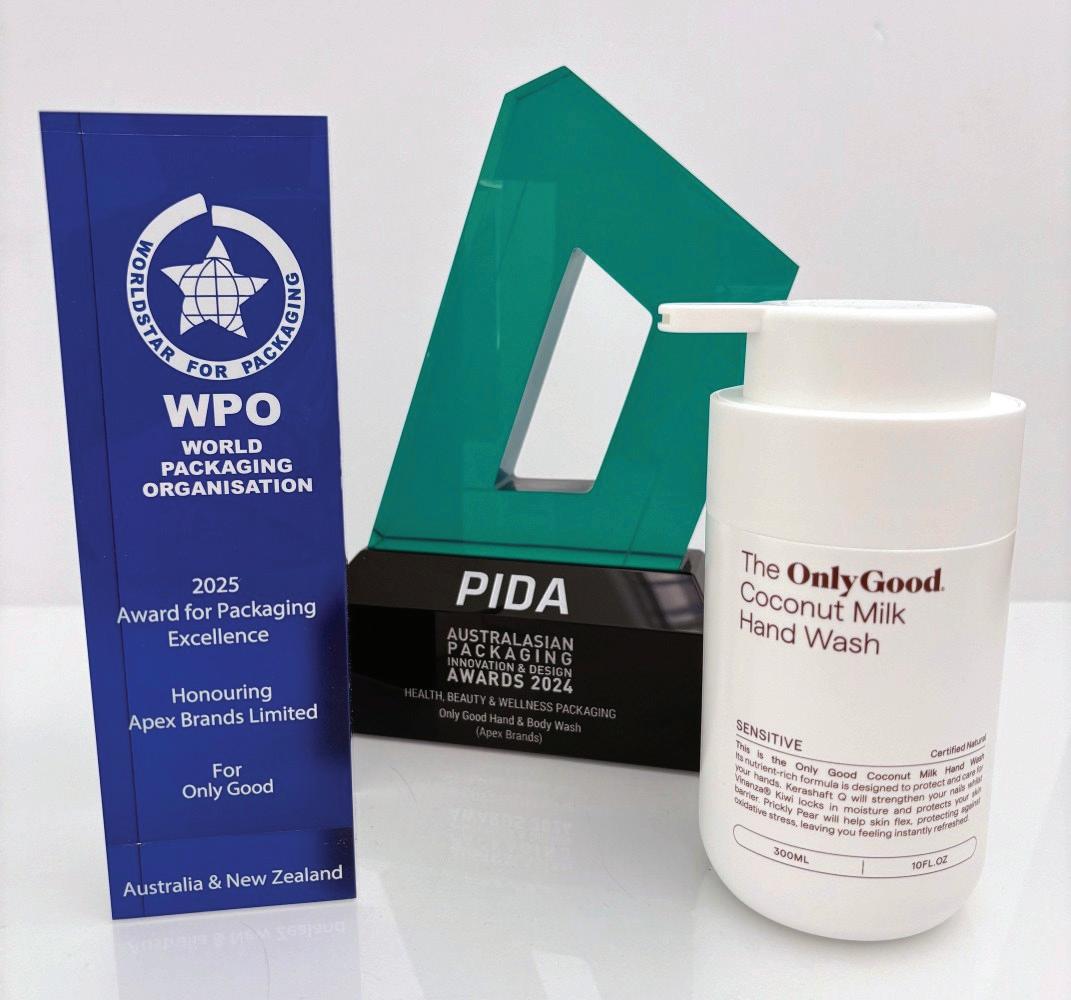
Only Good receives the sole WorldStar Packaging Award for New Zealand
Solid Oral Care developed New Zealand’s first toothpaste tablets and dental hygiene products to be plastic-free and with returnable glass jars� All Solid toothpaste, toothpaste tablets, toothpaste powder and mouthwash are manufactured in small batches each week, in the toothpaste factory in Porirua, New Zealand Customers are also offered incentives to return the glass jars The returnable system enables customers to return the jars at select retailers, or to the factory in Porirua
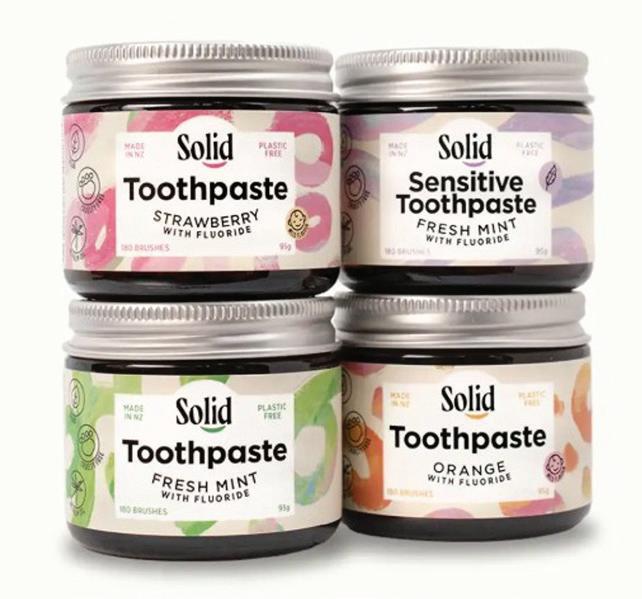
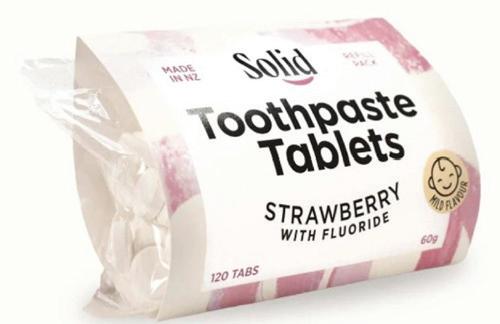
As a leading manufacturer and distributor of New Zealand-made personal care products Apex Brands has been recognised for their new refillable packaging in the 2025 round of the prestigious global WorldStar Awards� Apex Brands are the only New Zealand company to receive a WorldStar Packaging award this year https://www linkedin com/pulse/ only-good-receives-sole-worldstar-packaging-awardnew-kelton-faip-ktydc/
All of the New Zealand companies should be proud of the hard work they have undertaken to create unique and innovative products I would encourage all of the New Zealand readers to reach out to these businesses and buy local�
After a very long day of learnings I left the New Zealand Packaging Forum encouraged and excited for what lies ahead for the country The AIP looks forward to supporting the New Zealand industry associations to deliver outcomes that will be benefit not only the industry, but also the wider community�
The AIP team left New Zealand with so many ideas for projects and we are hoping to support not only our Members, but also our partner associations in the industry even more in 2026. A cross-Tasman approach really is better for our region.
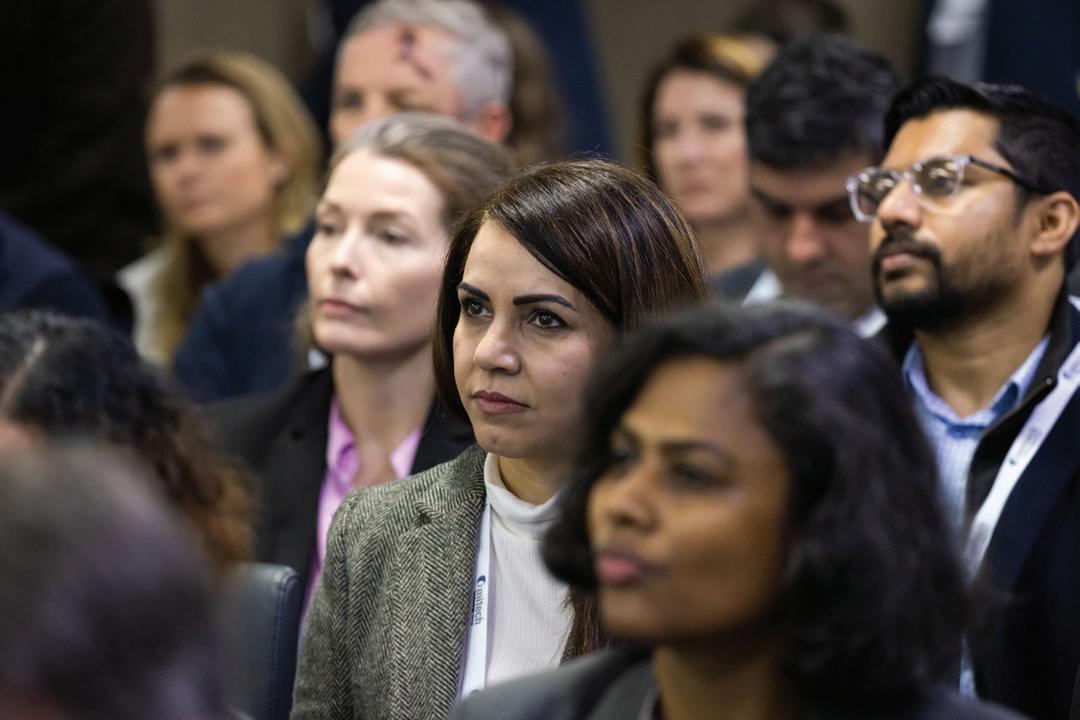
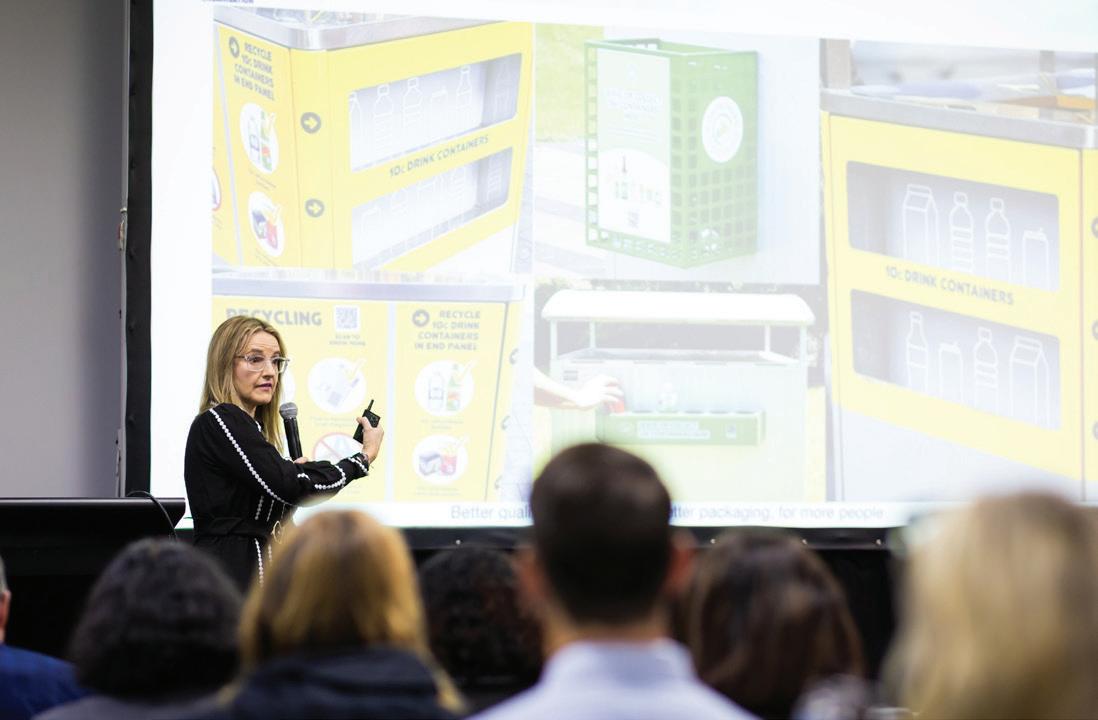
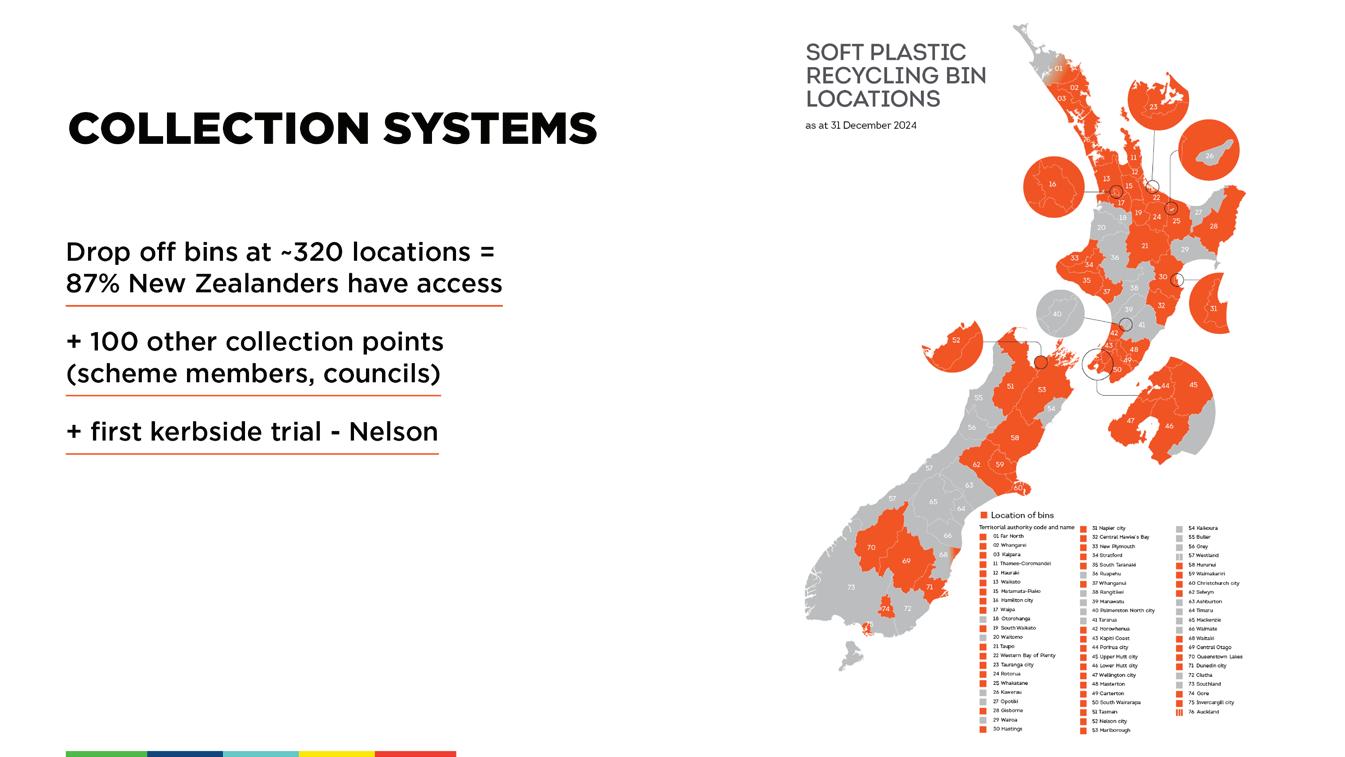
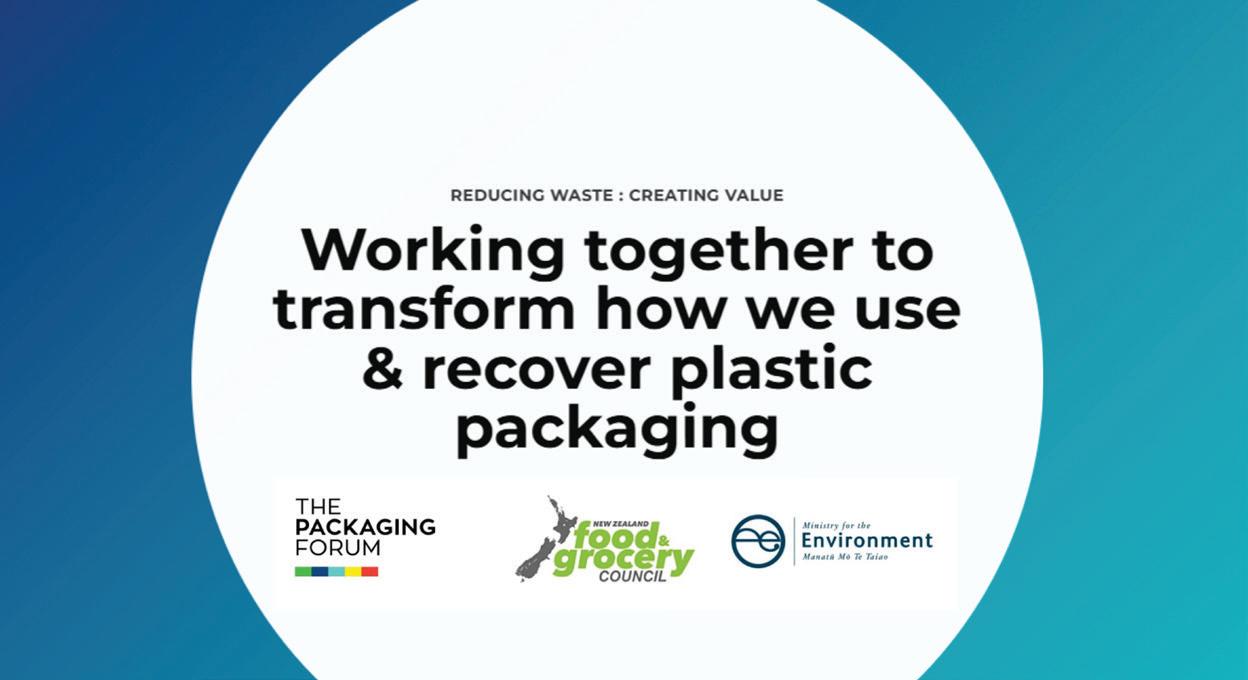
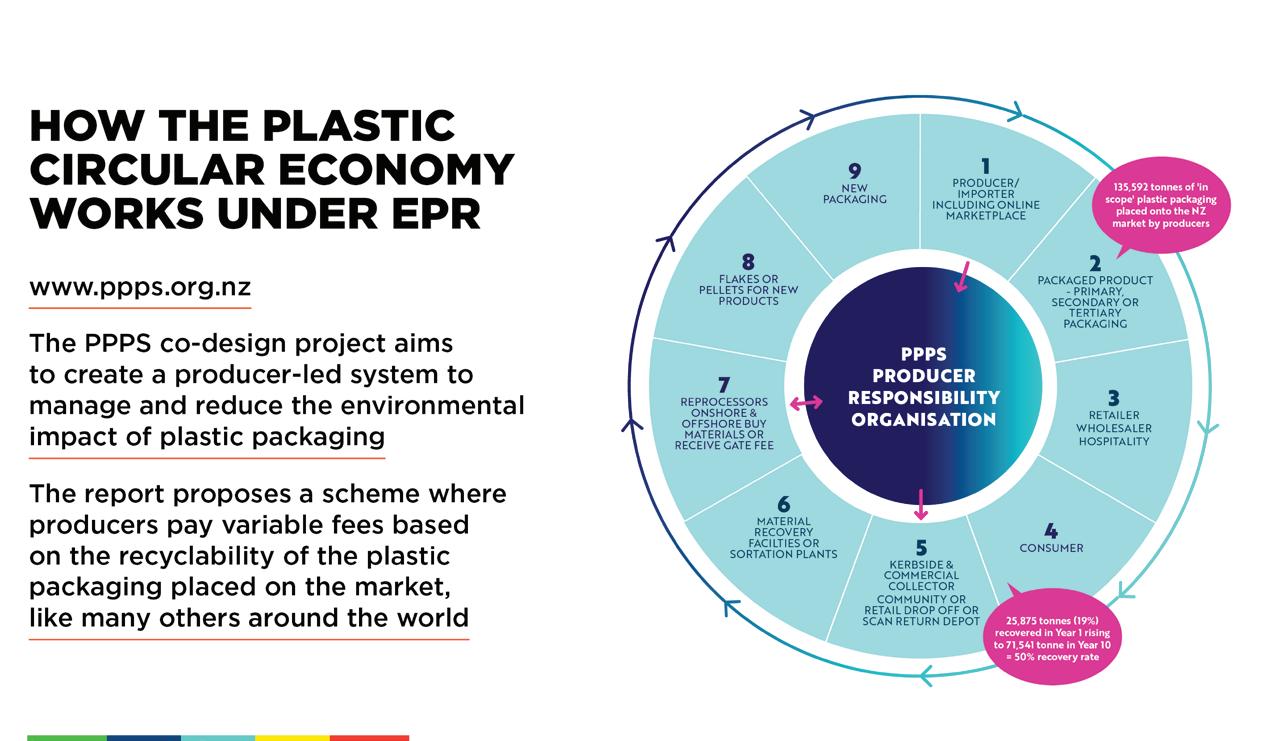
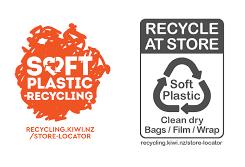
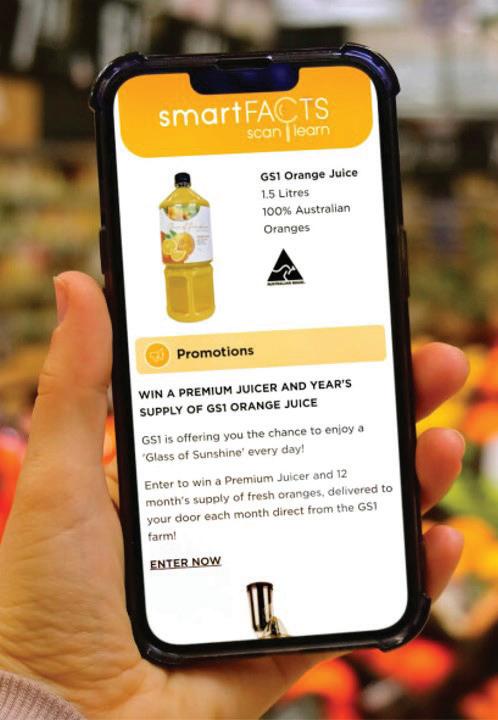
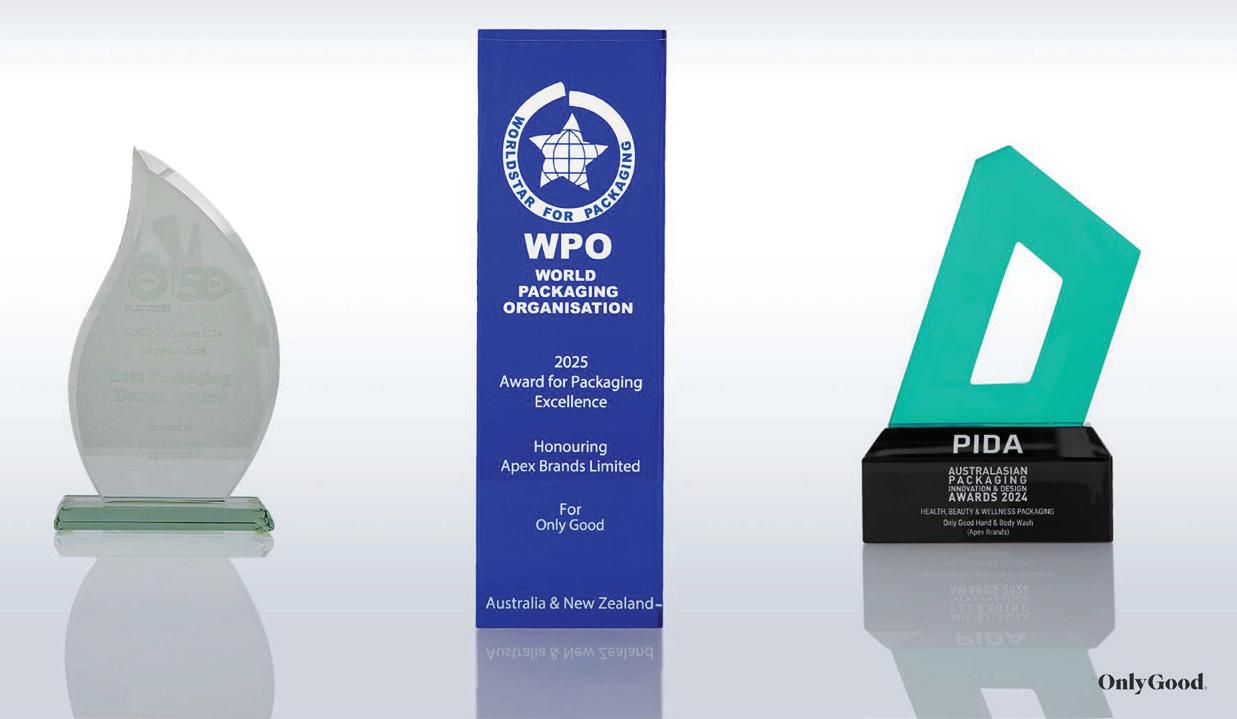
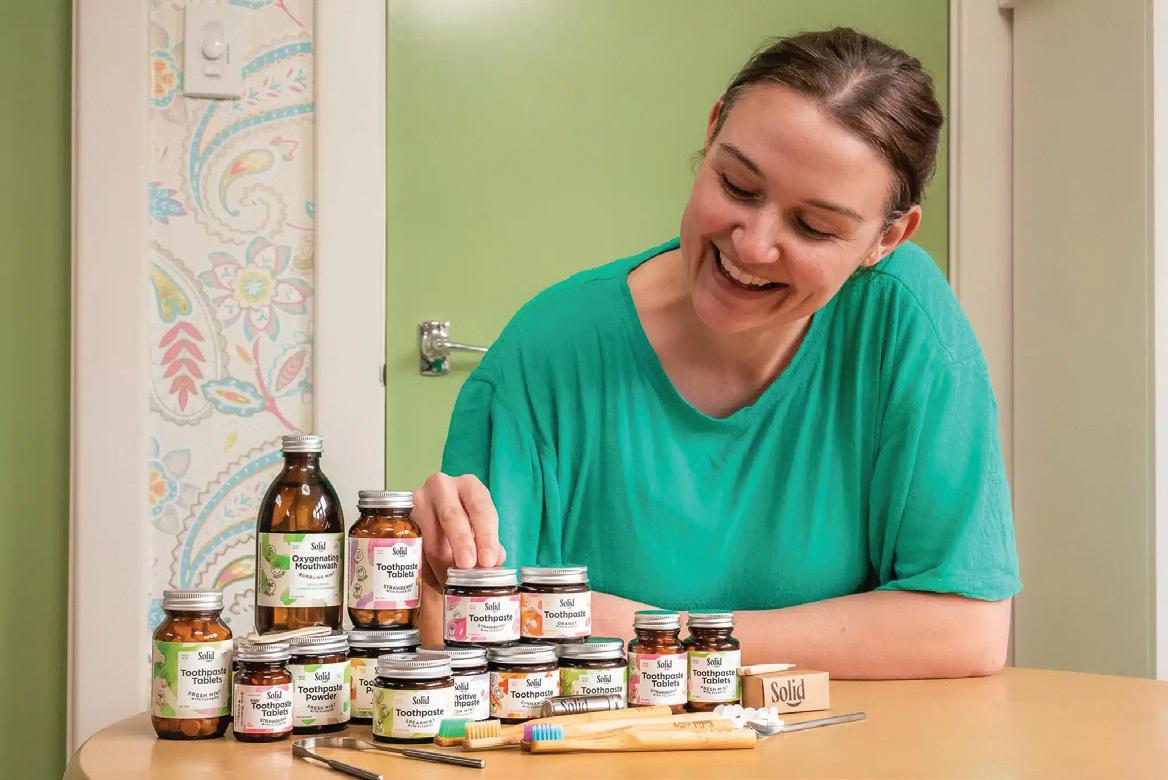

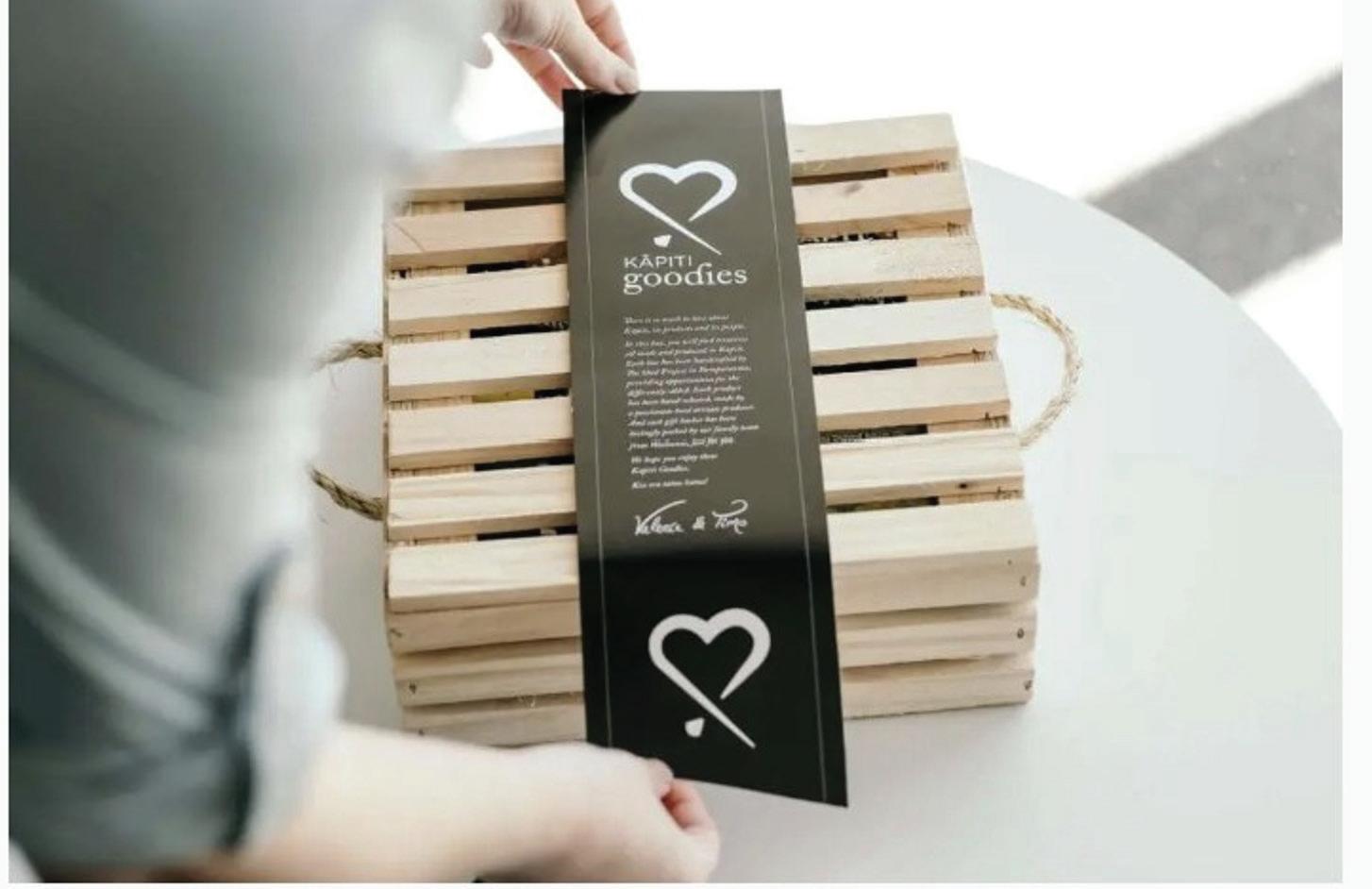
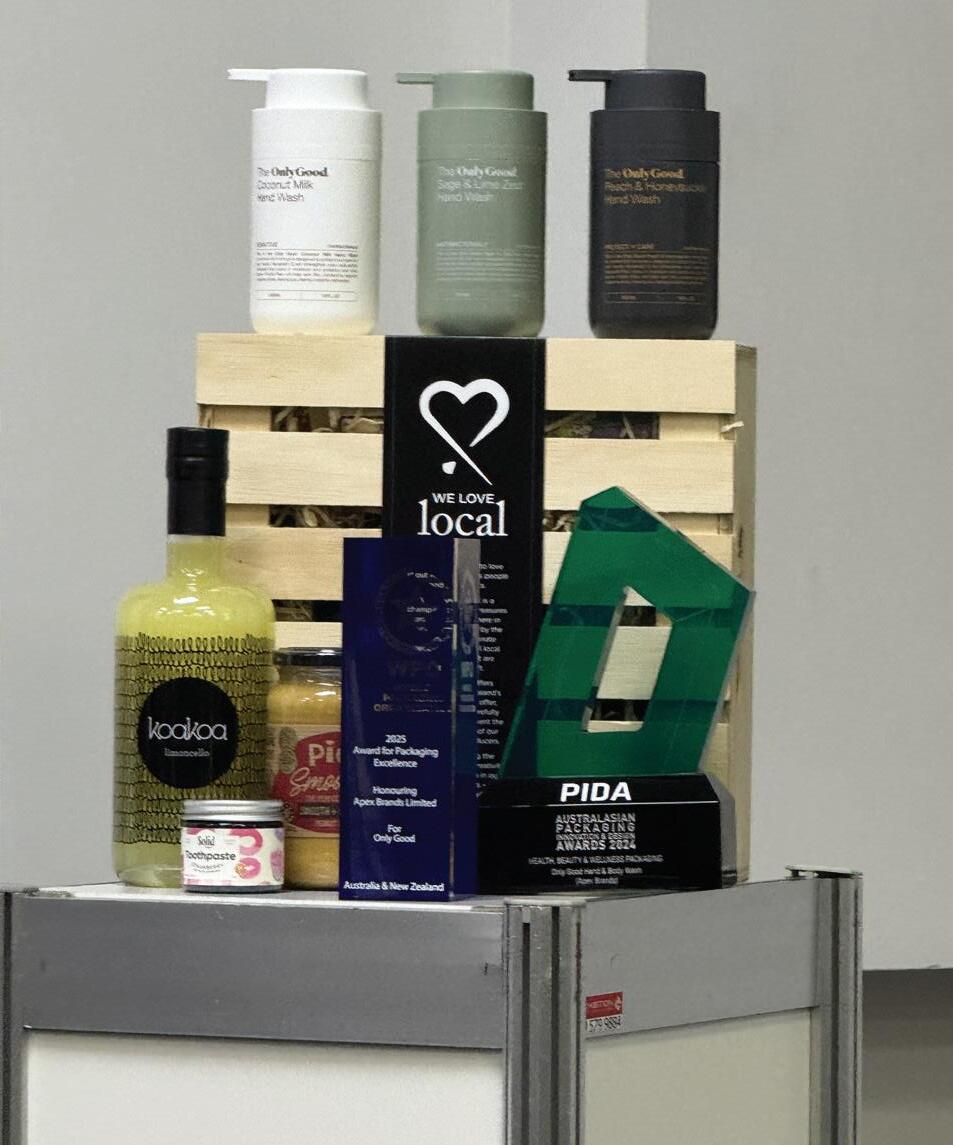
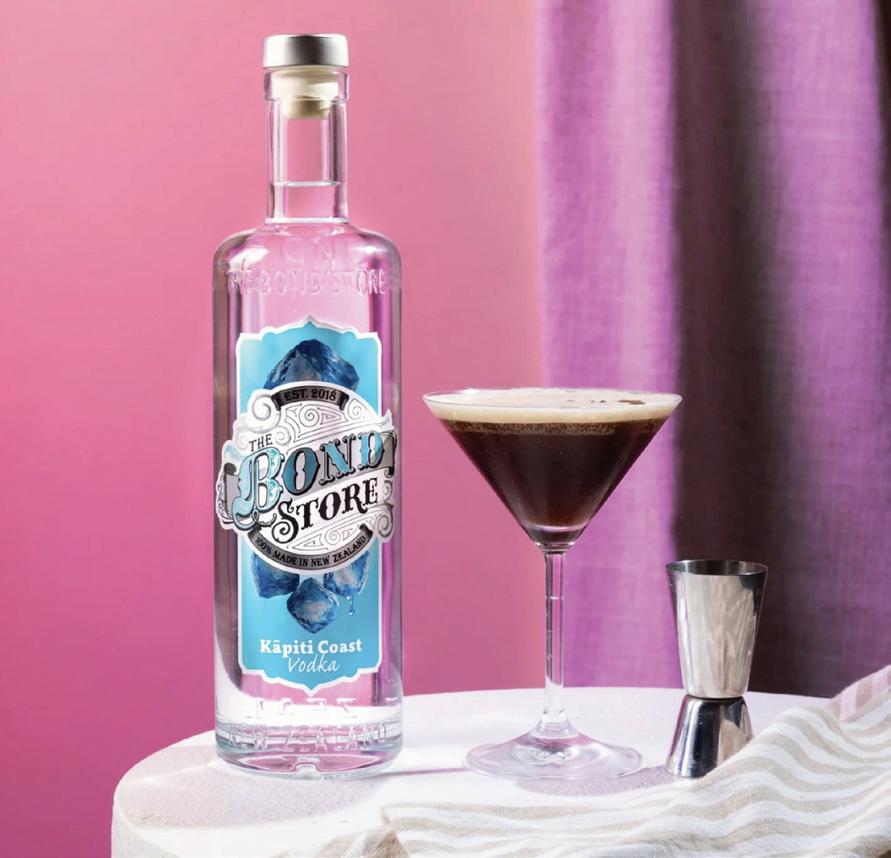
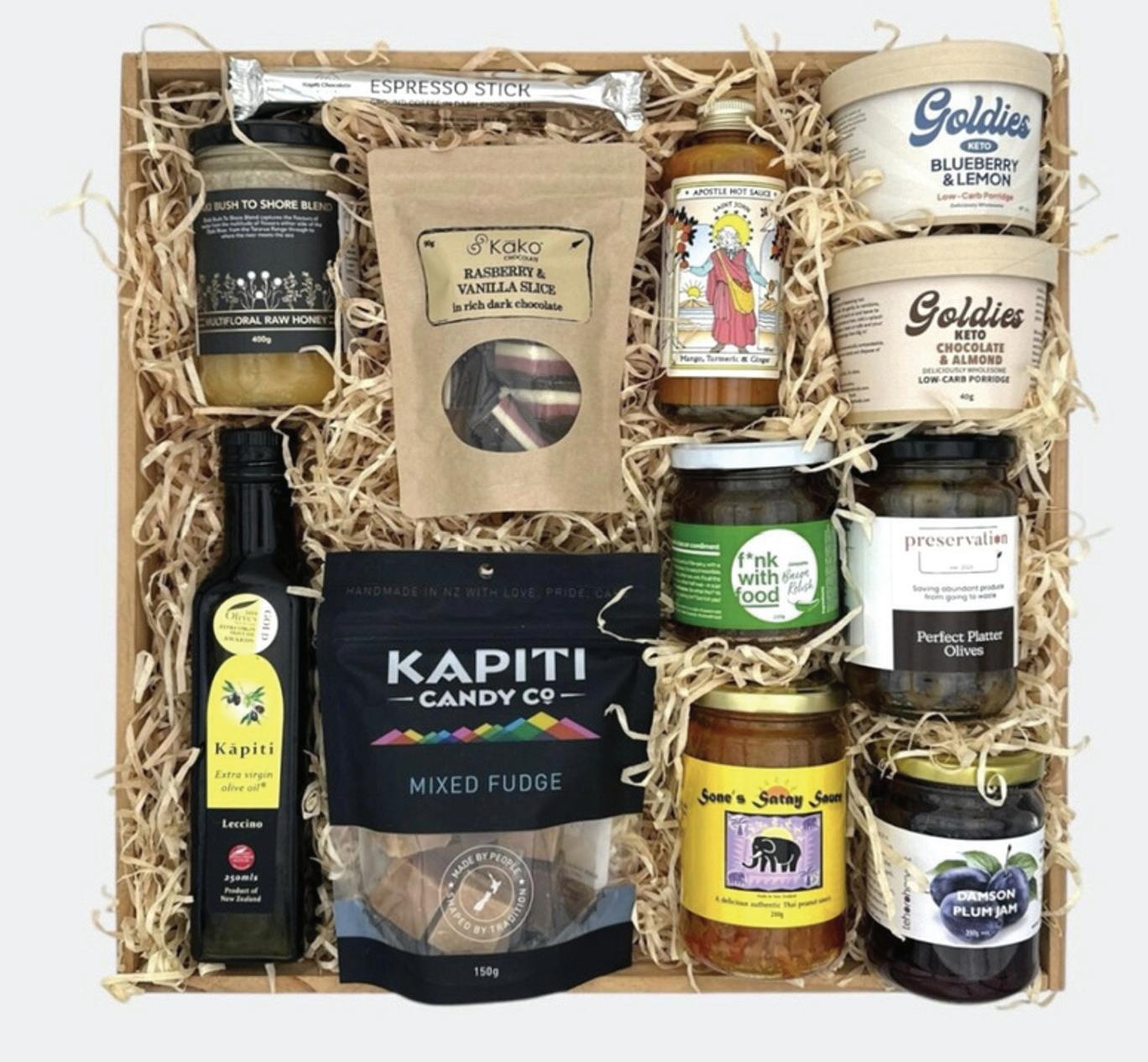

*Fully compostable option available

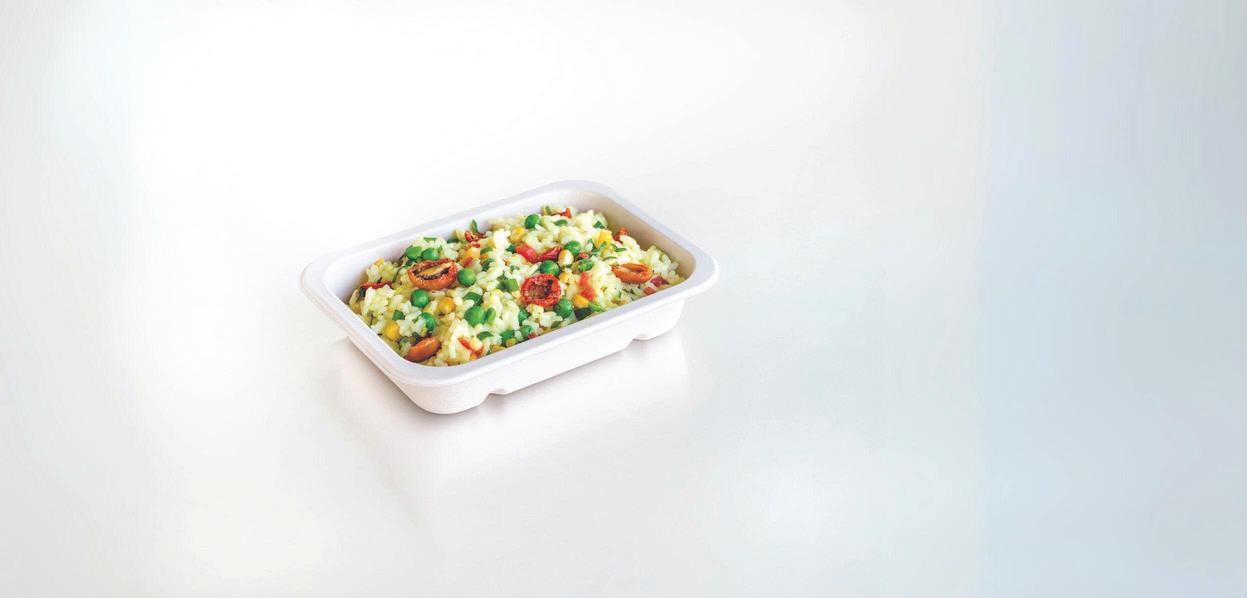
An excellent eco-friendly substitute for cling wrap or reusable cloth covers, designed to safeguard your product from external contamination. Low and High Barrier, Planet-Friendly

We can change all our products into Recyclable Mono-Polymers, ensuring a greener future for our planet.
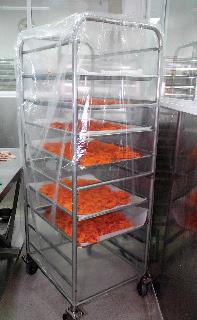
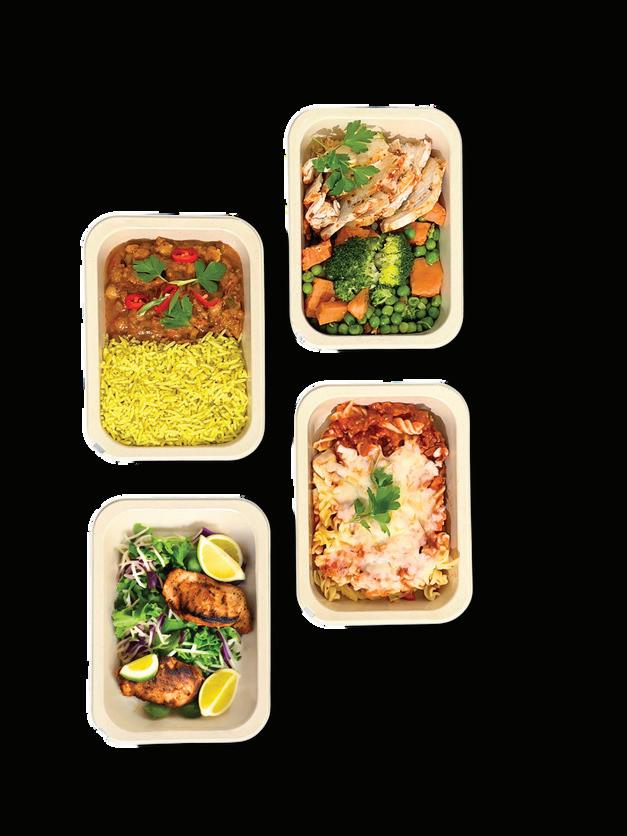
T R O L L E Y C O V E R S
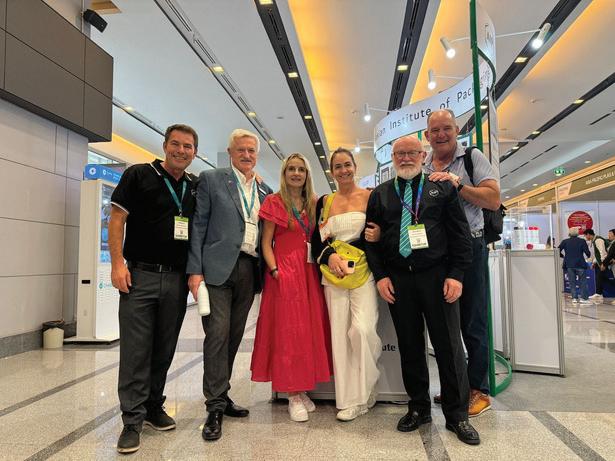
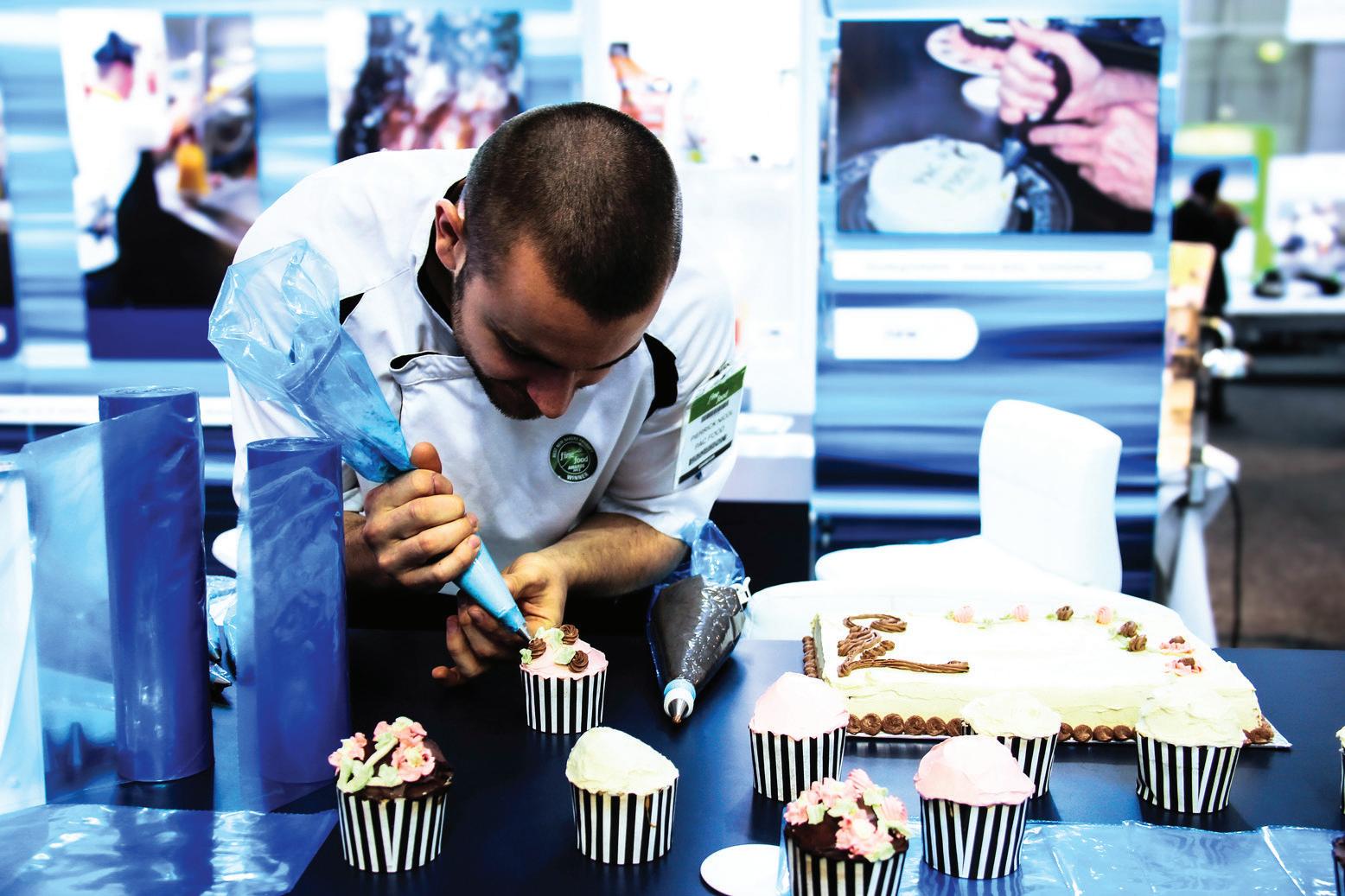
P I P I N G B A G S
Eco-friendly, anti-slip, and heavy-duty, ideal for both culinary and industrial use
We were proud to attend the AIP exhibit at ProPak Asia where global experts came together to share ideas on packaging innovation and sustainability. For us, this was another step in our ongoing mission to reduce environmental impact and deliver smarter, greener solutions for the future.
The AIP has joined forces with leading sustainability software company Empauer, to offer a comprehensive and cost effective LCA Decision Package for Small to Medium Enterprises (SME’s). AIP and Empauer have entered into an exclusive MOU, providing Life Cycle Assessments (LCAs) to SME’s to ensure that they are making informed and science-based decisions when selecting packaging materials. The driving force behind this collaboration is recognition of the challenges faced by SMEs. The AIP, through its SME training programs, identified a pressing need for affordable and customised LCA solutions that simplify the often-complex process of undertaking sustainability assessments for packaging design.
The report part of the package can then be utilised for internal decisions including selection of packaging materials, components and the shift towards more sustainable alternatives within the business
This innovative LCA Decision Package will enable businesses to make informed and sustainable decisions when it comes to the packaging design they utilise and choices in selecting the most appropriate packaging material format It will provide AIP Members and the wider industry, with access to the latest tools and expertise, enabling them to reduce their environmental footprint and make responsible choices in line with global sustainability goals
The main benefit to SMEs in using the AIP / Empauer LCA Decision Package means you don’t have to understand all the complexities of LCAs, as you will be provided with the comparison information and assistance to understand from your selected LCA parameters the environmental impact for each packaging material choice�
The LCA Decision Package for SME’s provides four easy steps to complete your own Streamlined Lifecycle Assessment:
Step 1: Choose your packaging
Step 2: Choose your environmental indicators
Step 3: Data Collection
Step 4: Use the results for internal decisions including selection of packaging materials, components and the shift towards more sustainable alternatives within the business
The AIP & Empauer LCA Decision Package for SMEs provides the information for sustainable packaging design decisions
• Complete the online ‘Expression of Interest’ form www empauer com/lca-program/ and the brief questionnaire and then submit to Empauer
• Upon submission, you will receive a confirmation email acknowledging receipt of your interest
• The LCA will require you to provide some basic data about the packaging options being assessed You will be provided access to a ‘Data Collection Sheet’ and a video with instructions by a followup email to help you provide the data
• The LCA report will be provided within 2- 3 weeks of the submission of the Data Collection
Please register your interest using the QR code or go to www empauer com/lca-program/

Should you have any enquiries please email info@empauer.com
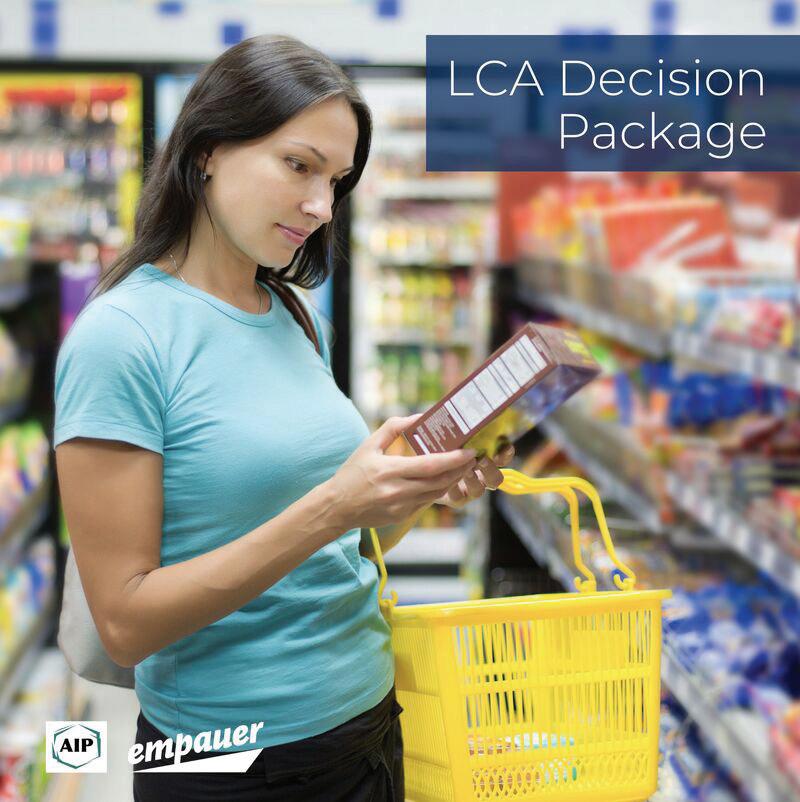
The Conditional Criteria under the Soft Plastic Submission Process were implemented in March 2025, creating a defined pathway for certain co-extruded and laminated PE/PA structures to be assessed under specific technical conditions
To support this new pathway, the ARL and Packaging Transformation teams have introduced a Soft Plastic Conditional Criteria Submission Form This form ensures applicants provide the right technical evidence to meet program requirements
The form is now available as an appendix to the Soft Plastics Submission Process� You can find the full process here�
Following the update of the ARL Fibre Submission process, recognising the Australian Standard AS 1301 220:2024 as an approved pulpability test, we’ve updated the Fibre Submission Criteria Form to include the Repulpability Evaluation Criteria table (previously only found in the now-archived methodology document)
You can view the full Fibre Submission Process here
Updated ARL Approved Component Names (AUS & NZ)
The ARL Approved Component Names document has been updated to include newly approved component names�
The table below summarises updates recently made to PREP, and where relevant, timelines for PREP report and artwork updates Refer to the PREP update log for a historical view of all PREP updates
Material/ Format
Fibre AUS
Settings inconsistency led to some reports giving incorrect ‘Recyclable’ outcome for WDB as a secondary material to fibre
Review previous assessments with WDB as a secondary material to fibre
Steel; Aluminium AUS; NZ Minor update to wording of subheading in Dimensions section for Steel & Aluminium� N/A
All AUS; NZ Link to Conditionally Recyclable Verifying Assessment document included on Modify ARL page N/A
All AUS; NZ 2025 version of User Guide included under Support > User Guide menu N/A
23/09/2025 At next artwork refresh
26/08/2025 N/A
26/08/2025 N/A
26/08/2025 N/A







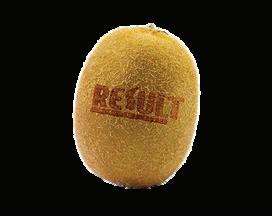
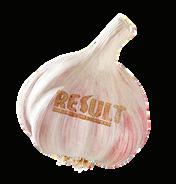
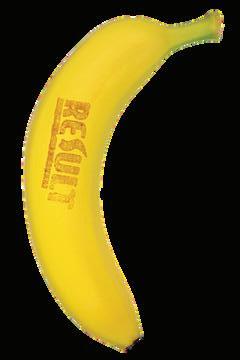
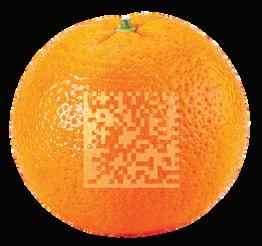

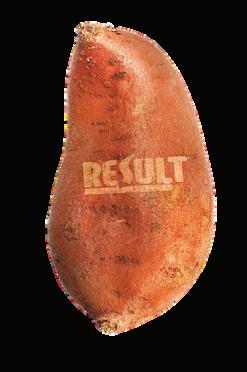
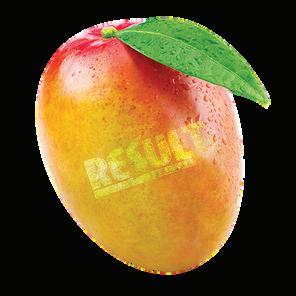
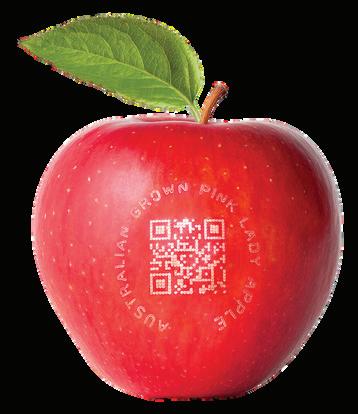
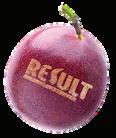
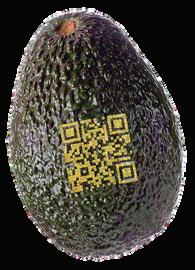

The latest Australian Plastics Flows and Fates and Report developed by the Department of Climate Change, Energy, the Environment, Energy & Water is out now.
The report covers the years 2022-23 and 2023-24 financial years and is presented in an easy-to-use and interactive web-based format� The report provides information on how plastics are:
• Used
• Disposed of
• Recovered through recycling or reuse�
The report delivers on a key target of their National Waste Policy Action Plan to collect and publish waste data that is up-to-date and accessible This year the report is presented in an interactive and accessible format on the DCCEEW website It includes easy access to data from previous reports, some extending back as far as 25 years DCCEEW are committed to reducing plastic waste and increasing recycling in Australia� This report is designed to support better consumer, investment, and policy decisions� The data shows that Australia is making progress in increasing national plastic recovery rates� However, we still have work to do to help achieve our goal to double the circularity of the economy by 2035
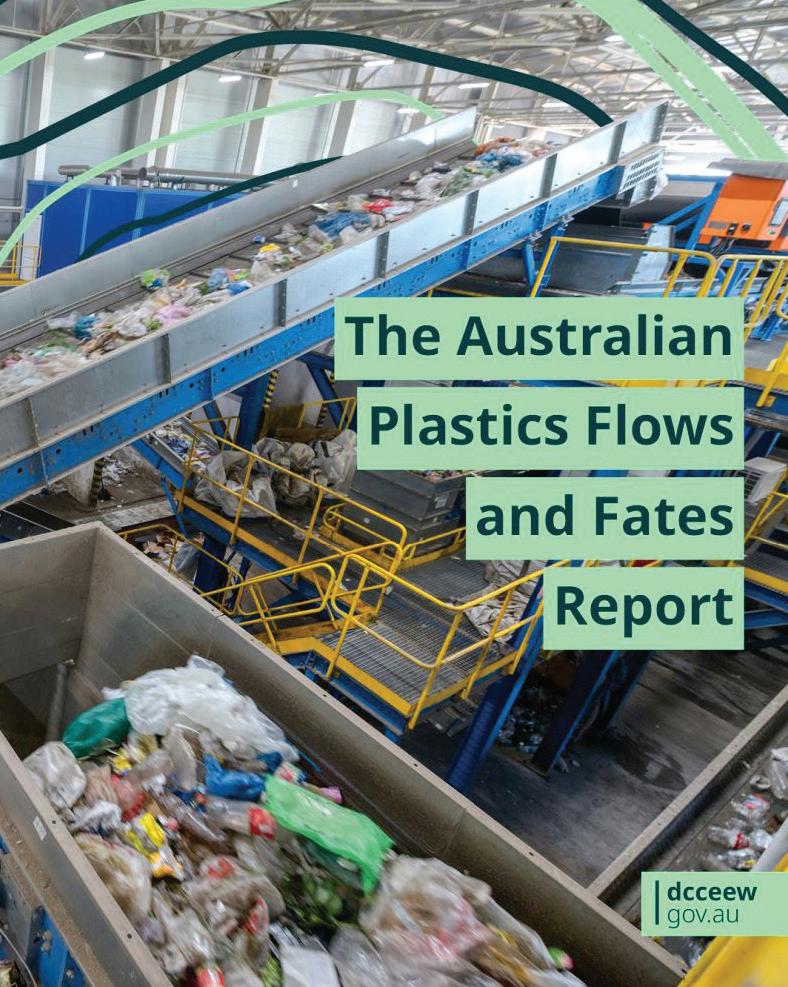
Download the report here
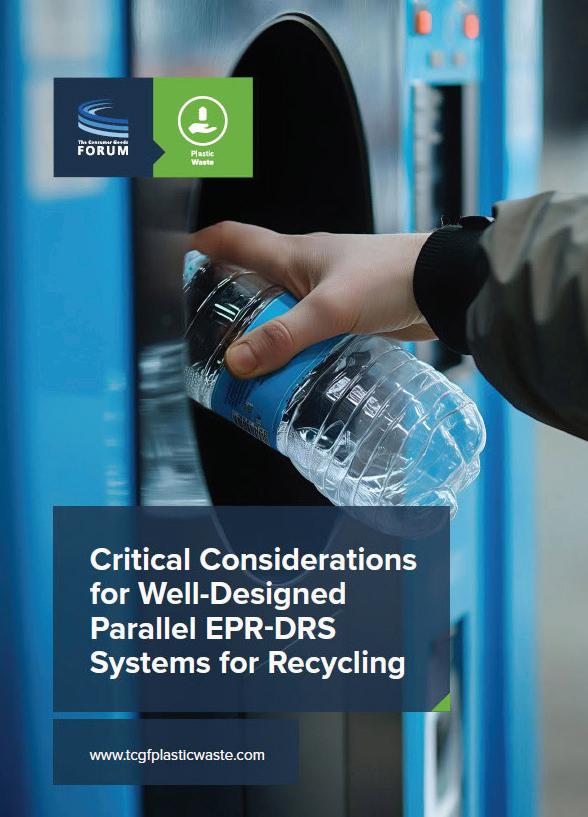
The Consumer Goods Forum (CGF) Plastic Waste Coalition of Action has released a new paper, “Critical Considerations for Well-Designed Parallel EPR-DRS Systems for Recycling”, to support policymakers and industry leaders in navigating the complexities of implementing Extended Producer Responsibility (EPR) and Deposit Return Systems (DRS) together.
As more markets introduce both systems in parallel, the paper outlines three key areas for policymakers to consider: ensuring financial stability, applying a ‘system mindset’ to minimise inefficiencies and overlaps, and addressing potential social impacts, particularly on informal waste workers�
Rather than advocating for one system over the other, the paper highlights practical design options and actionable recommendations to ensure that EPR and DRS can operate effectively and inclusively side by side—helping to build more circular, resilient recycling systems worldwide�
It highlights three key areas:
• Ensuring financial stability
• Applying a ‘system mindset’ to reduce inefficiencies
• Addressing social impacts, especially for informal waste workers
Download the report here
Rather than promoting one system over the other, the paper offers practical design options and recommendations to ensure EPR and DRS work hand-in-hand—supporting more circular, inclusive, and resilient recycling systems
SQUEEZEPAK™ SAUCE BOTTLE WITH 100% RECYCLED FOOD GRADE PLASTICS
PIDA Gold Award (Sustainable Packaging Design), WPO Worldstar (Packaging Materials & Food)
100% rPET PREFORMS & BOTTLES FOR HOMECARE
PIDA Bronze & WPO Worldstar Awarded Jointly with Colgate-Palmolive
LINERLESS CLOSURE FOR OIL BASED DRESSINGS
PIDA High Commendation (Sustainable Packaging Design)
LIGHT WEIGHT FLIP TOP CLOSURES
PIDA High Commendation (Sustainable Packaging Design)


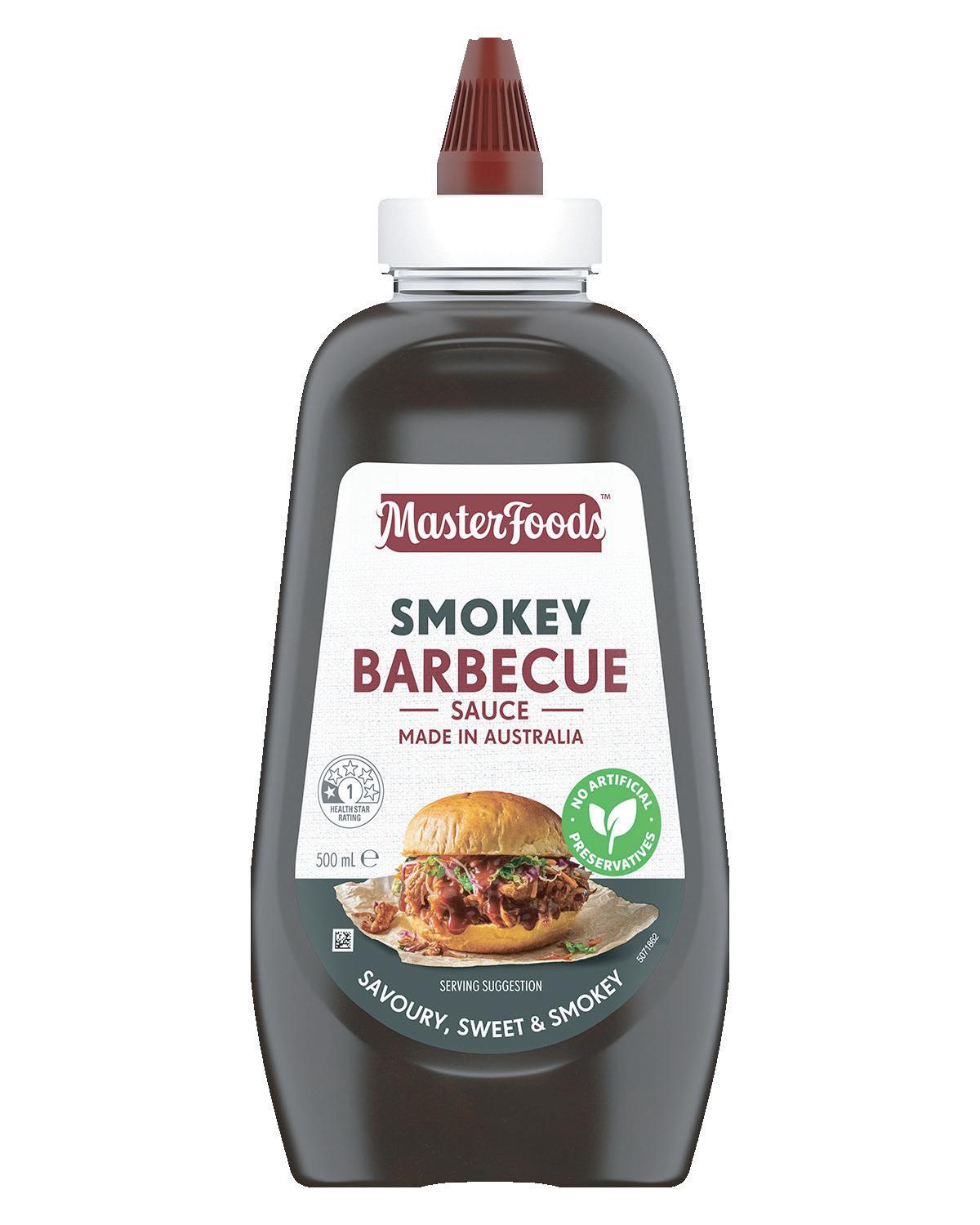
As a trusted leader of adhesives, Henkel has developed a range of adhesives for packaging and paper solutions that offers fast bonding for enhanced production processing and increased efficiency.
Our packaging adhesives provide excellent adhesion and bonding to a wide variety of surfaces and are used in applications ranging from folding cartons to food and beverage packaging.
Additionally, our portfolio of paper converting solutions enables new creative and sustainable design options for both food and non-food applications.
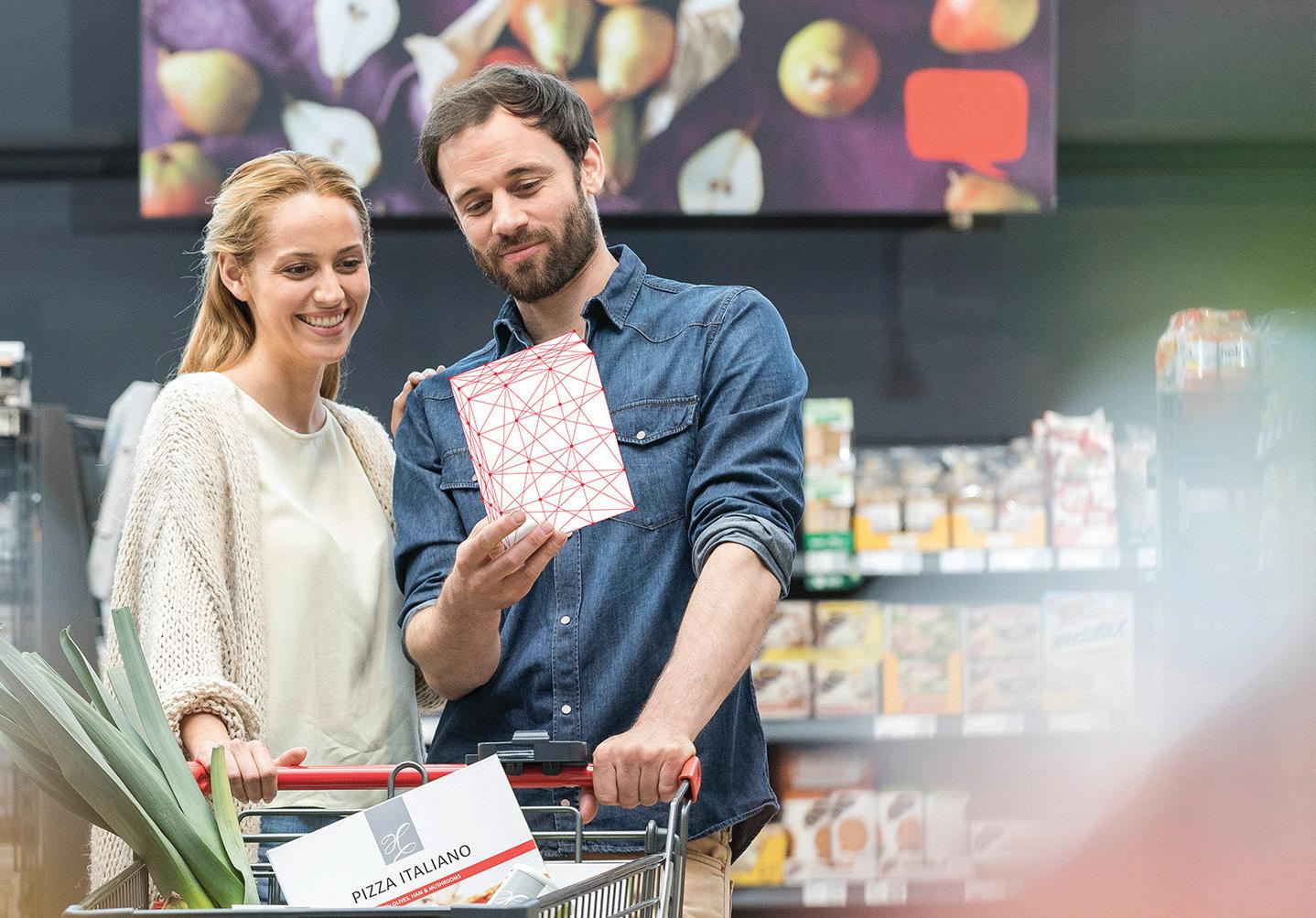

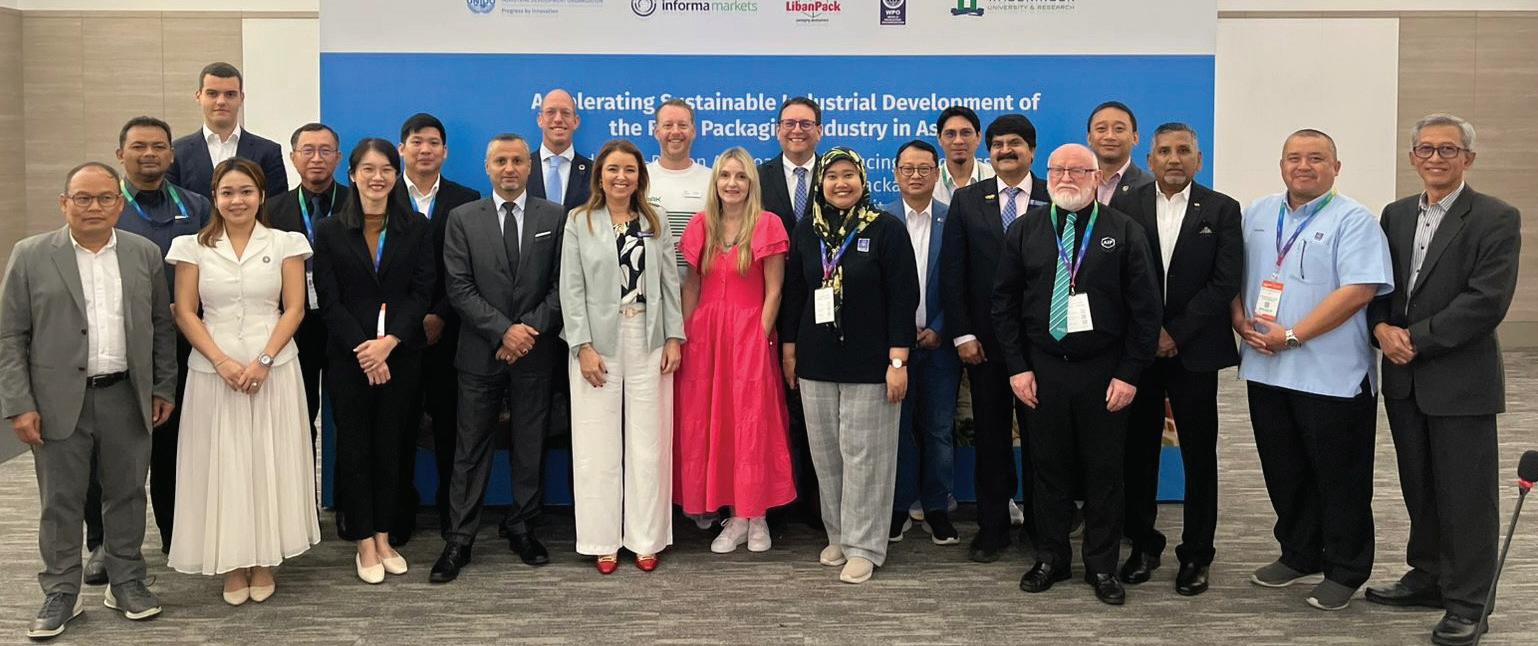
During ProPak Asia 2025, the Australasian Institute of Packaging (AIP) once again participated in the annual Asian Sustainable Packaging roundtable, coordinated by the United Nations Industrial Development Organization (UNIDO), the World Packaging Organisation (WPO), and the Asian Packaging Federation (APF).
Attended by more than 30 representatives from the Asian region, the annual roundtable aimed to foster regional dialogue, share innovative practices, and explore opportunities for collaborative action across the packaging industry and policy landscape.
Key learnings from the roundtable include:
Establishing a food loss and waste methodology that intersects with packaging
Following the recent launch of the global position paper, ‘Navigating the Food & Packaging Waste Paradox: Balancing Food Loss & Waste with Save Food Packaging’, co-authored by UNIDO, Wageningen University & Research, and WPO, UNIDO said a second stage project is underway. This project will develop a methodology to assist WPO member countries in measuring food loss and waste, and the intersection with packaging.
The discussion identified that the overall impact of sustainability is currently onedimensional and that it should always be looked at intersecting product and packaging, using a formalised methodology.
UNIDO believes countries in the Asian region can benefit from integrating
packaging methodology into their food loss and waste reporting. Economic impacts of packaging interventions can also potentially stabilise product prices.
Establishing this new methodology will improve food availability, food safety, incomes and see a bigger effect in the value chain. The methodology will equip packaging associations with the ability to target, measure, and act to help guide the development of packaging for food within their region.
During the roundtable, discussions around food-grade recycled content consistently came up as one of the pain points for many countries in Asia – either due to lack of infrastructure and facilities in the country, or regulatory barriers that will not accept food-grade recycled content.
Limited cold chain supply chains and the need for improved transport and handling also stood out during the discussions.
Discussions included prioritising that packaging is an enabler and that the pack is essential for preservation and extension of shelf life for exported products. It was collectively agreed that there is a need for low cost and scalable packaging and machinery solutions and improved access to affordable technologies to extend the shelf life of products and improve food safety.
SMEs are being left behind
Small to medium sized businesses (SMEs) are the backbone of much of the Asian
region, but yet, they are being left behind when it comes to sustainability. Across all country reports, the same messages emerged – packaging is too expensive for small businesses. There are never any packaging suppliers that can offer small quantities for start-ups and micro businesses. Australia relies on imported packaging from neighbouring countries, and our packaging suppliers have all the control. We have no testing laboratories that SMEs can access.
Several of the associations identified that the skills to provide qualified packaging training are either non-existent, or limited, in their country, and some indicated that they have limited knowledge centres available to support and train SMEs.
According to some of the participants, SMEs are left to rely on the packaging supplier for all their packaging decisions. Many SMEs are not trained to take ownership of their packaging, nor how to work with their suppliers to ensure the packaging offers the lowest environmental impact, how to access packaging specifications, and make decisions with the supplier in a collaborative manner. This requires training and education.
For the AIP, this roundtable was also an opportunity to showcase the vast education and training capabilities that the institute can provide. The AIP is currently working on a project with UNIDO in Cambodia that is providing packaging technical capacity building for the staff of the newly established Cambodian Packaging Centre (CPC).
Together, we can develop technical packaging cooperation to build more capacity across the entire region, which will ultimately create more technically skilled and qualified packaging technologists for the benefit of the wider industry across Asia.
Nerida Kelton is the executive director of the Australian Institute of Packaging (AIP) and vice-president, sustainability and save food of the World Packaging Organisation (WPO).
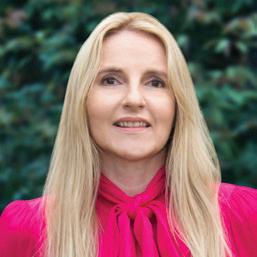
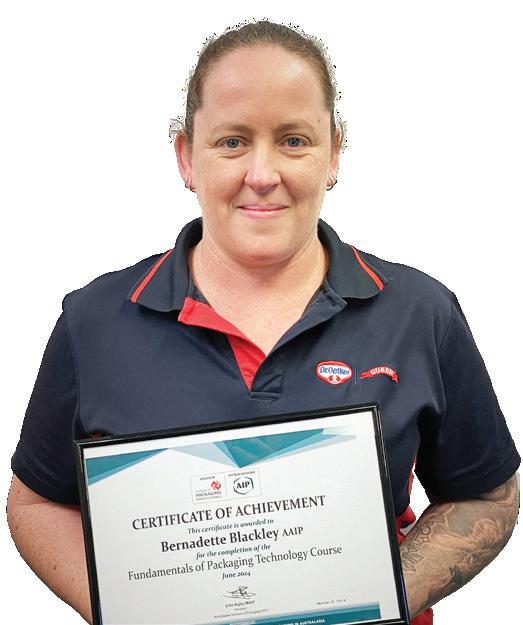
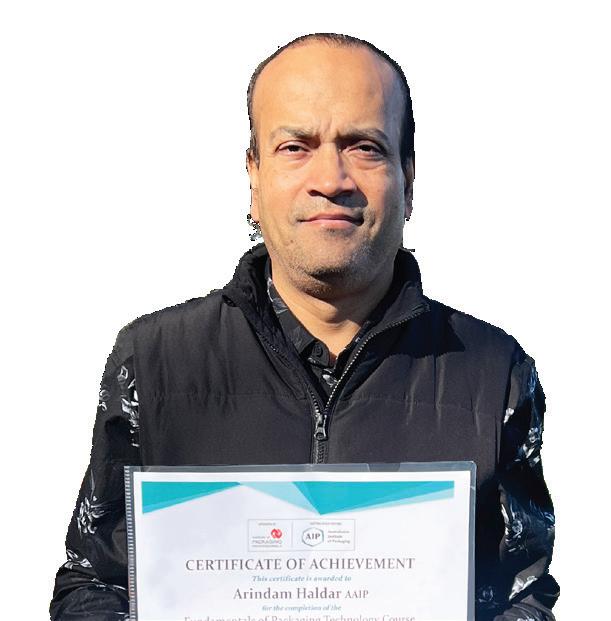
If you are starting in the industry and need foundational knowledge and a general understanding on all materials and substrates then the Fundamentals of Packaging Technology course is for you. You have the option of just taking bite-sized lesson bundles to fill your knowledge gaps, or the full course.
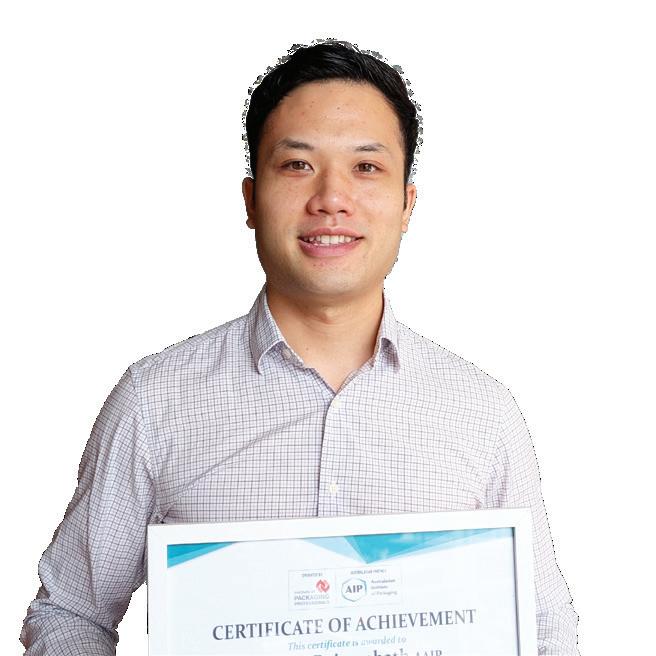
Ideally suited for anyone new to packaging. The first step to gain foundational packaging knowledge.
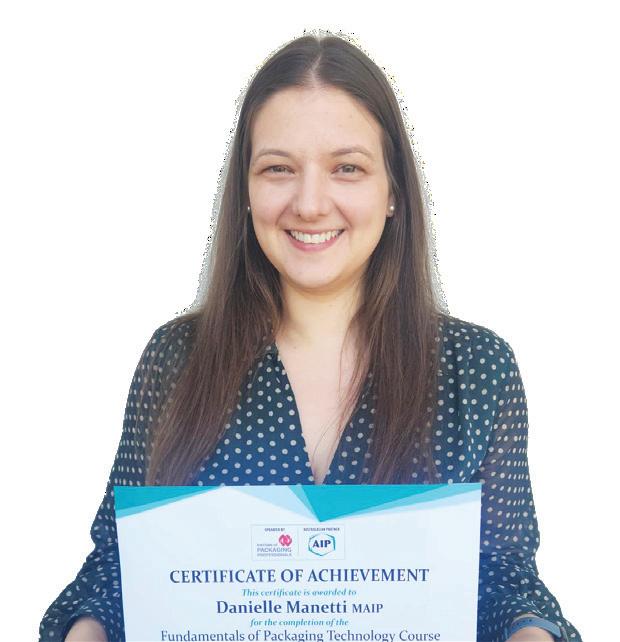
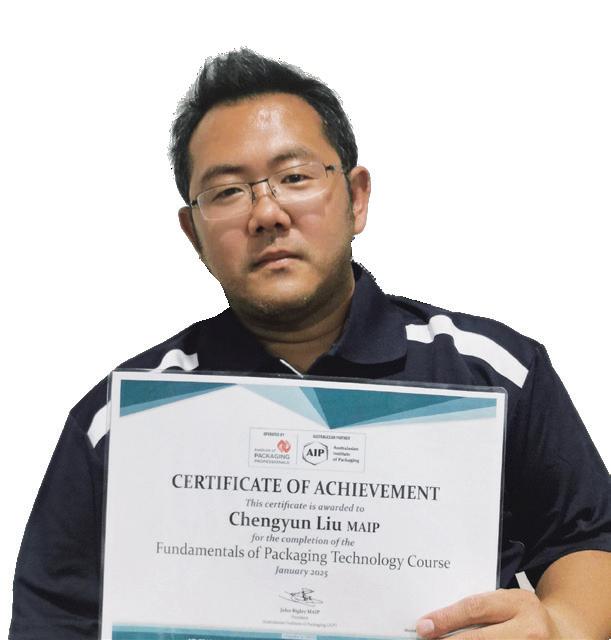
The AIP have introduced a Full Course + Tutor package that is designed to offer you 3 hours with a local packaging technical expert that can support you throughout the course.
The Tutor will also work with you to undertake your Certified Packaging Professional designation as soon as you graduate while the information is fresh. This means that you will have a foundational knowledge of packaging technology and a globally recognised Certified Packaging Professional designation when you graduate.
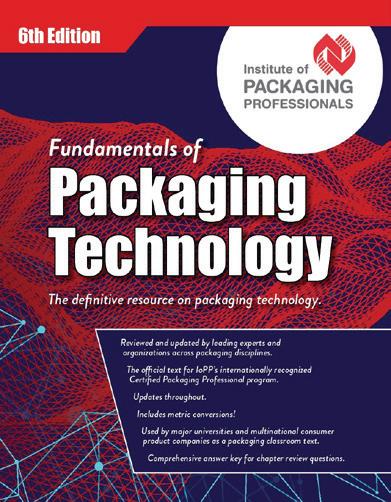
The 6th edition contains sustainability, the circular economy, packaging law, in-depth discussion of e-commerce, additional on-line resources, and information on technical considerations, standards and testing procedures.
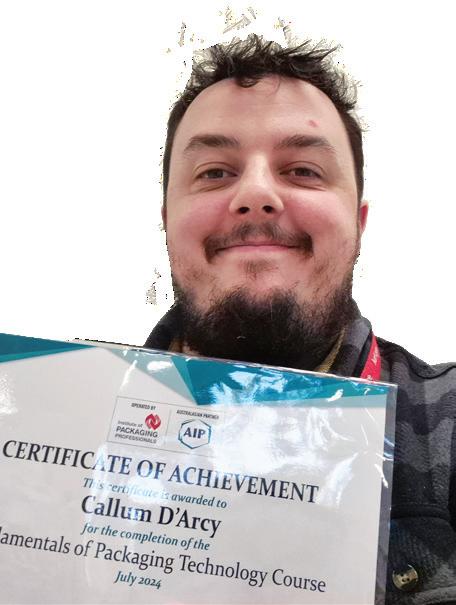

The AIP are migrating to a NEW LinkedIn Page!

Welcome to the brand new LinkedIn page for the Australasian Institute of Packaging - AIP Share the news far & wide!




Don’t miss a beatfollow the AIP here for all the latest in packaging. The PIDA Awards are migrating to a NEW LinkedIn Page!

Welcome to the brand new LinkedIn page for the Australasian Packaging Innovation & Design (PIDA) Awards

Share the news far & wide!
Don’t miss a beatfollow the PIDA Awards here.

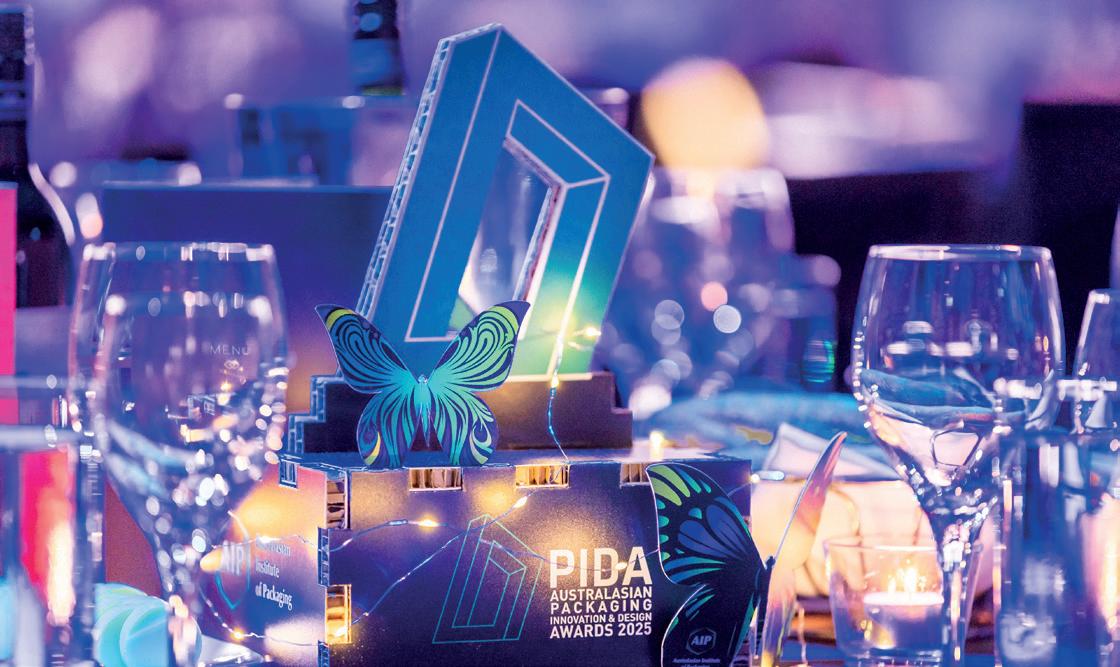
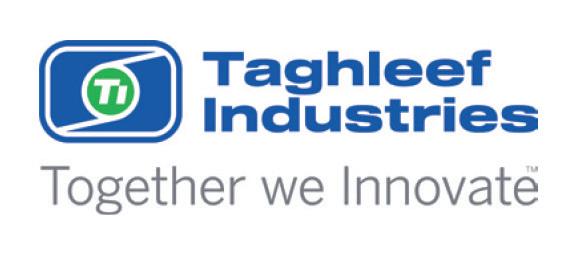


Join as a Partner today. The Australasian Institute of Packaging (AIP) provides opportunities for your company to partner with the Institute through our on-line newsletter, website and social media sites. These communication tools will provide direct access and communication on a regular basis to our Members and wider industry colleagues on the AIP database. Ask the AIP how your business can become a partner today.